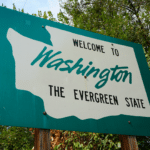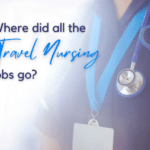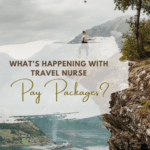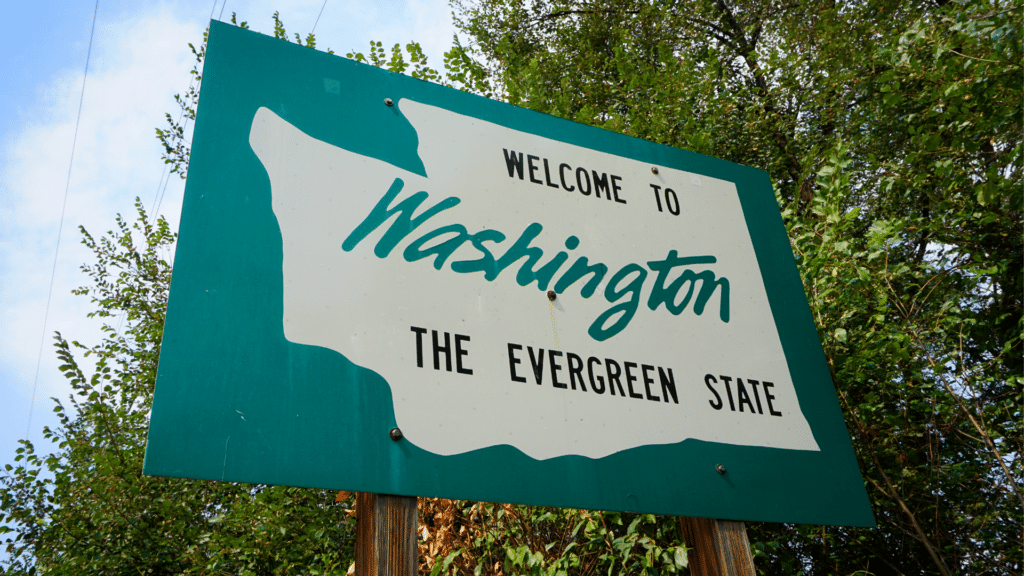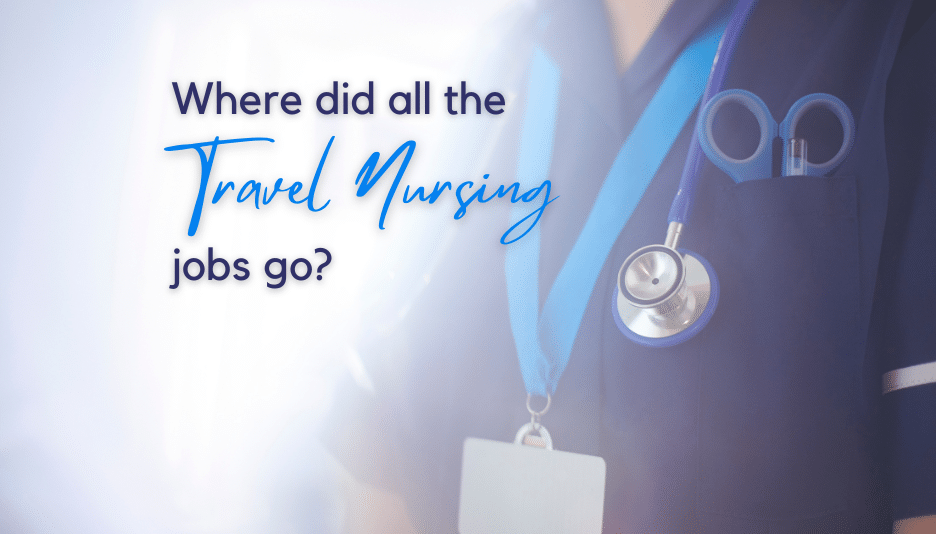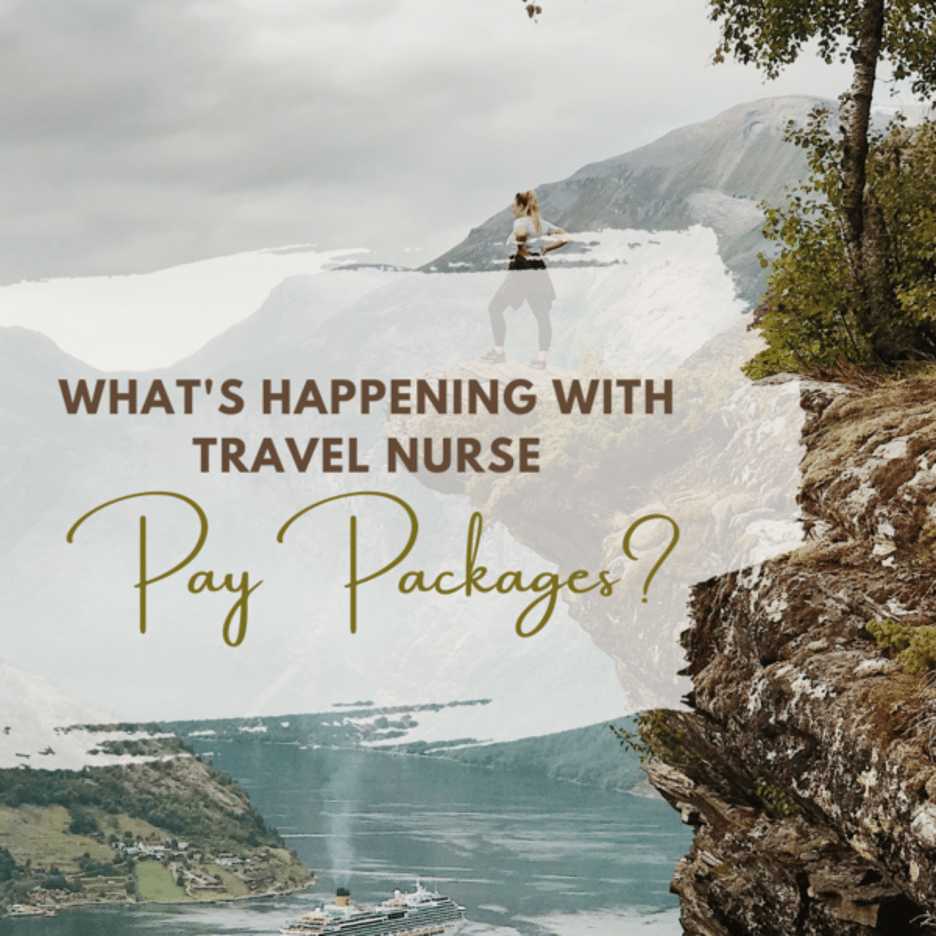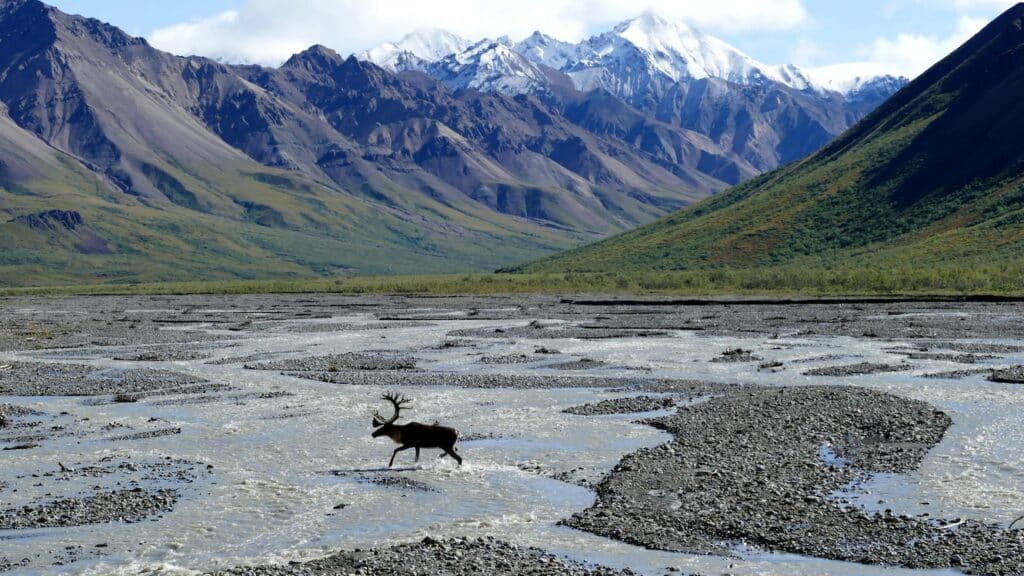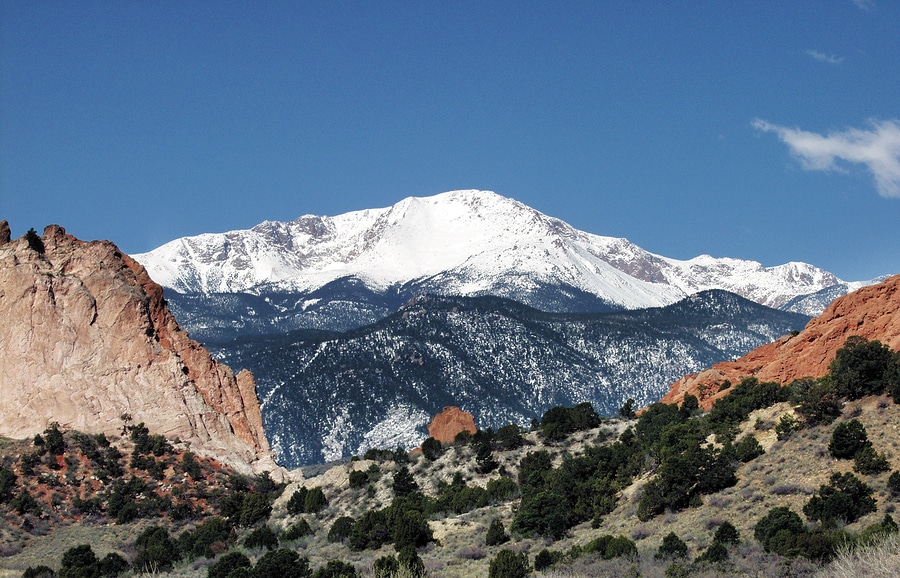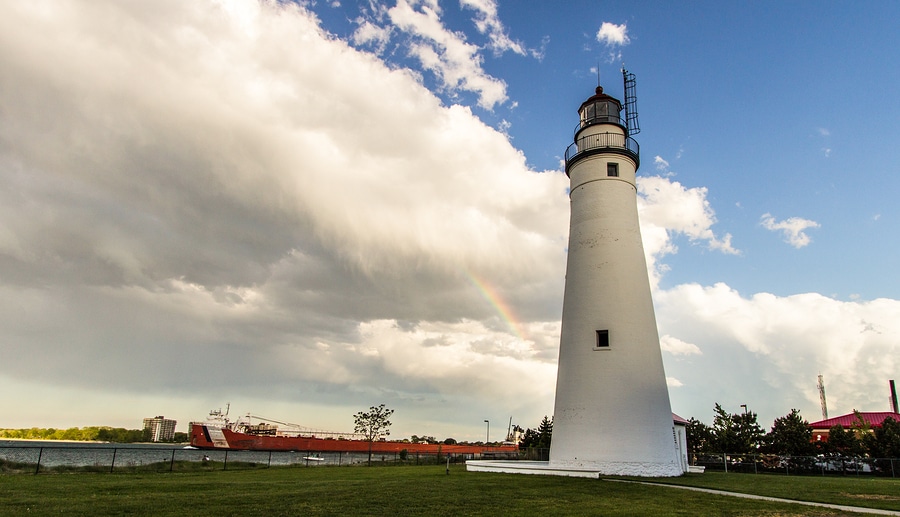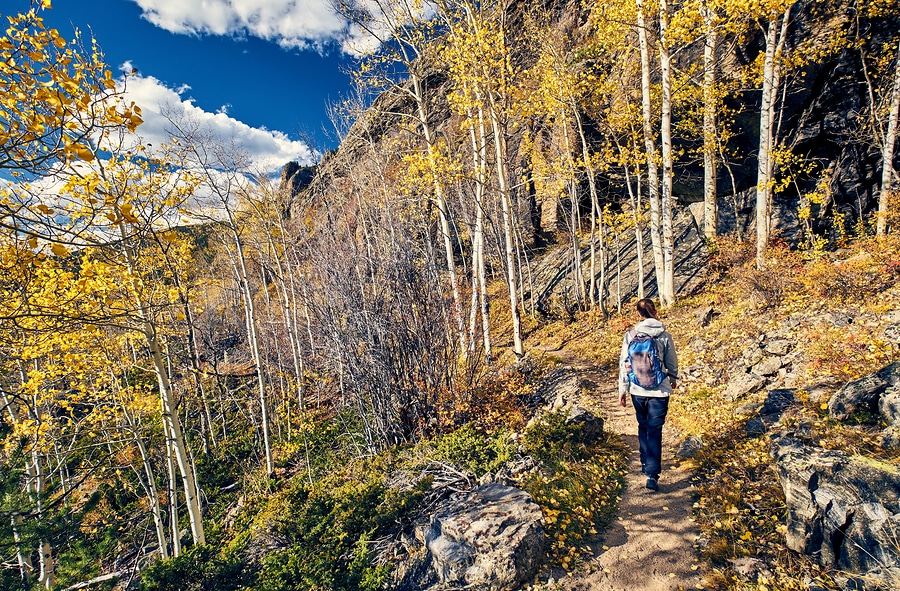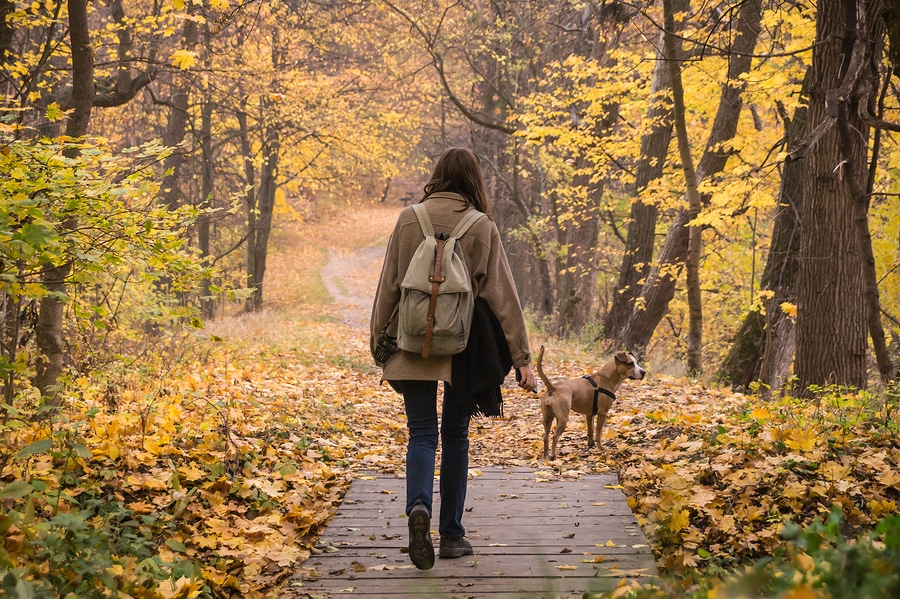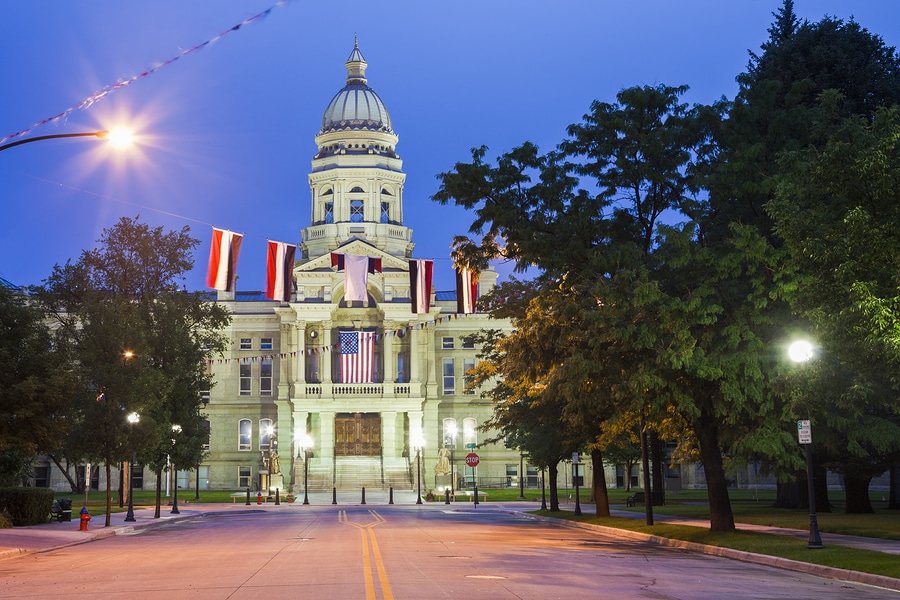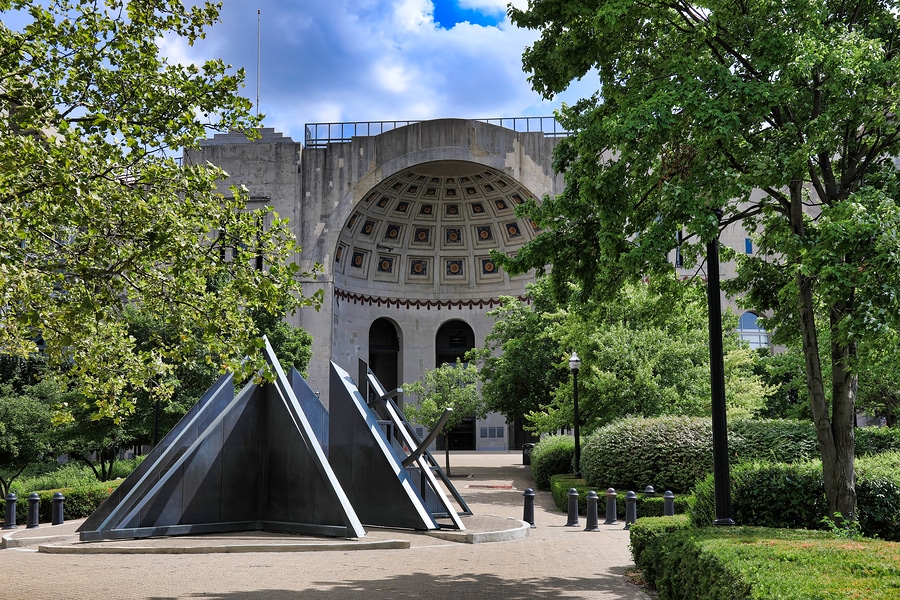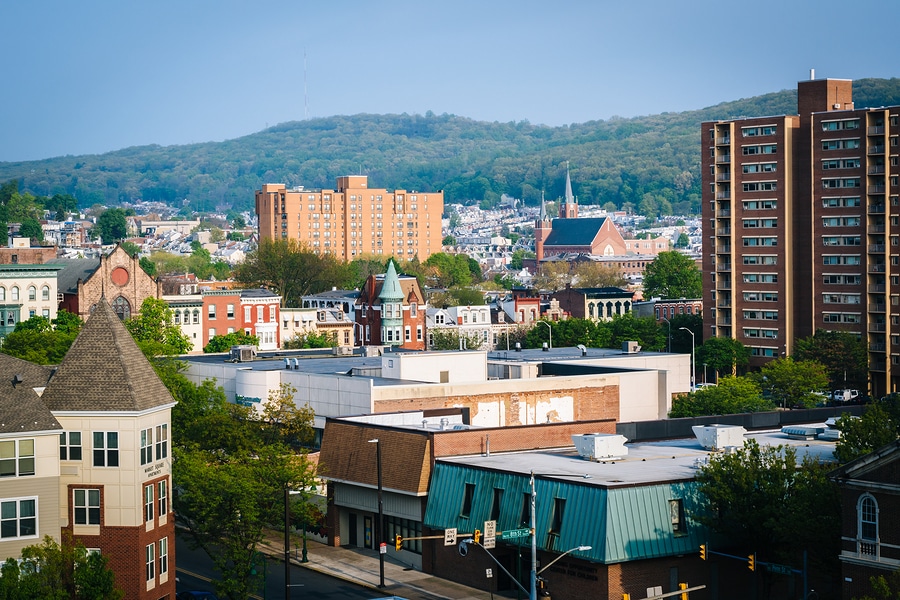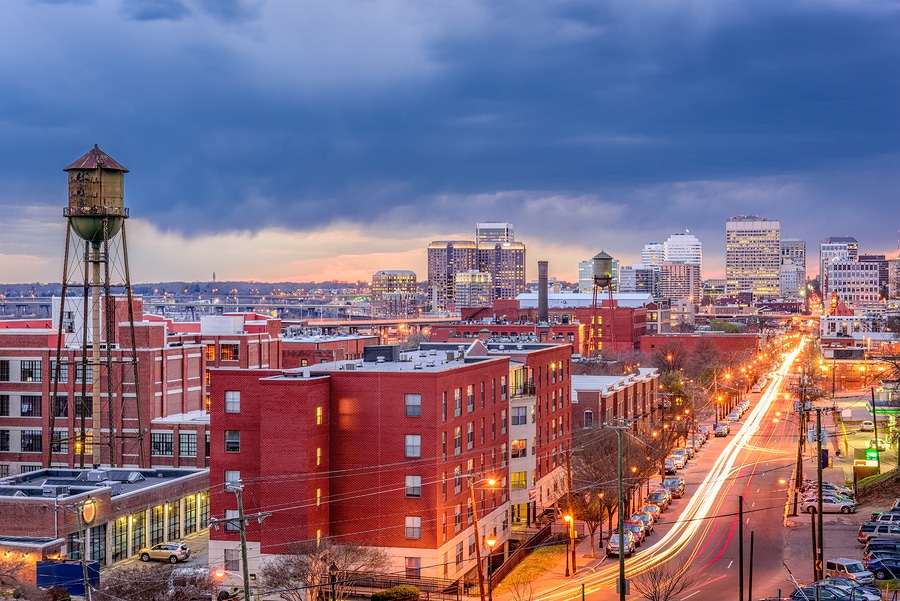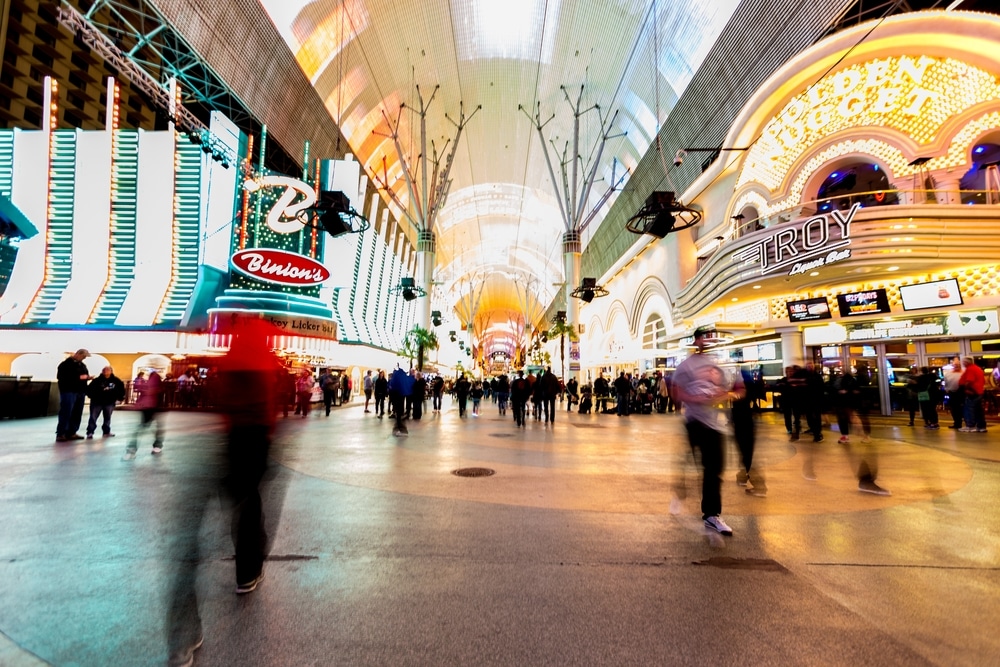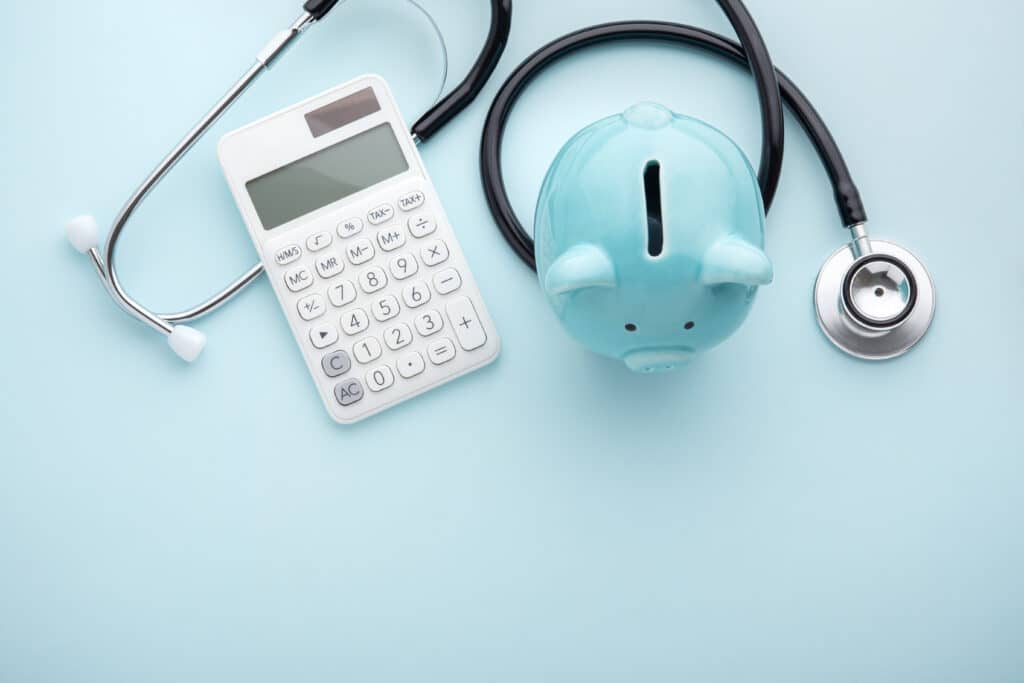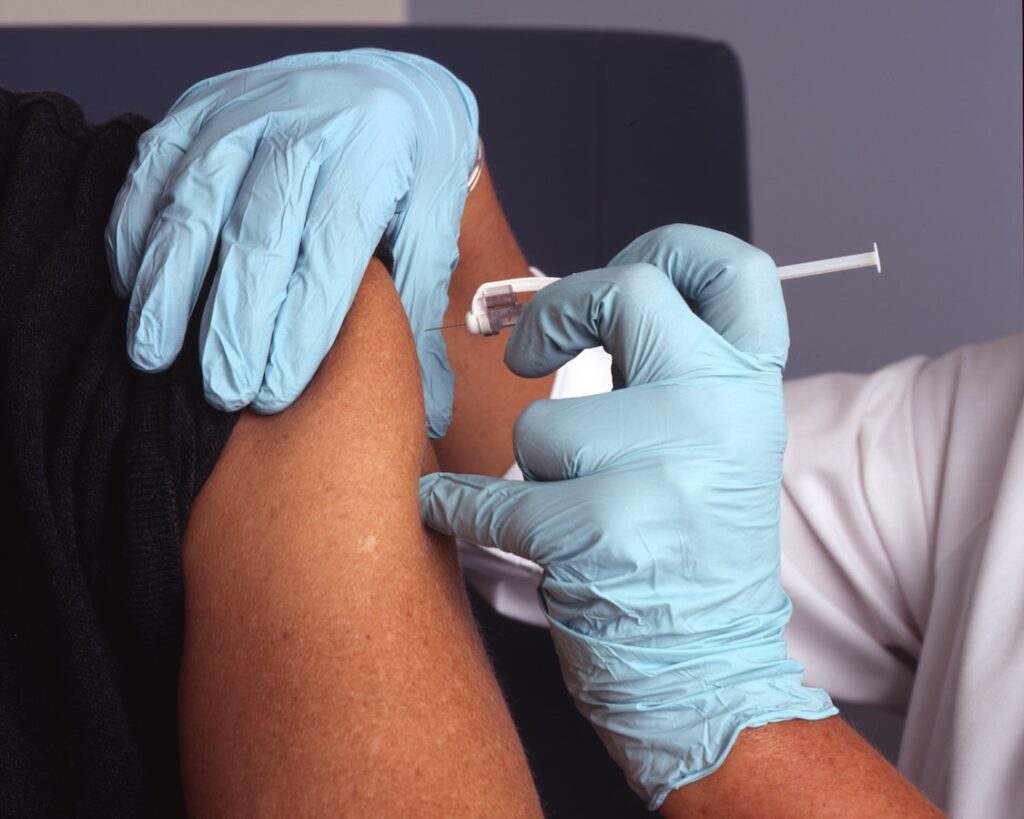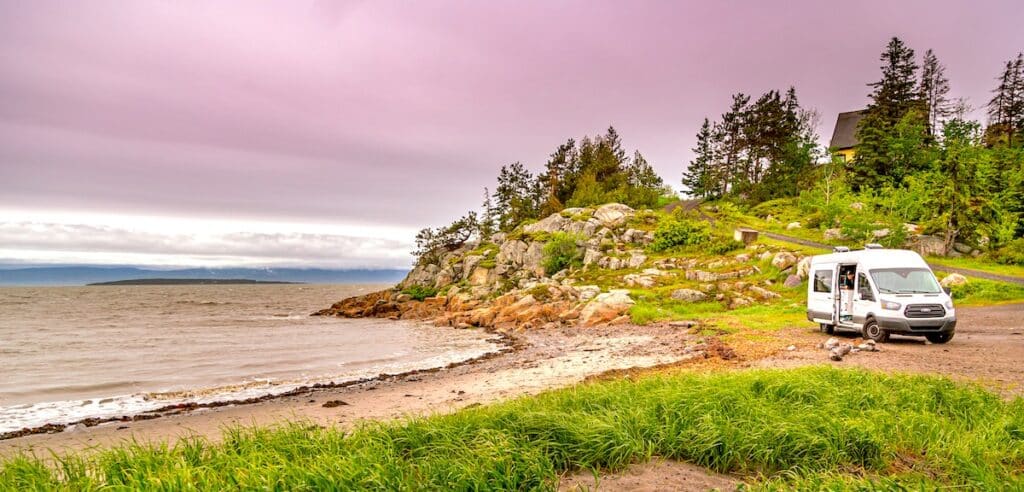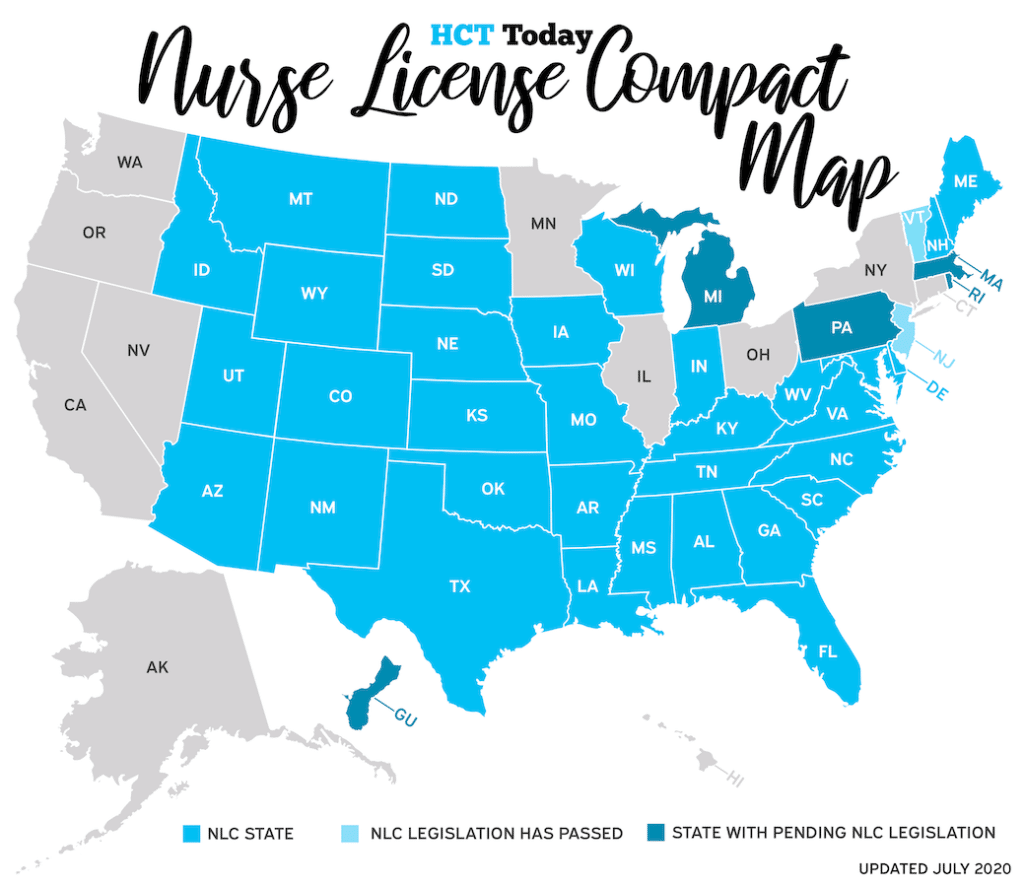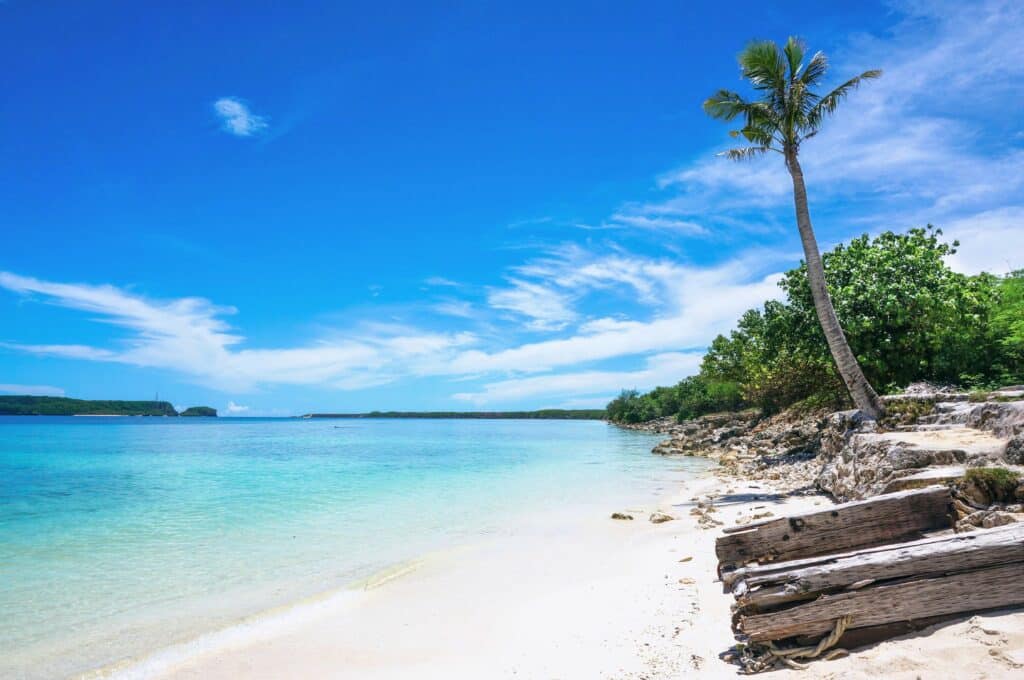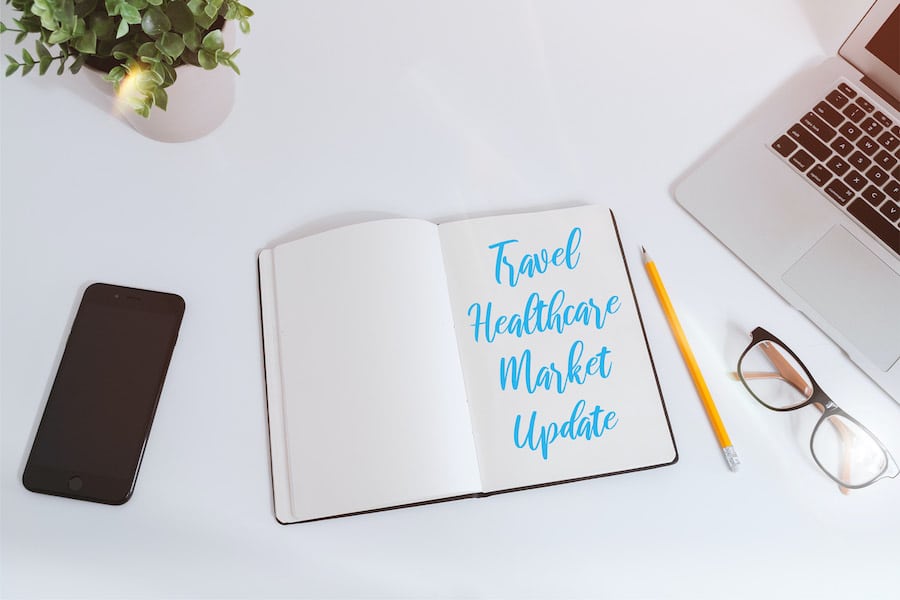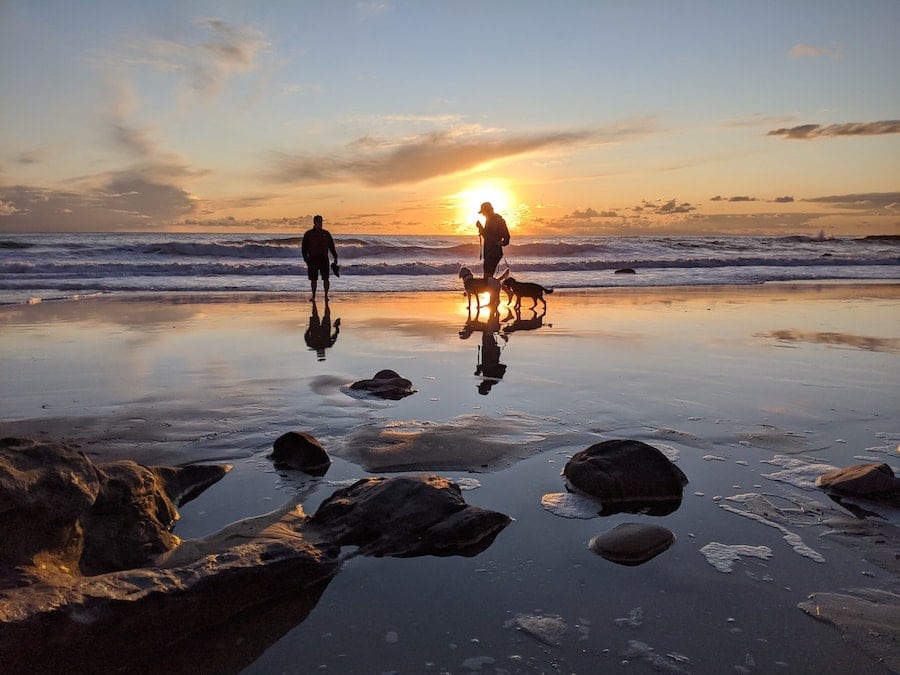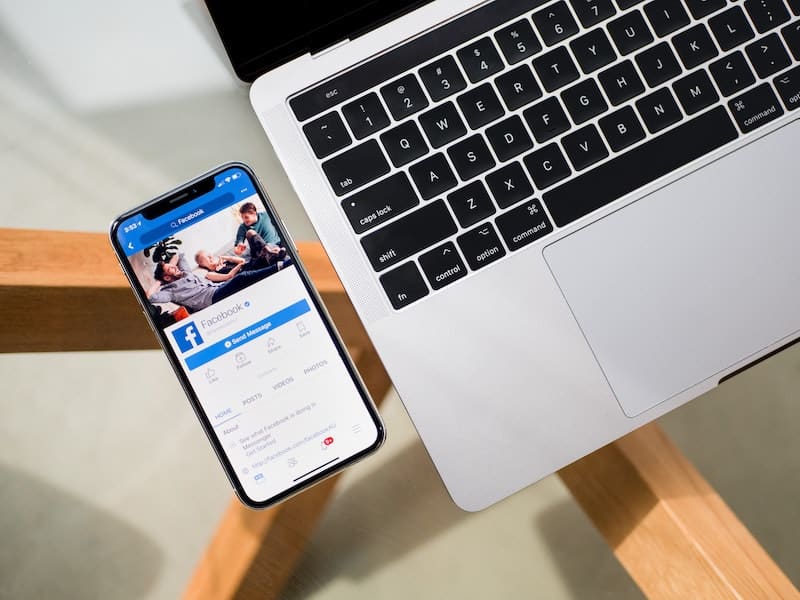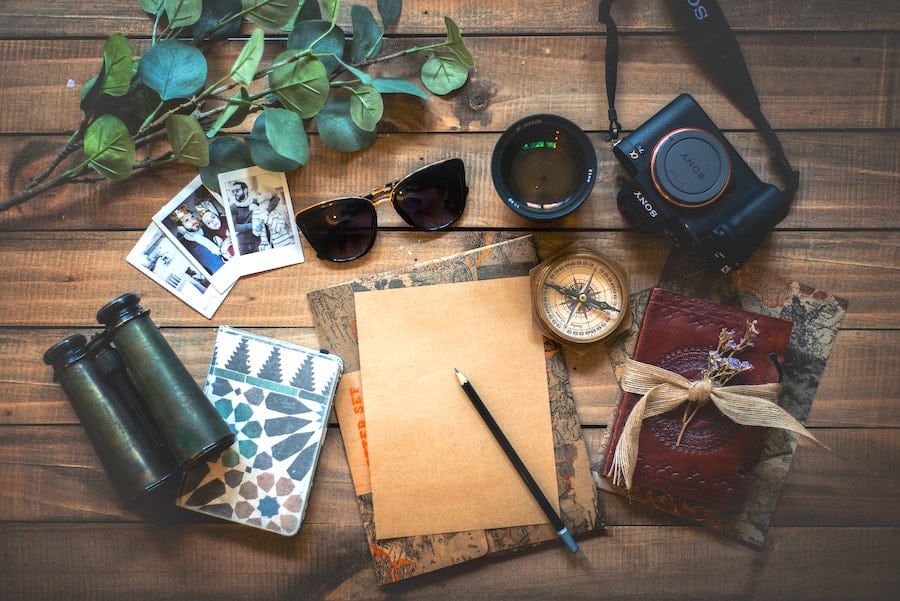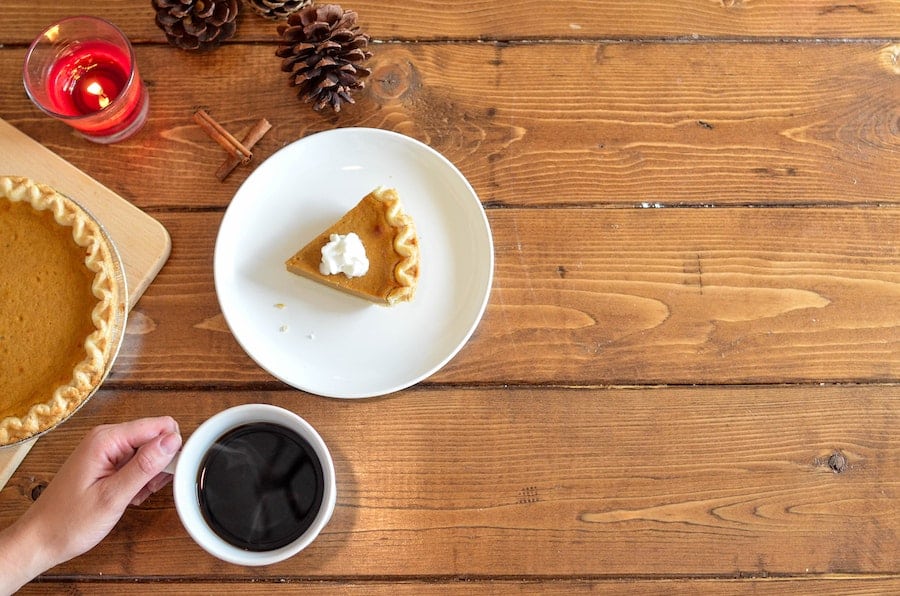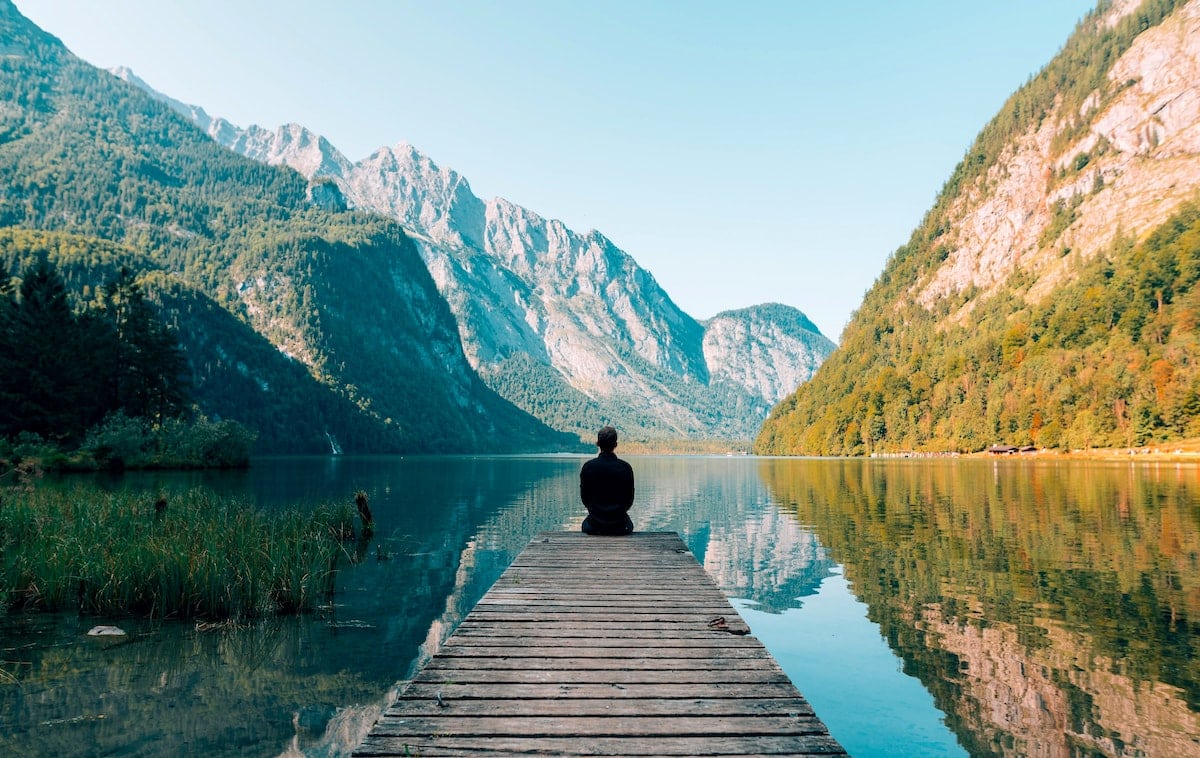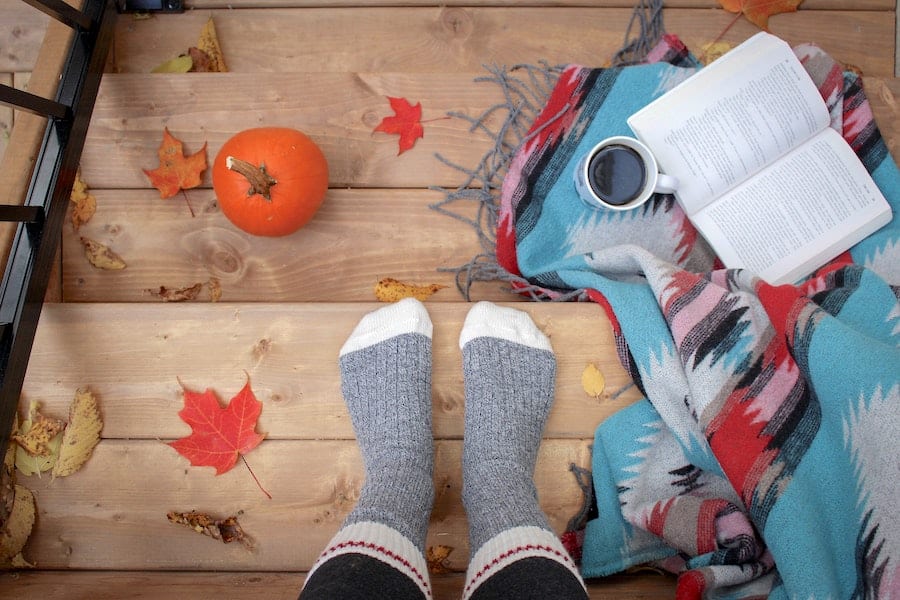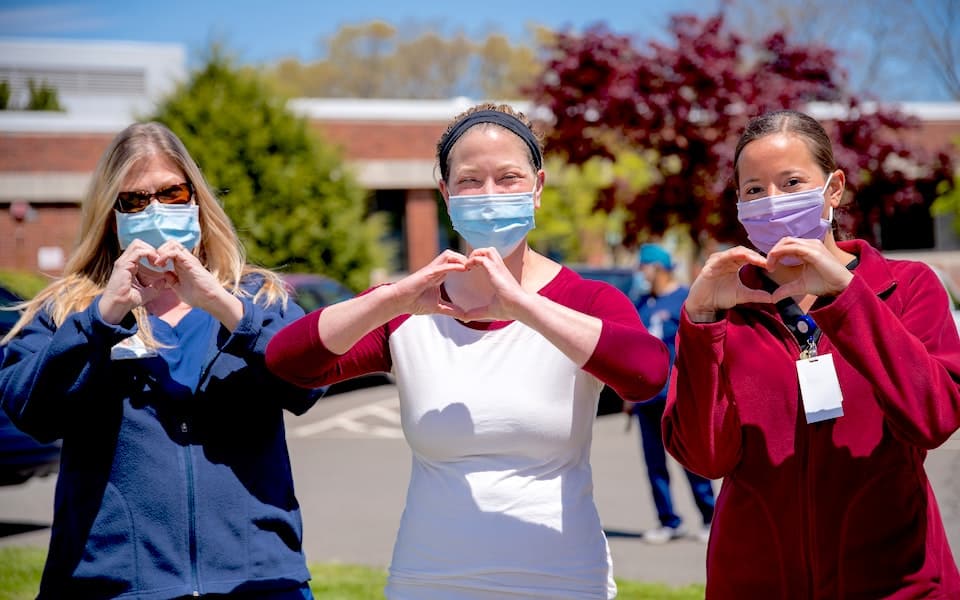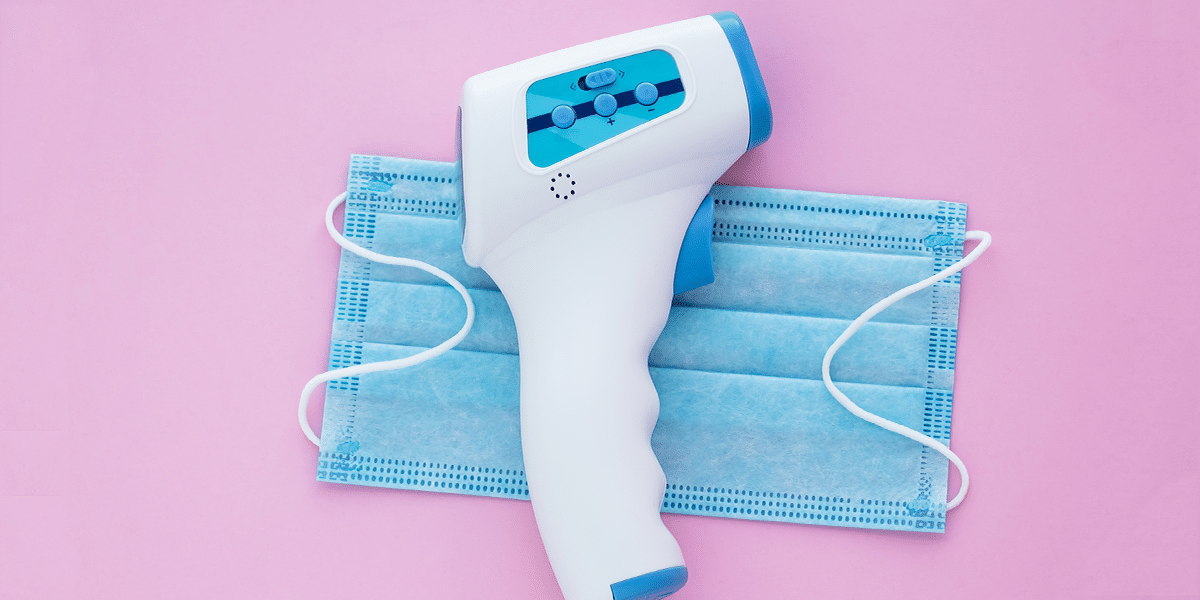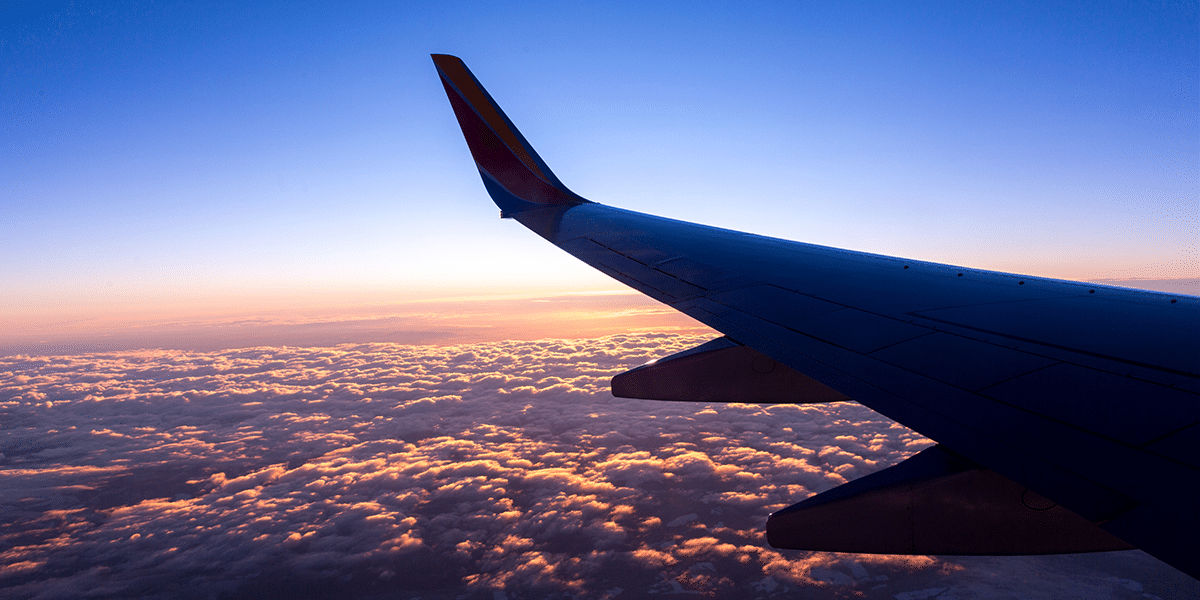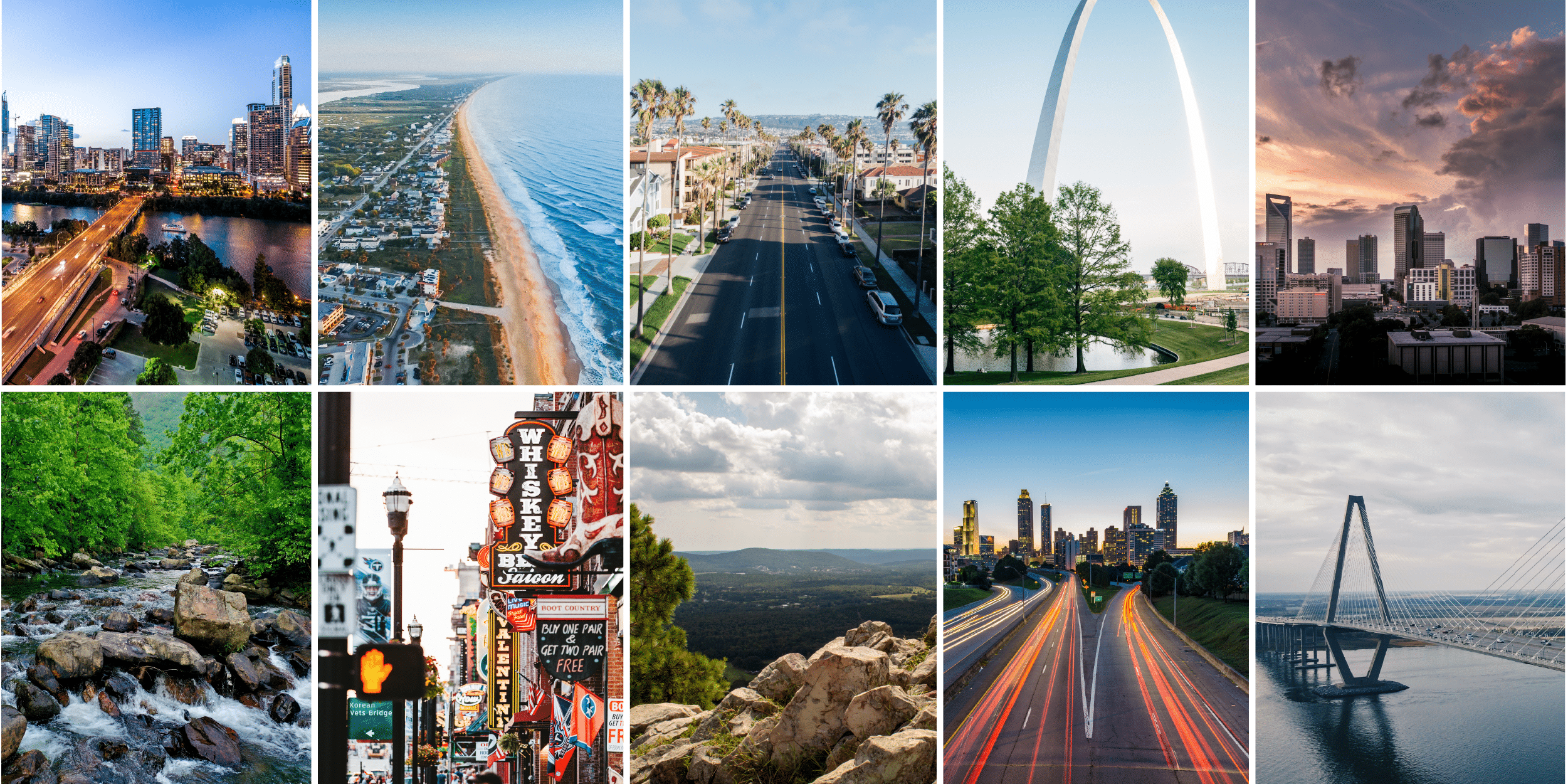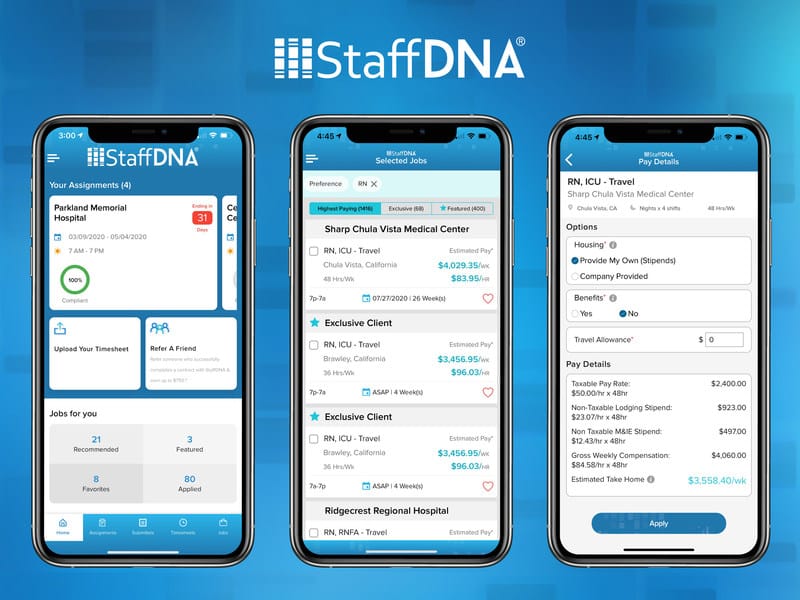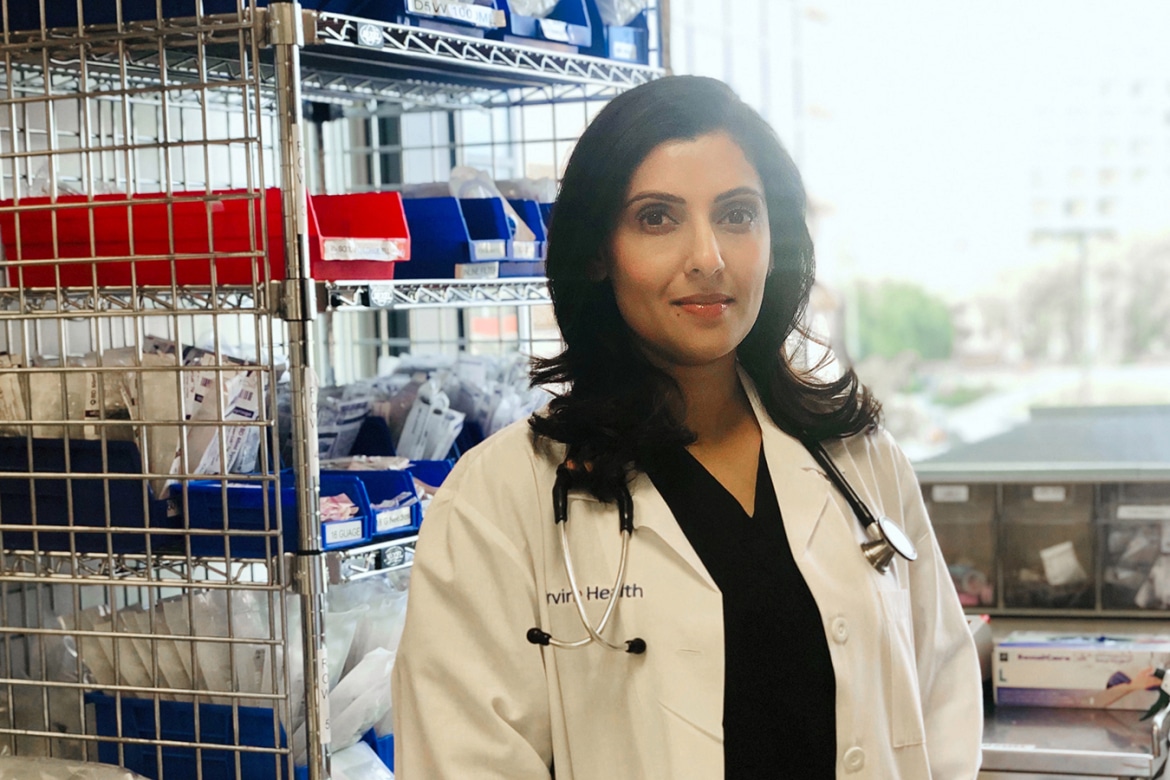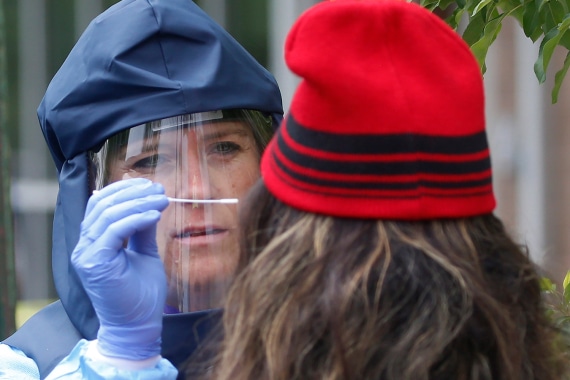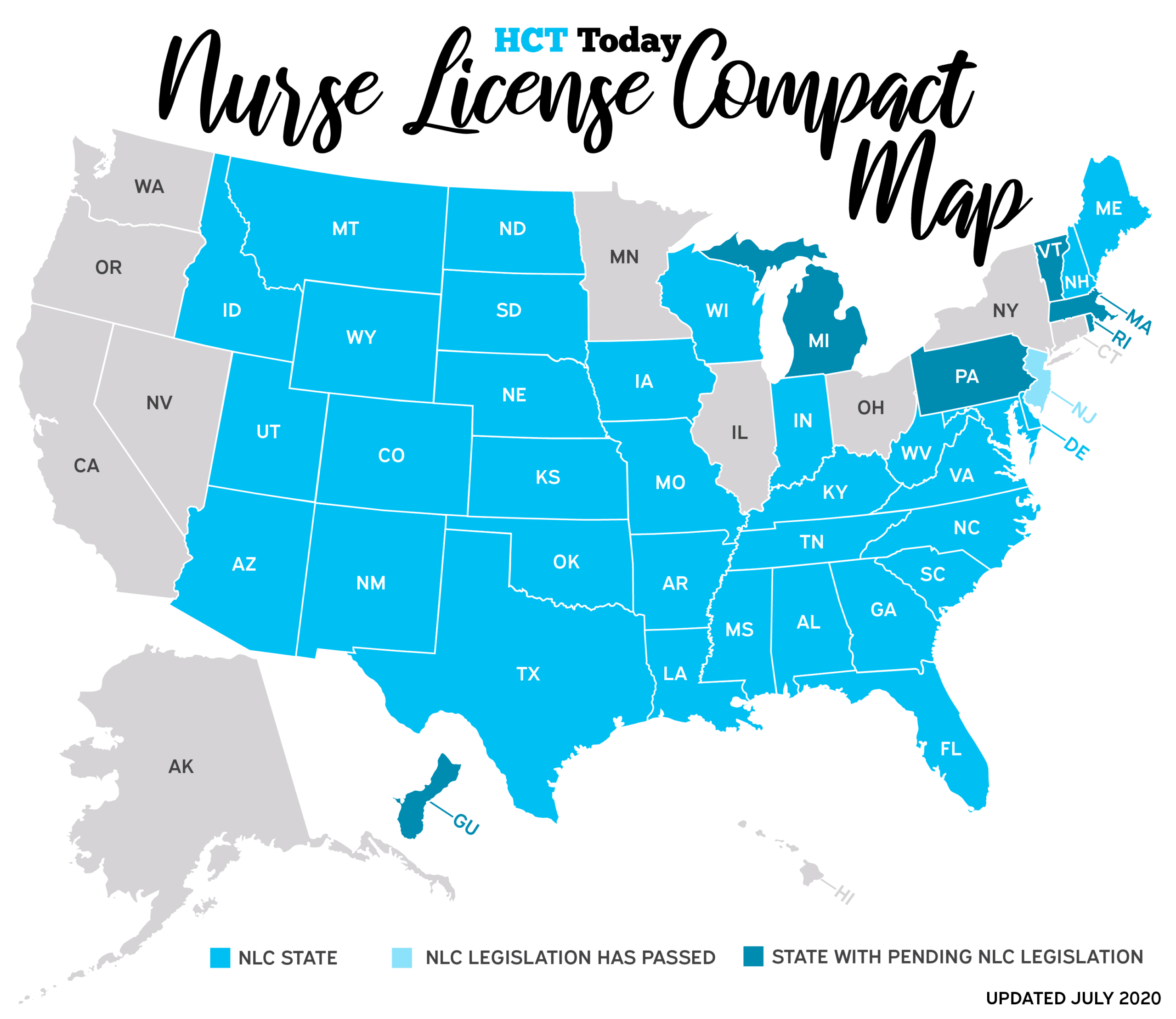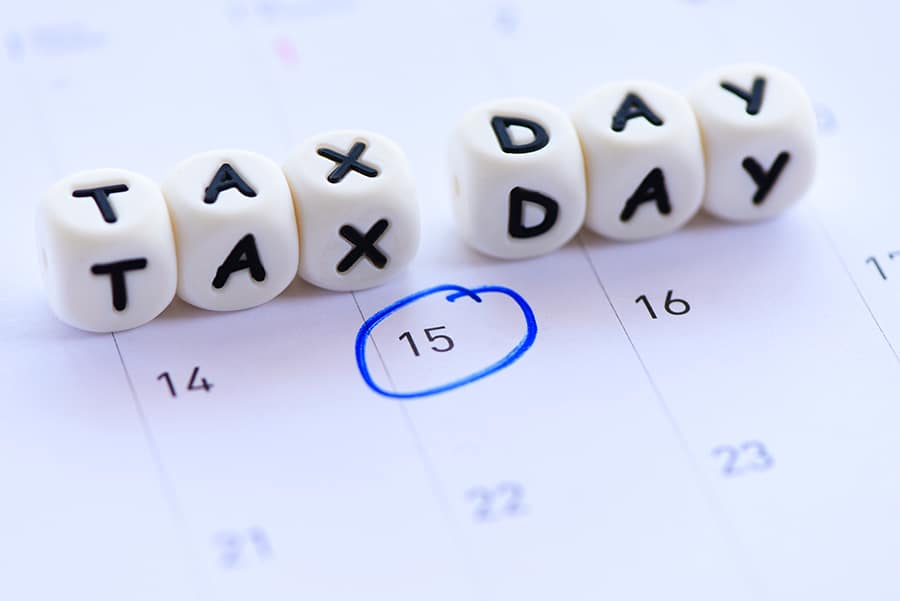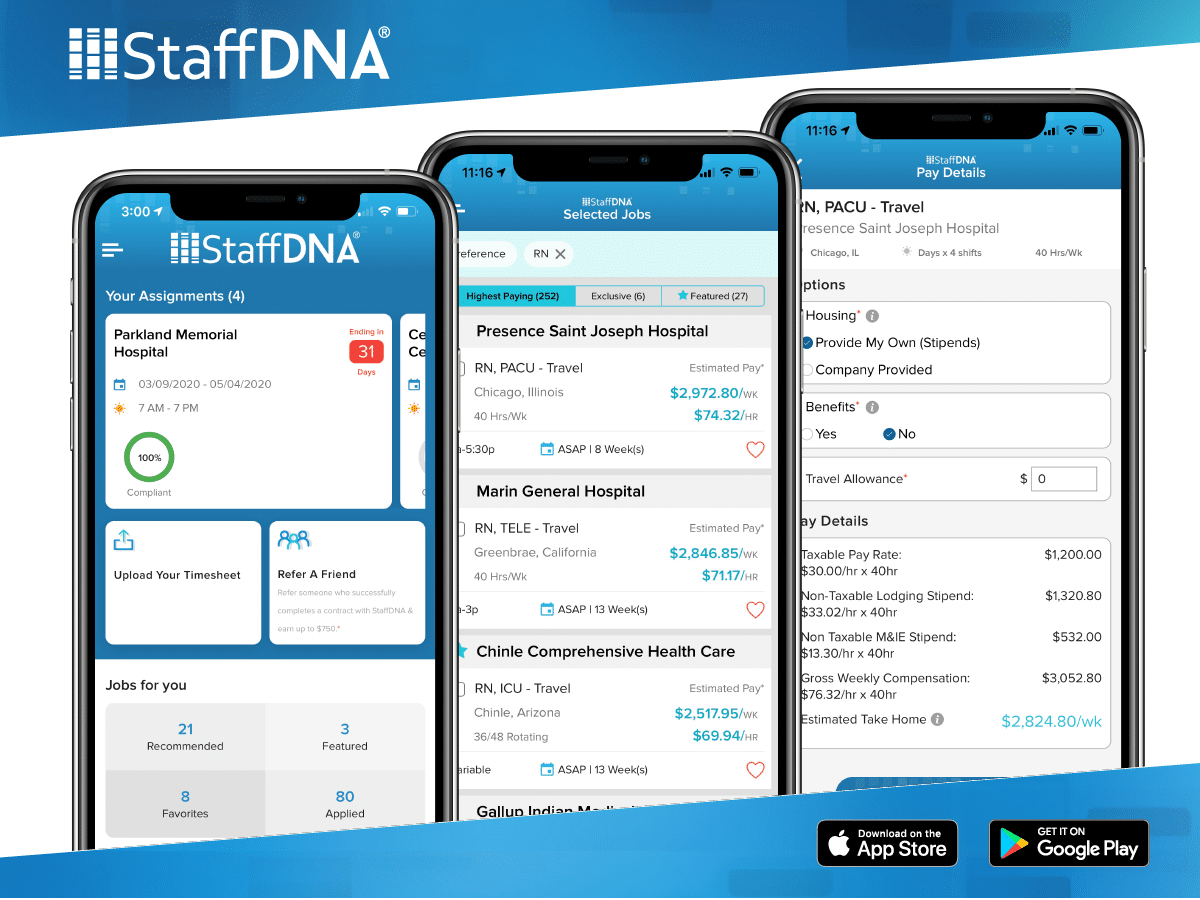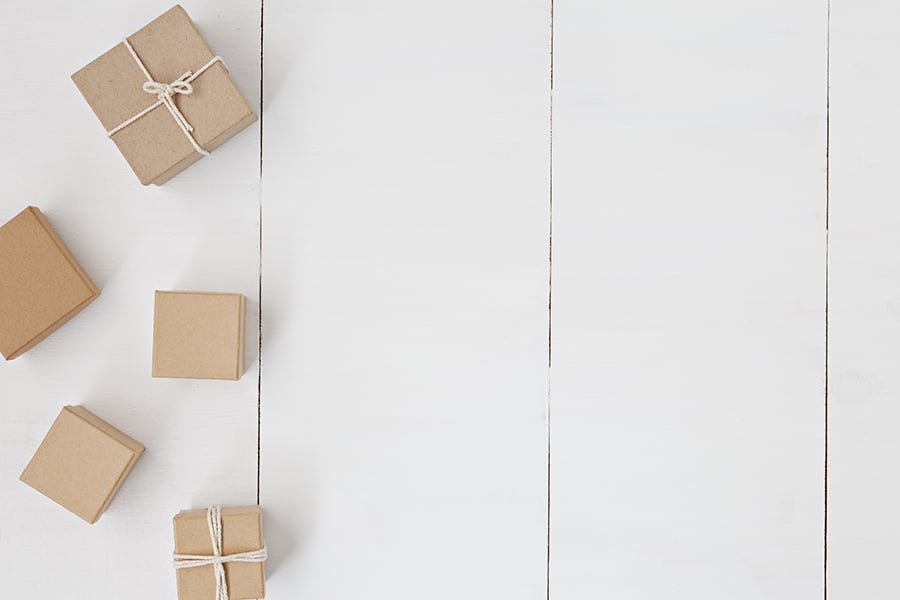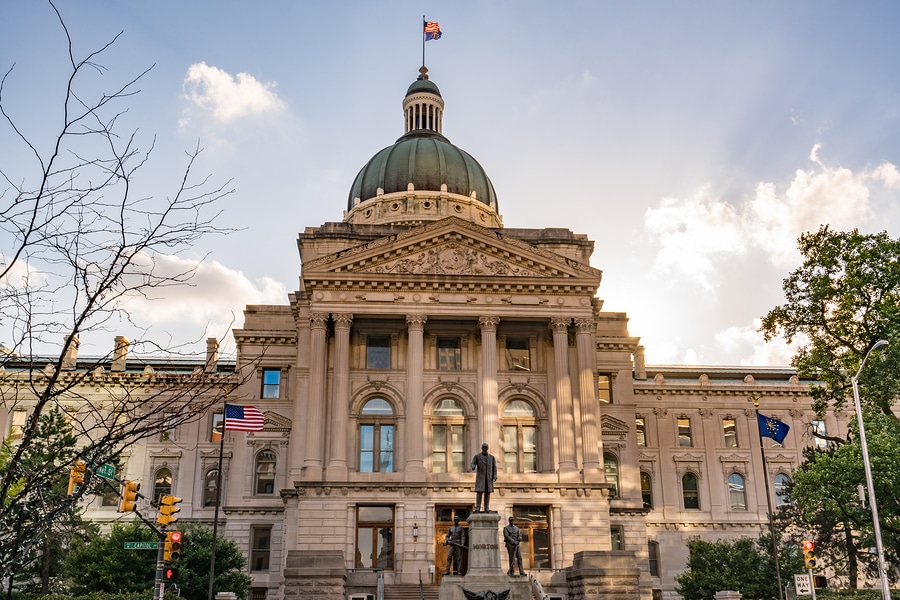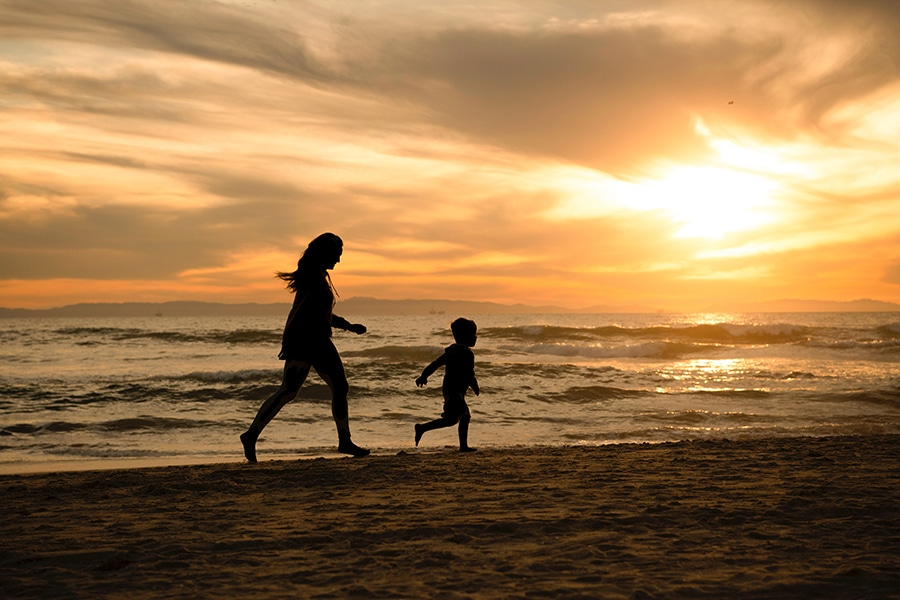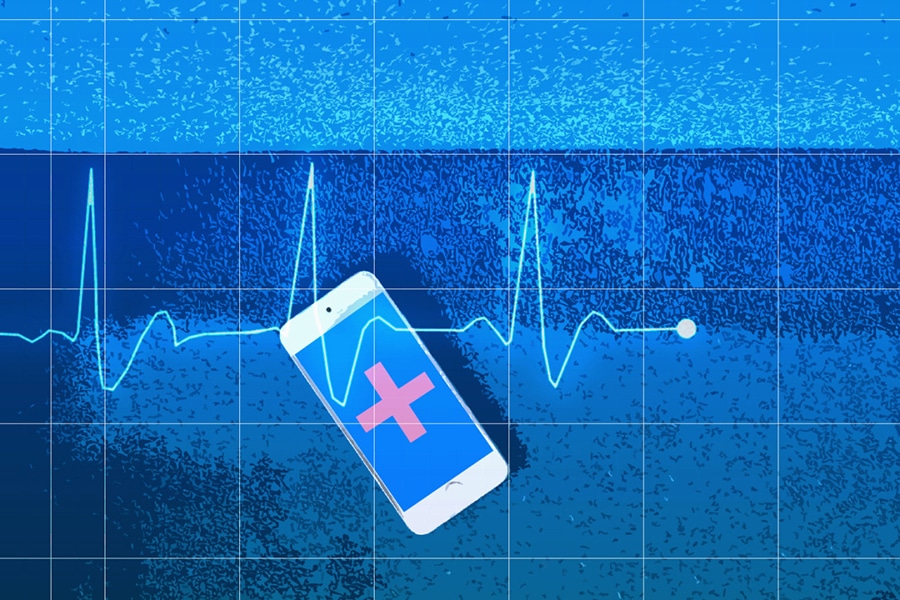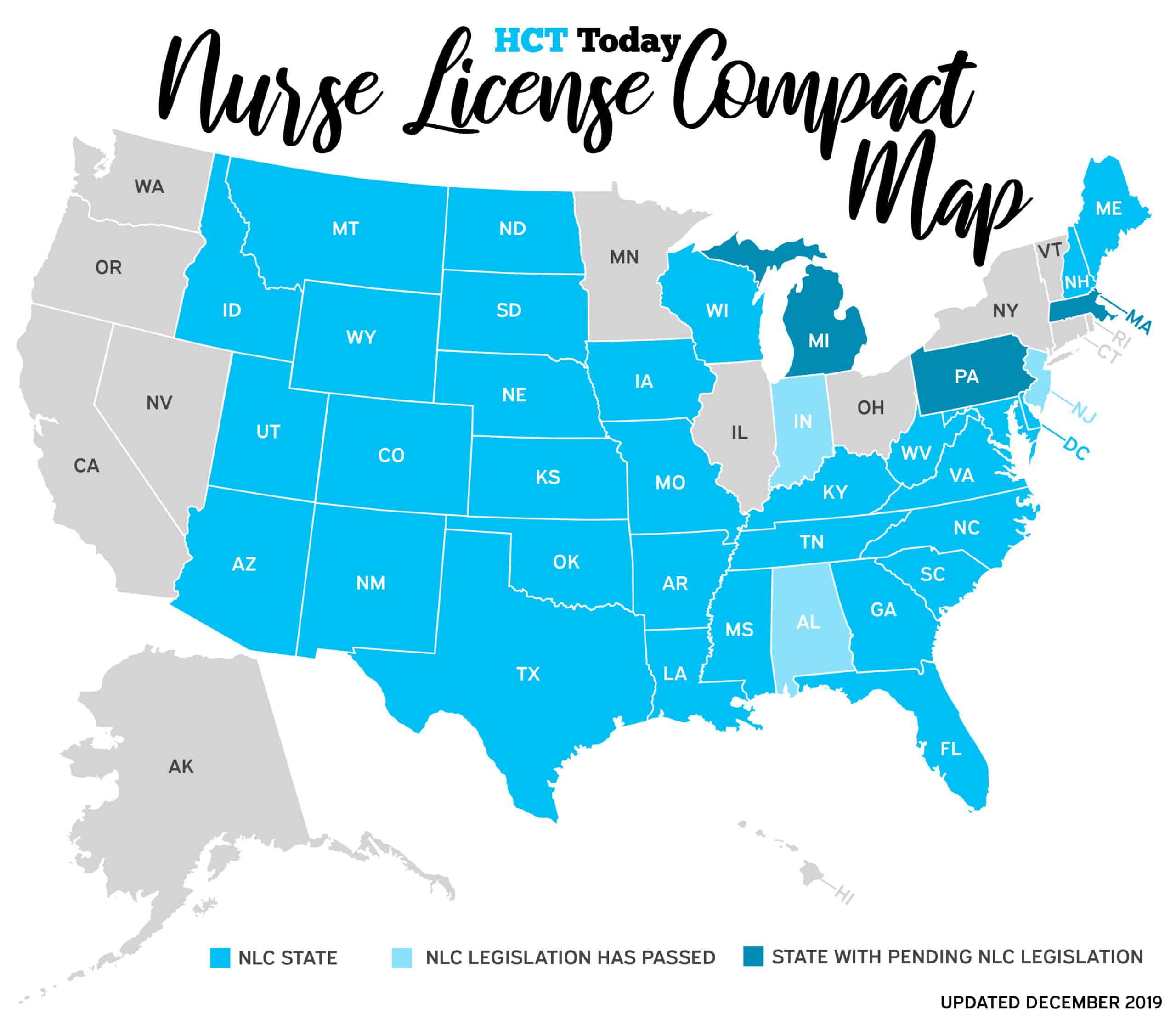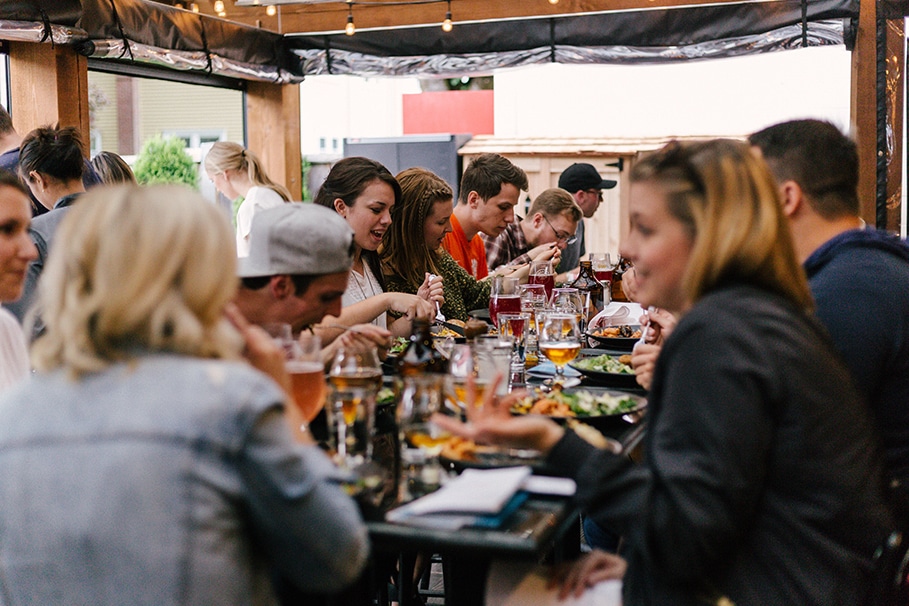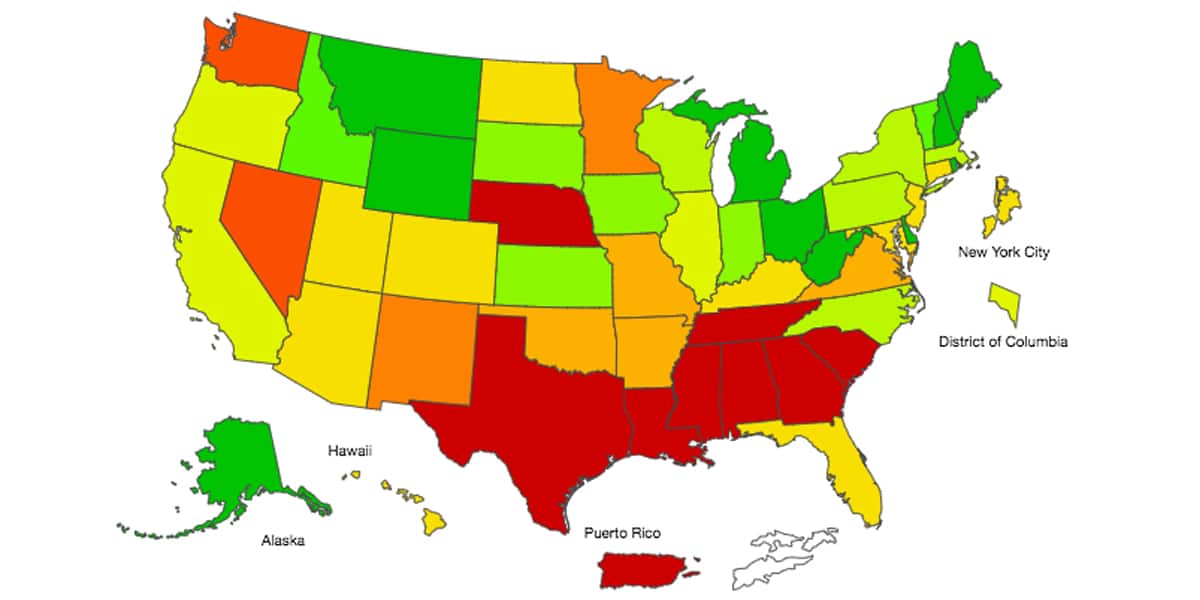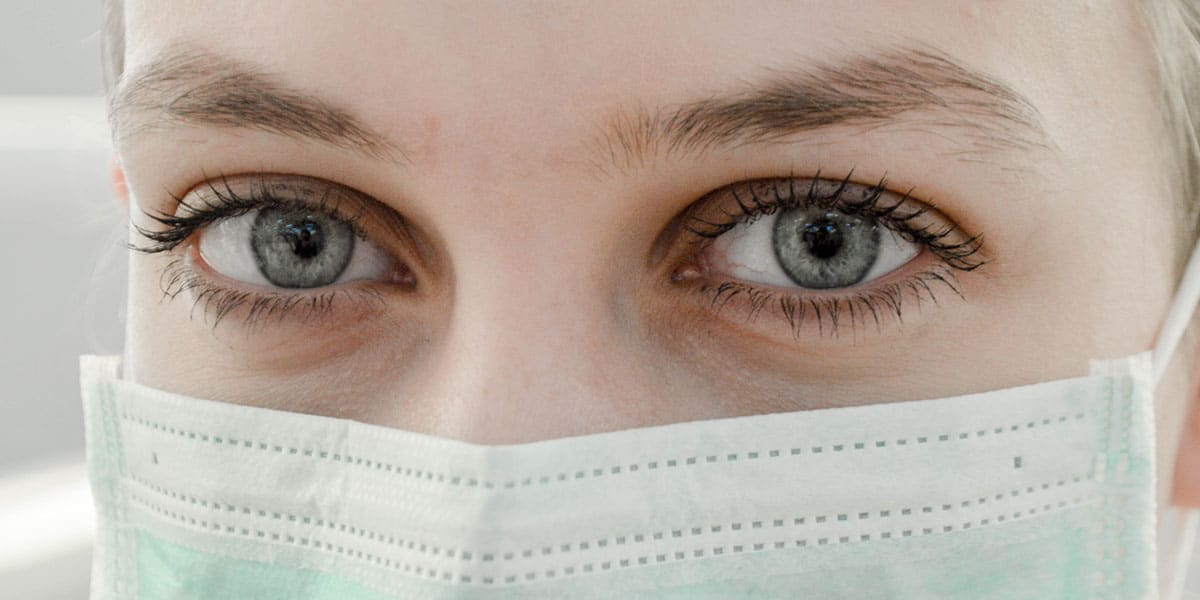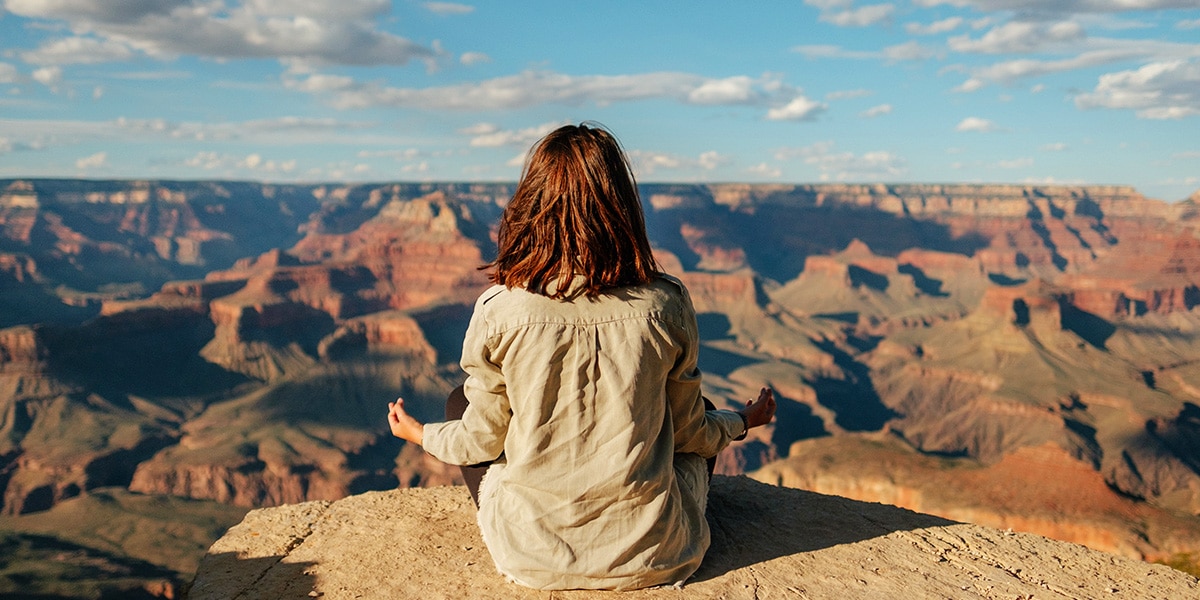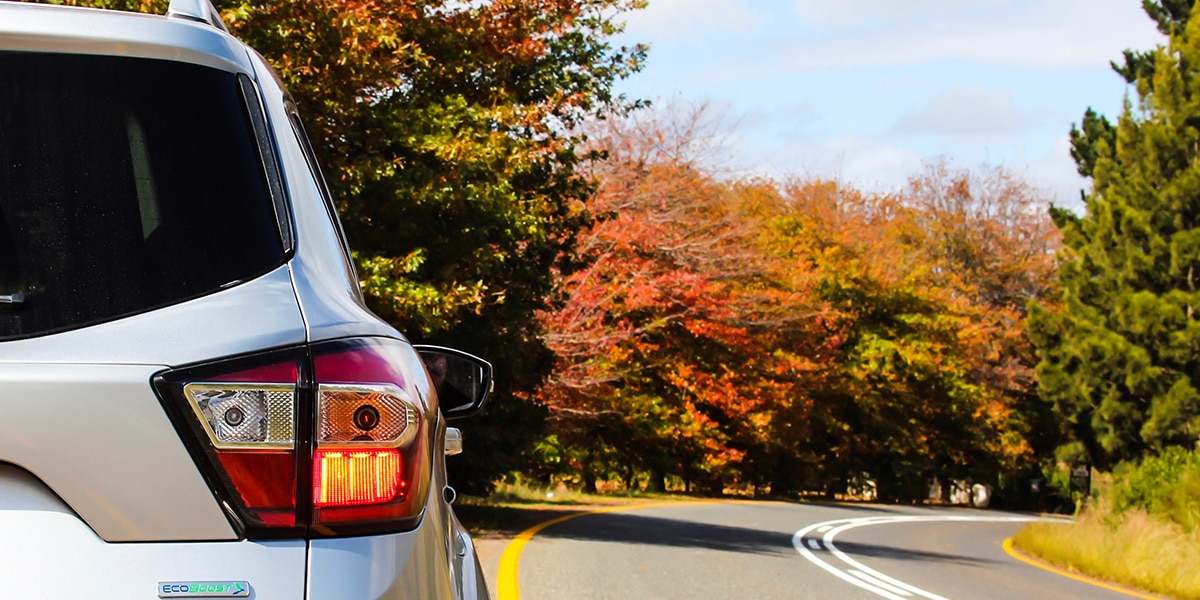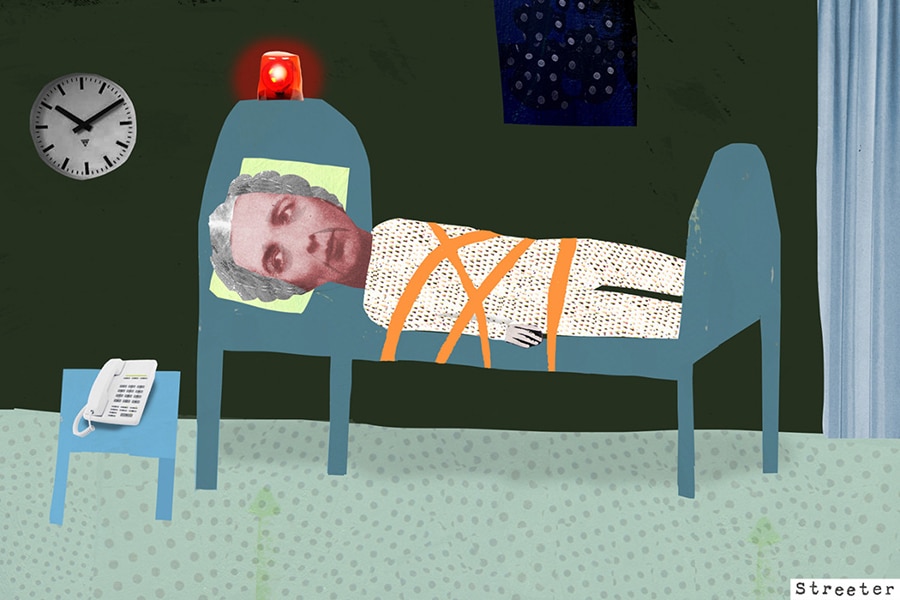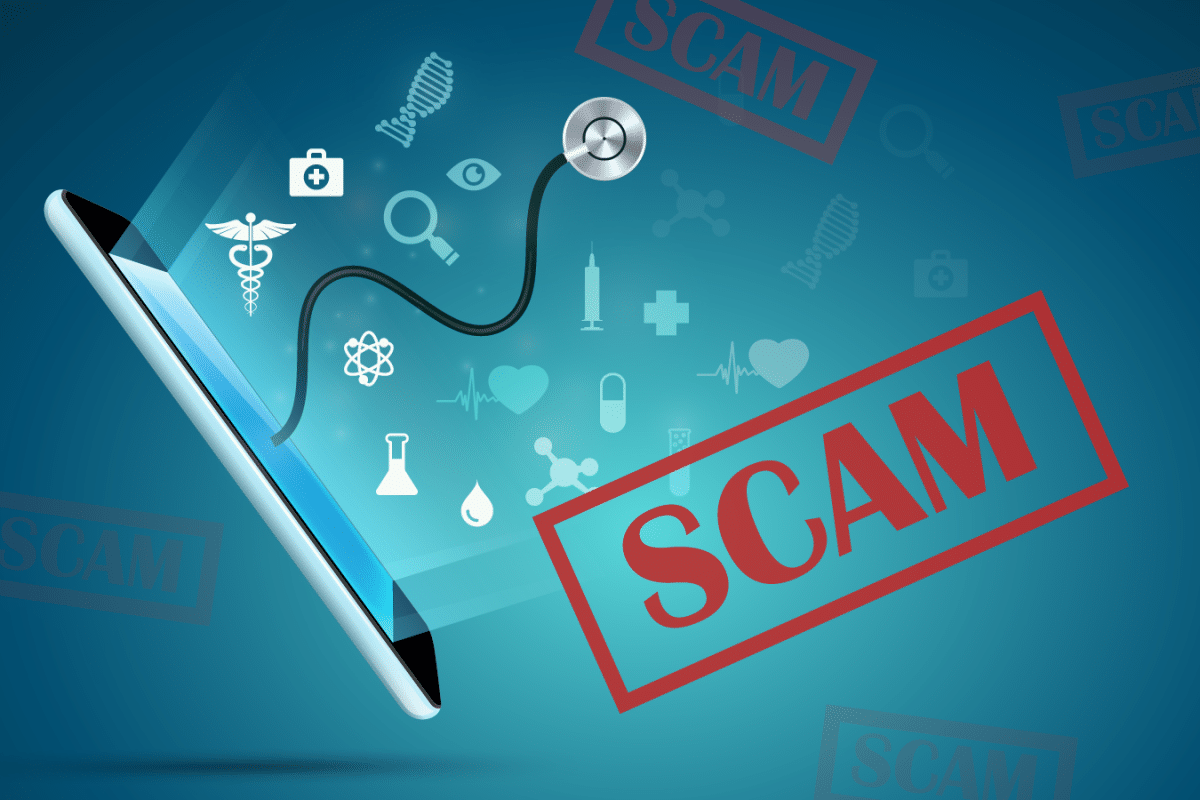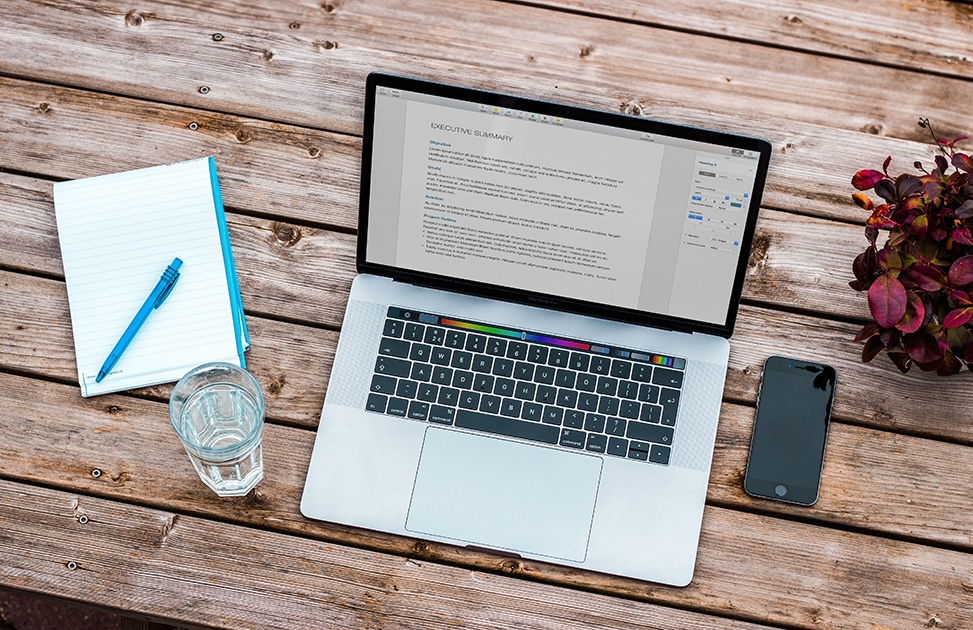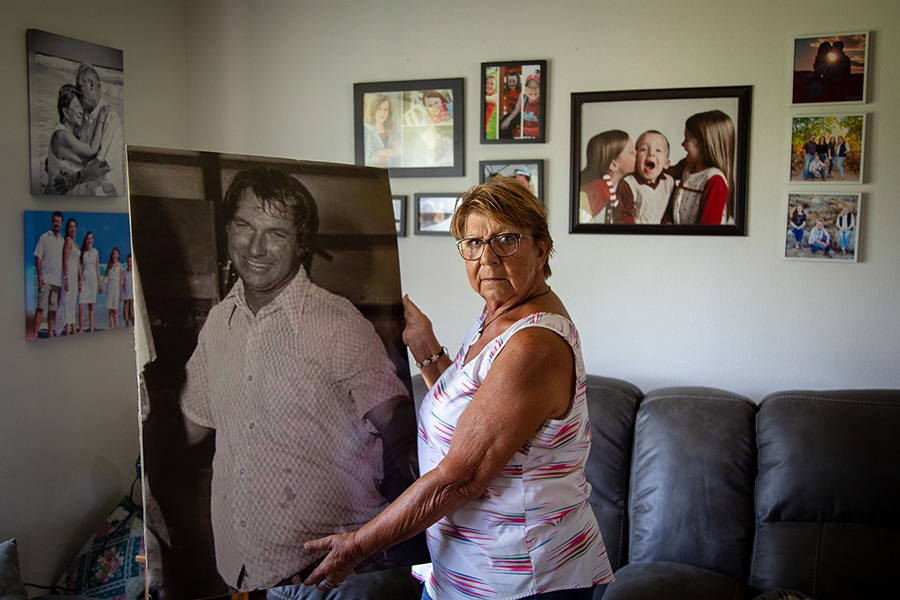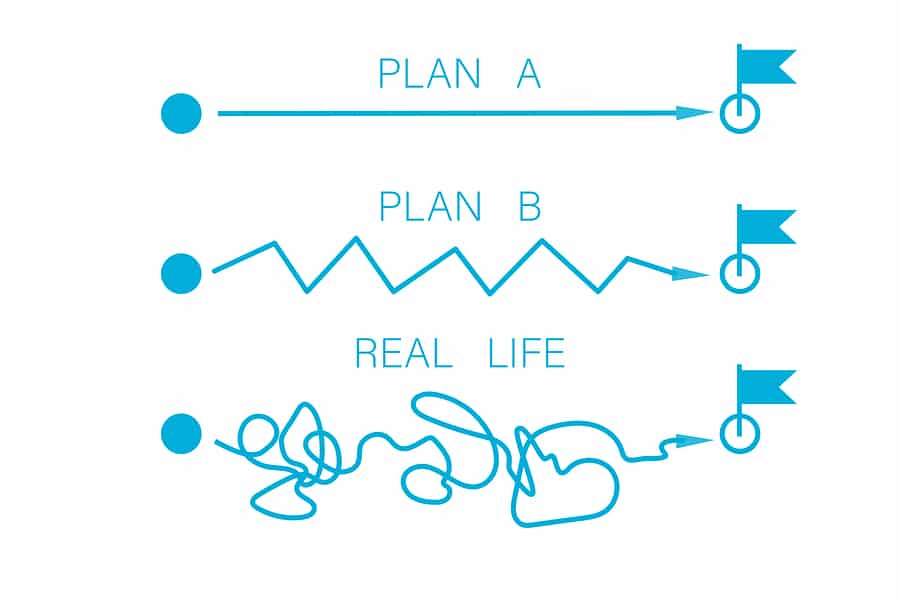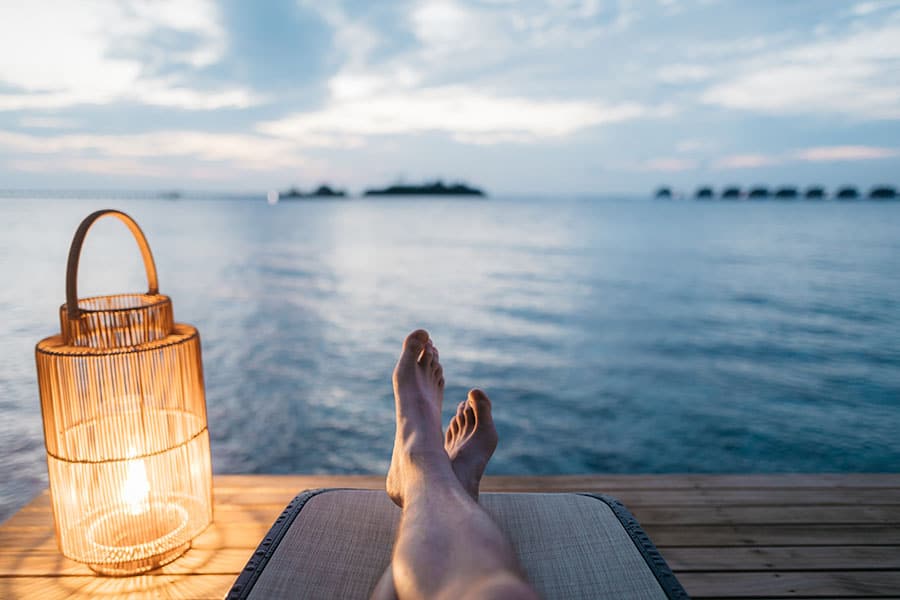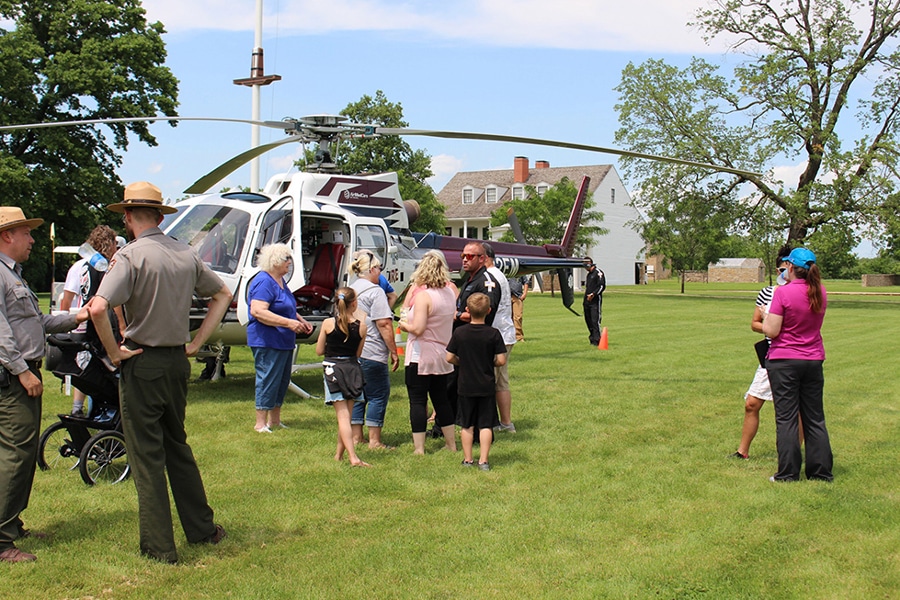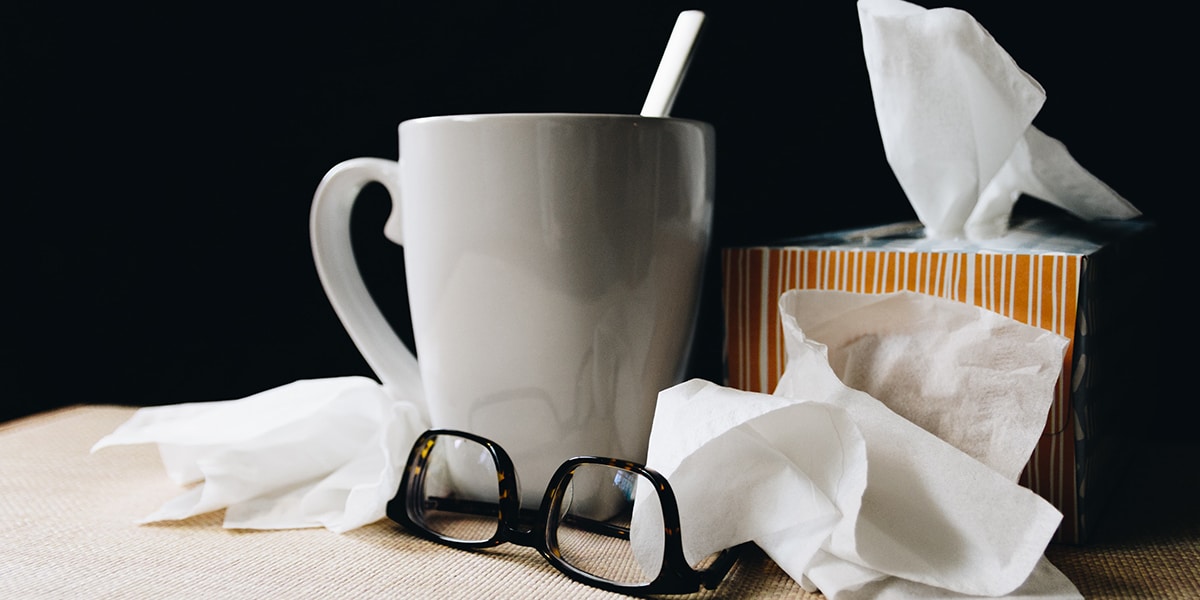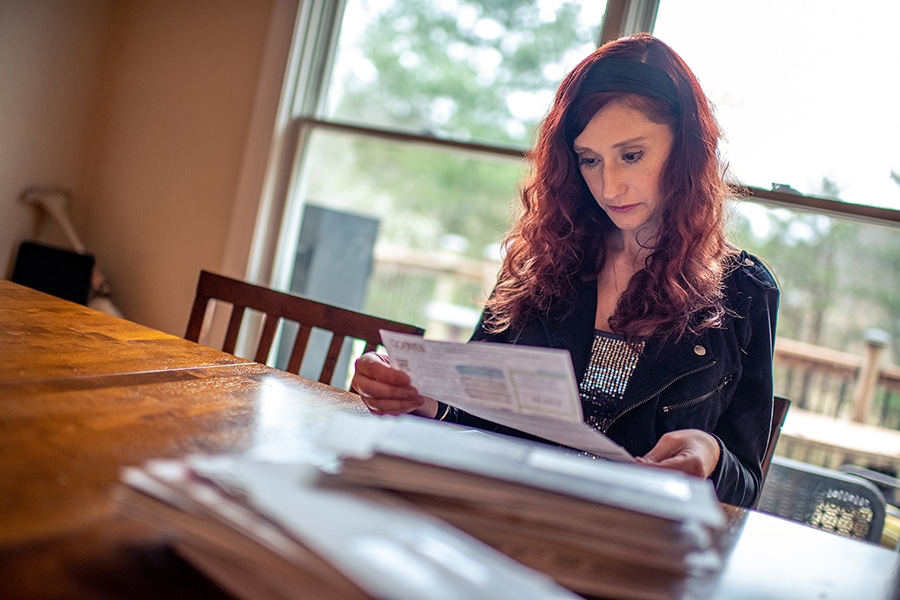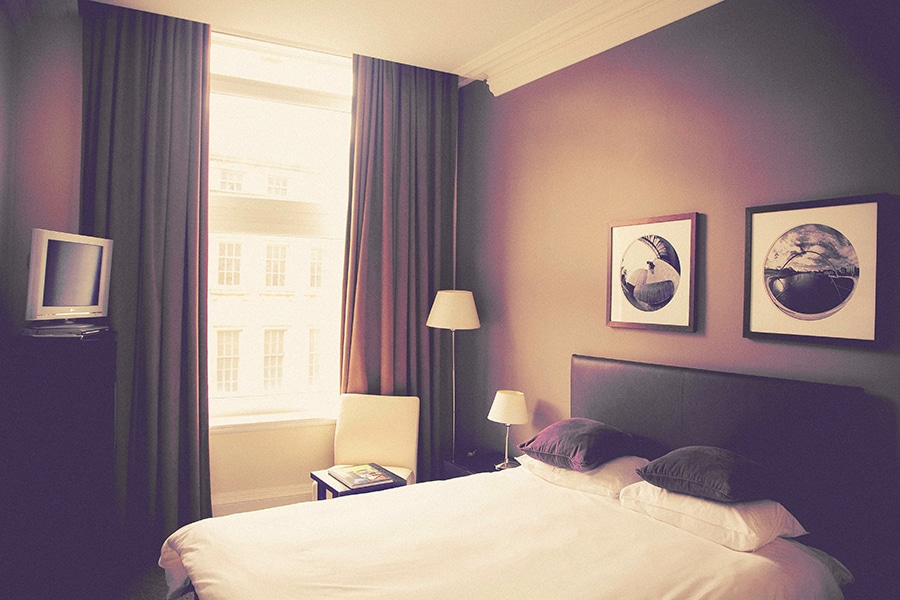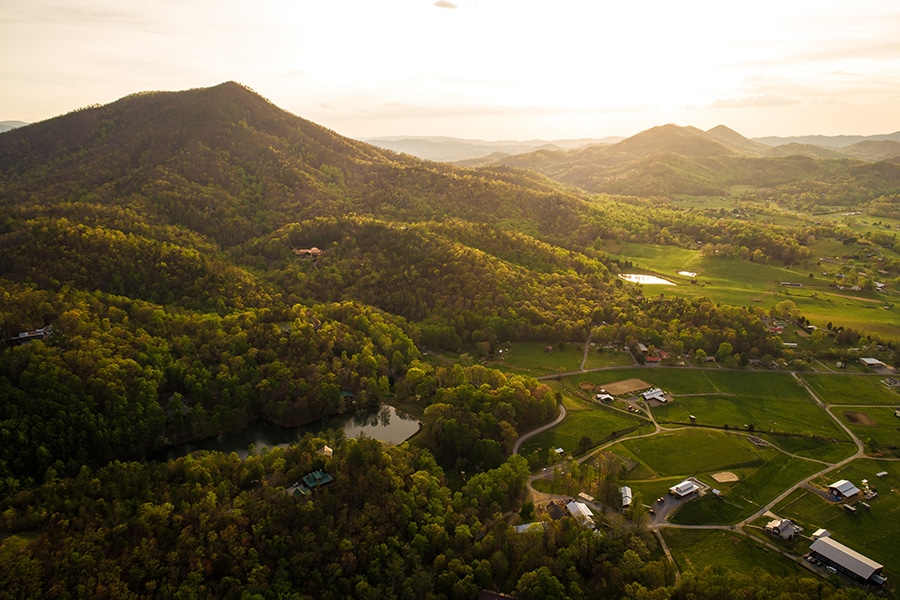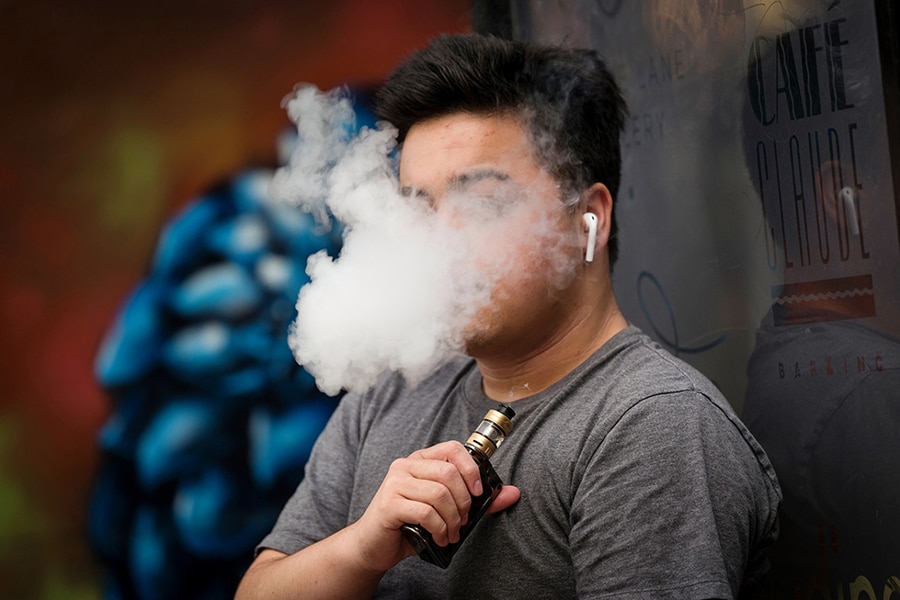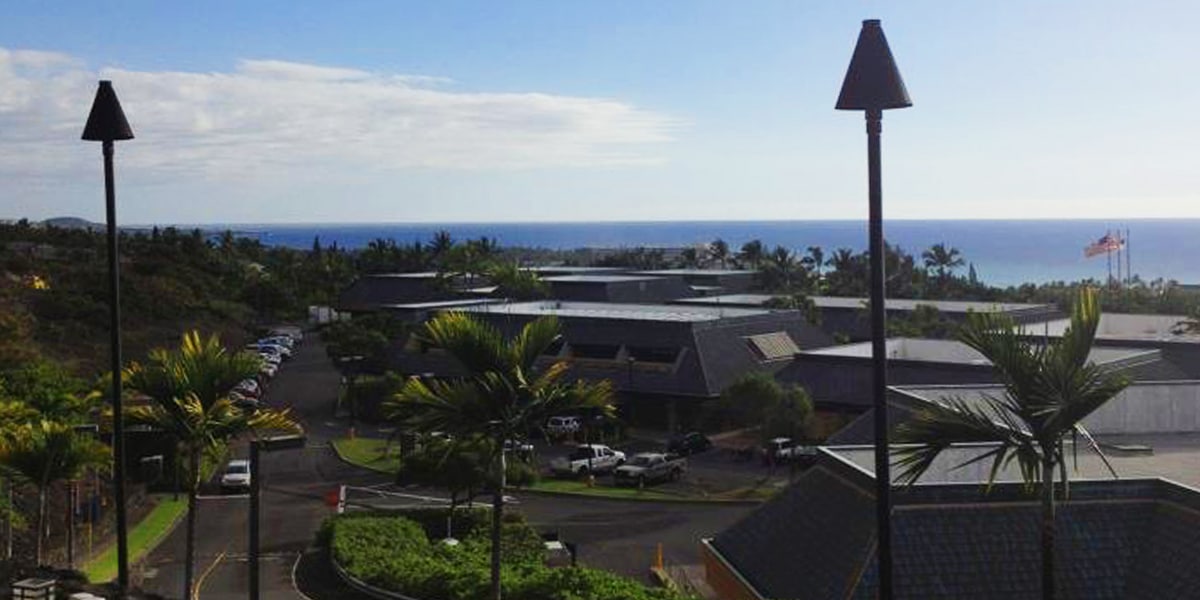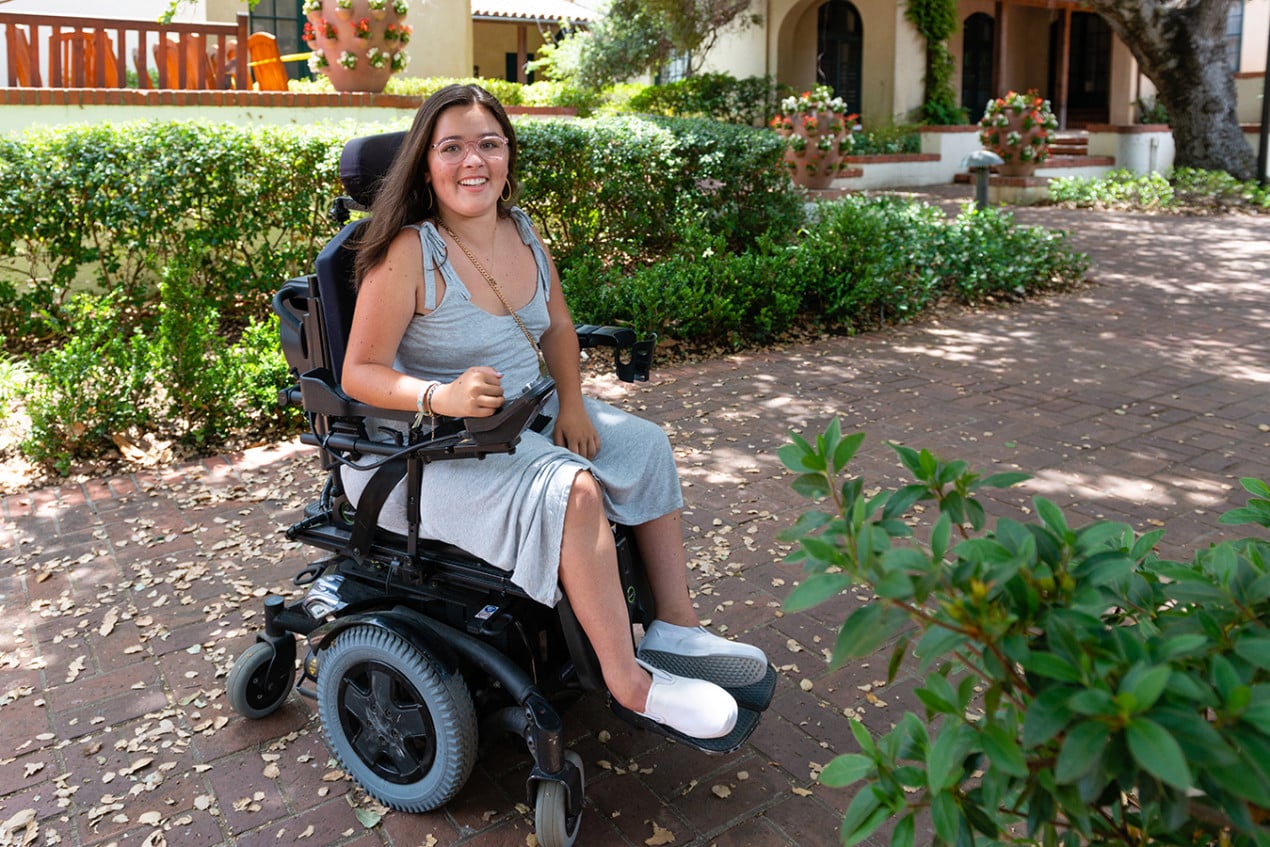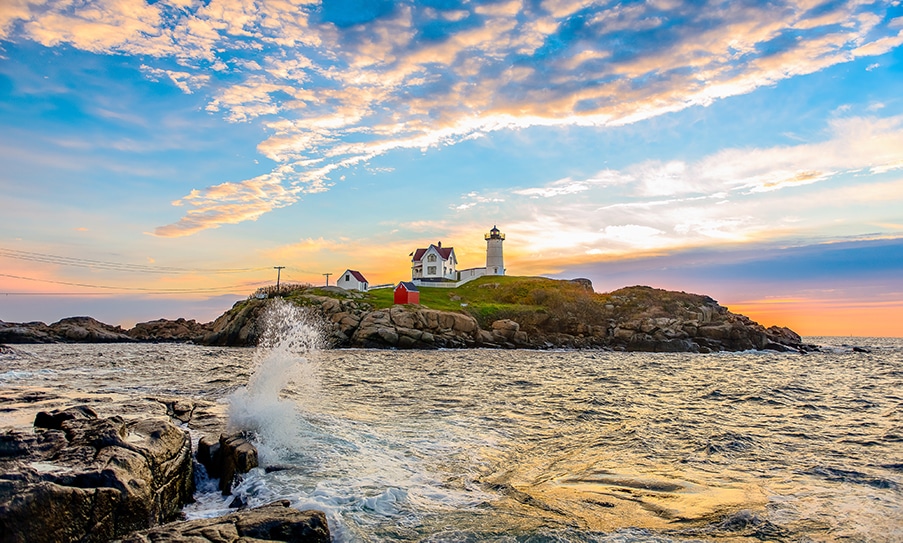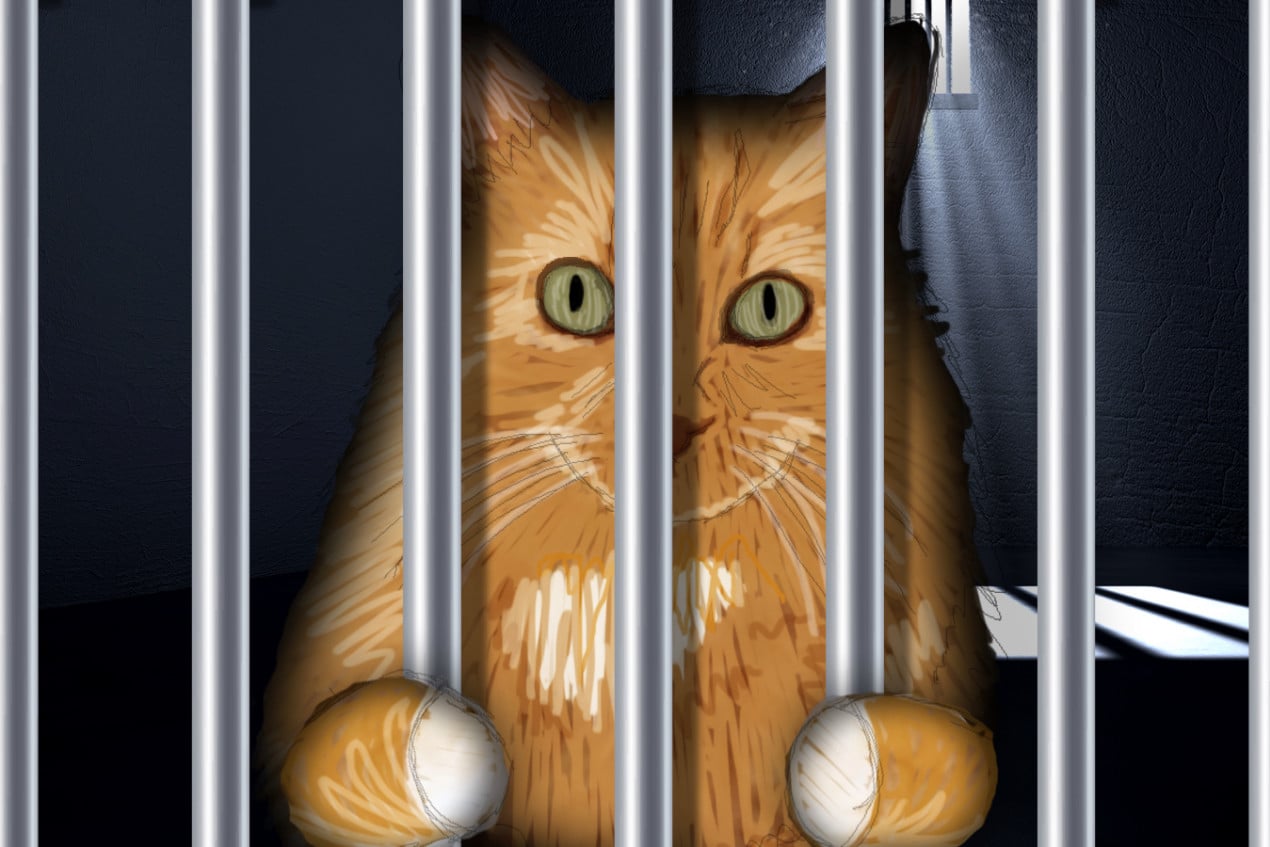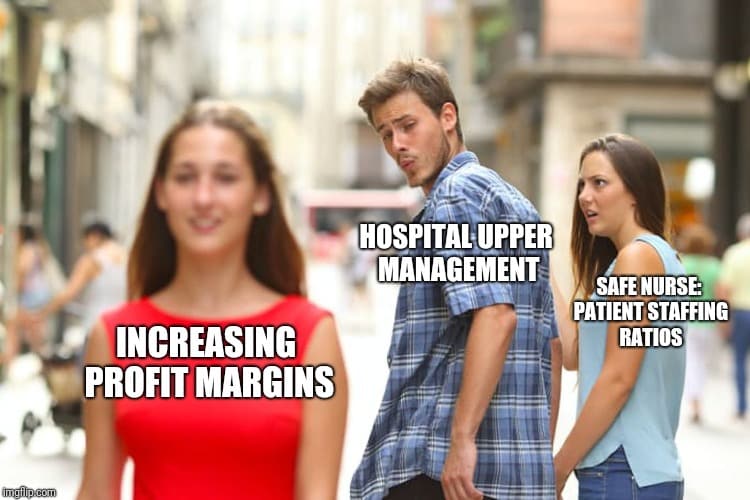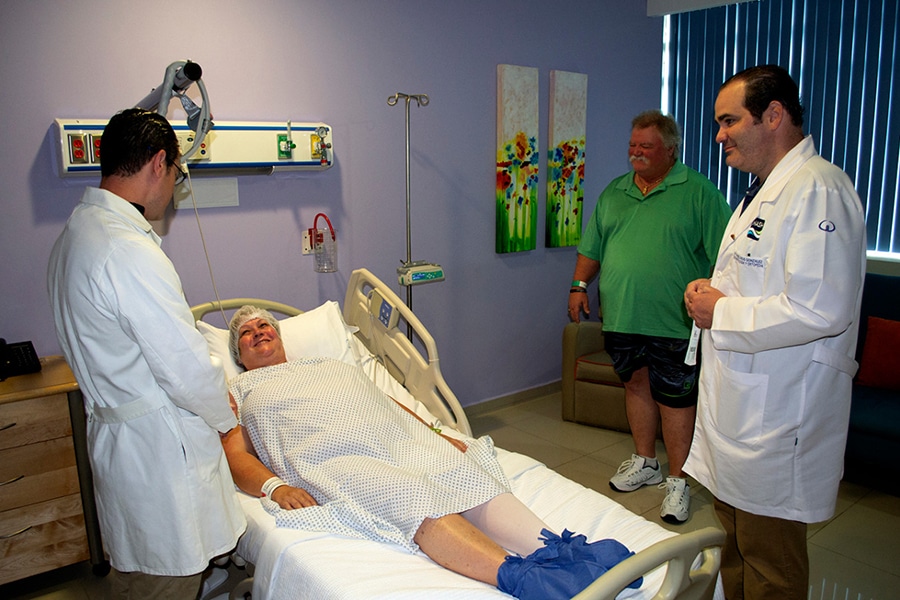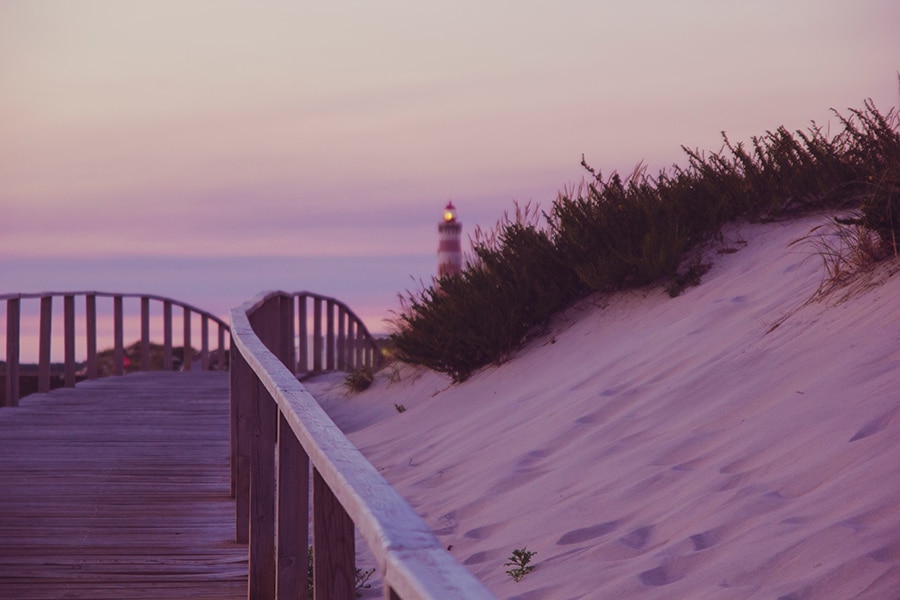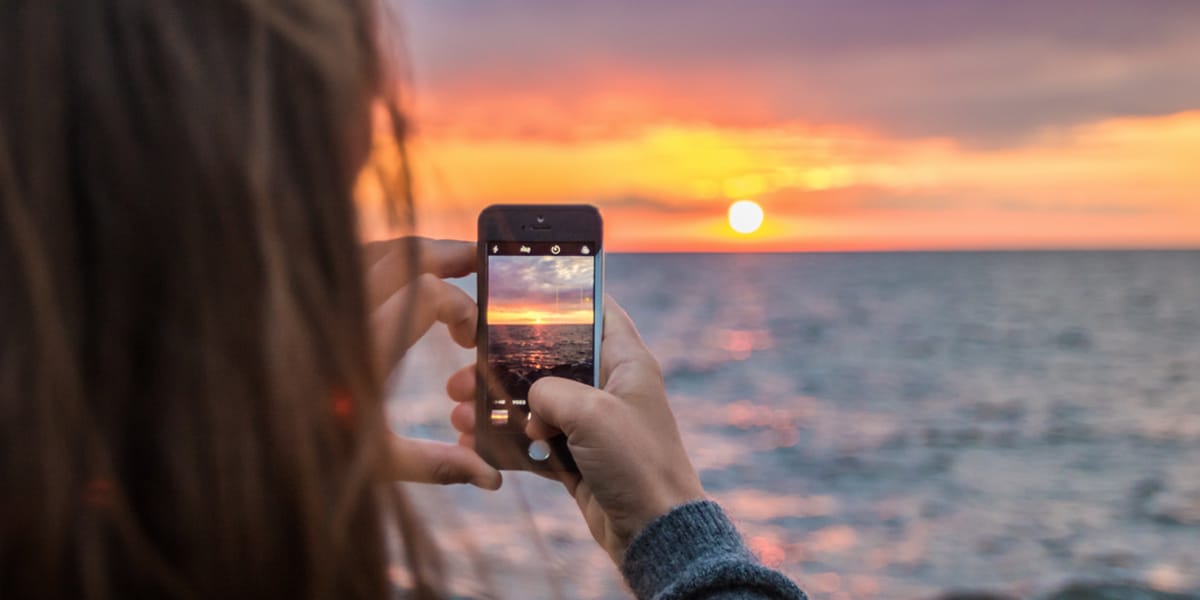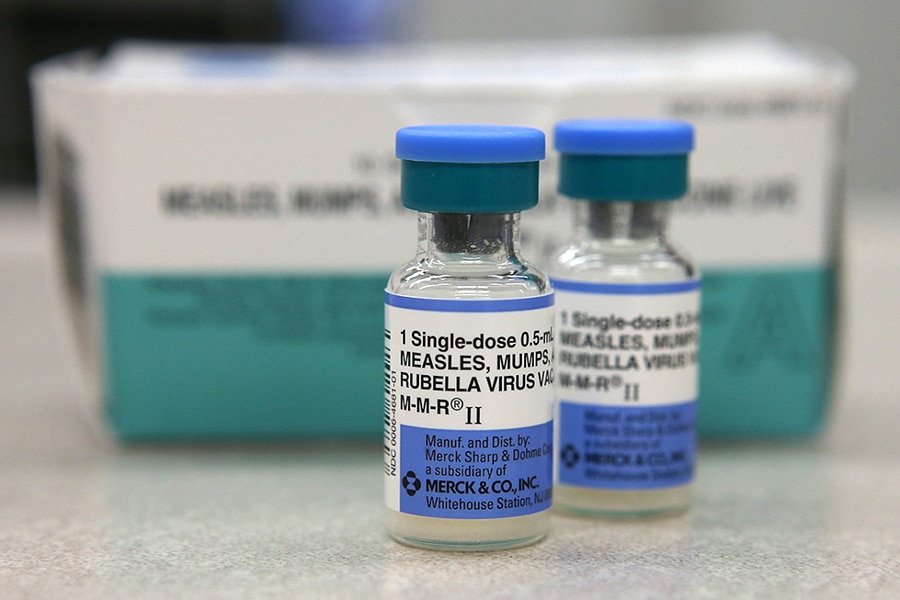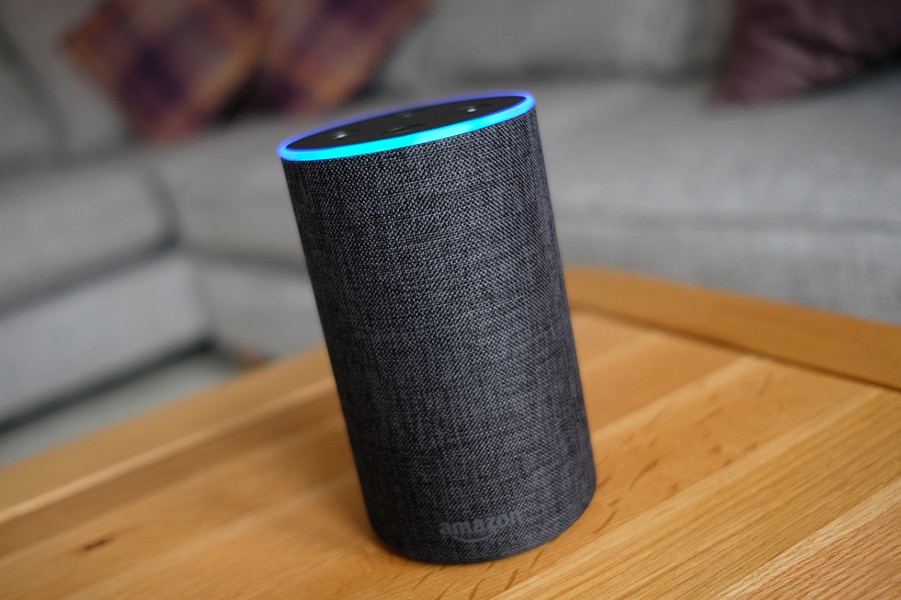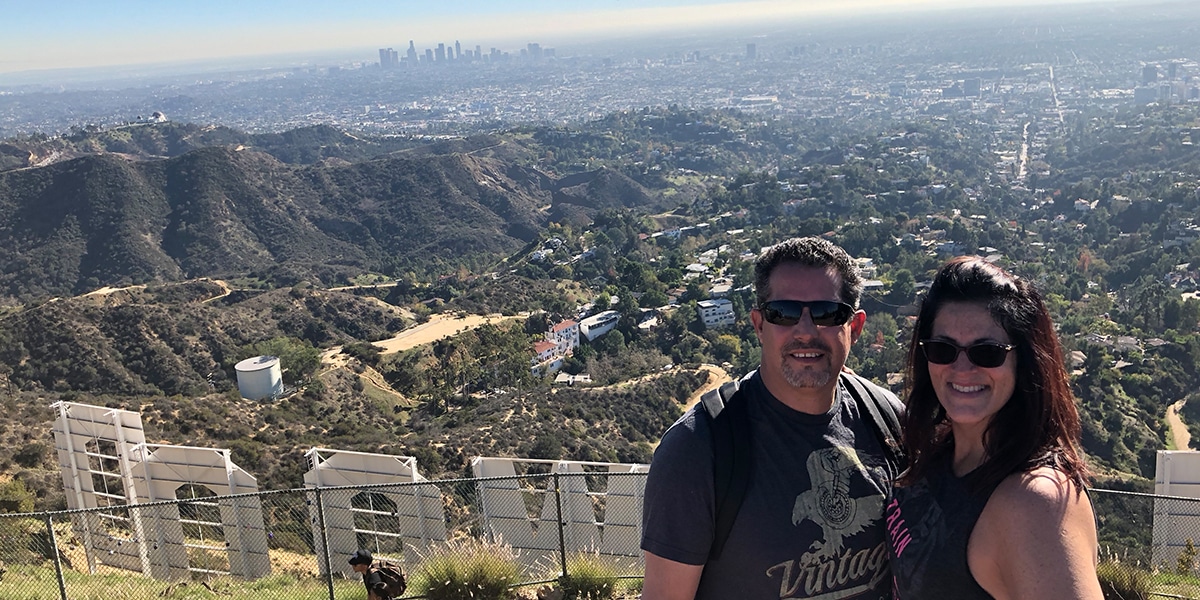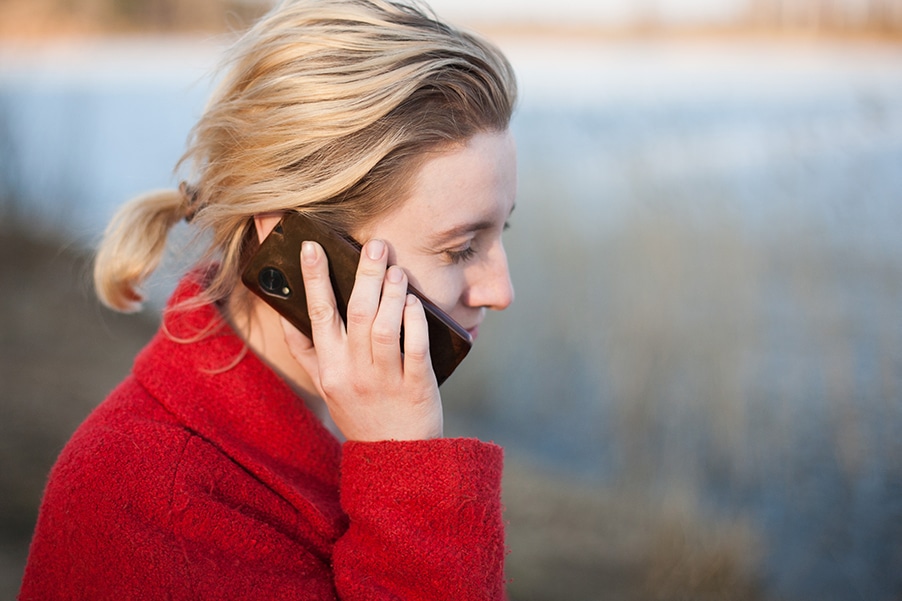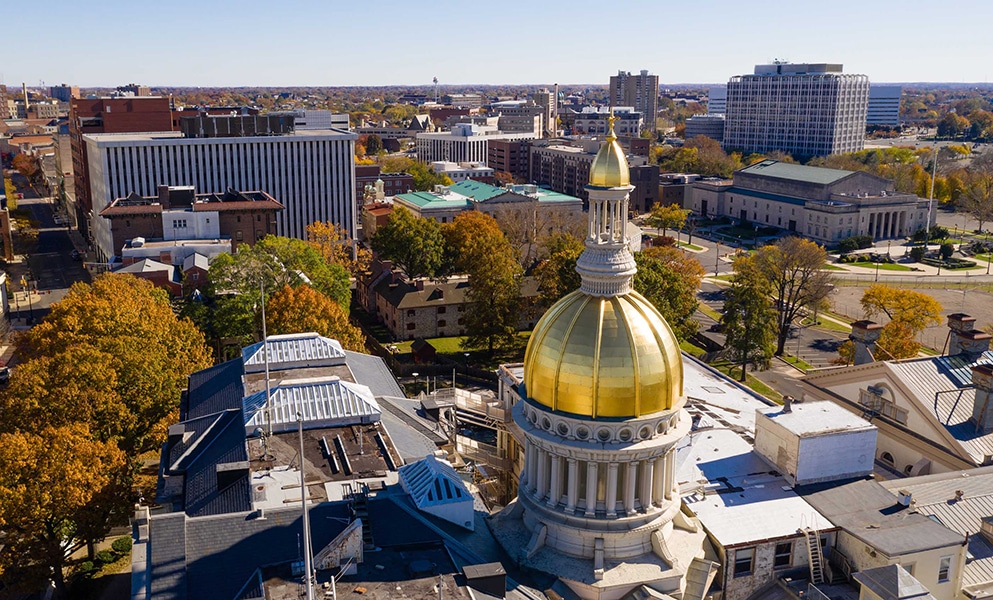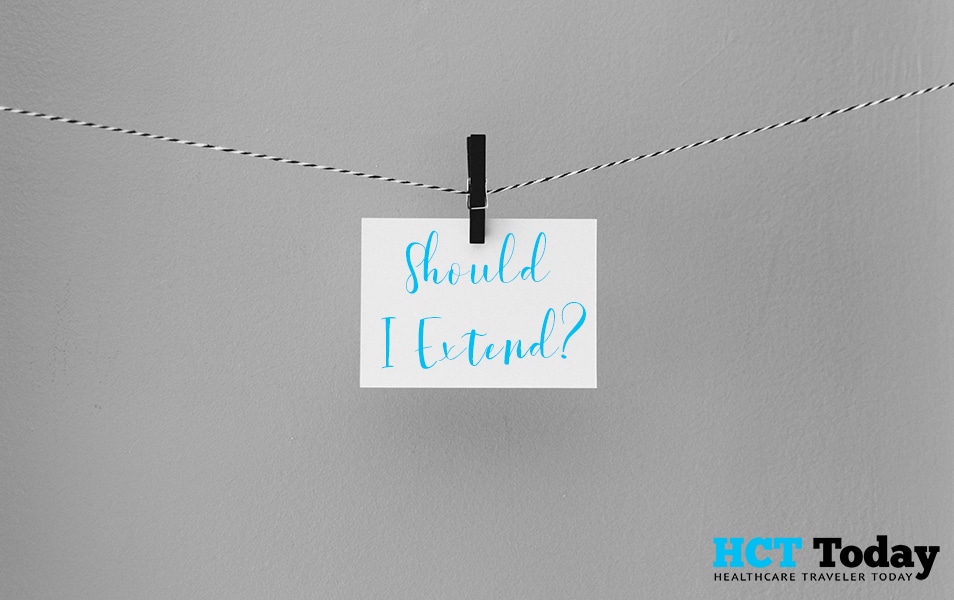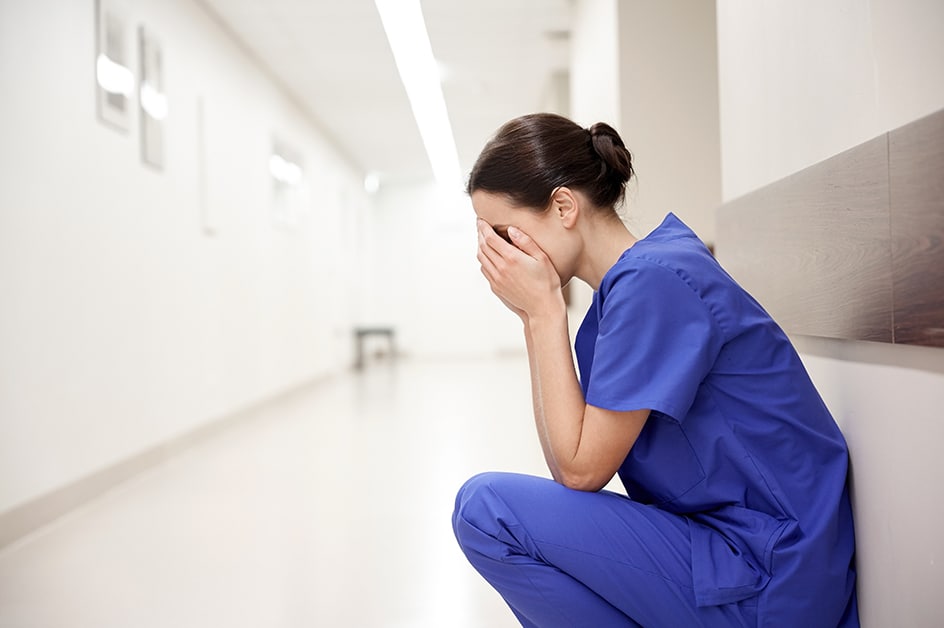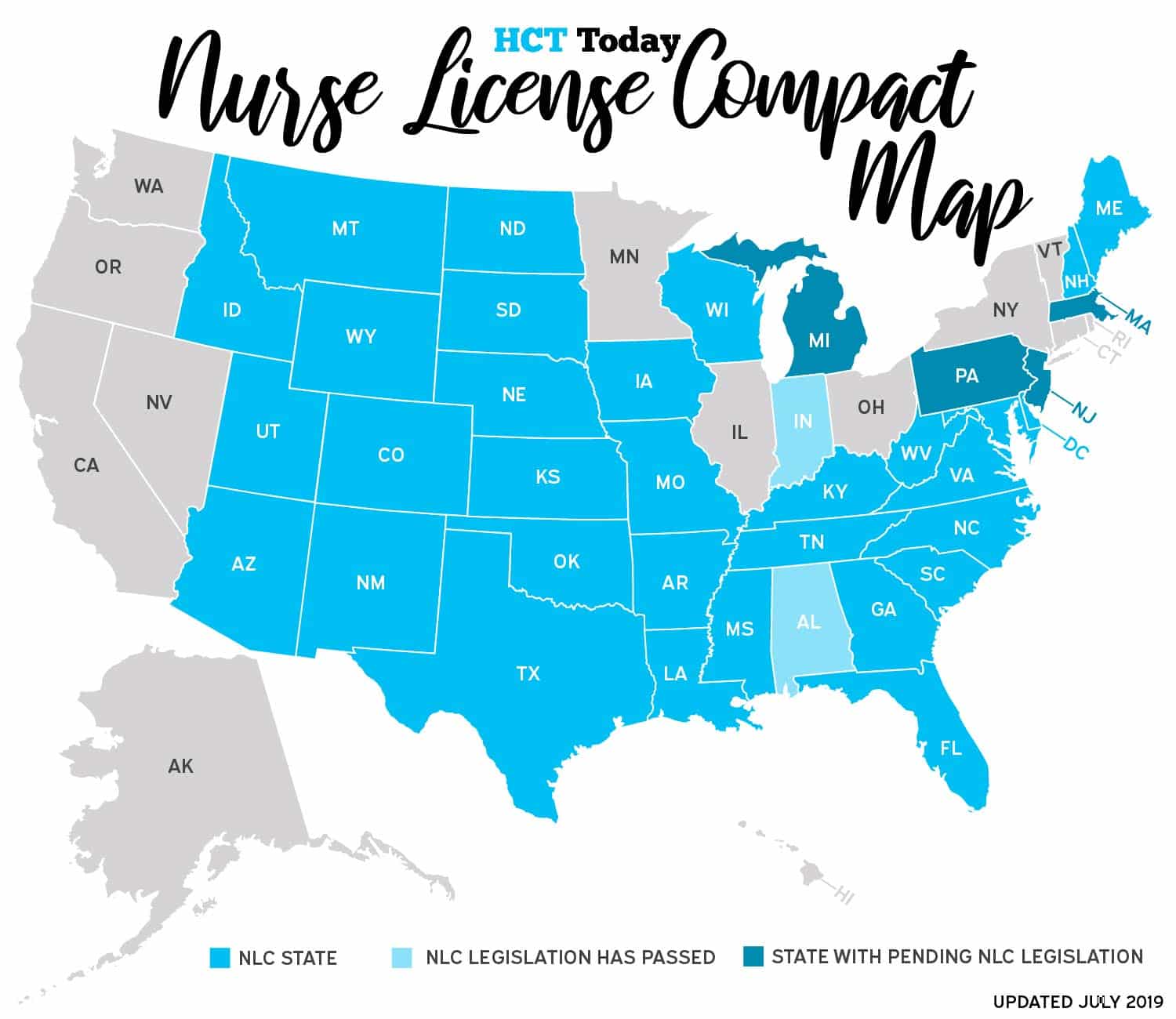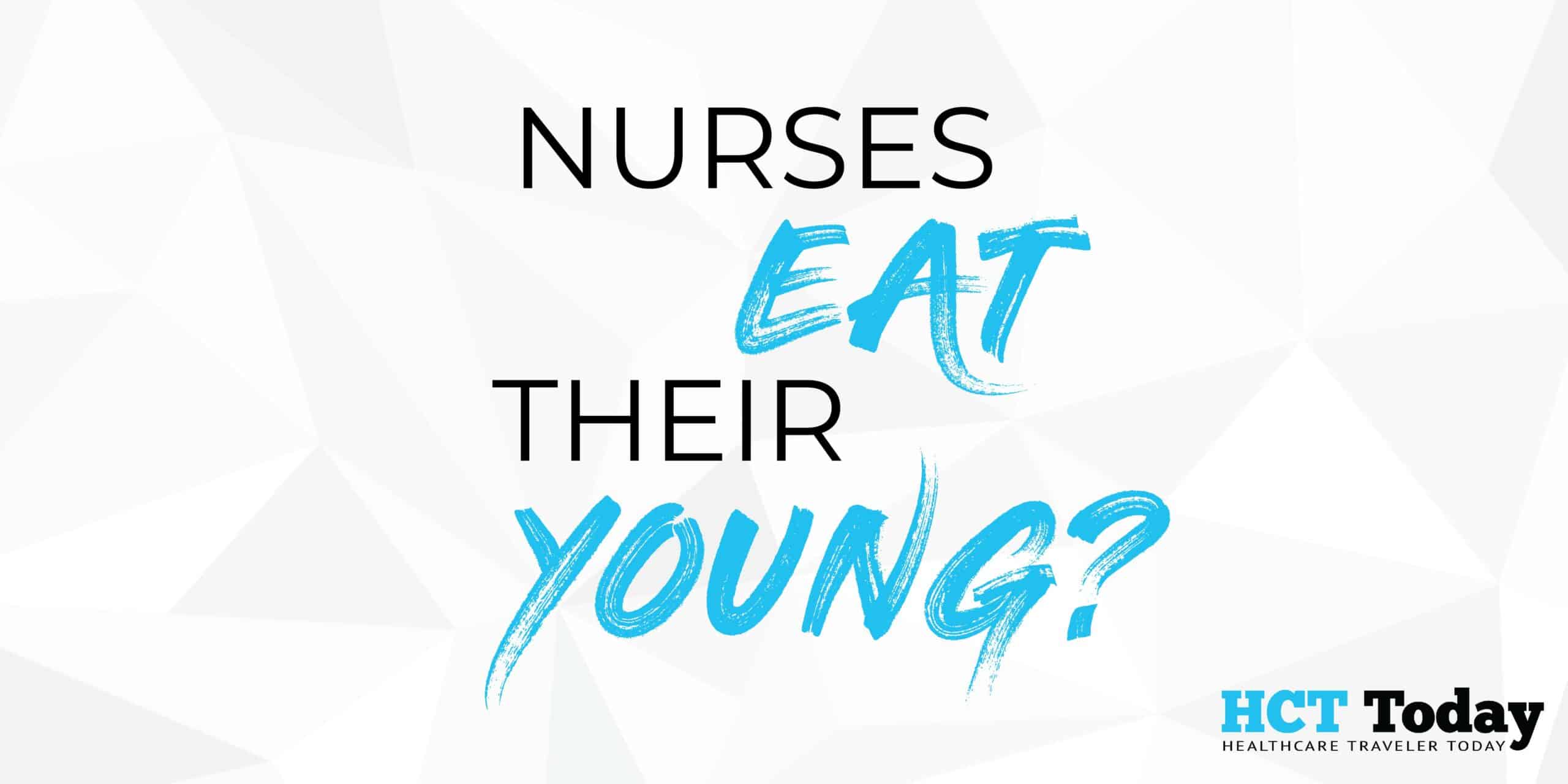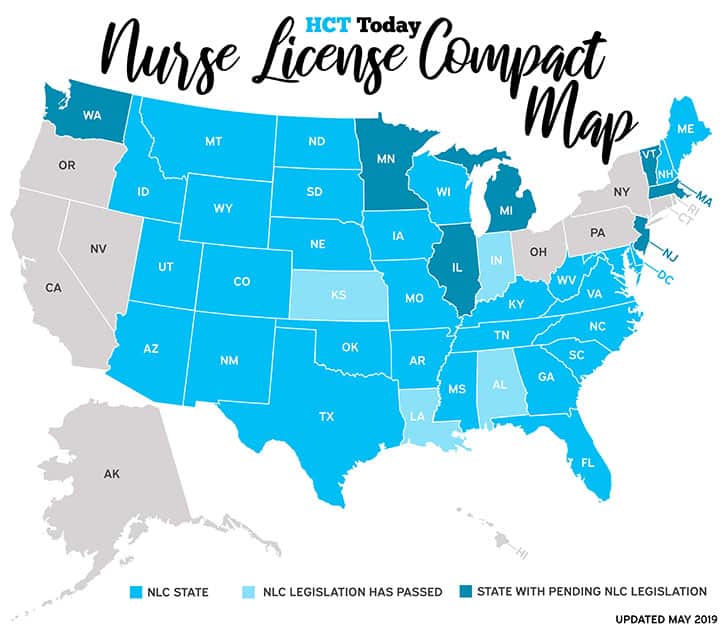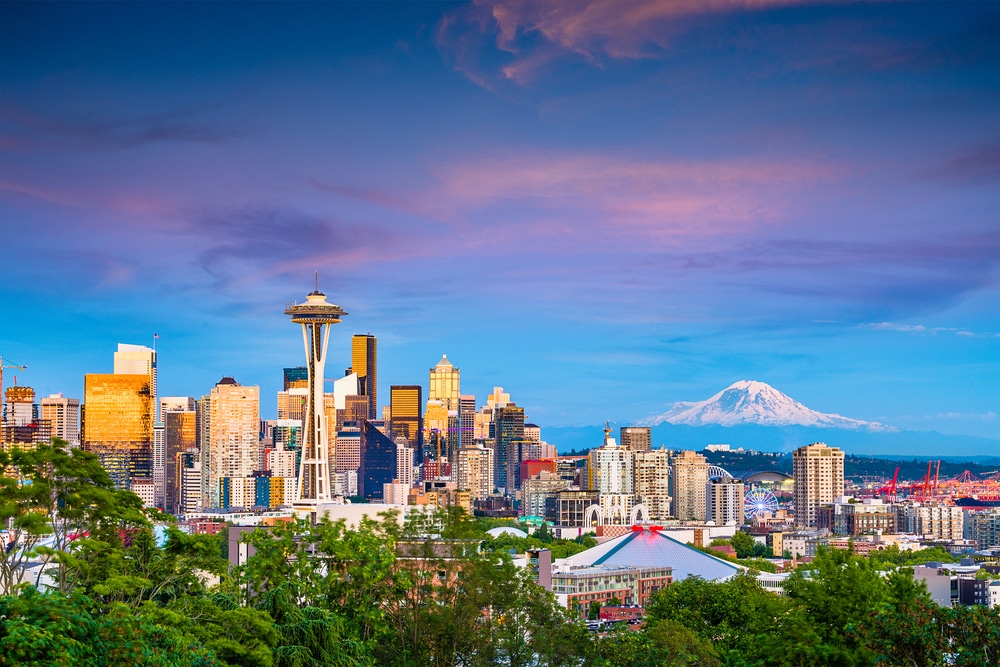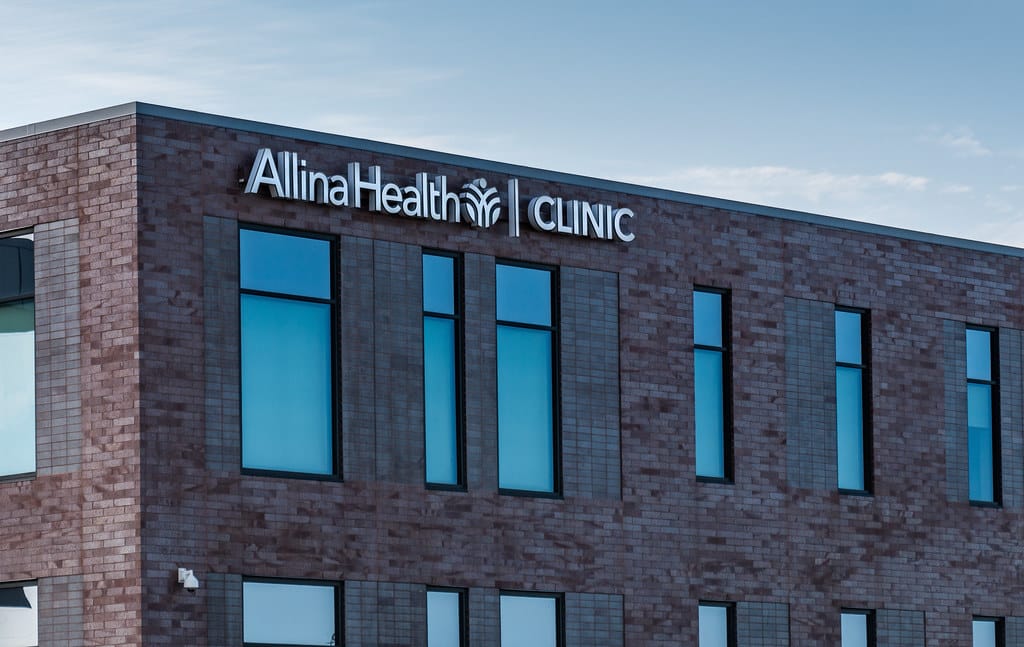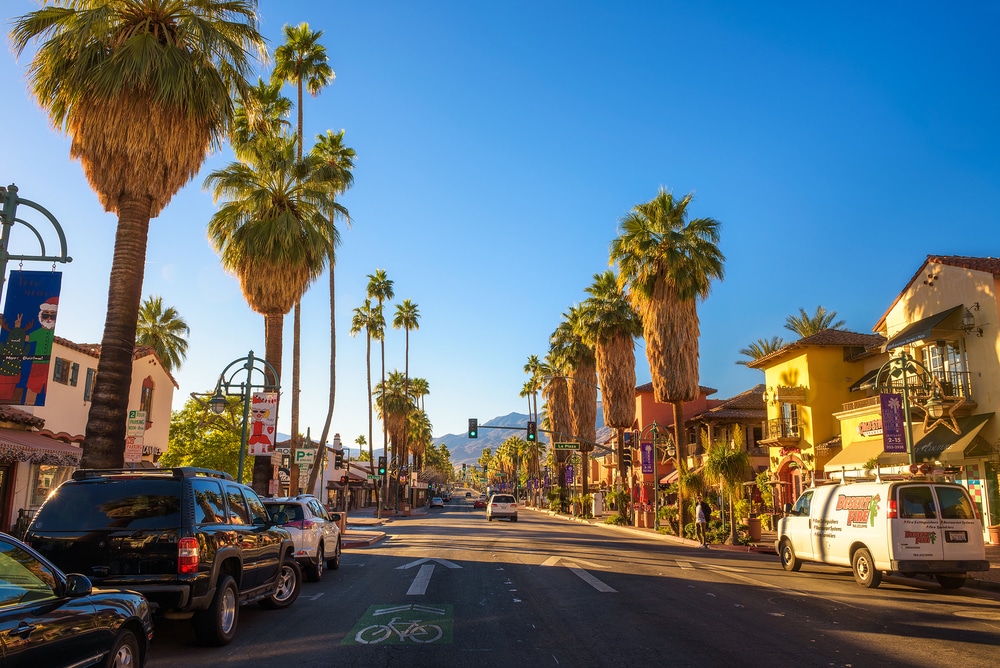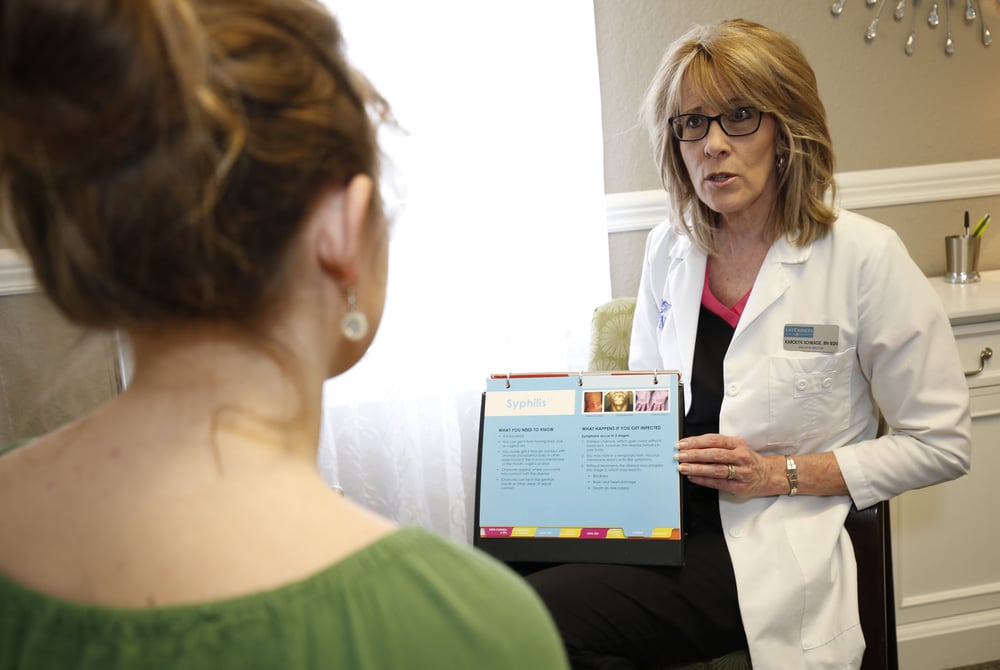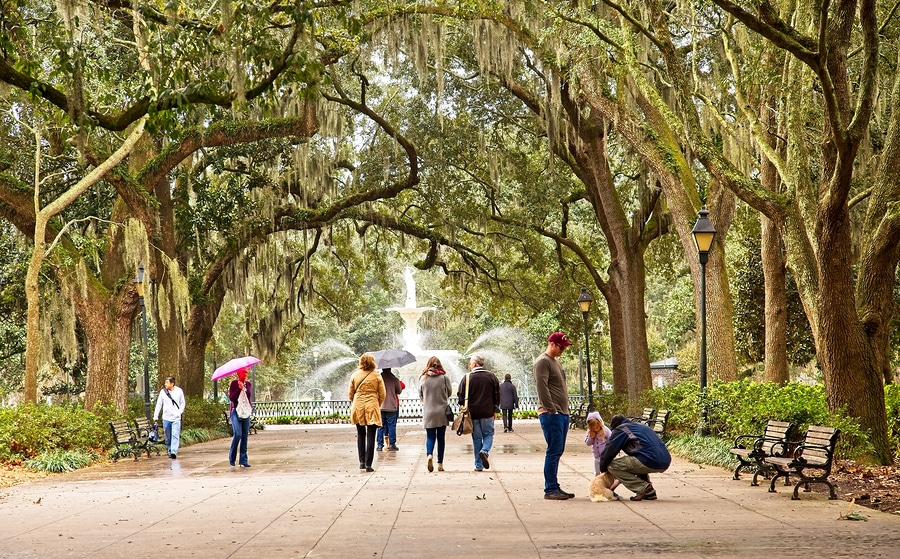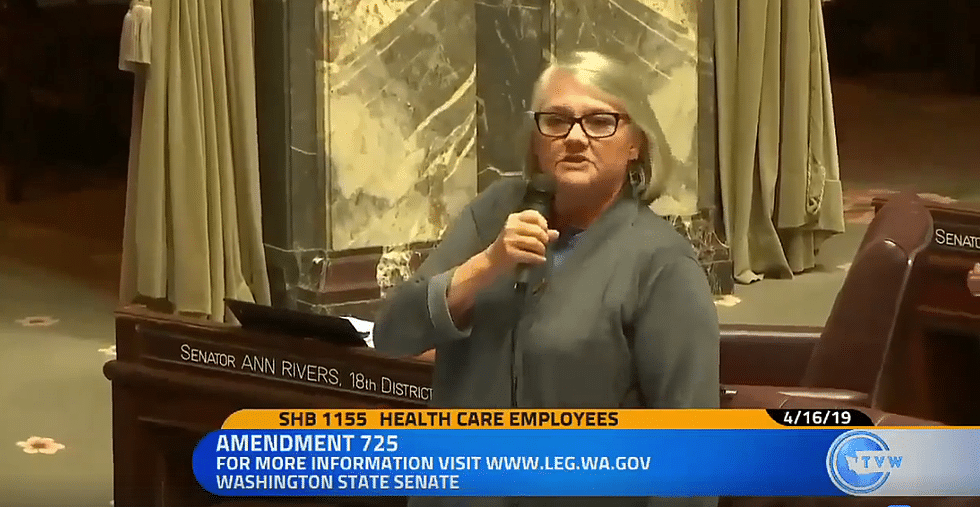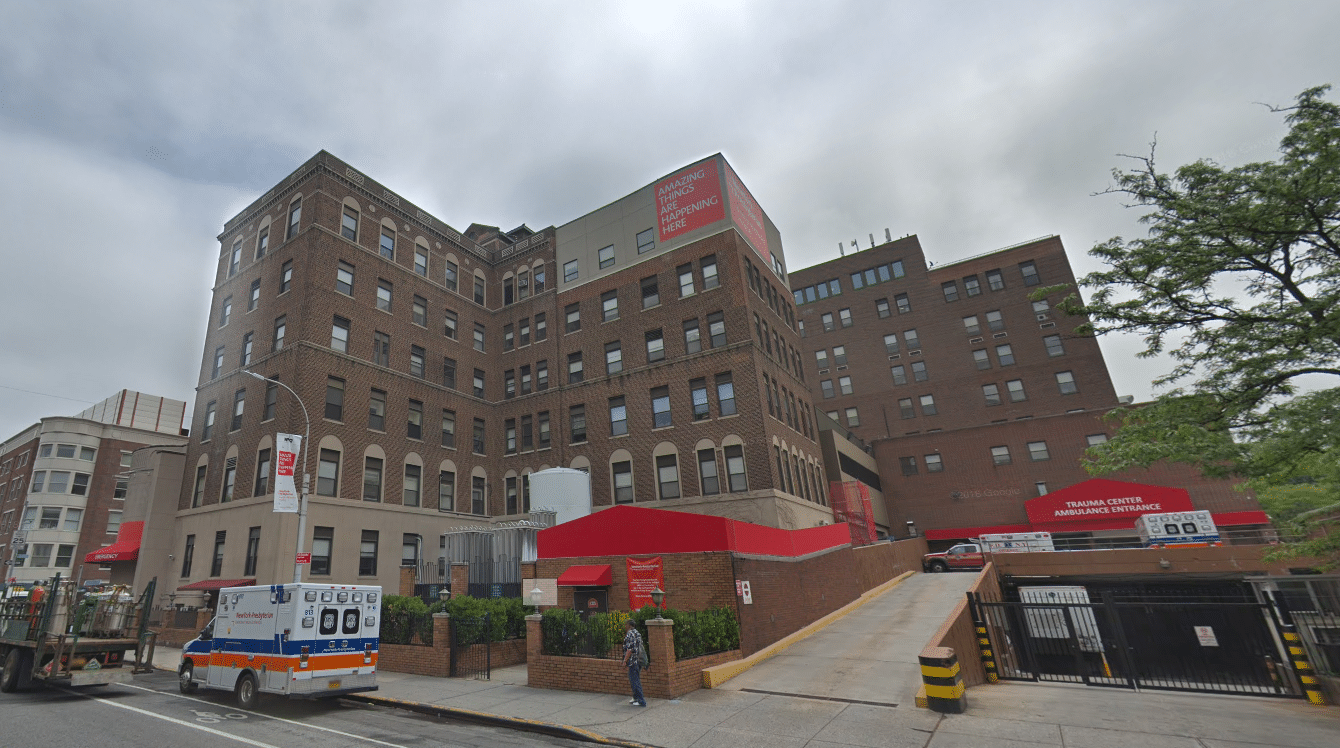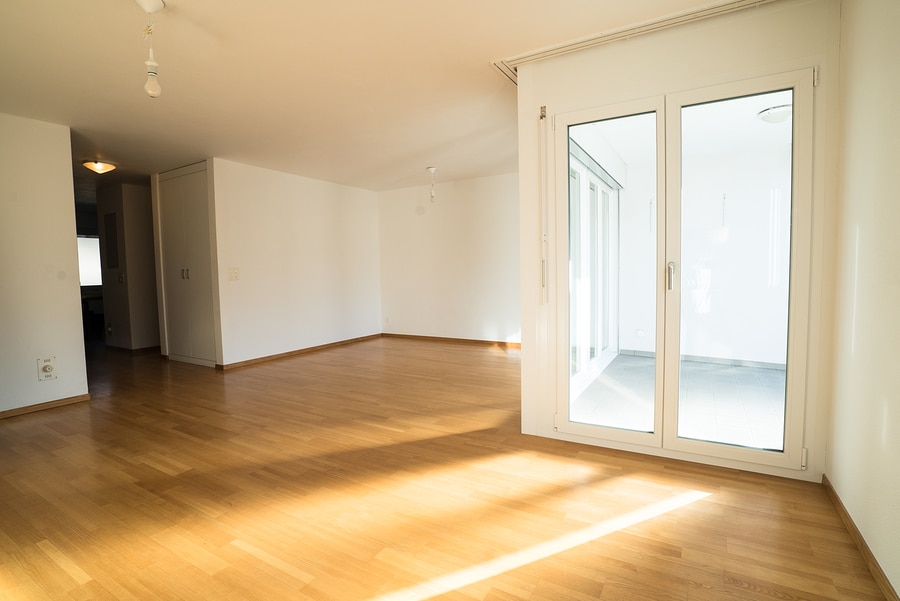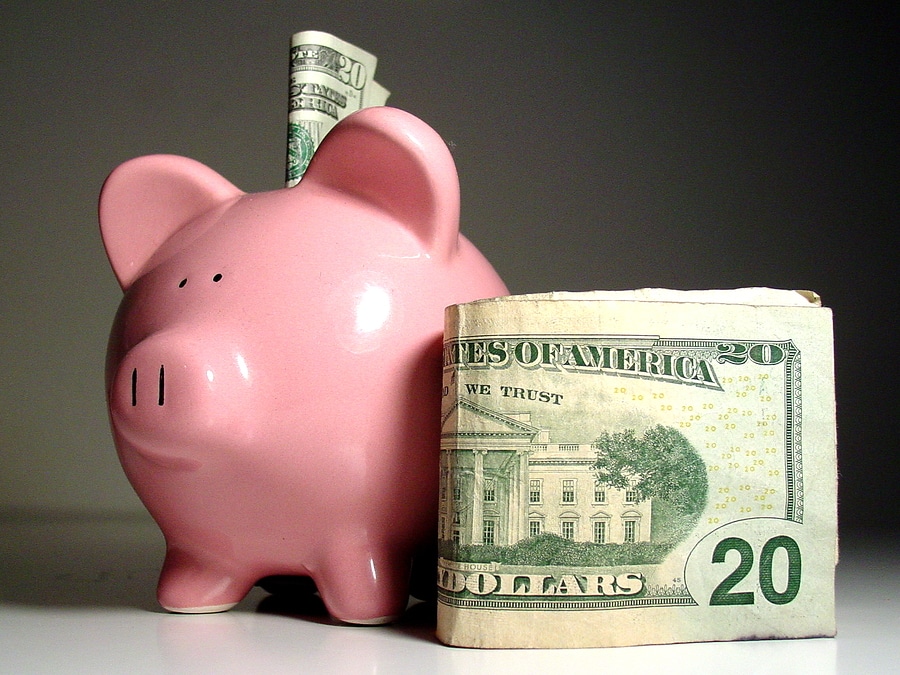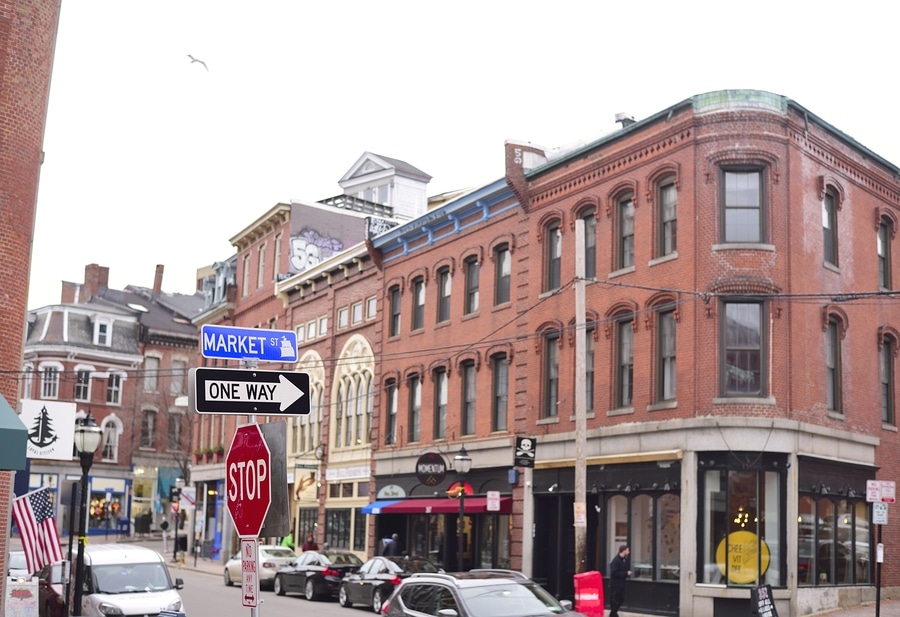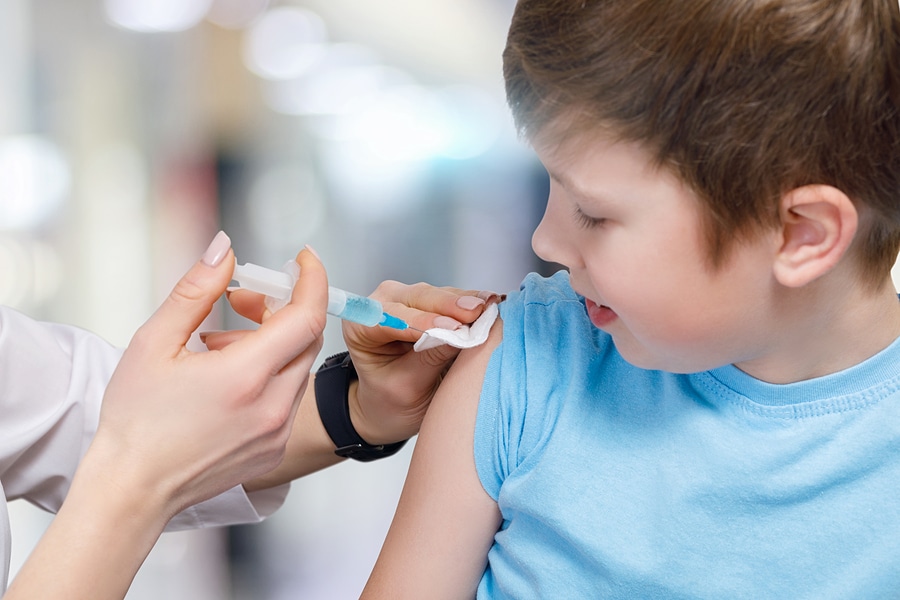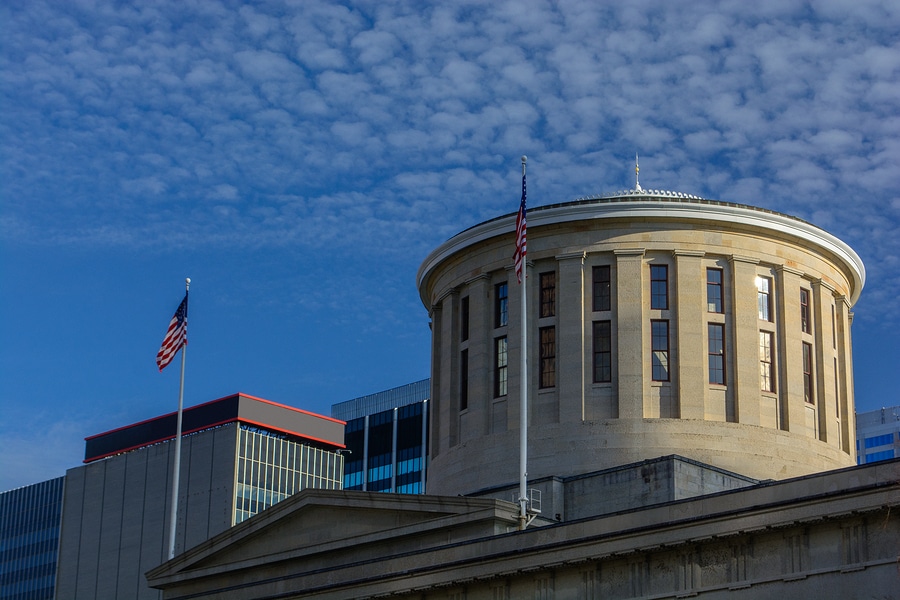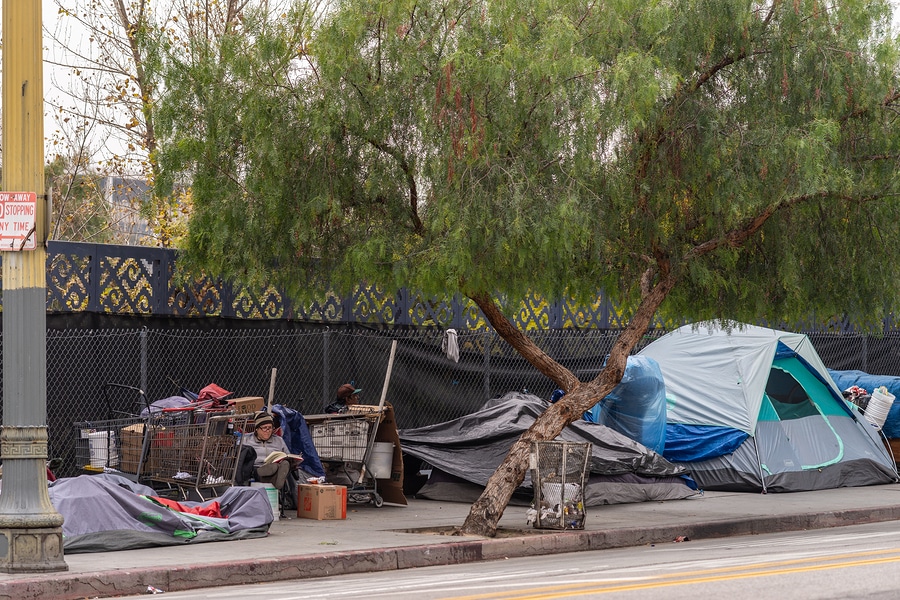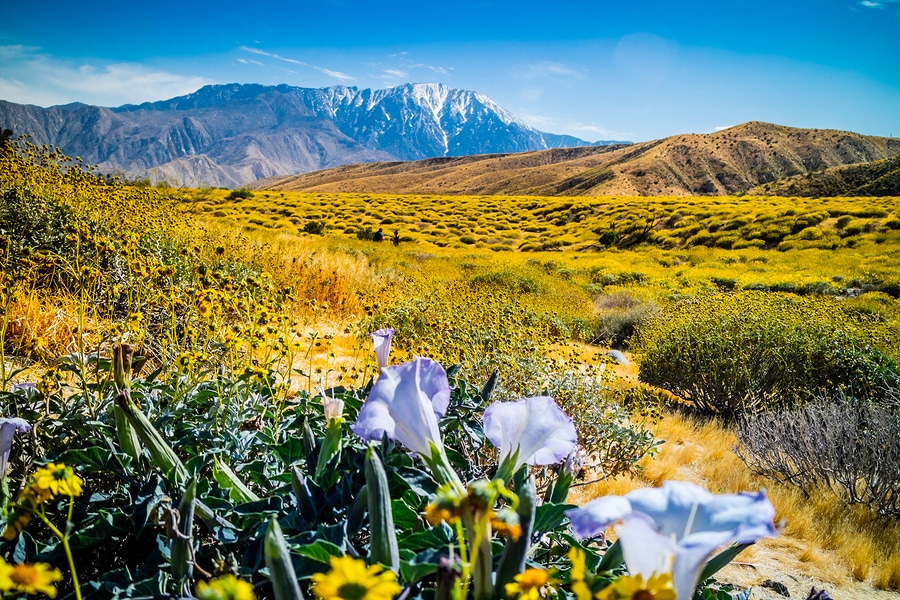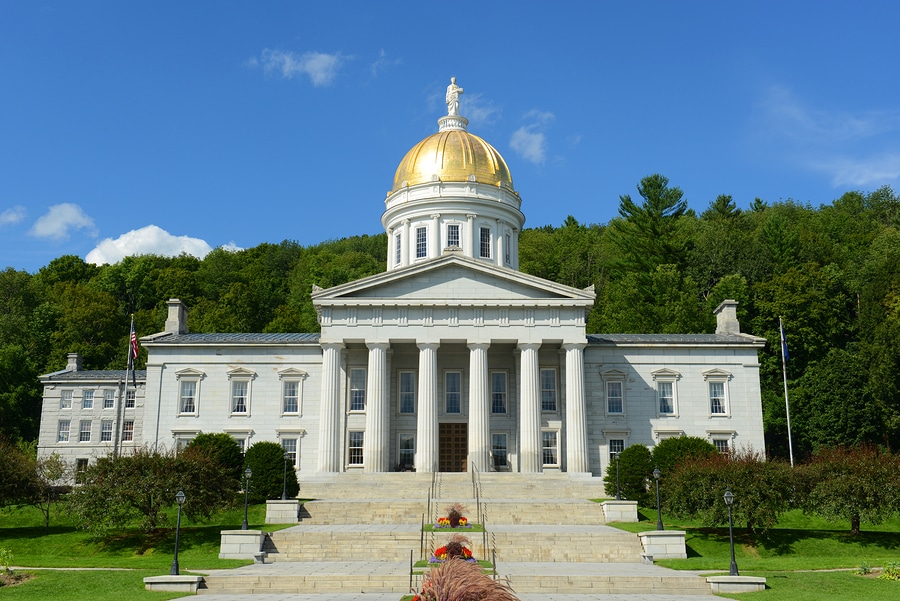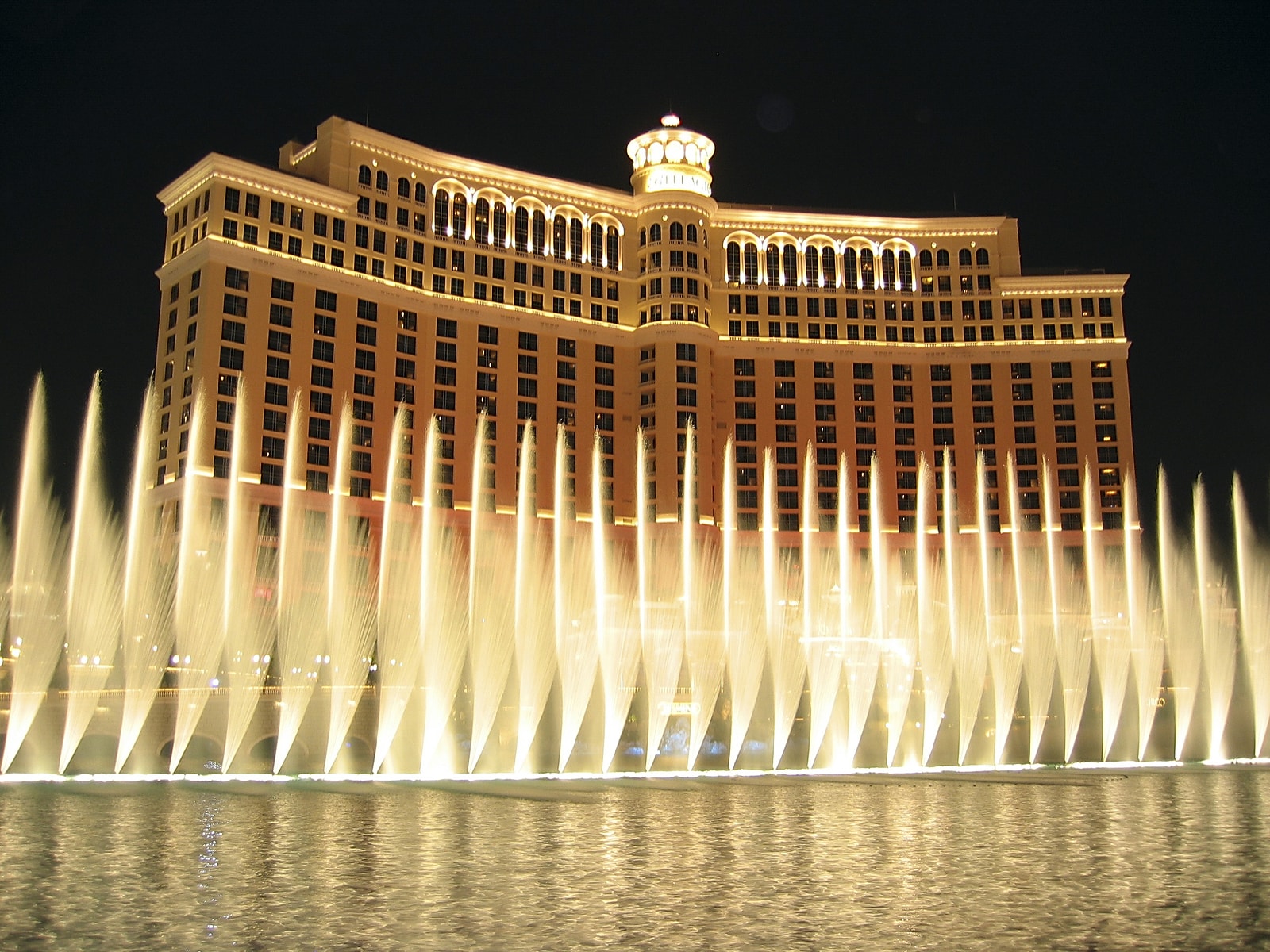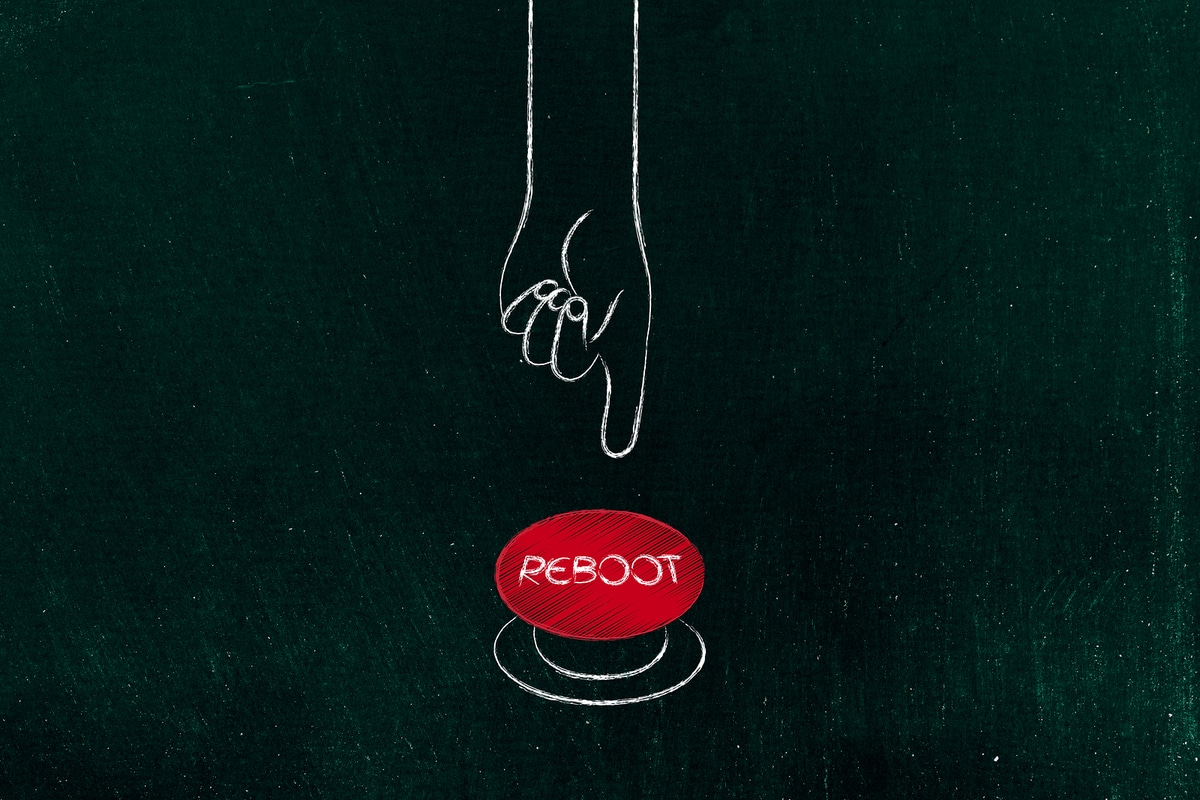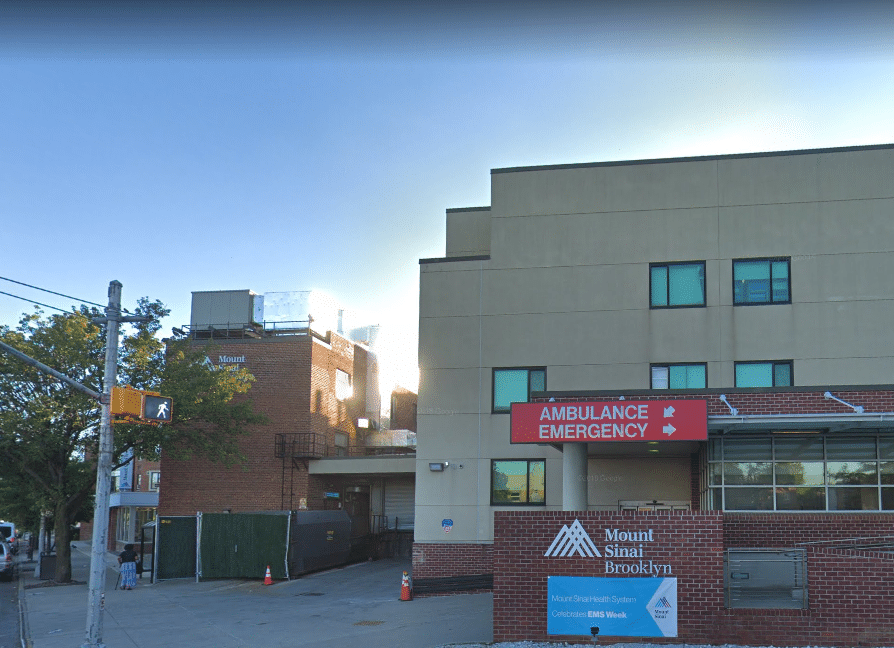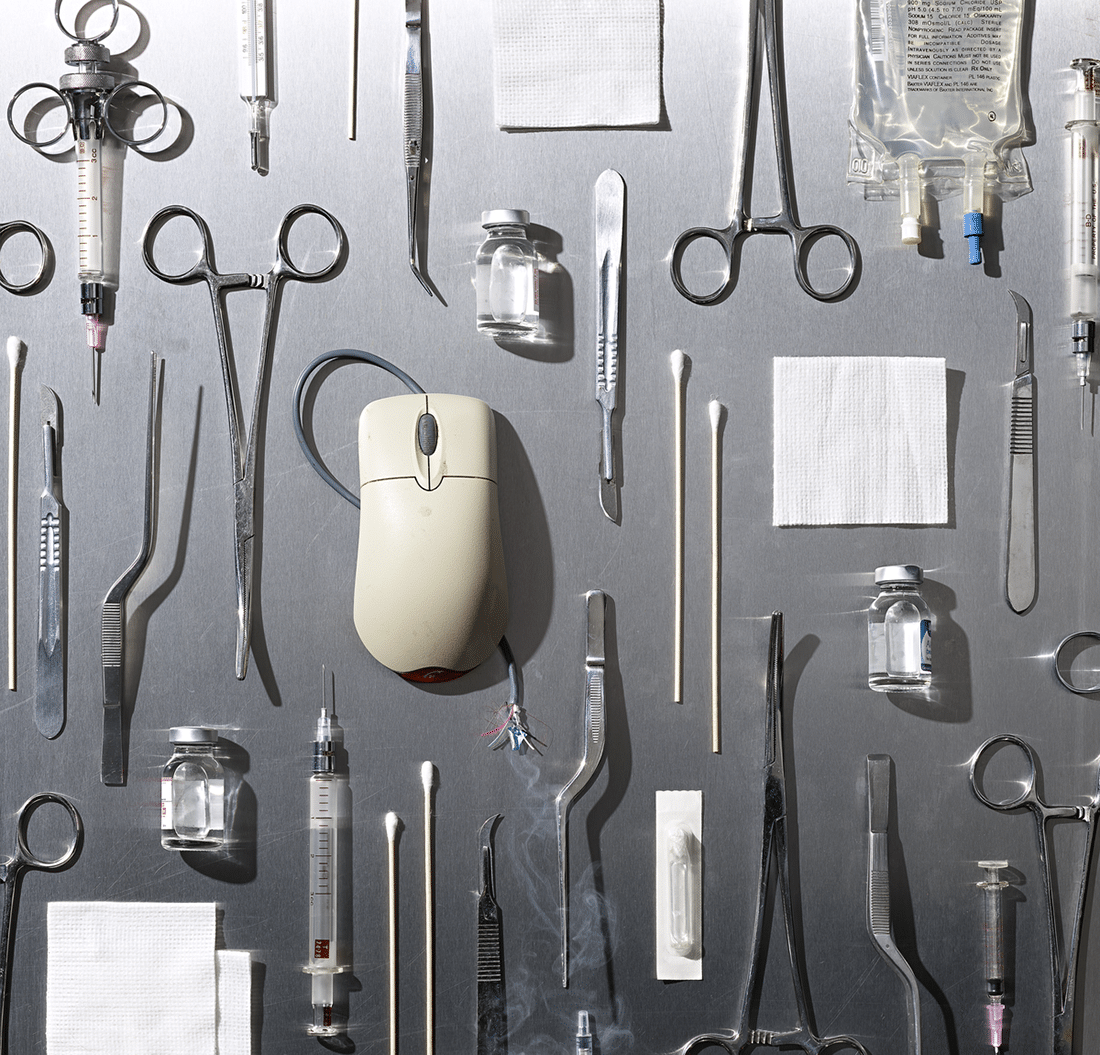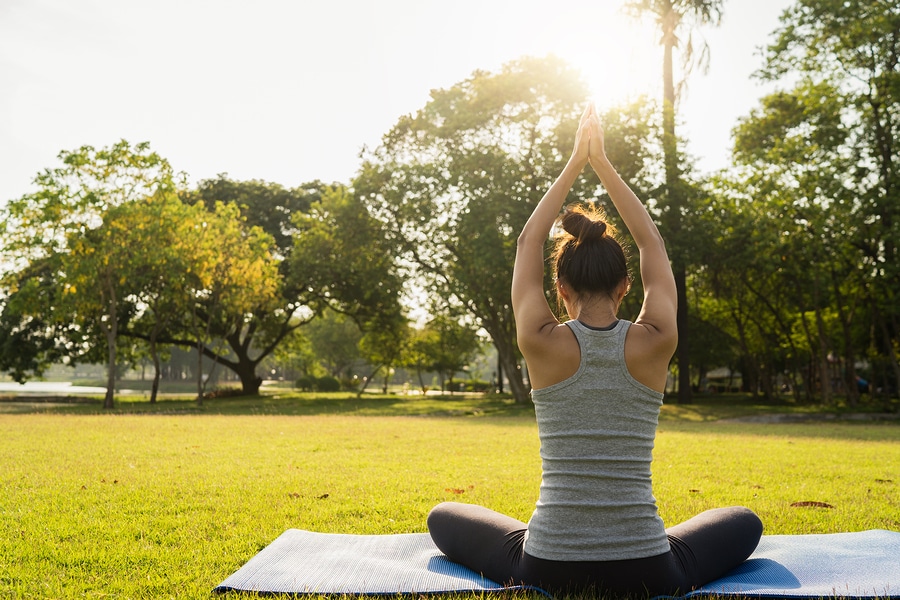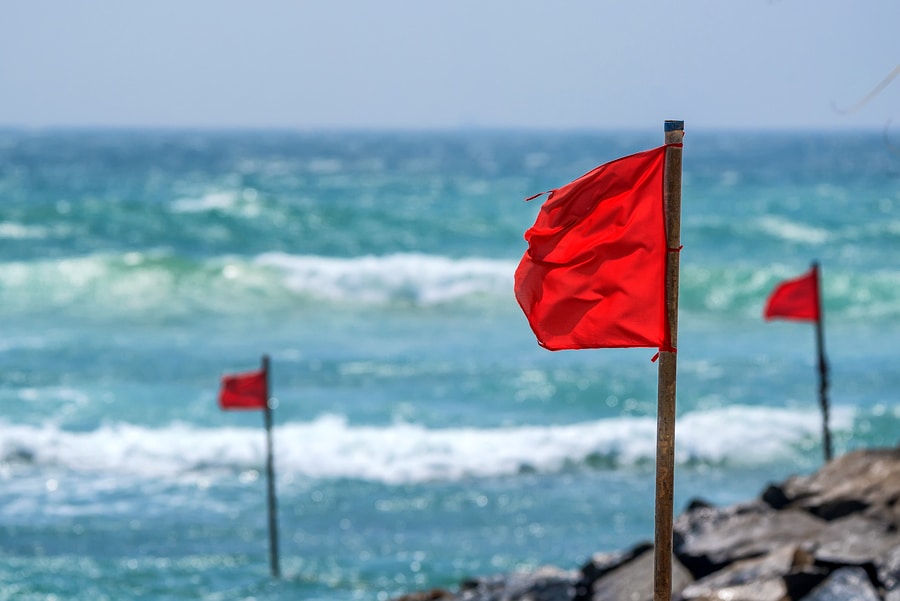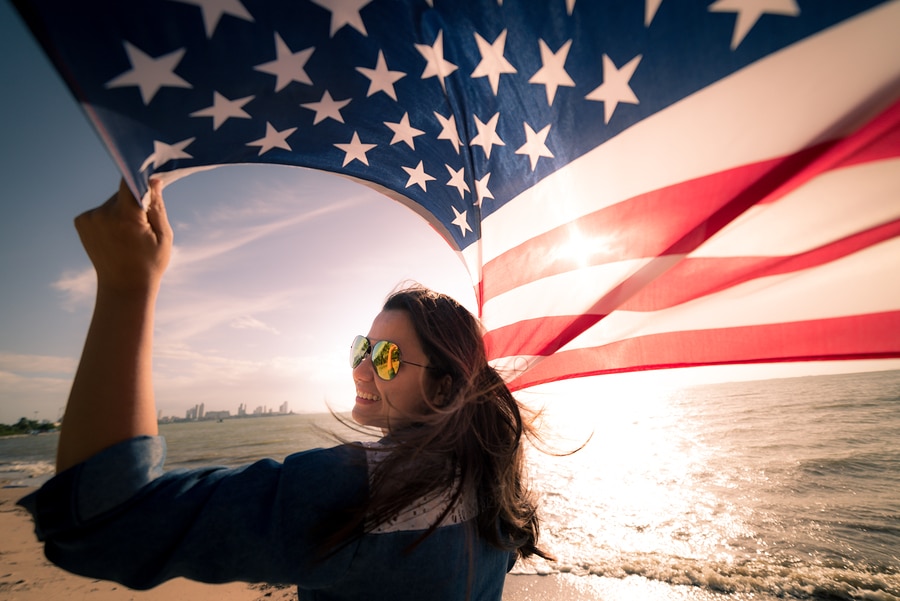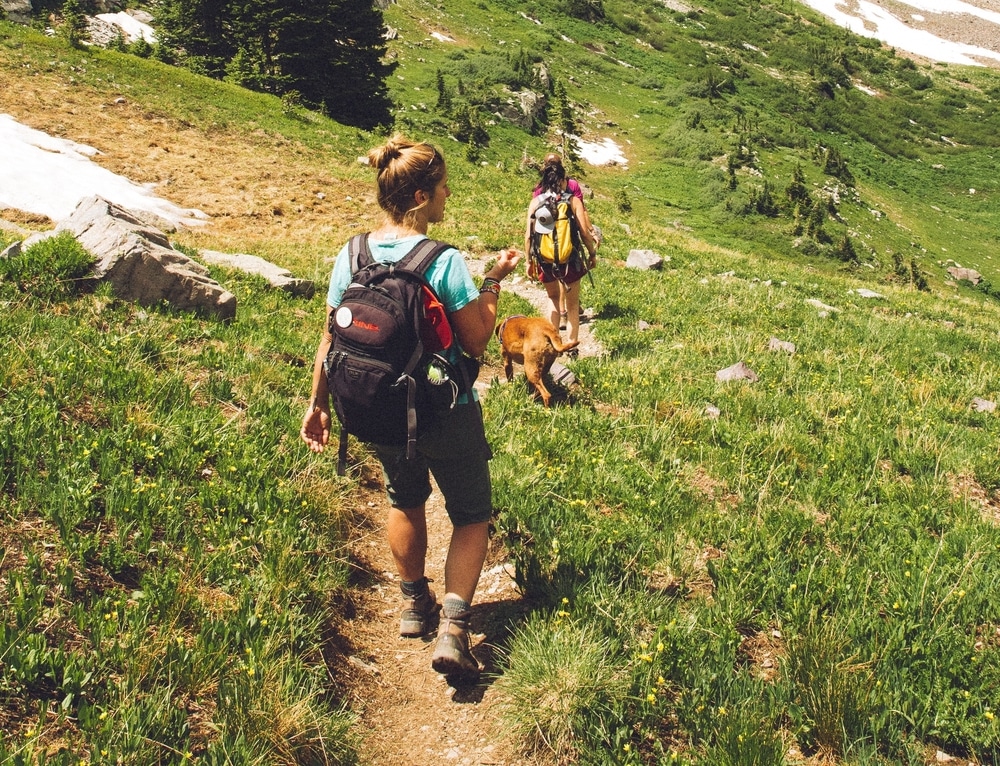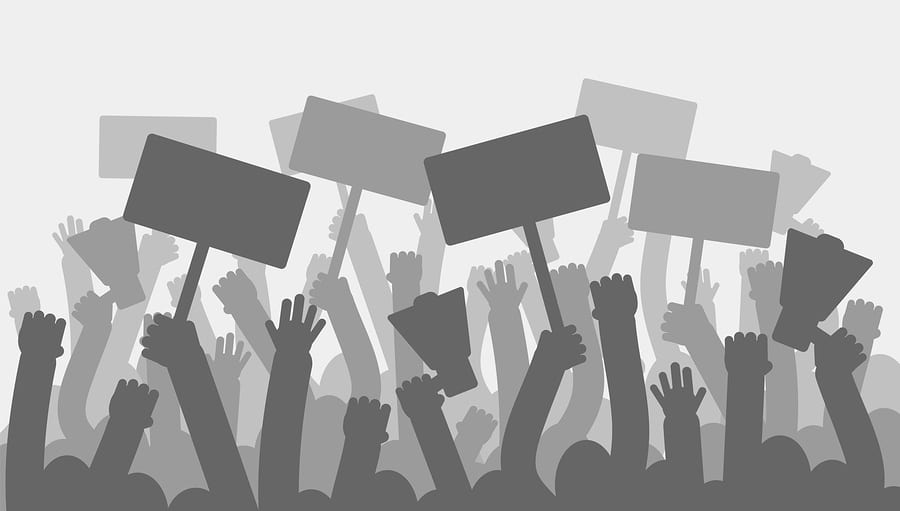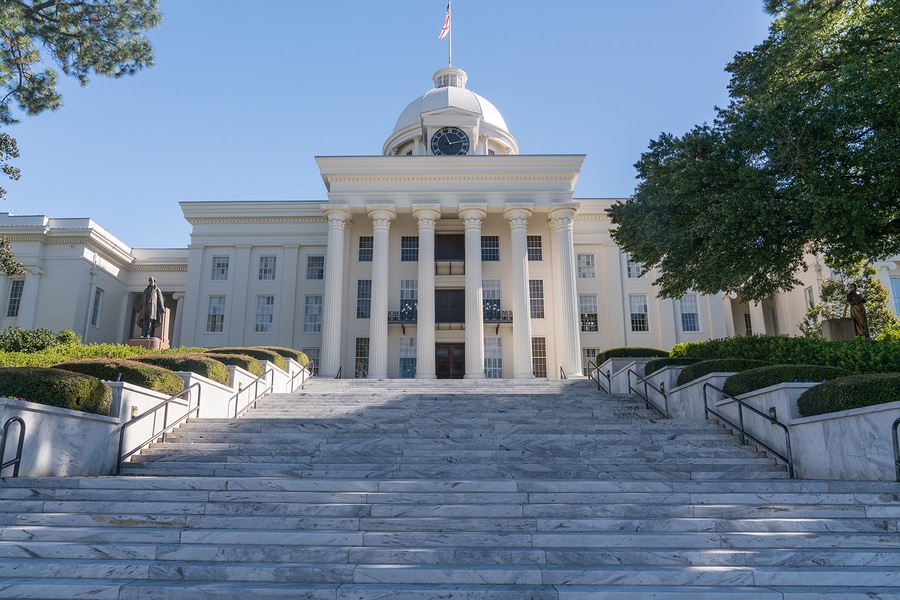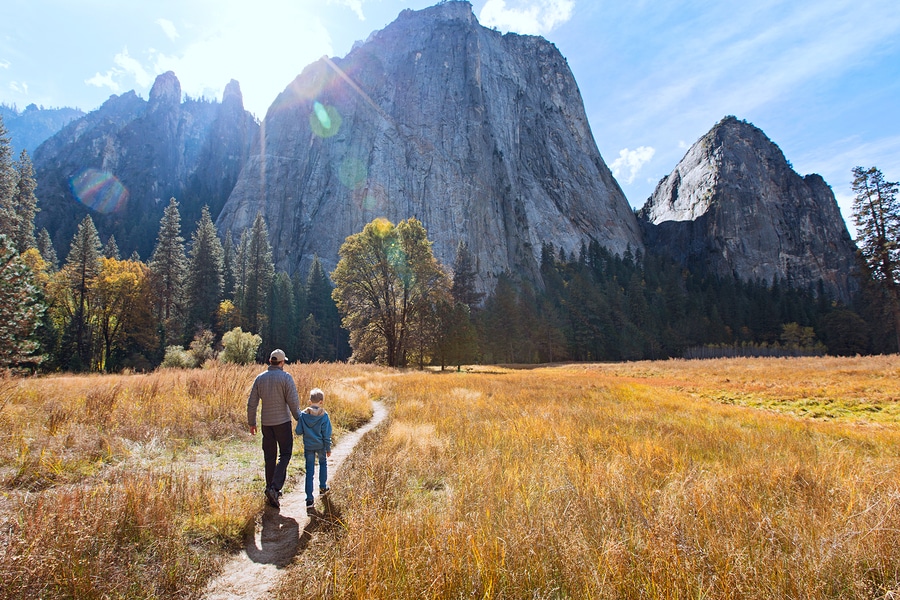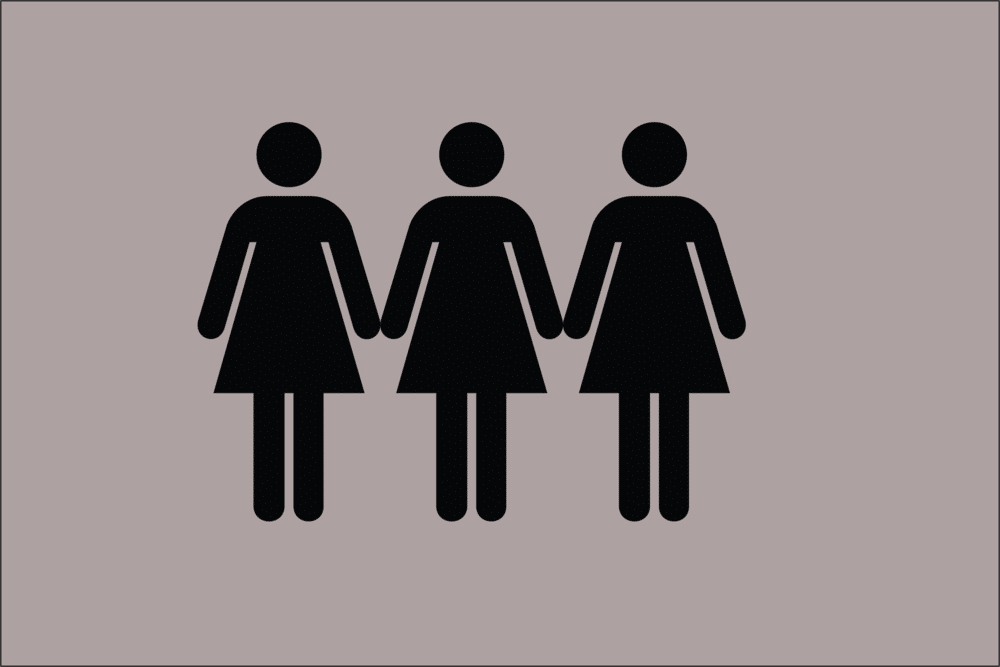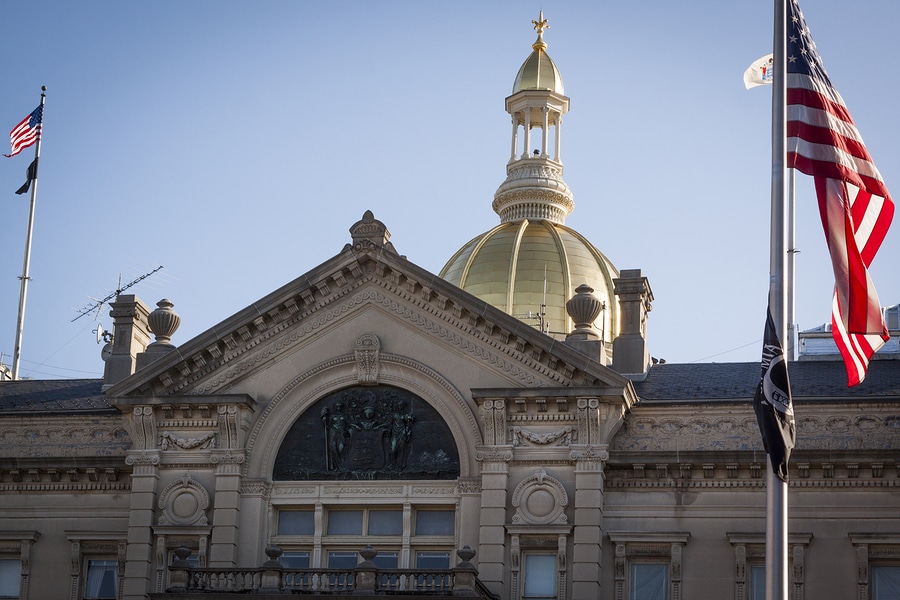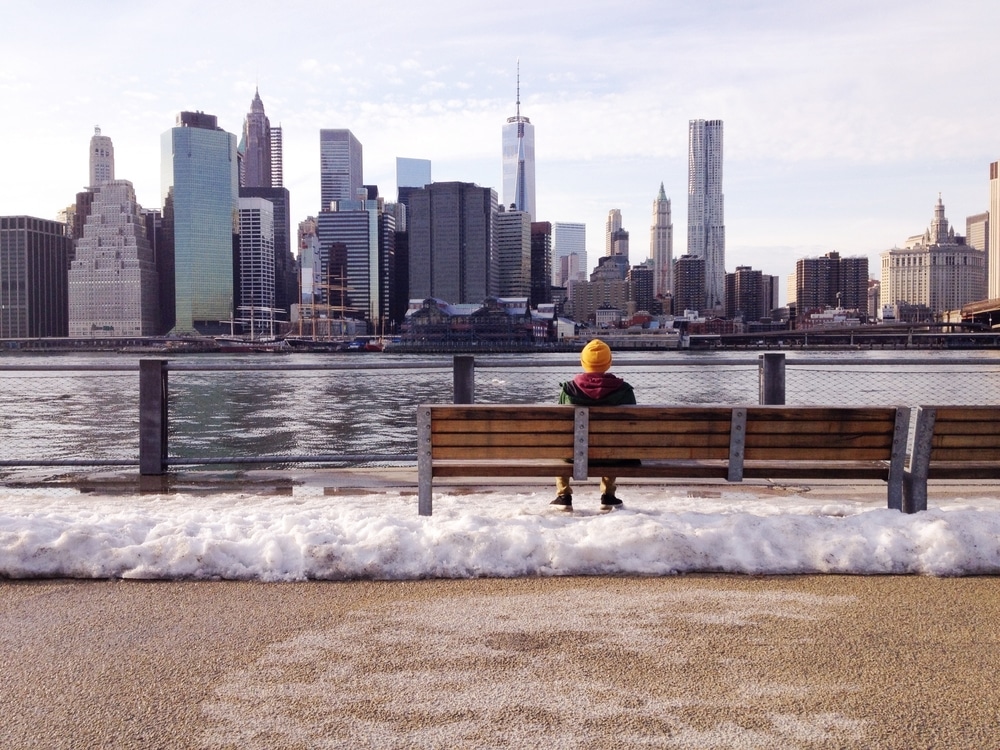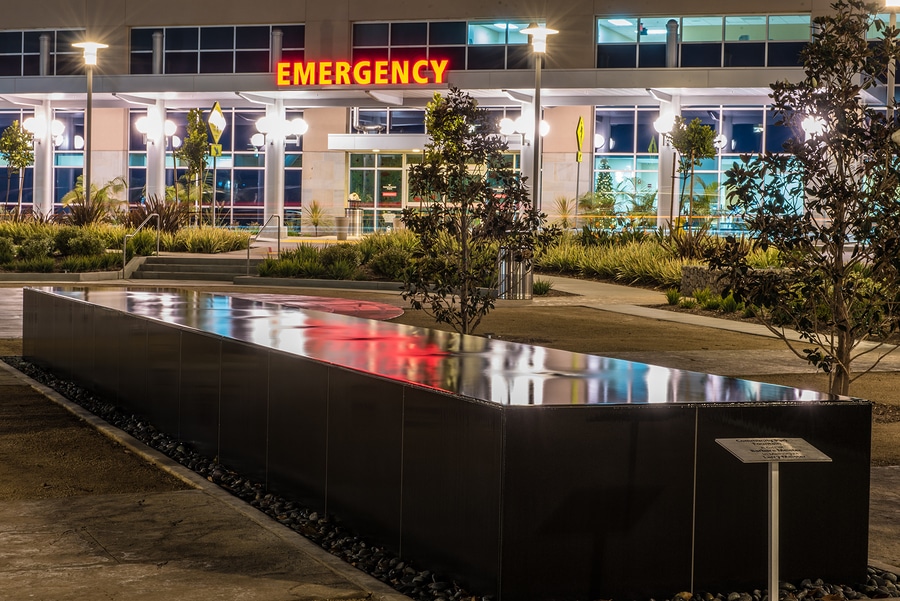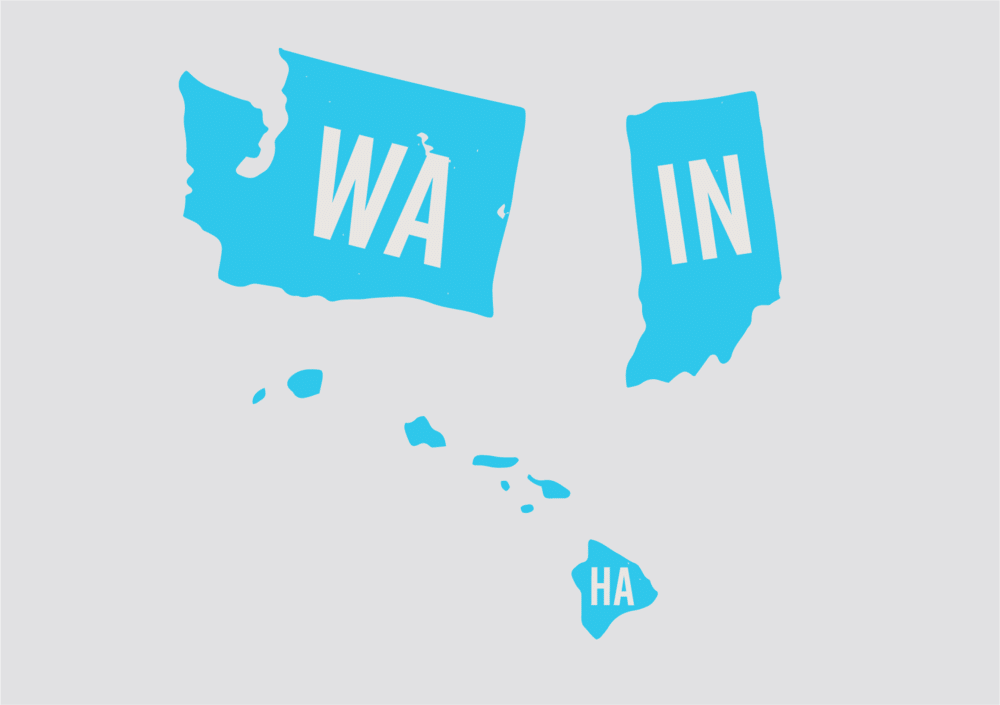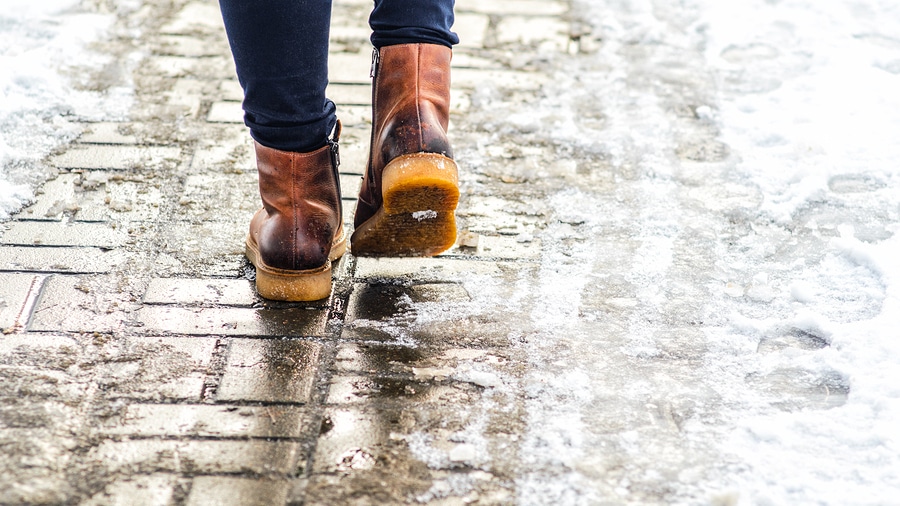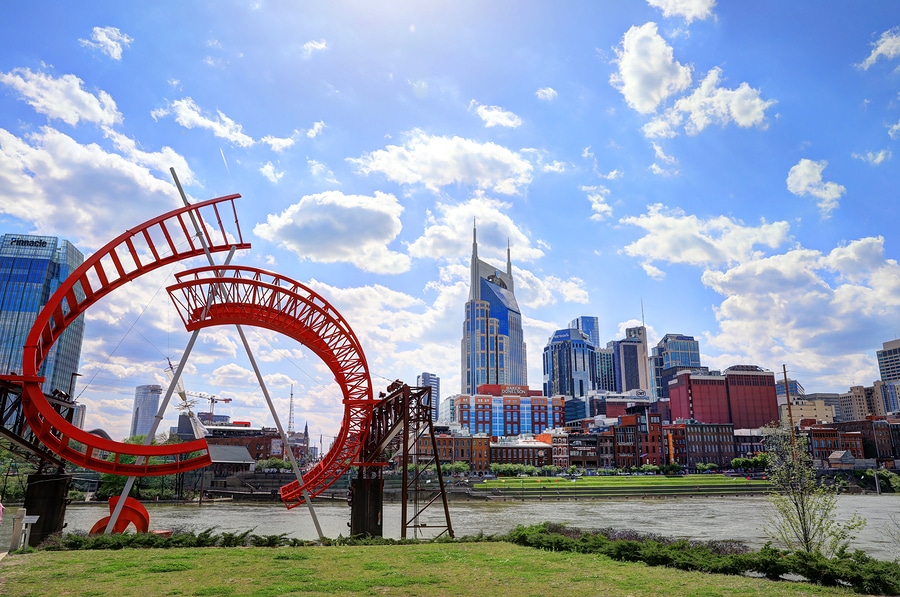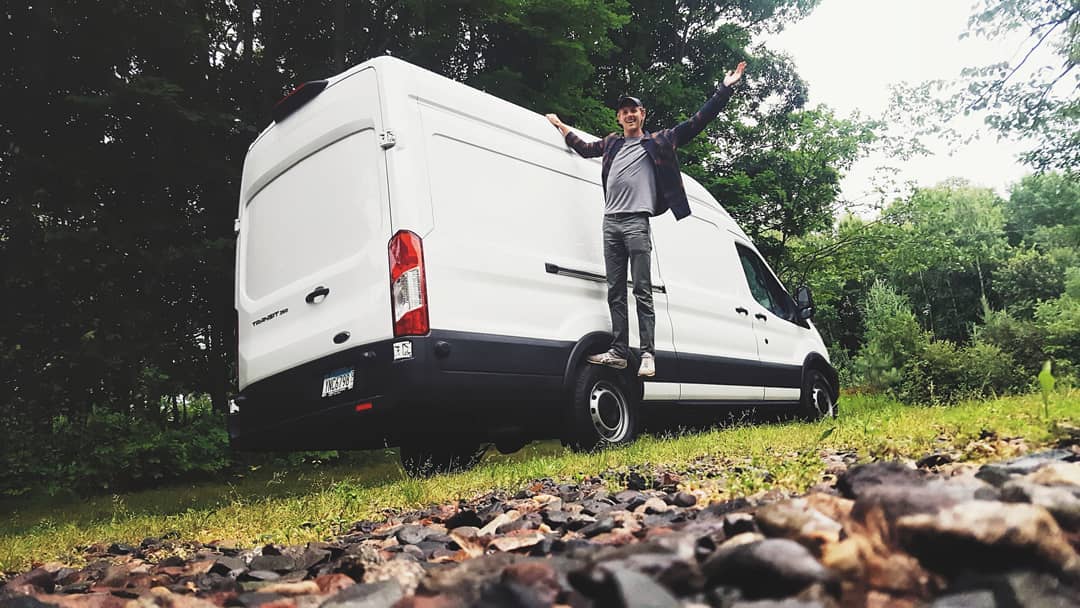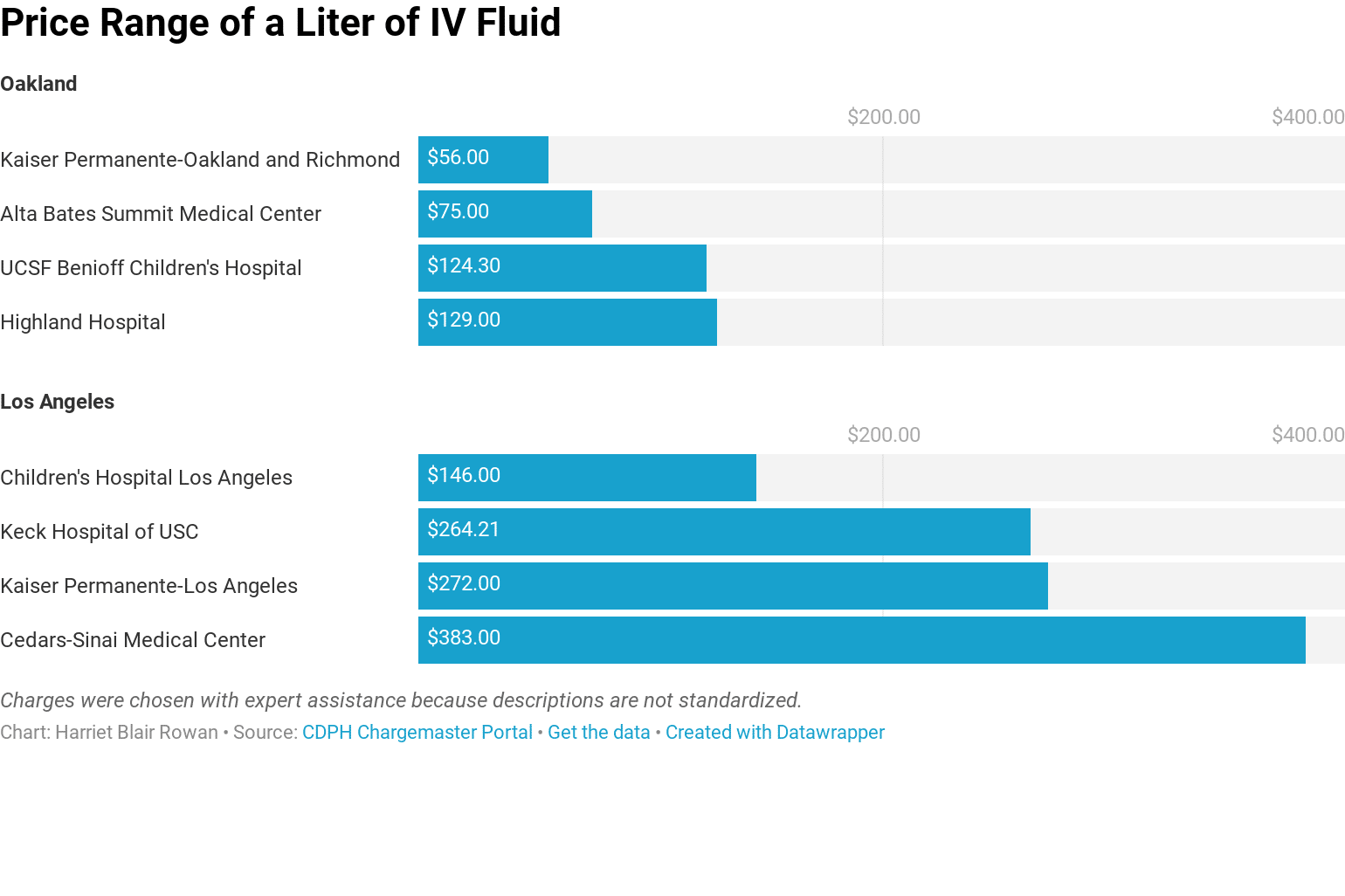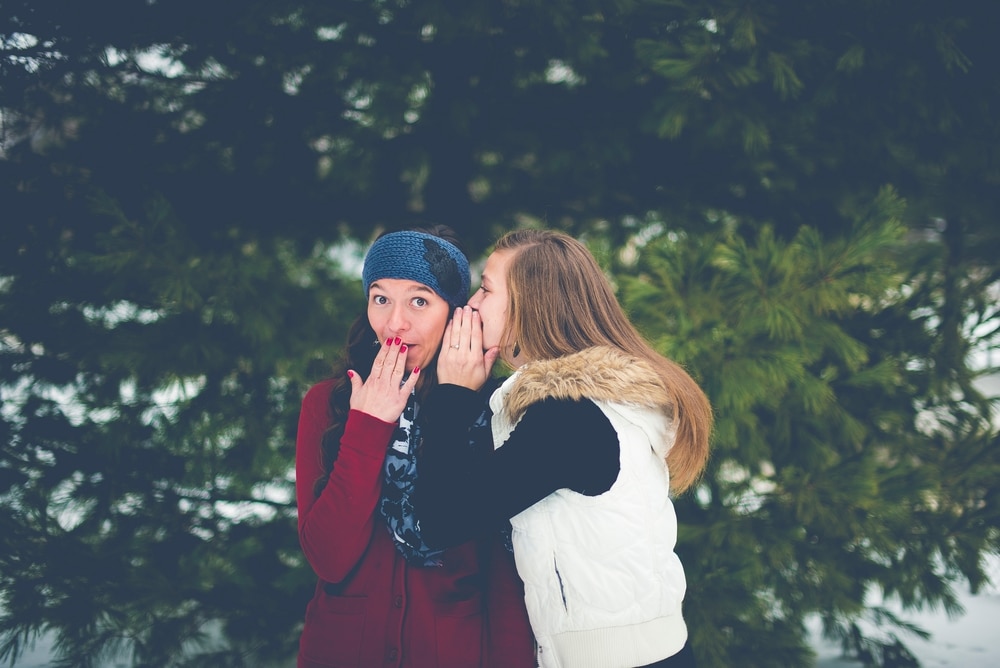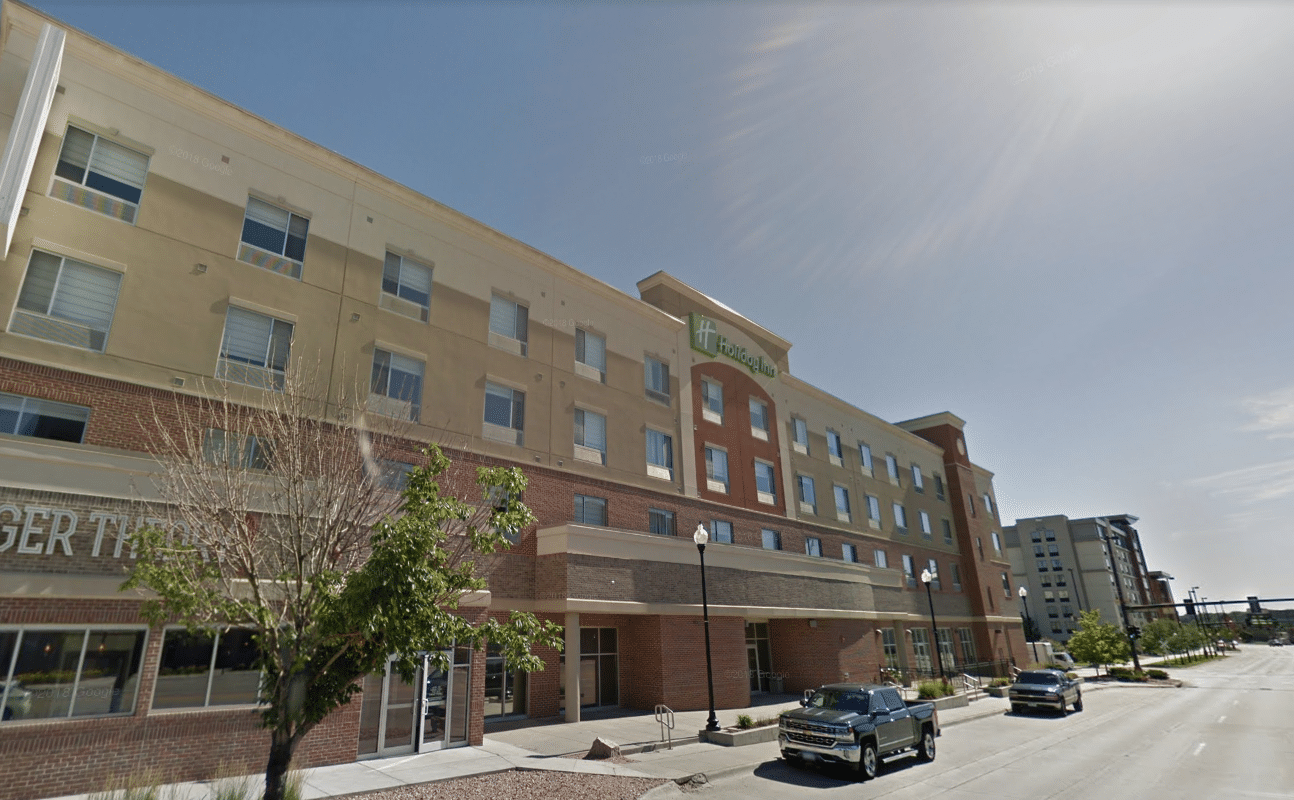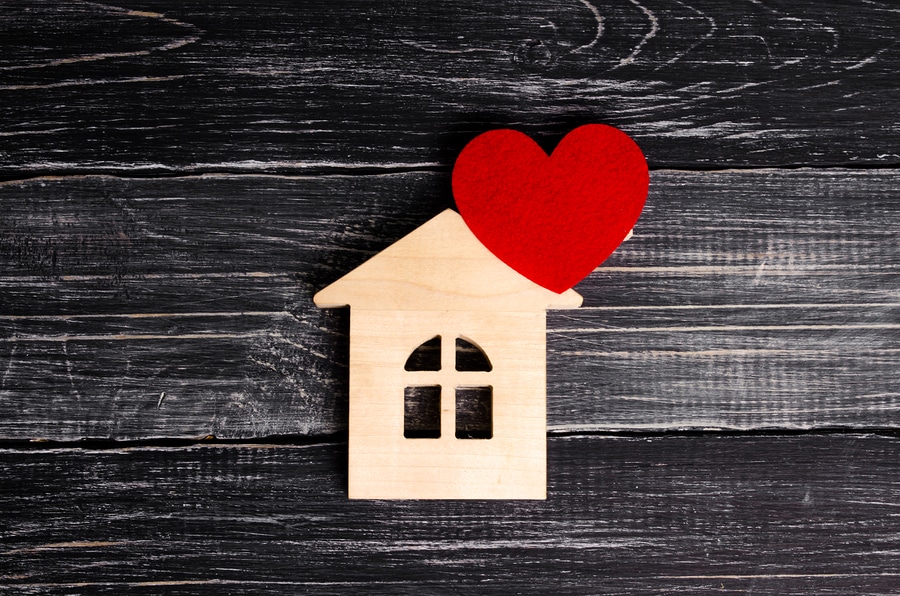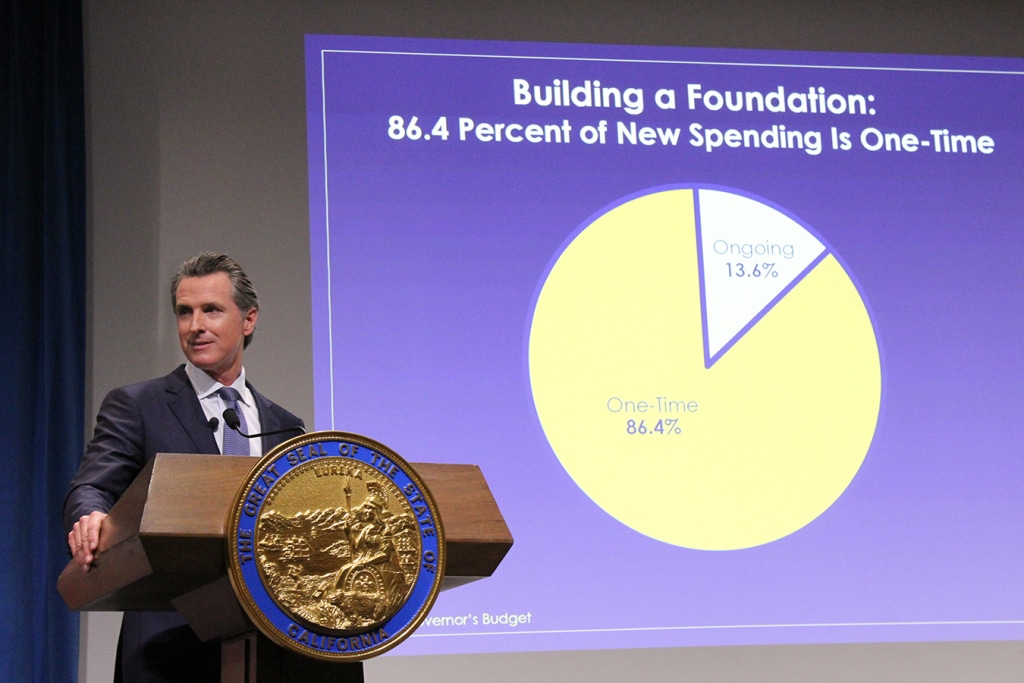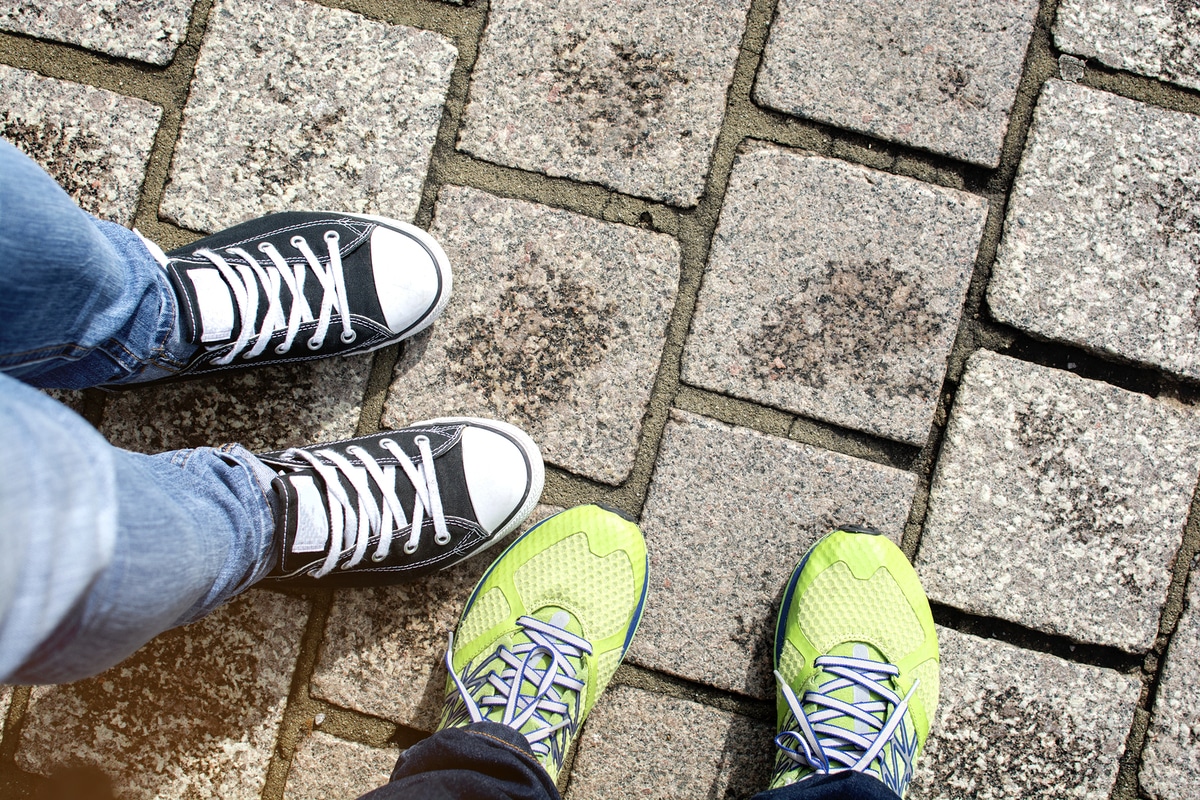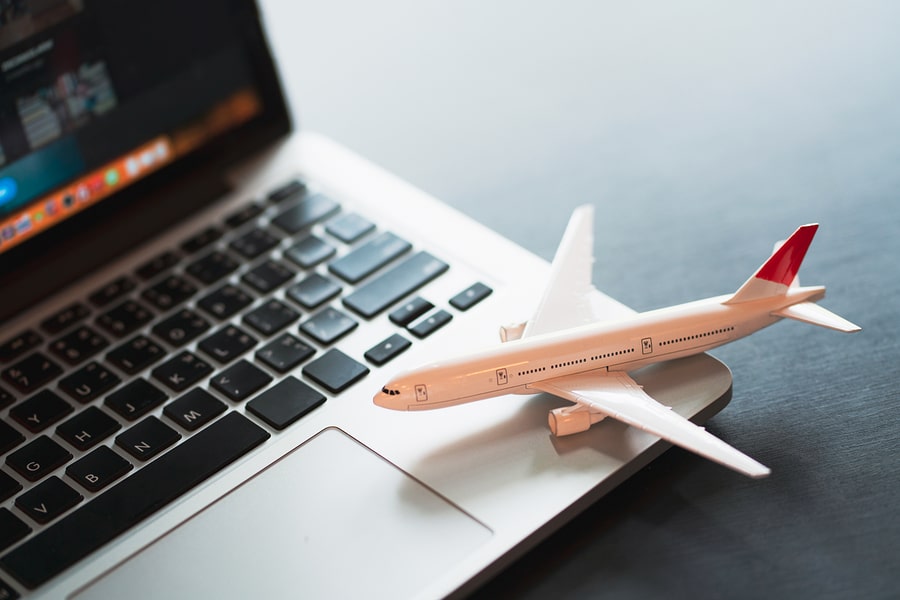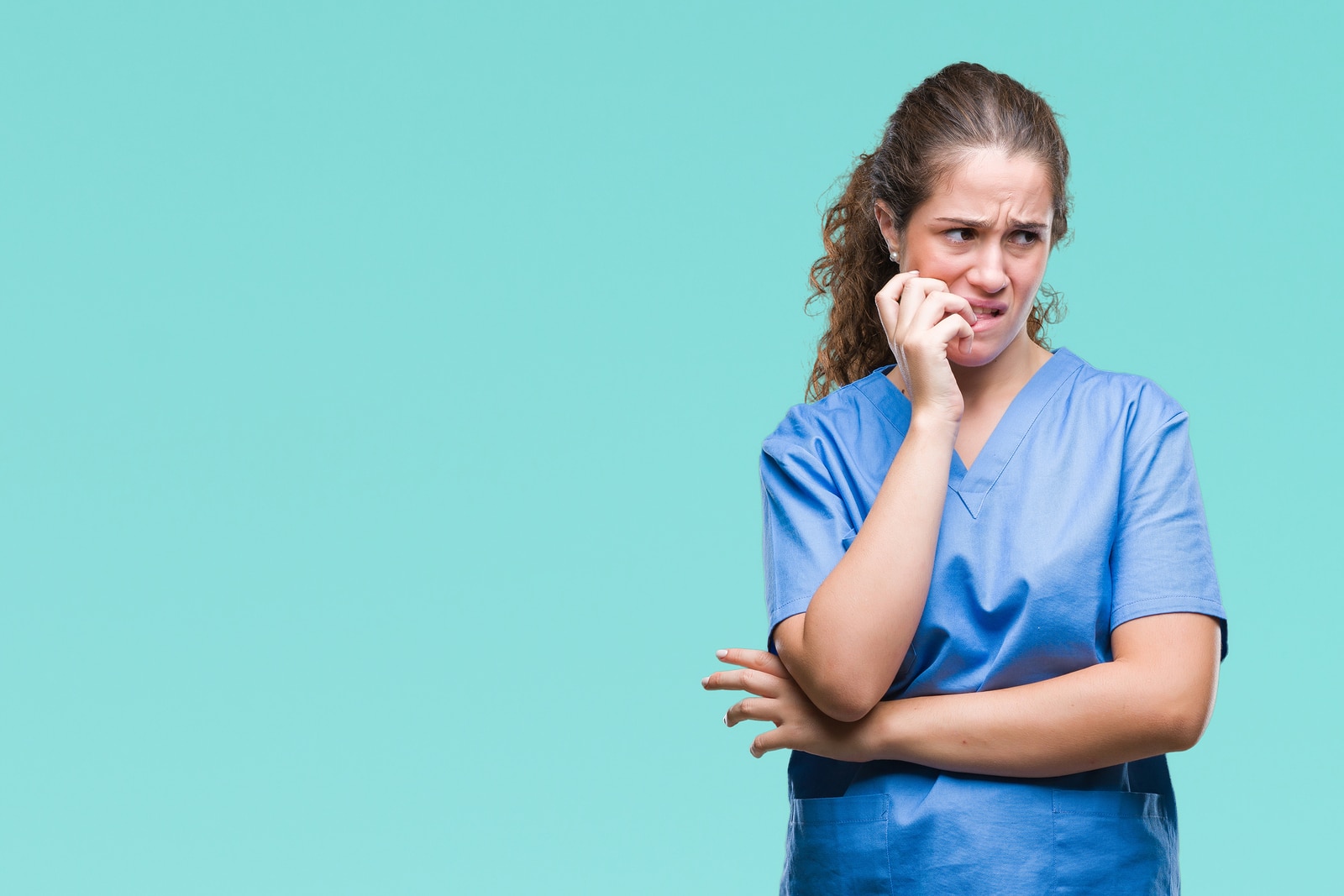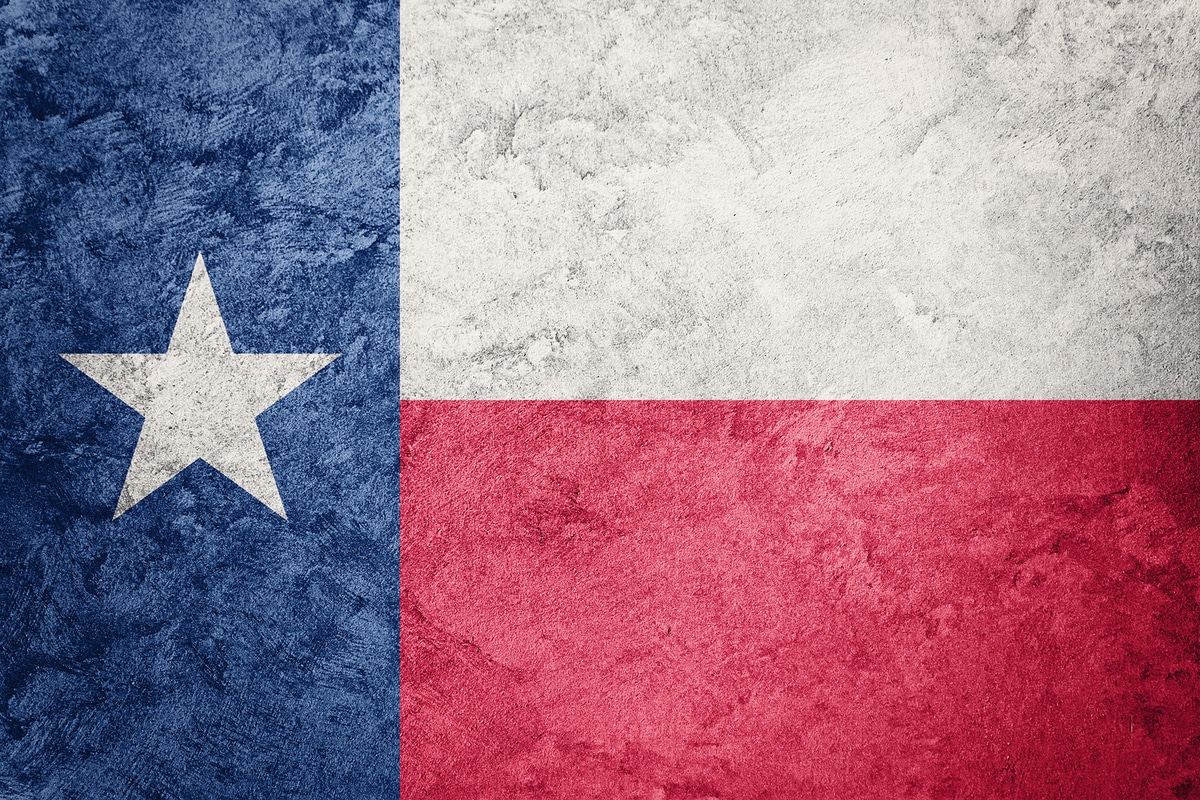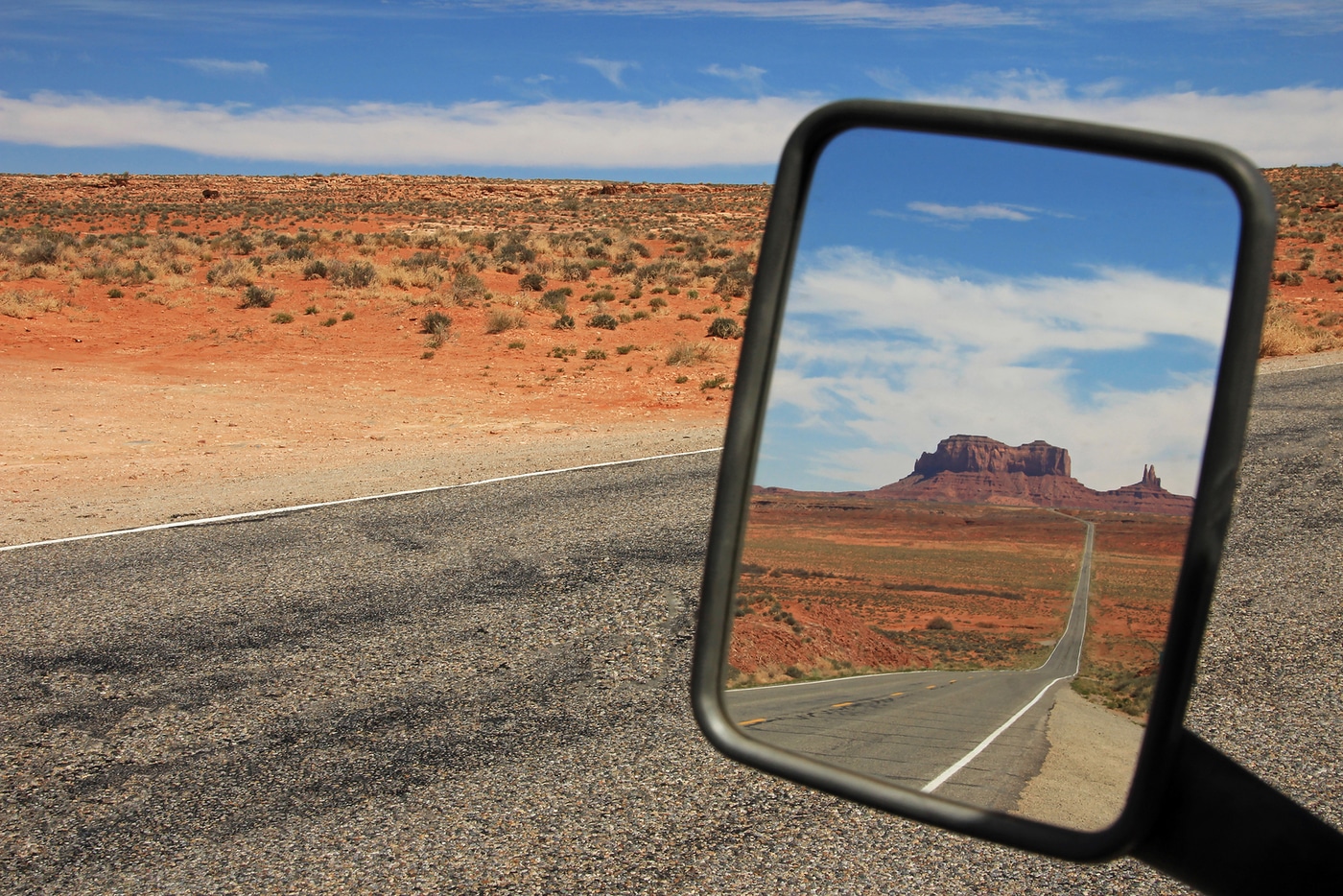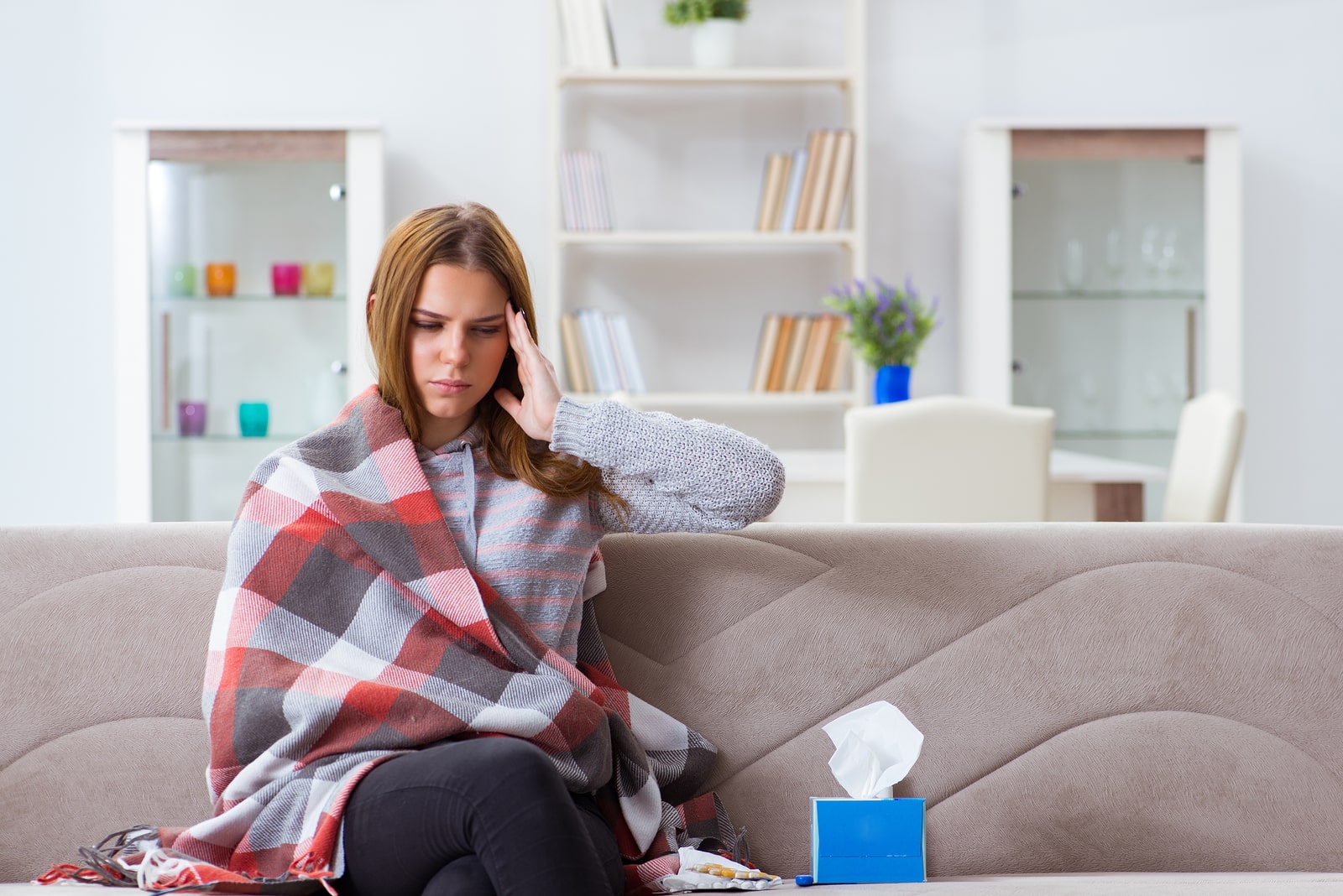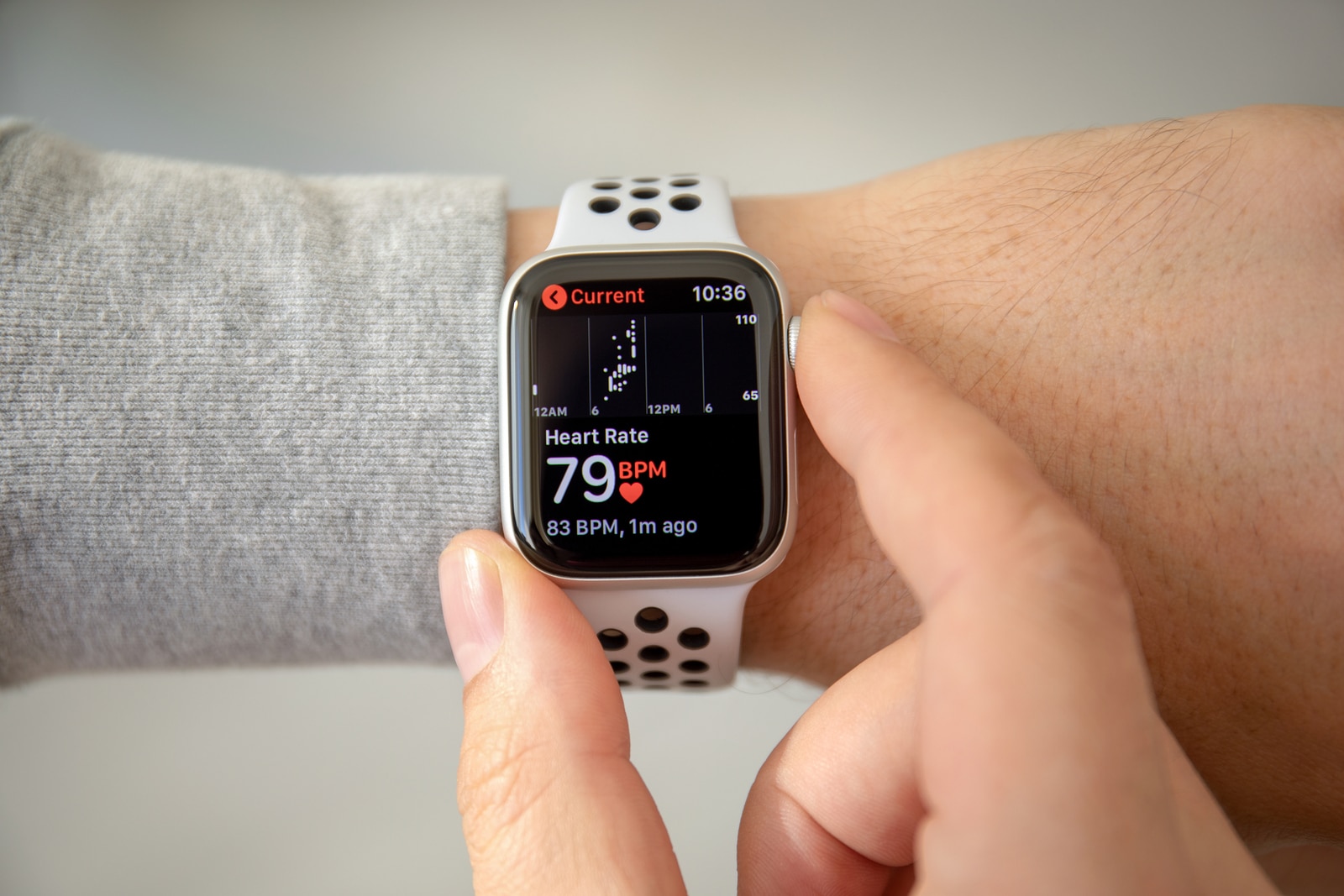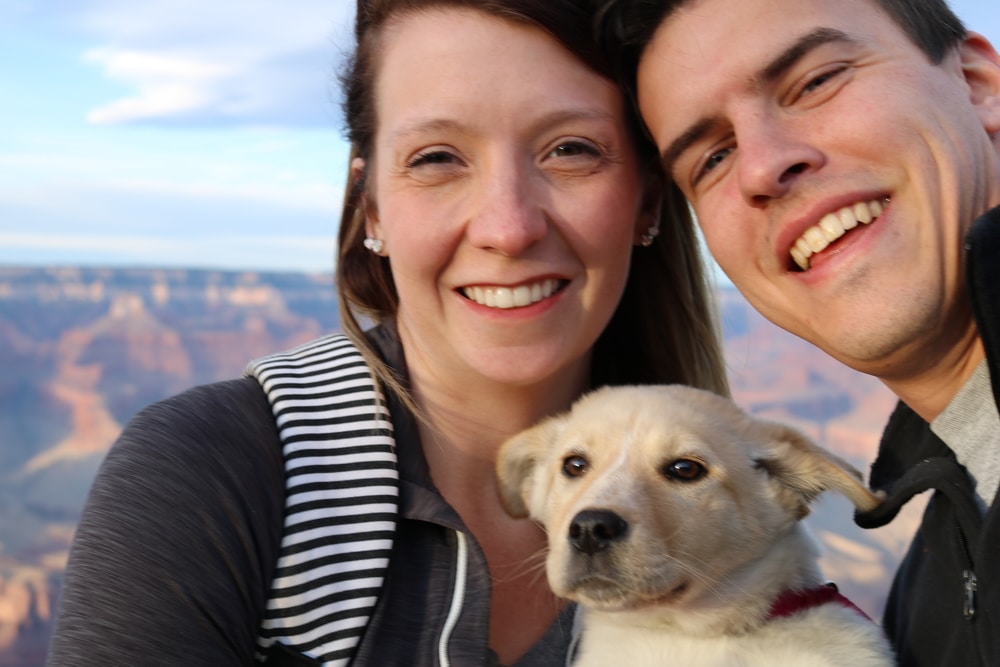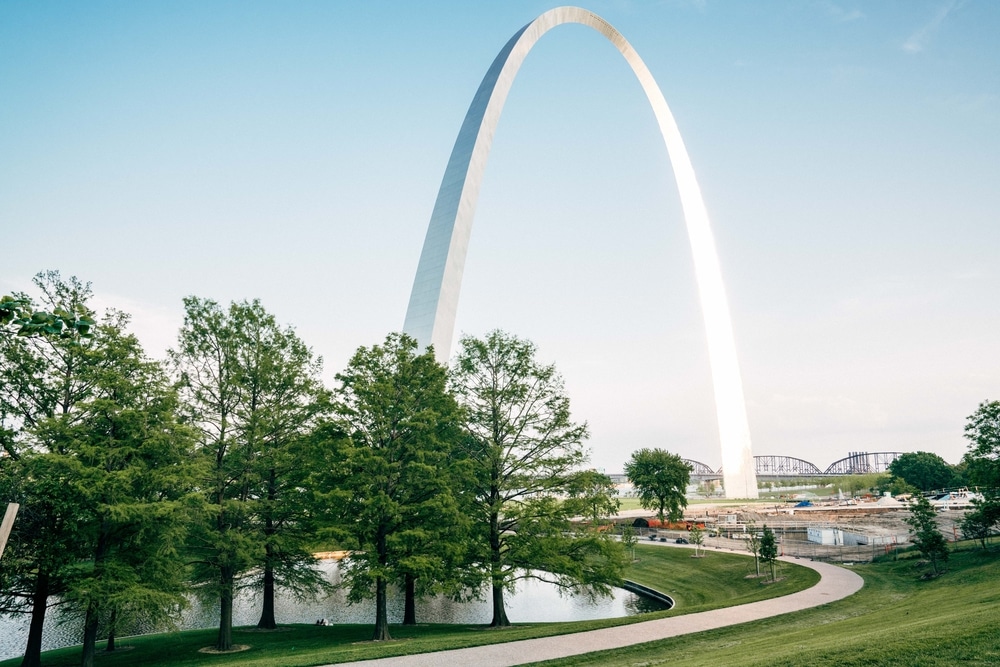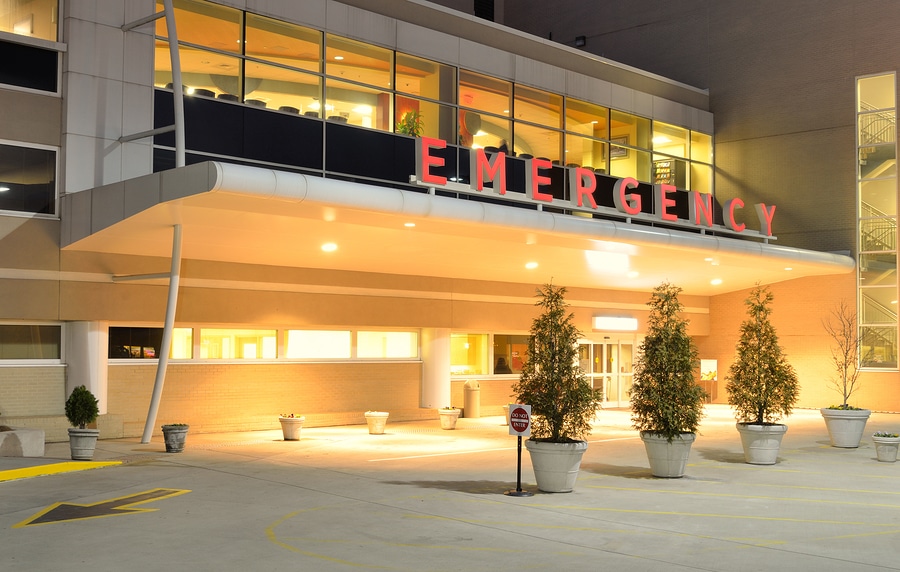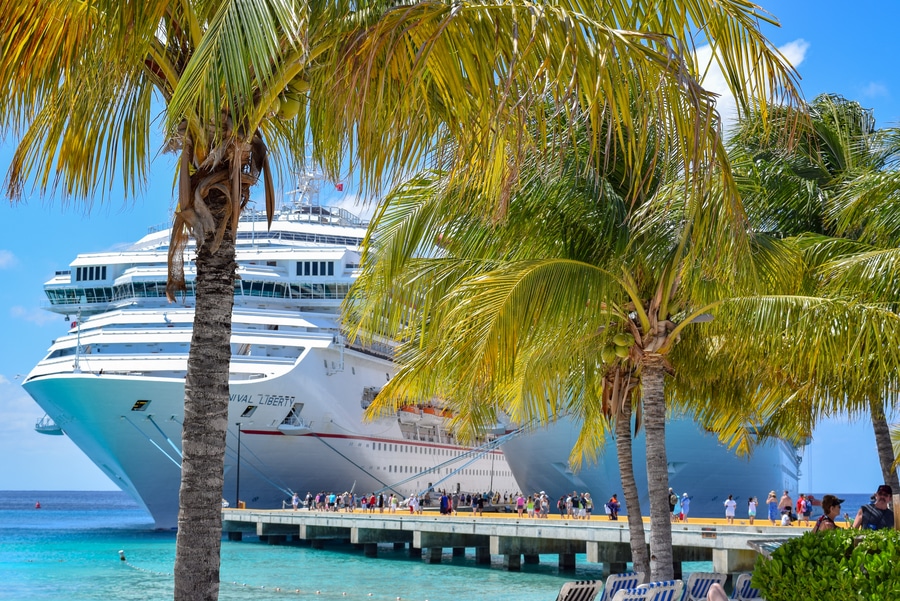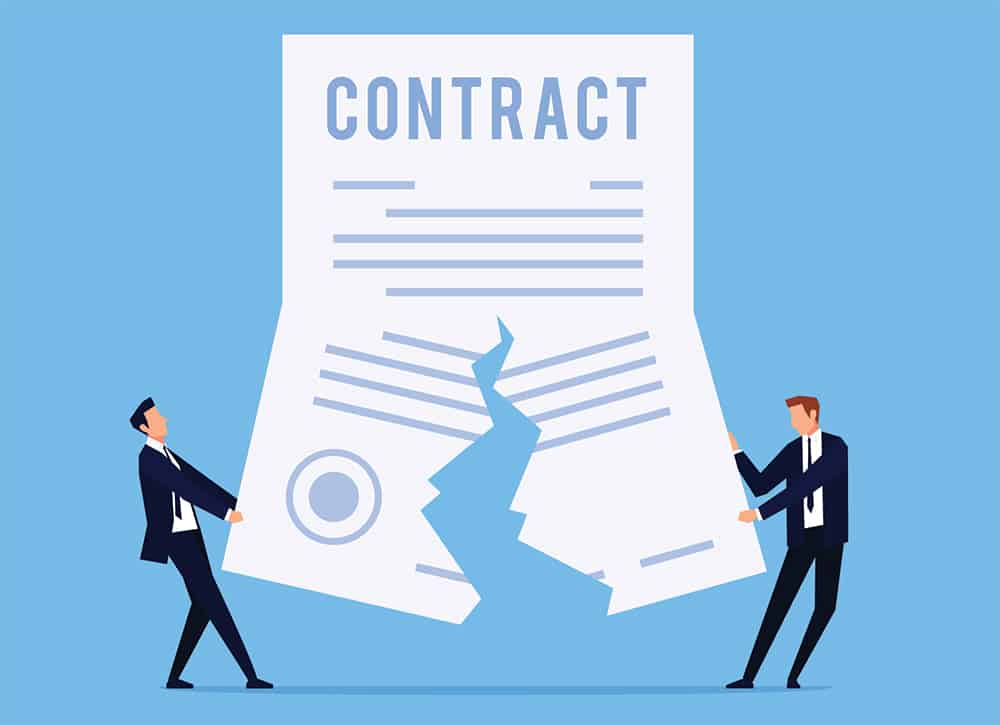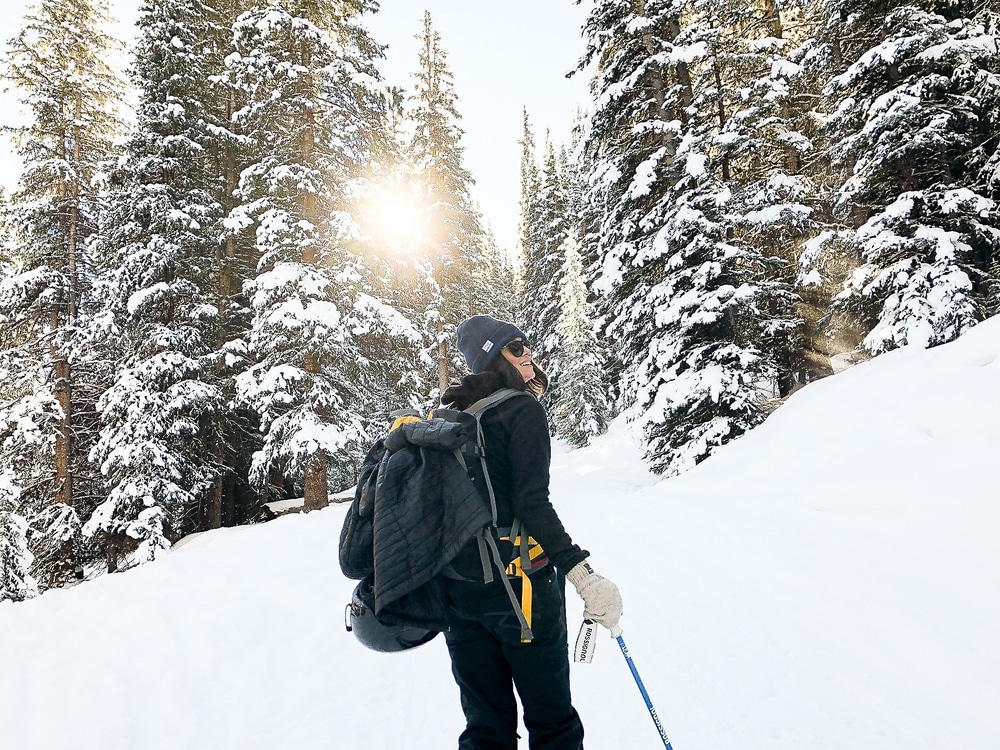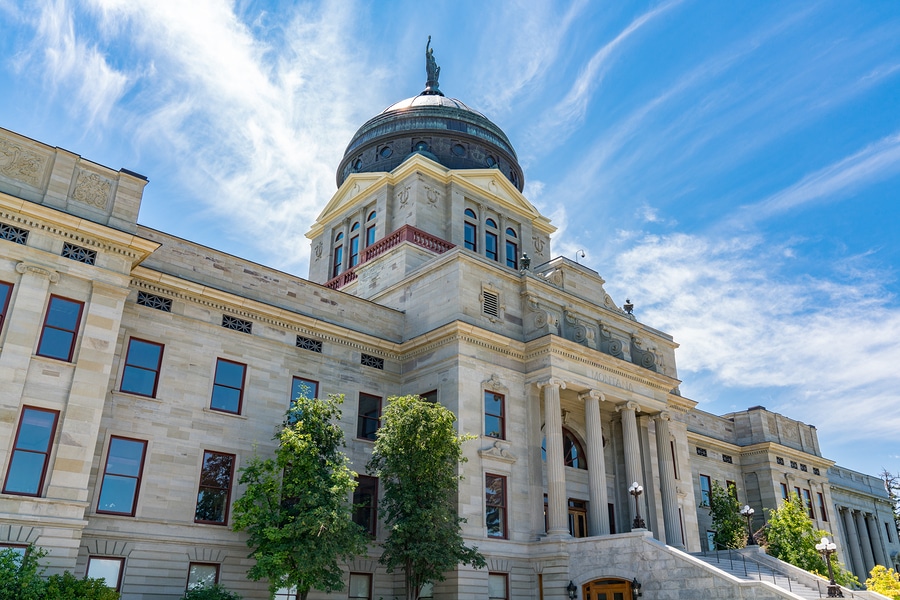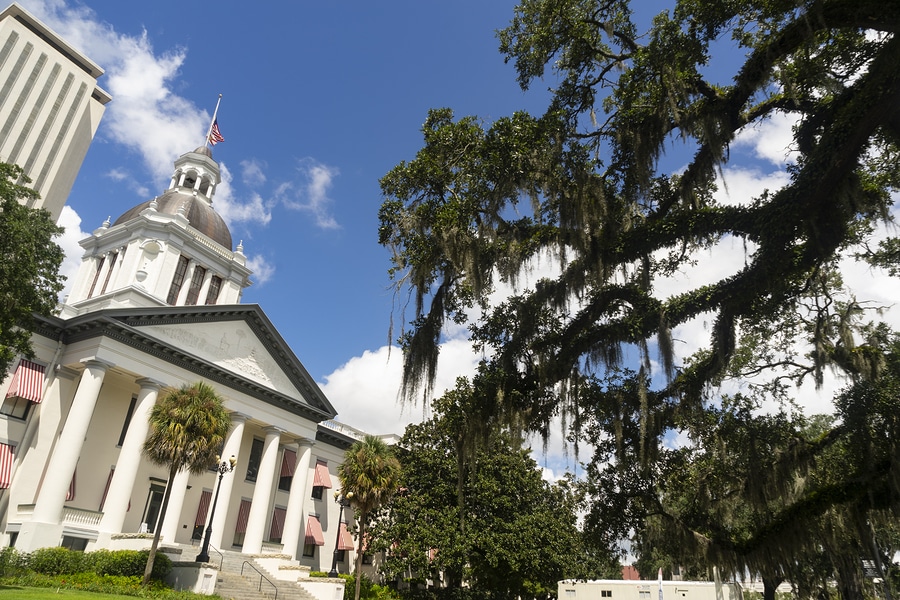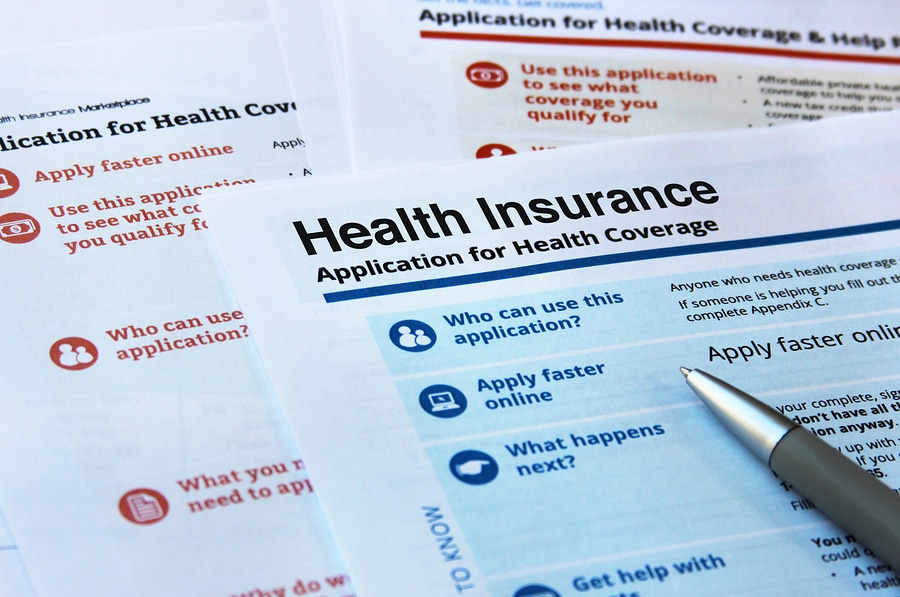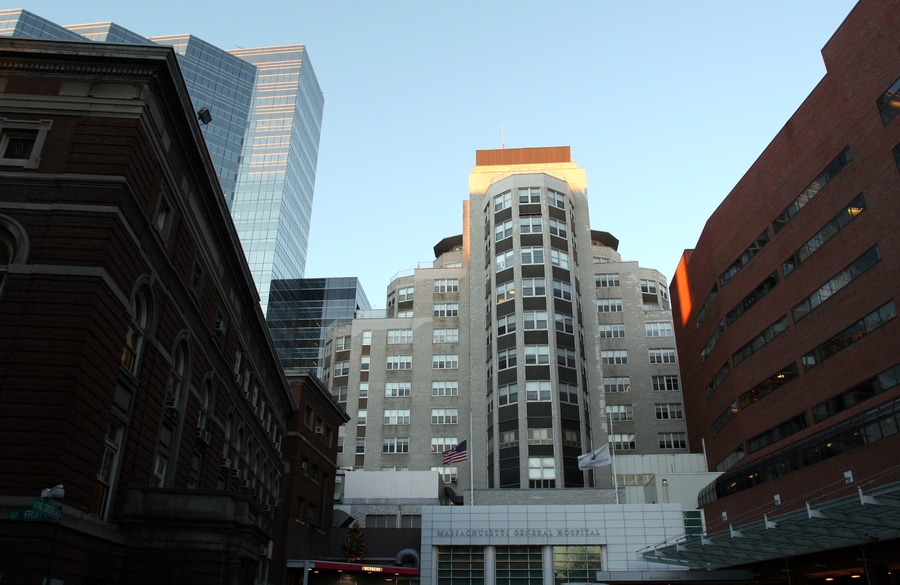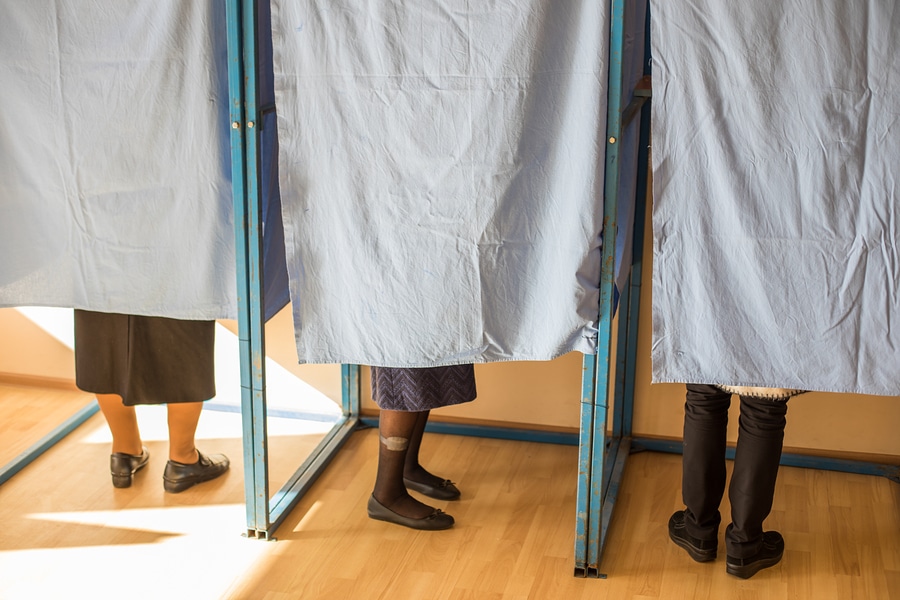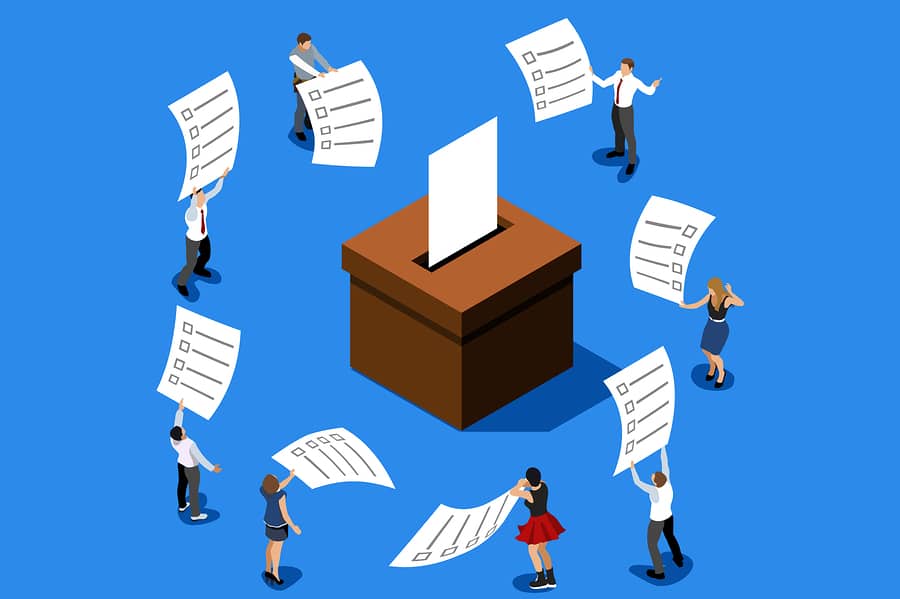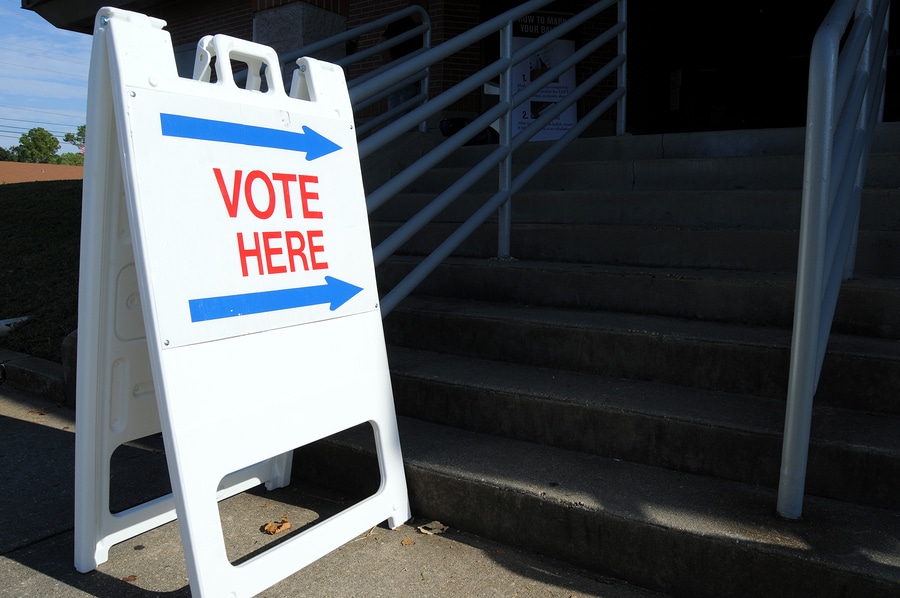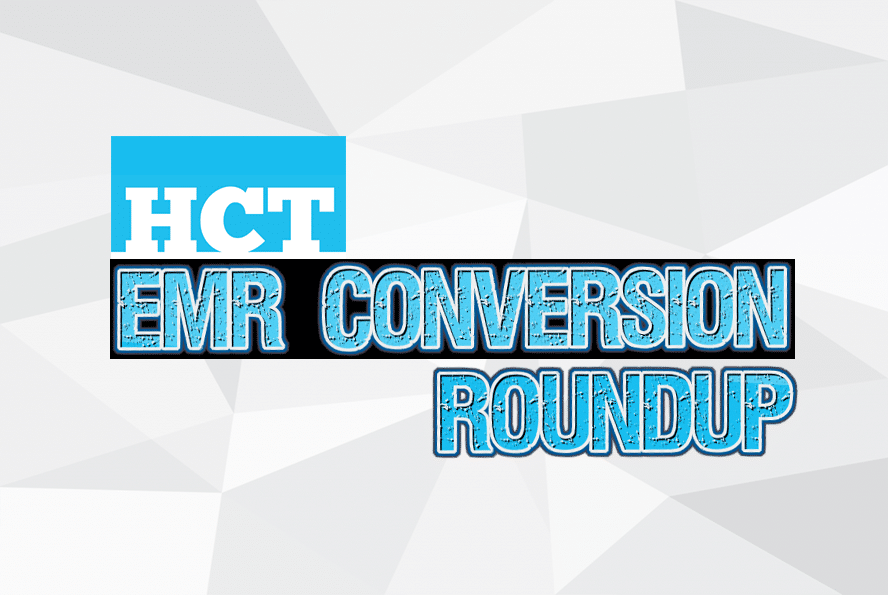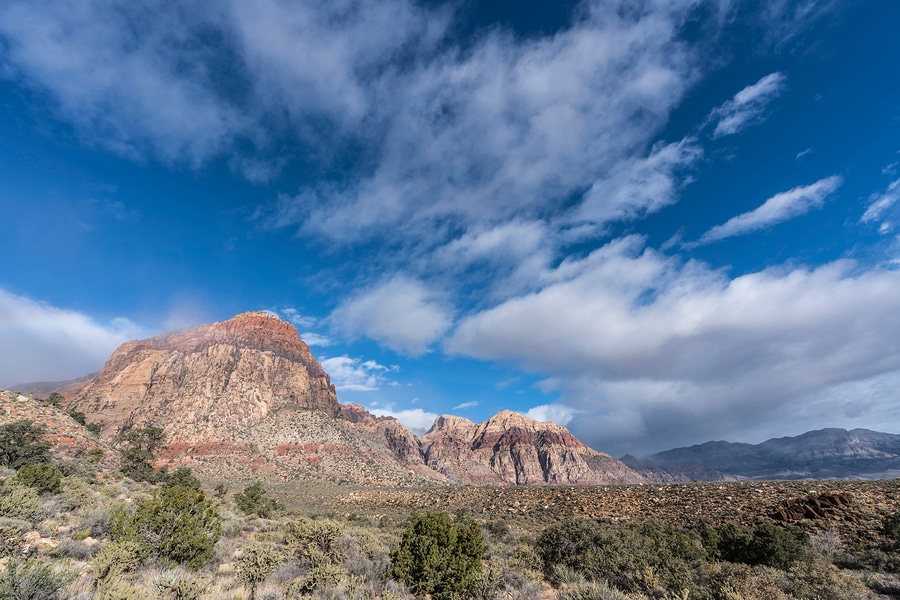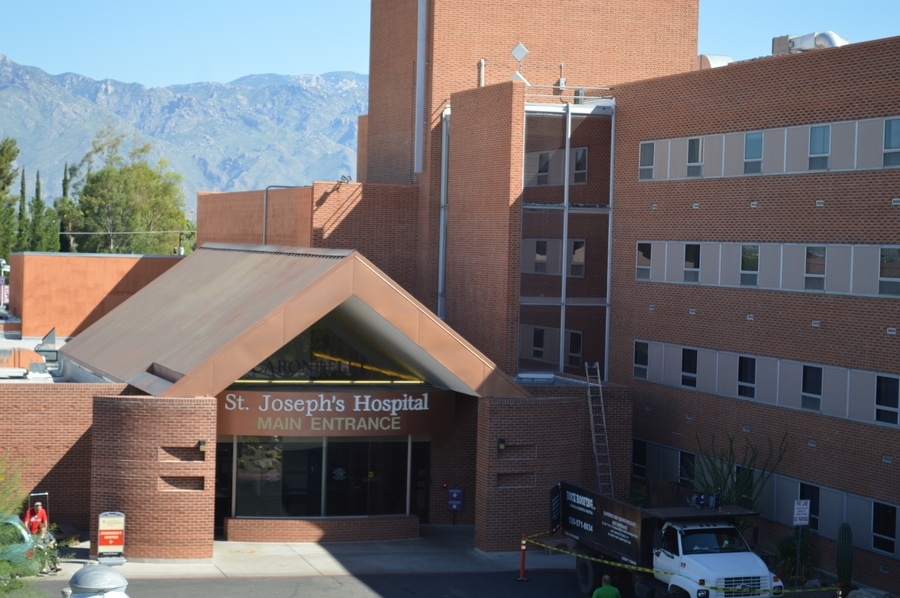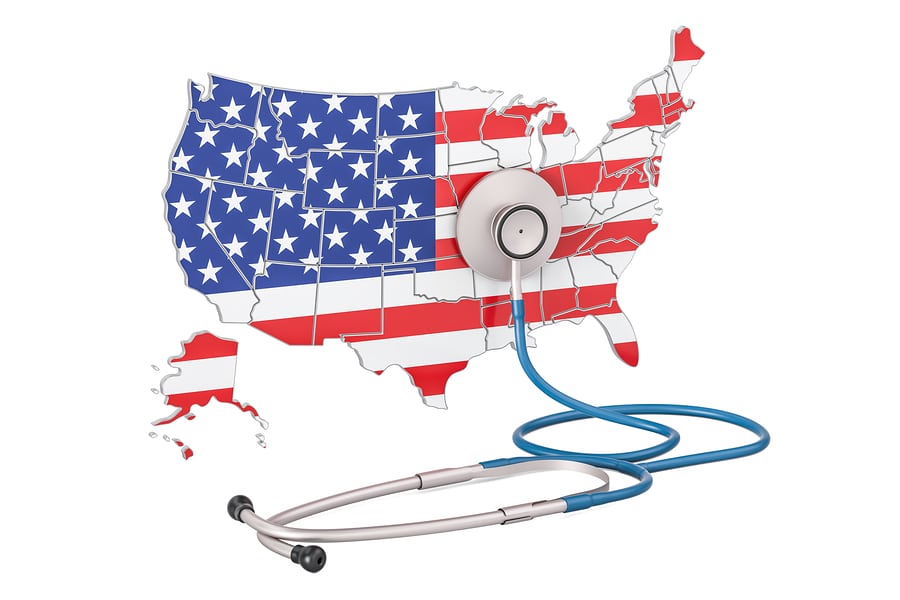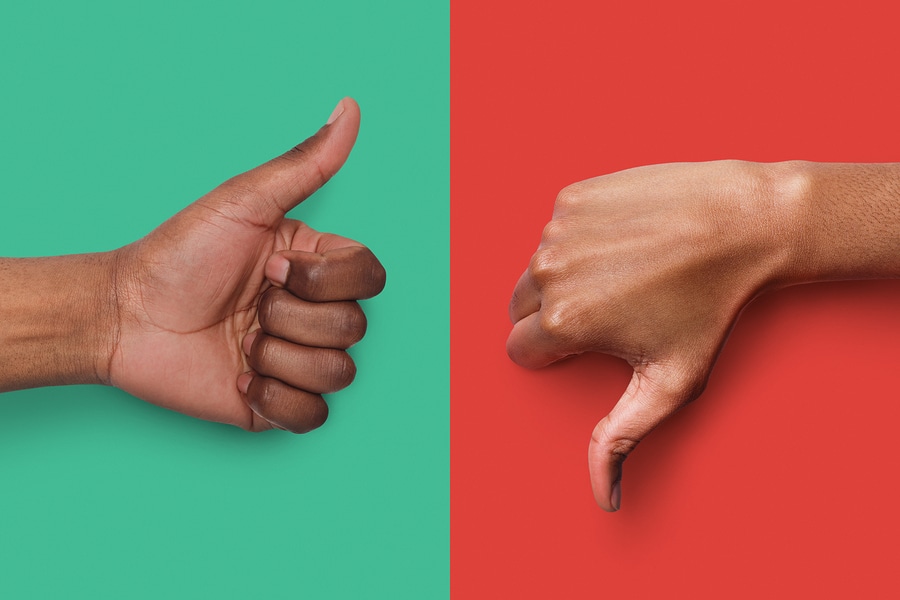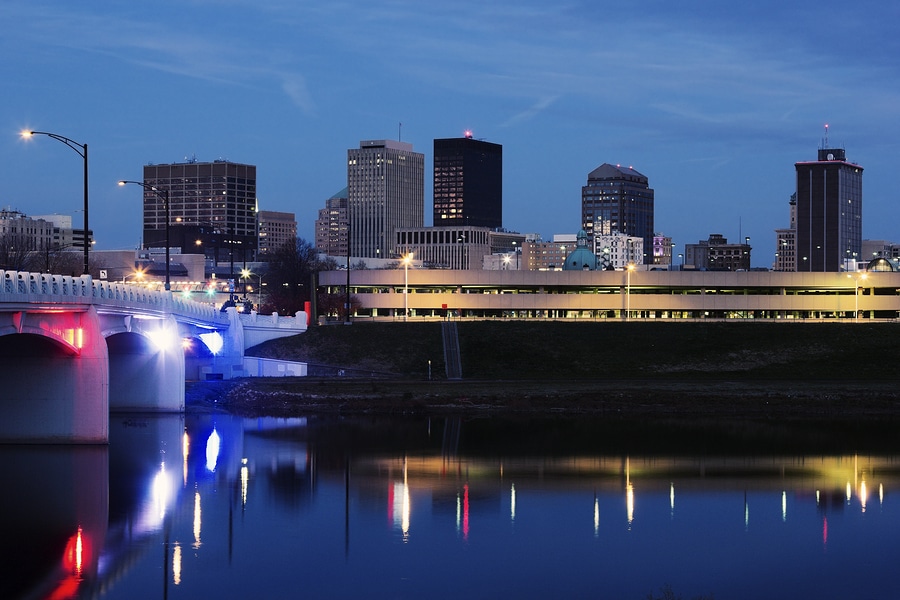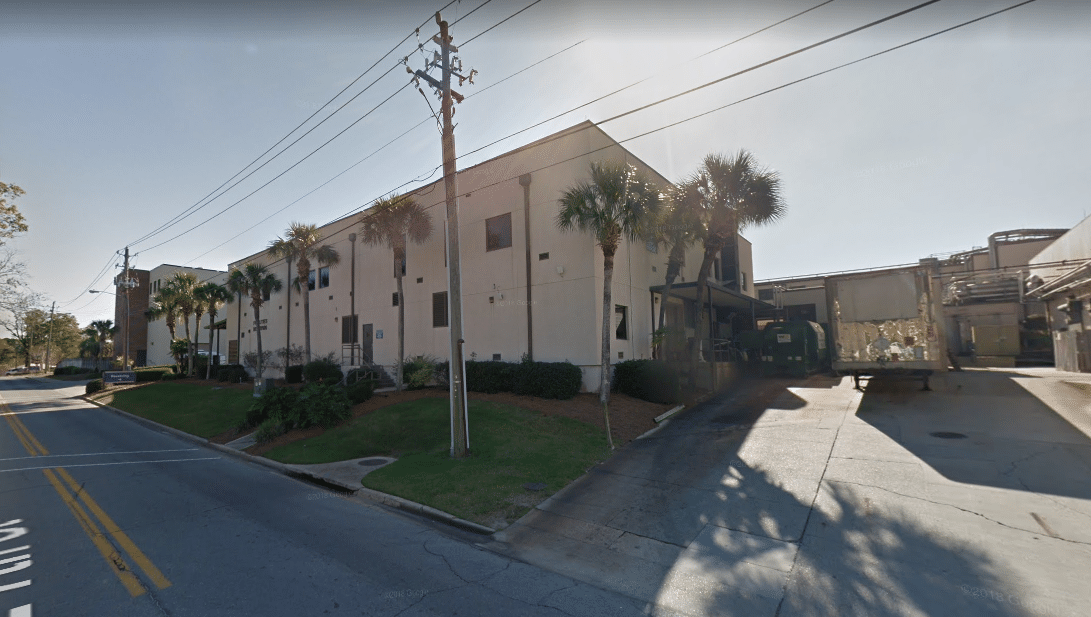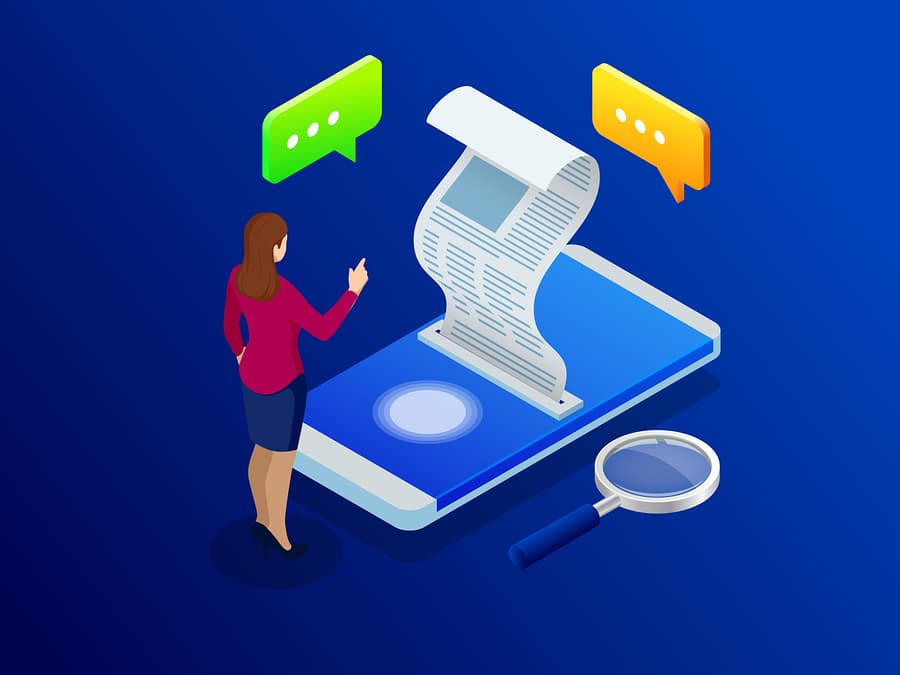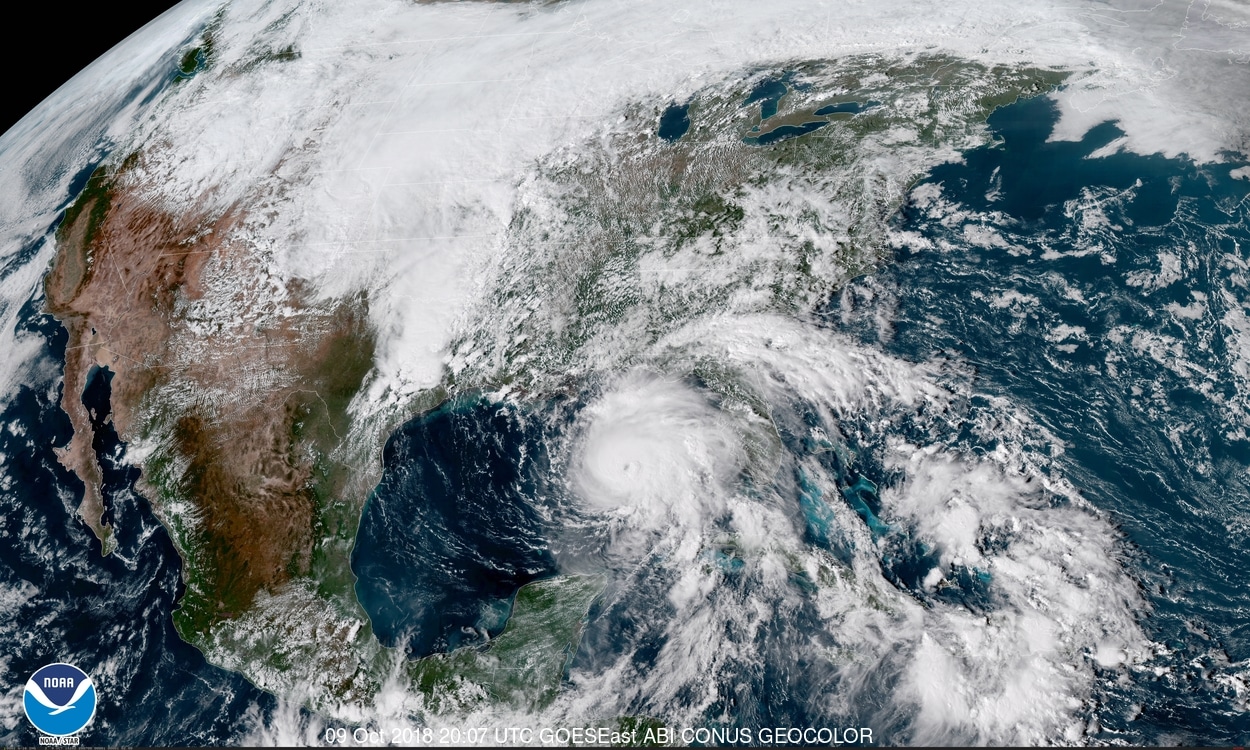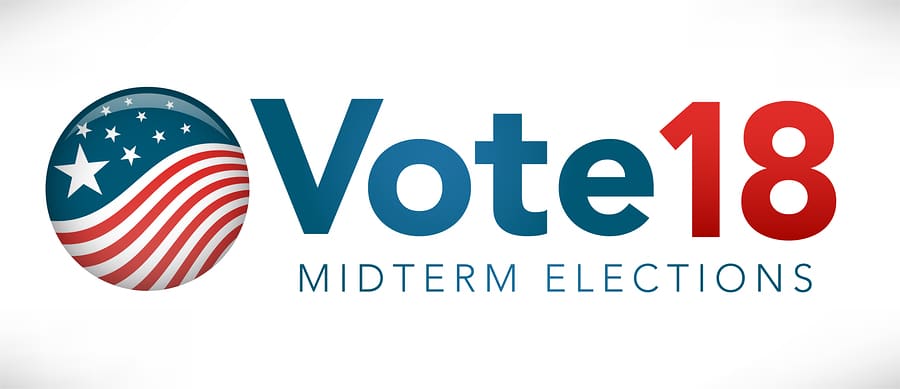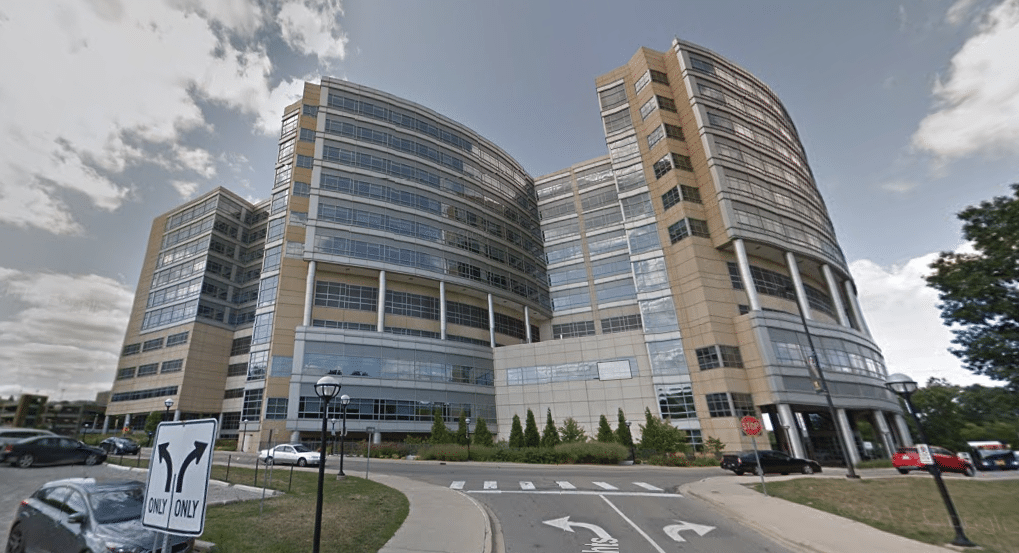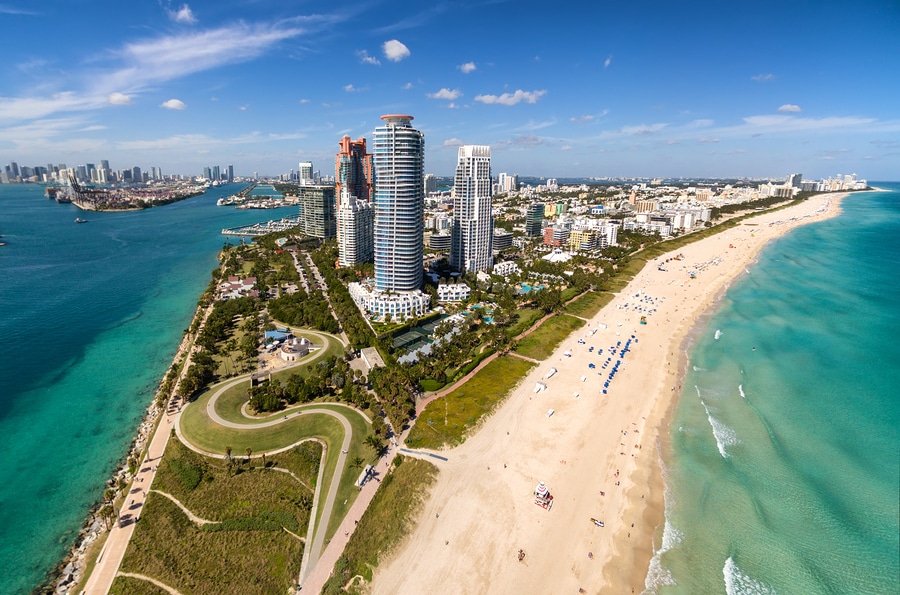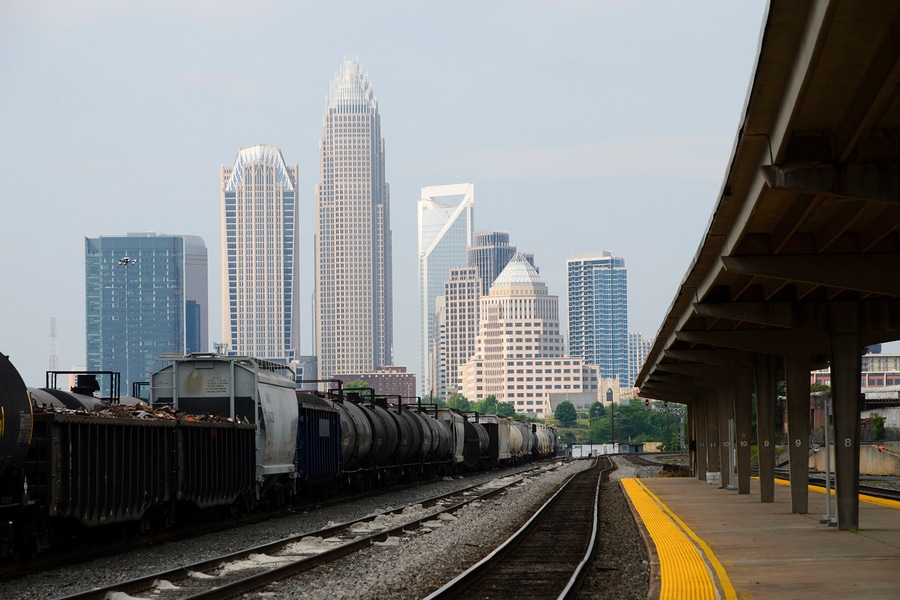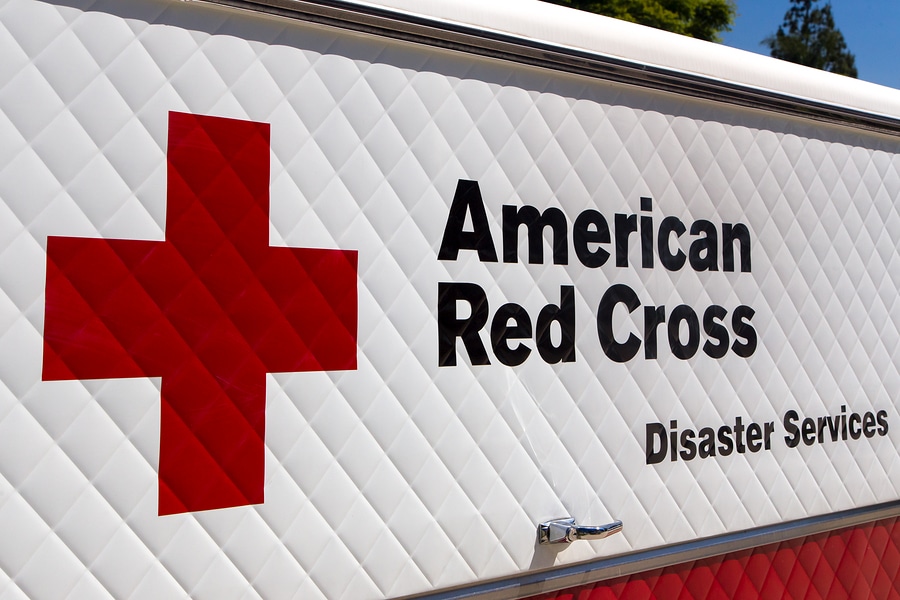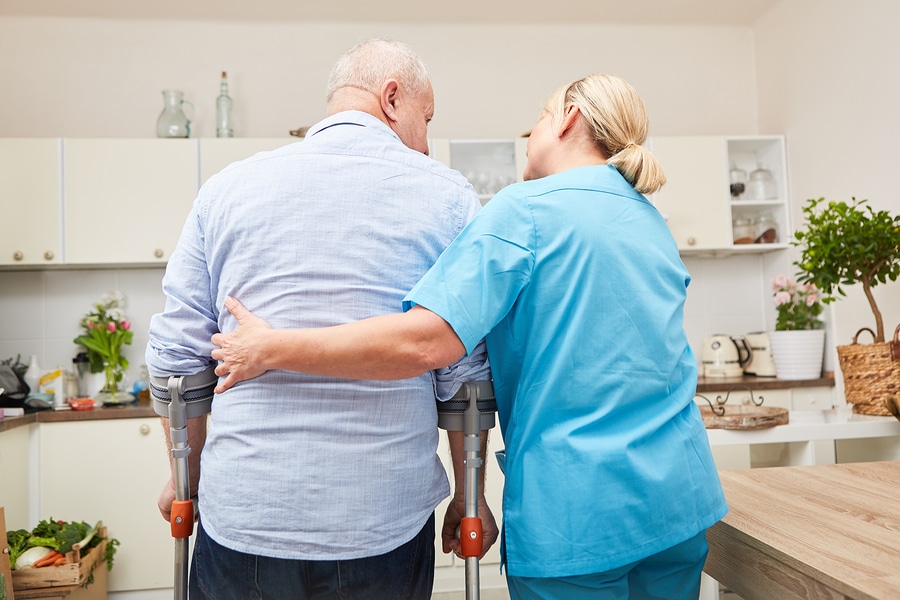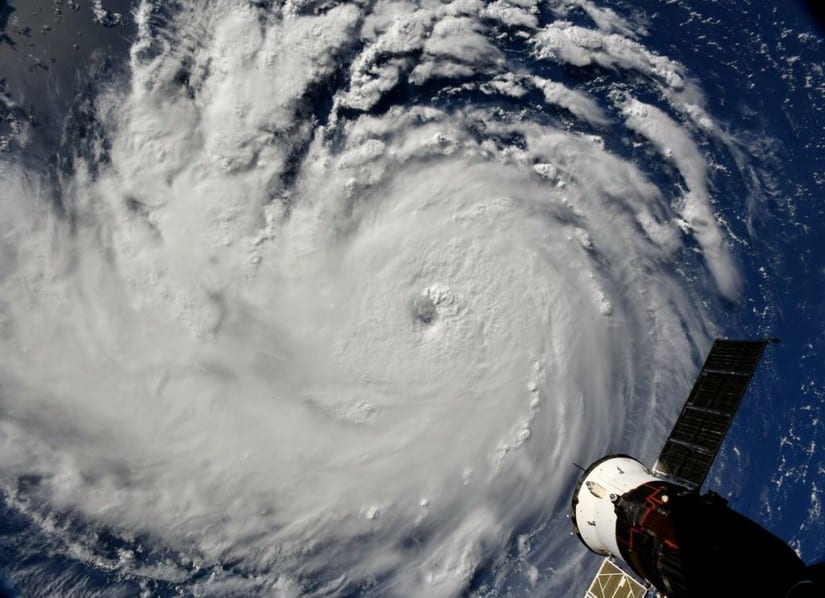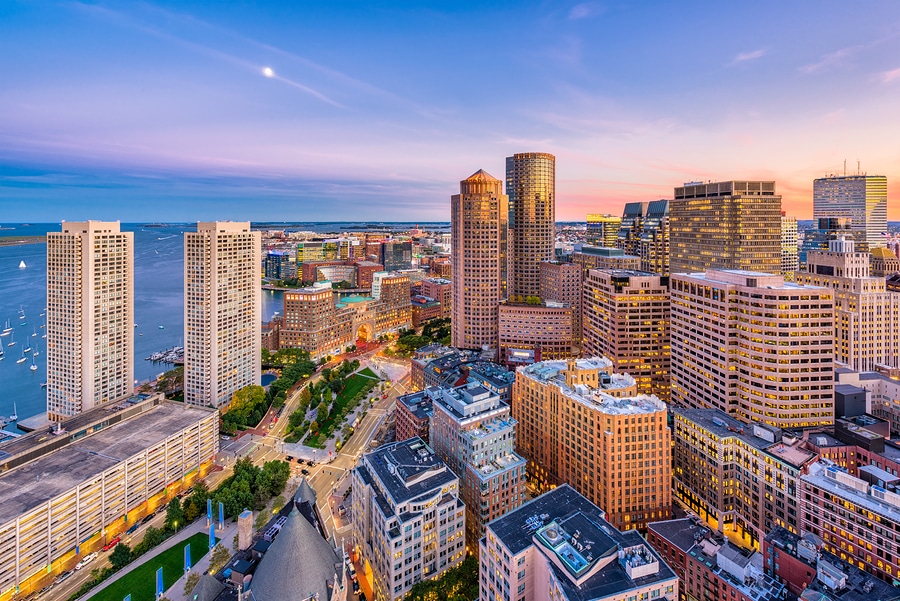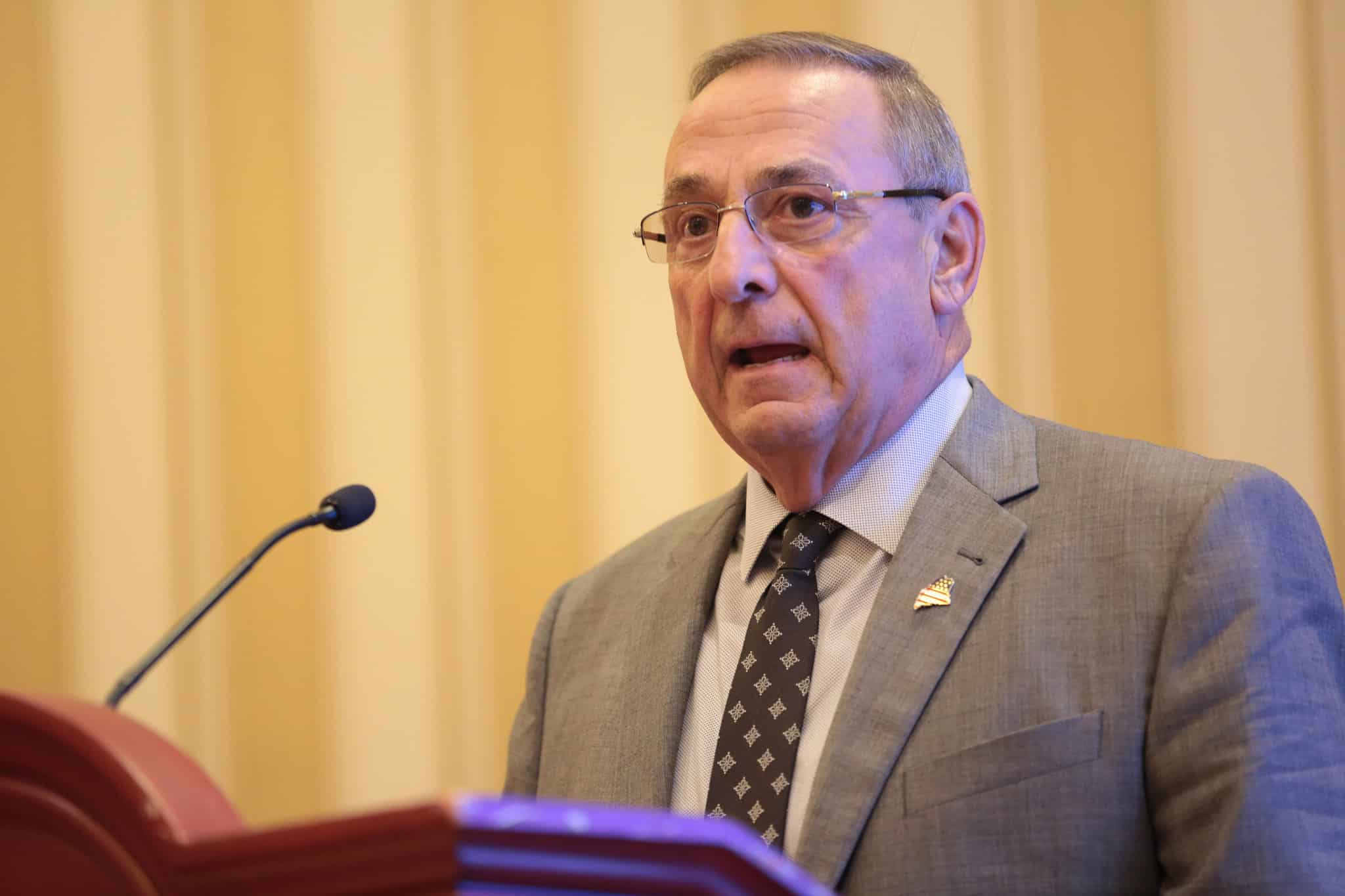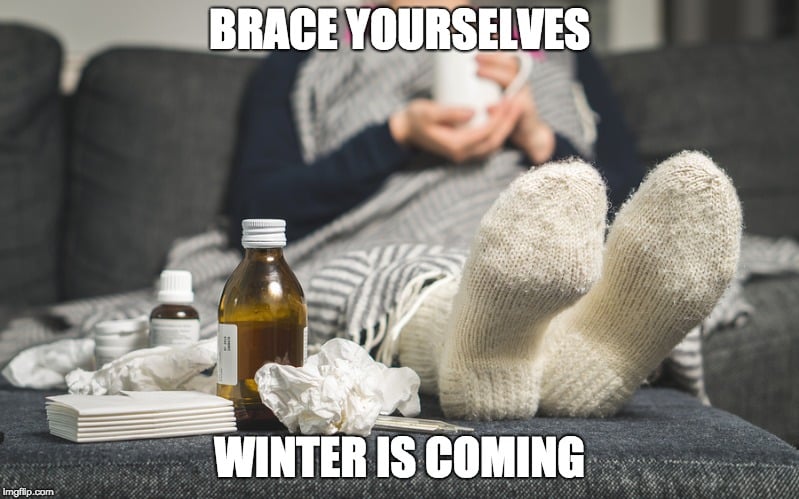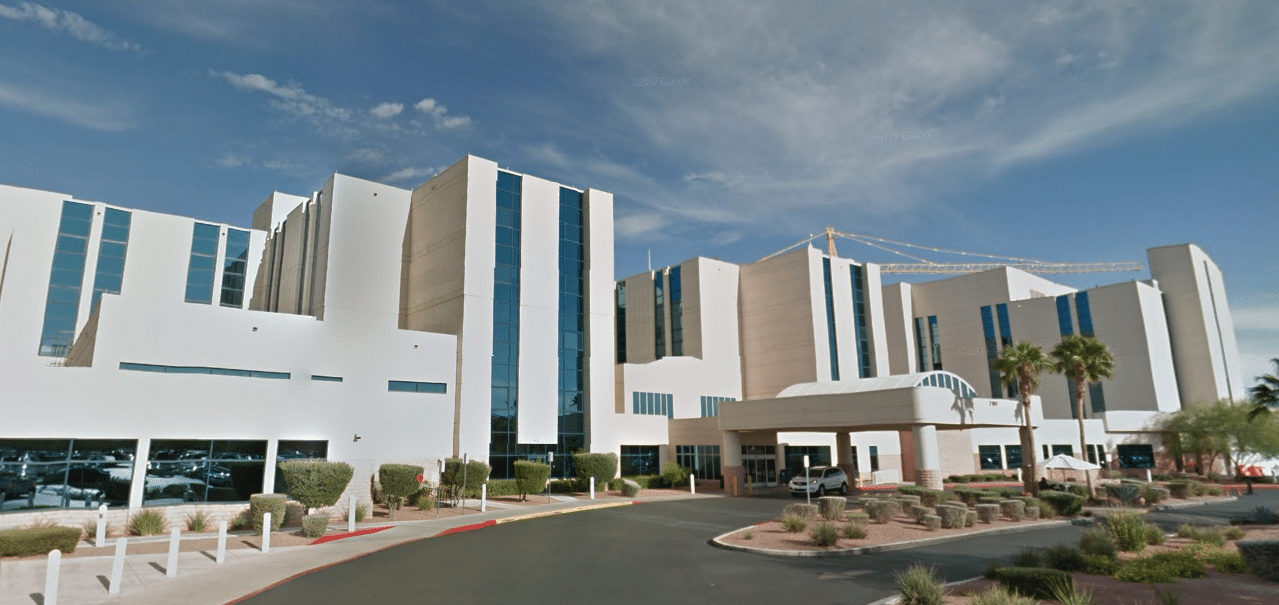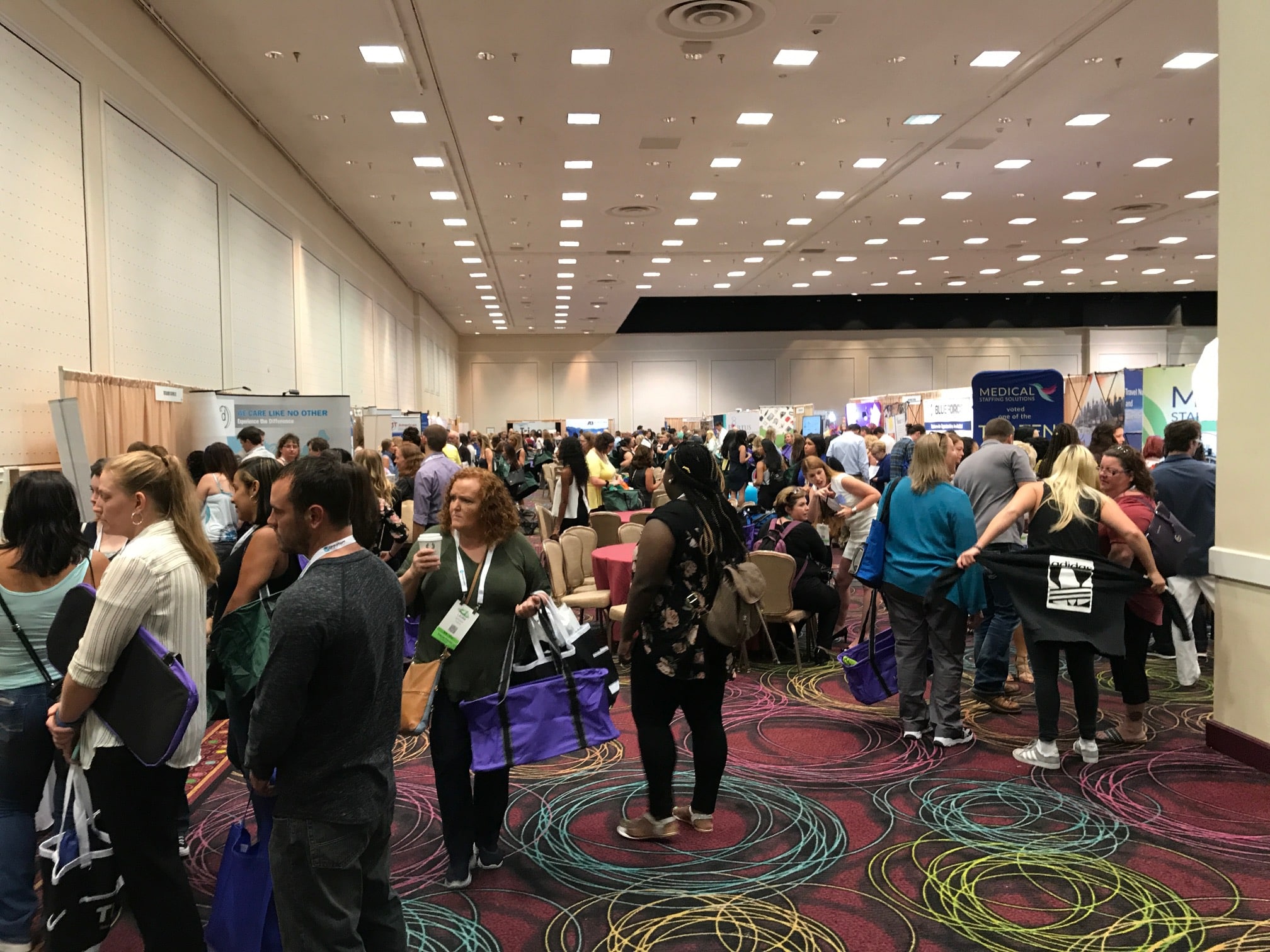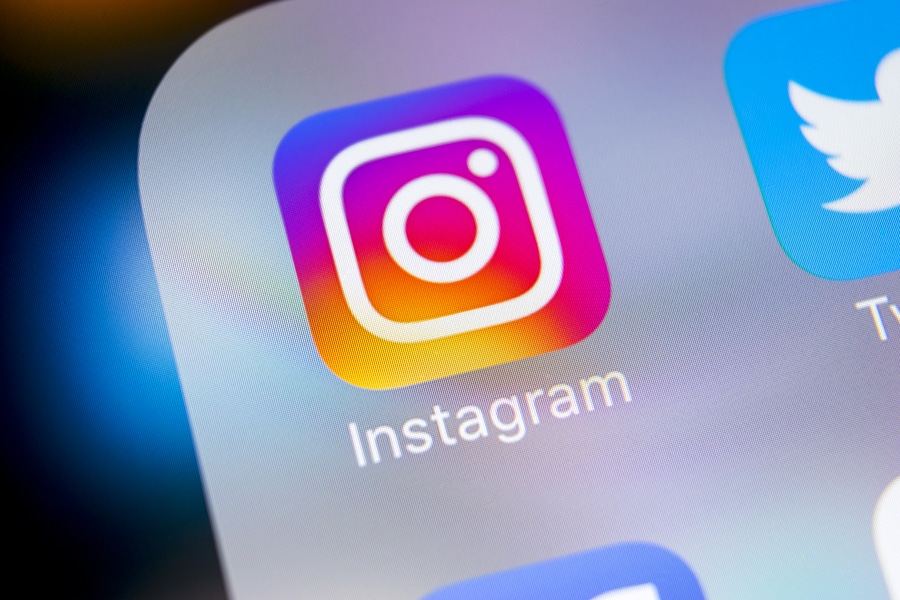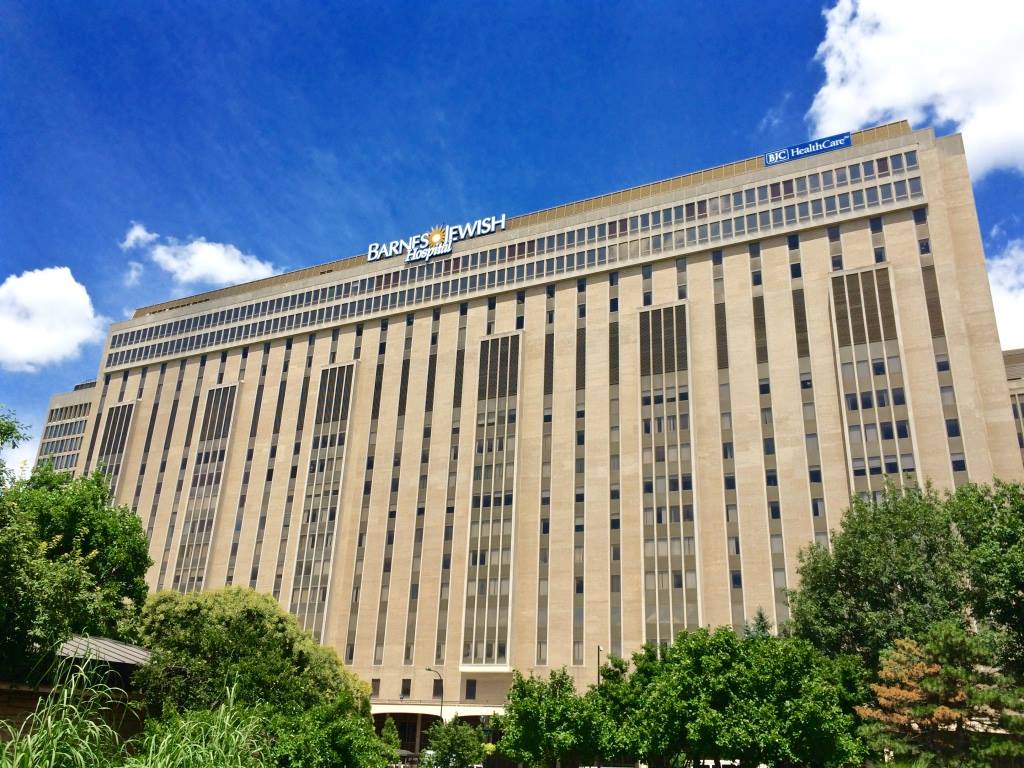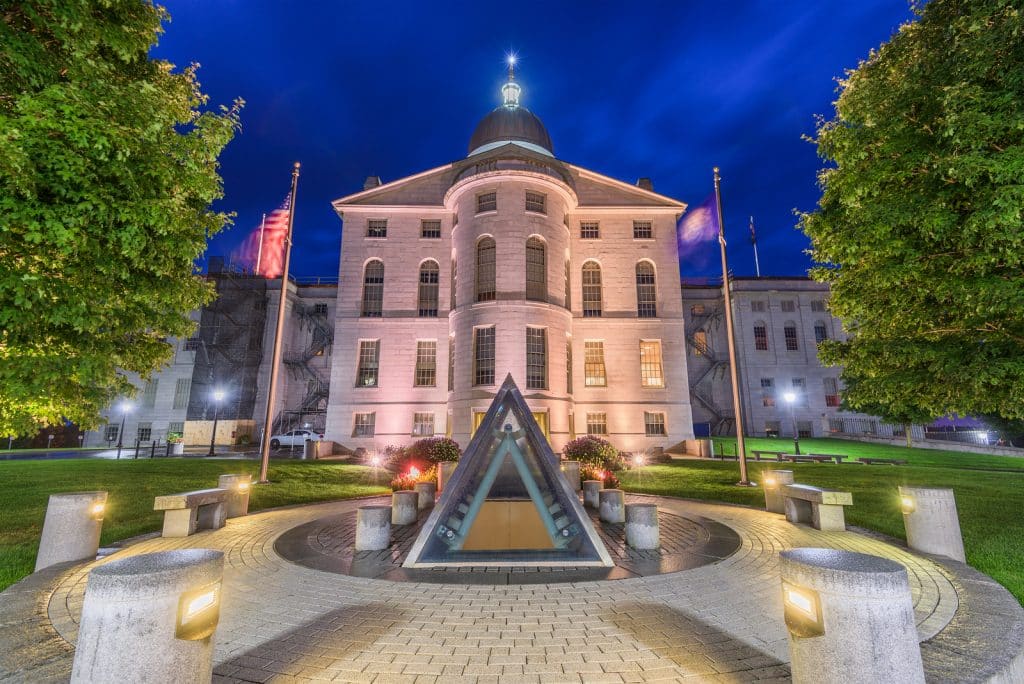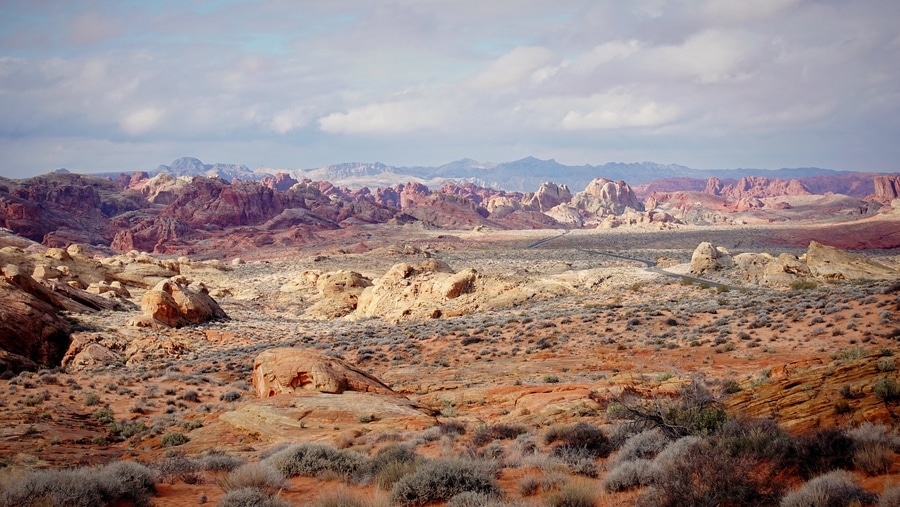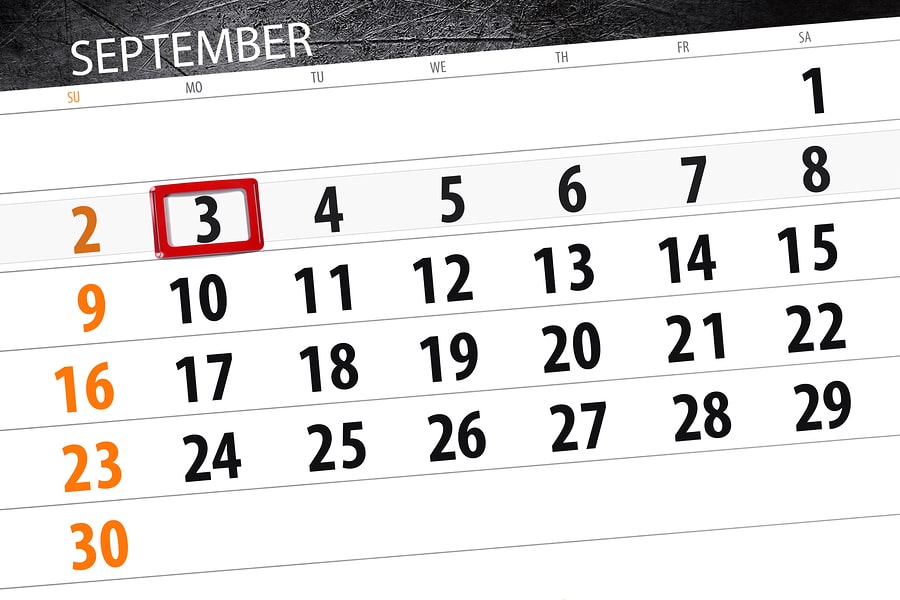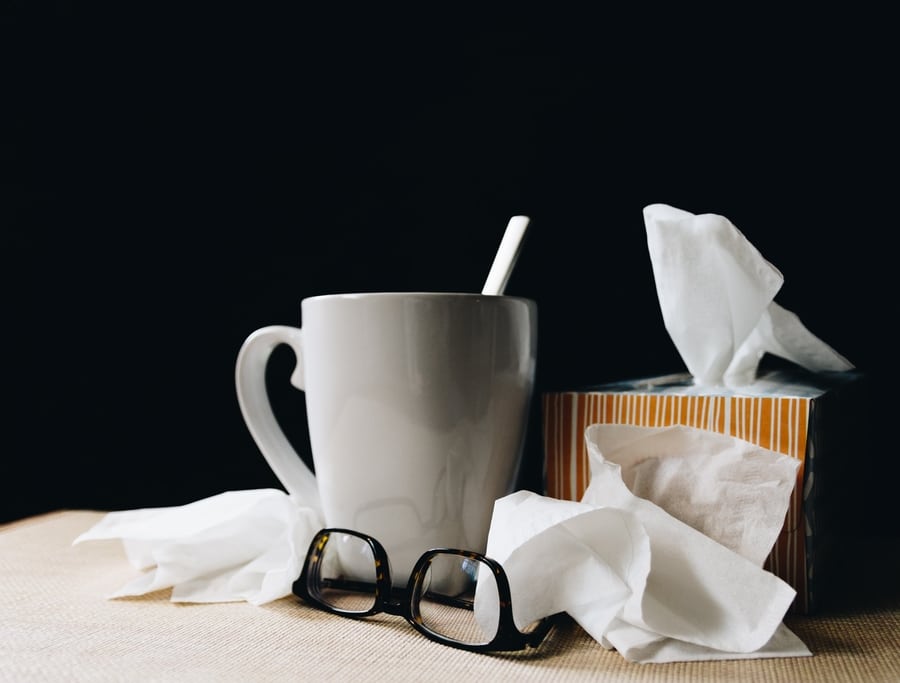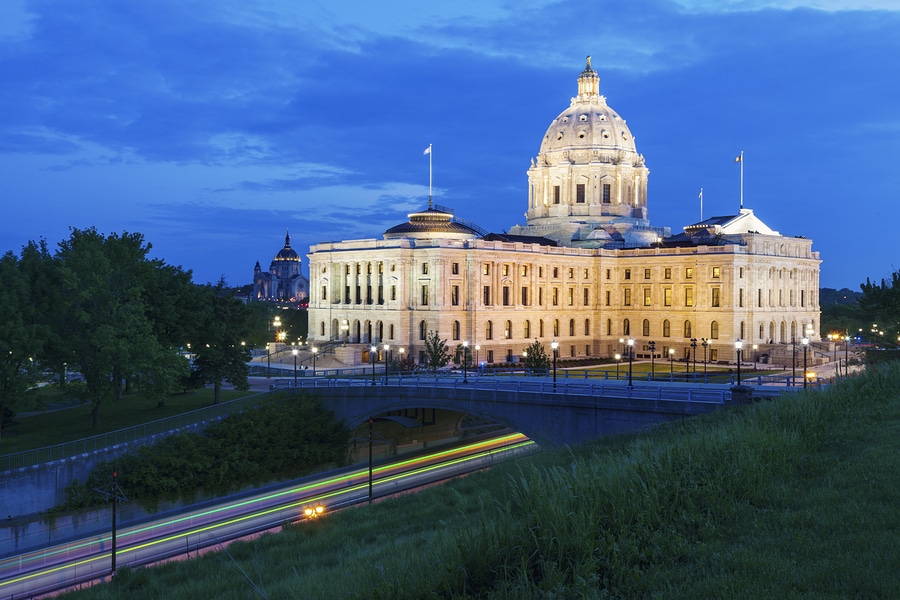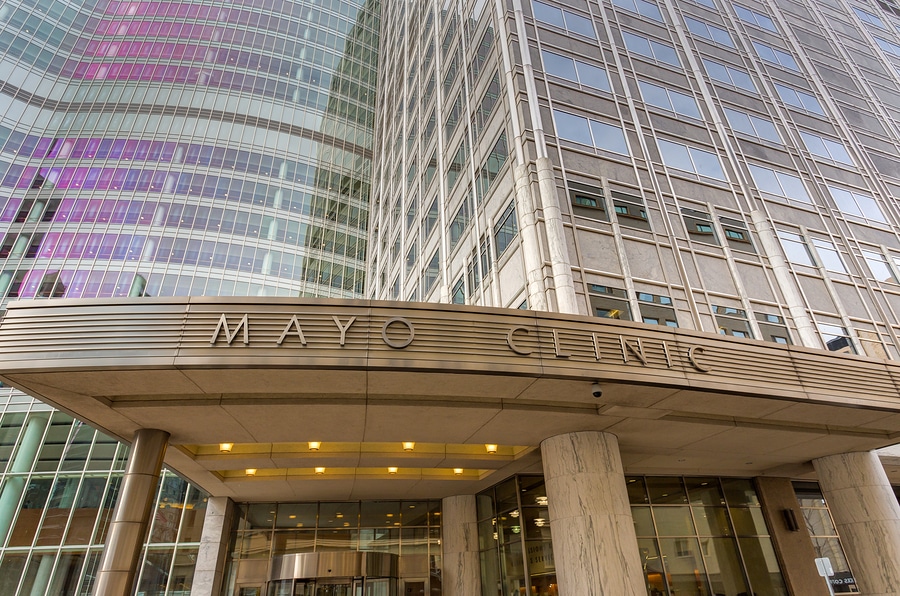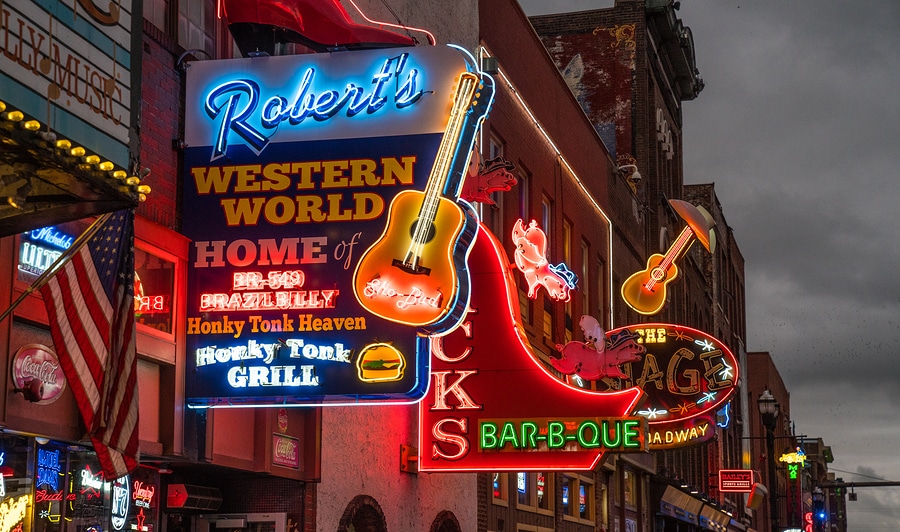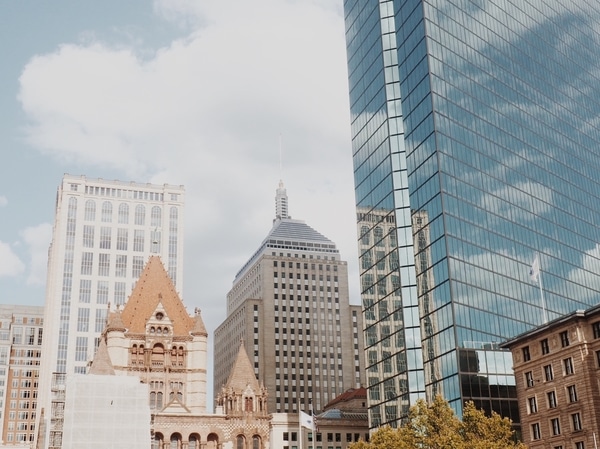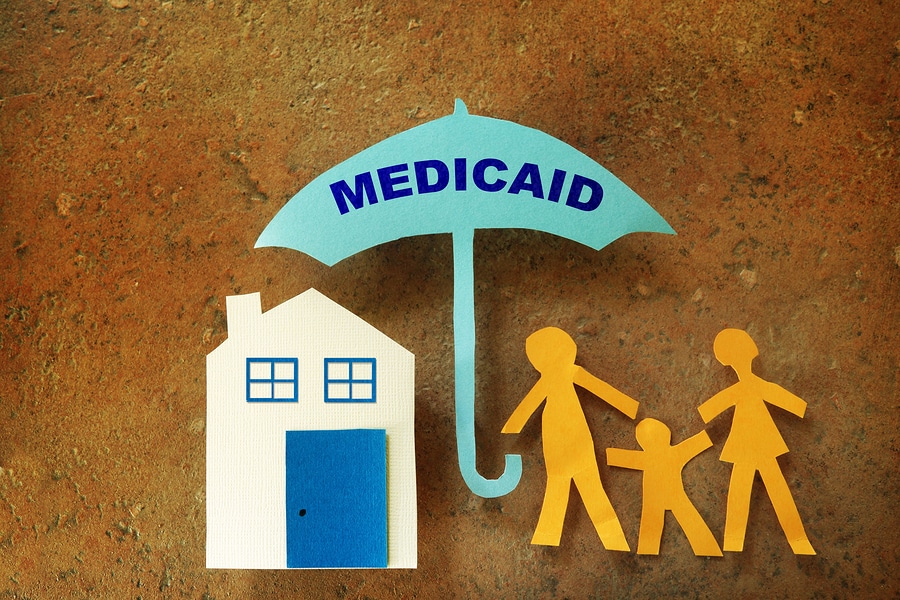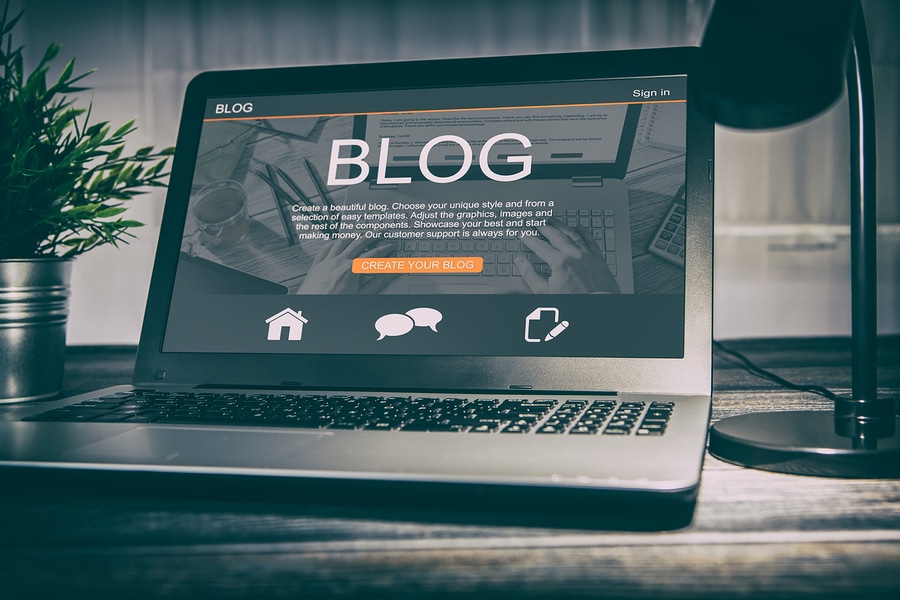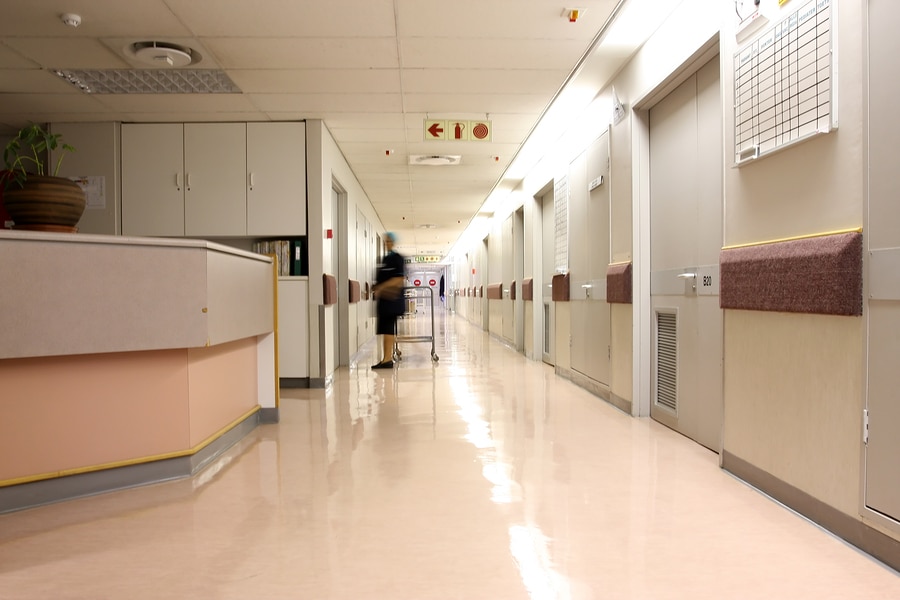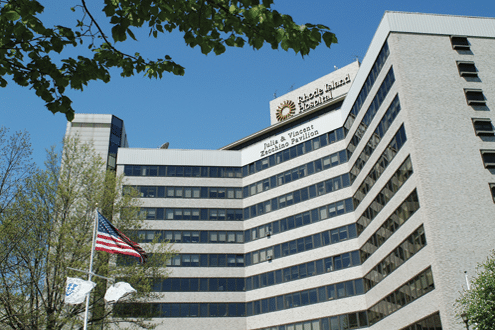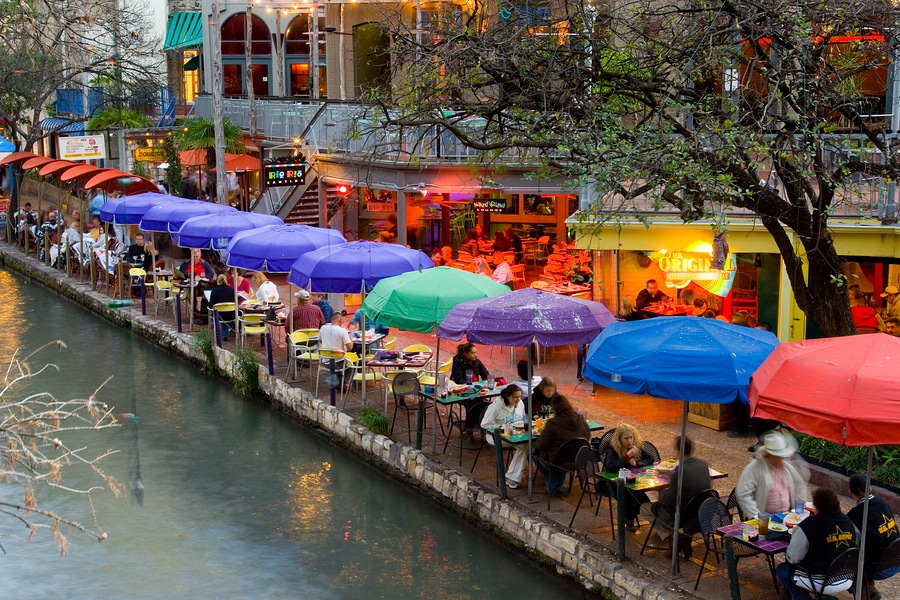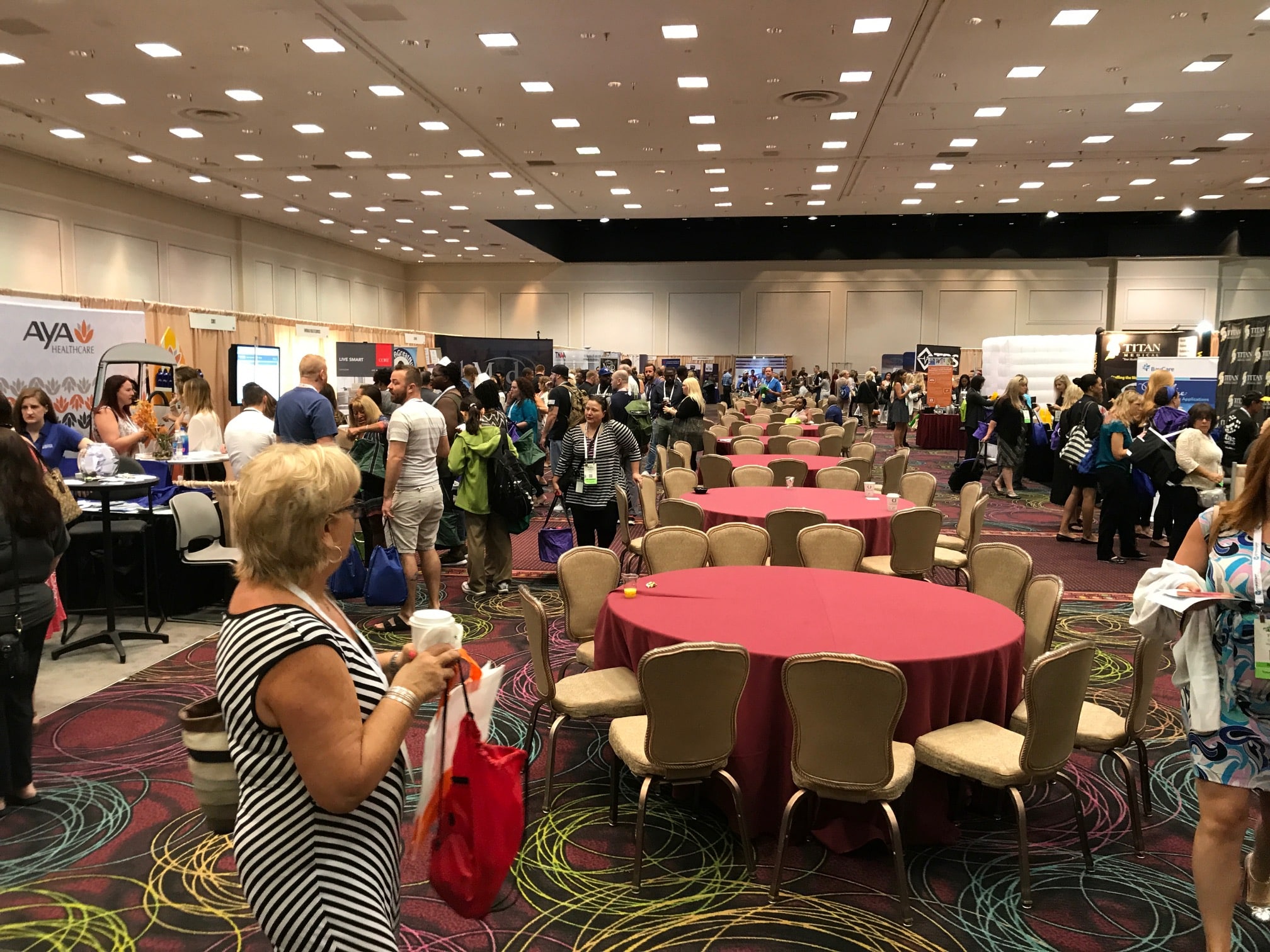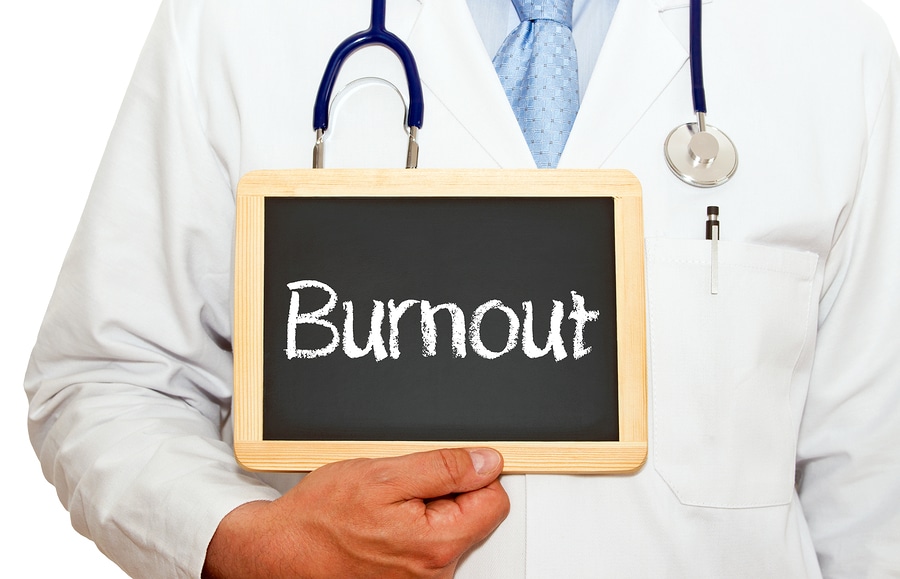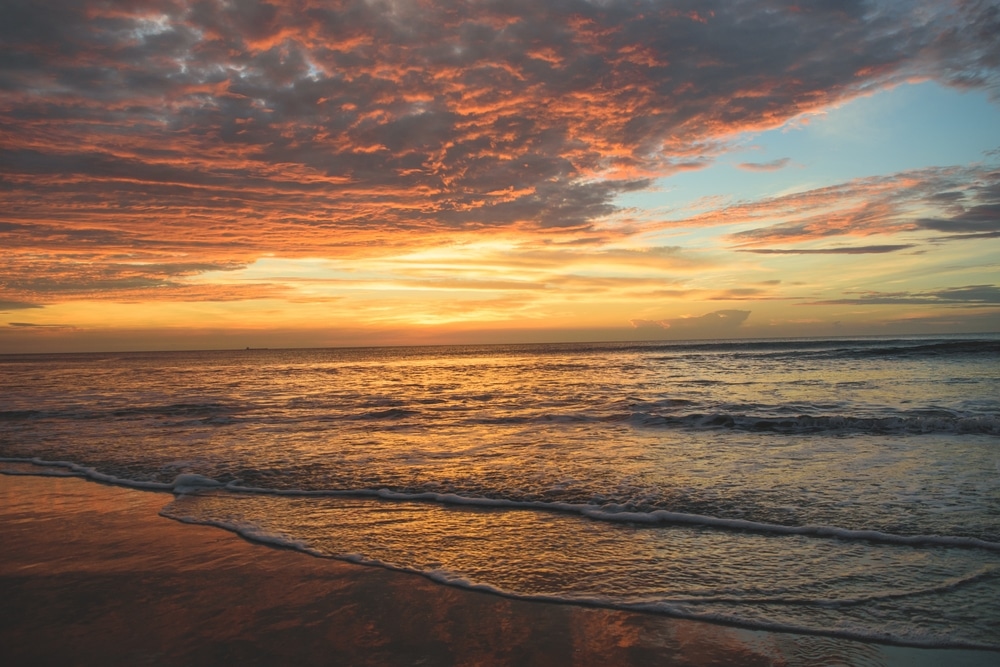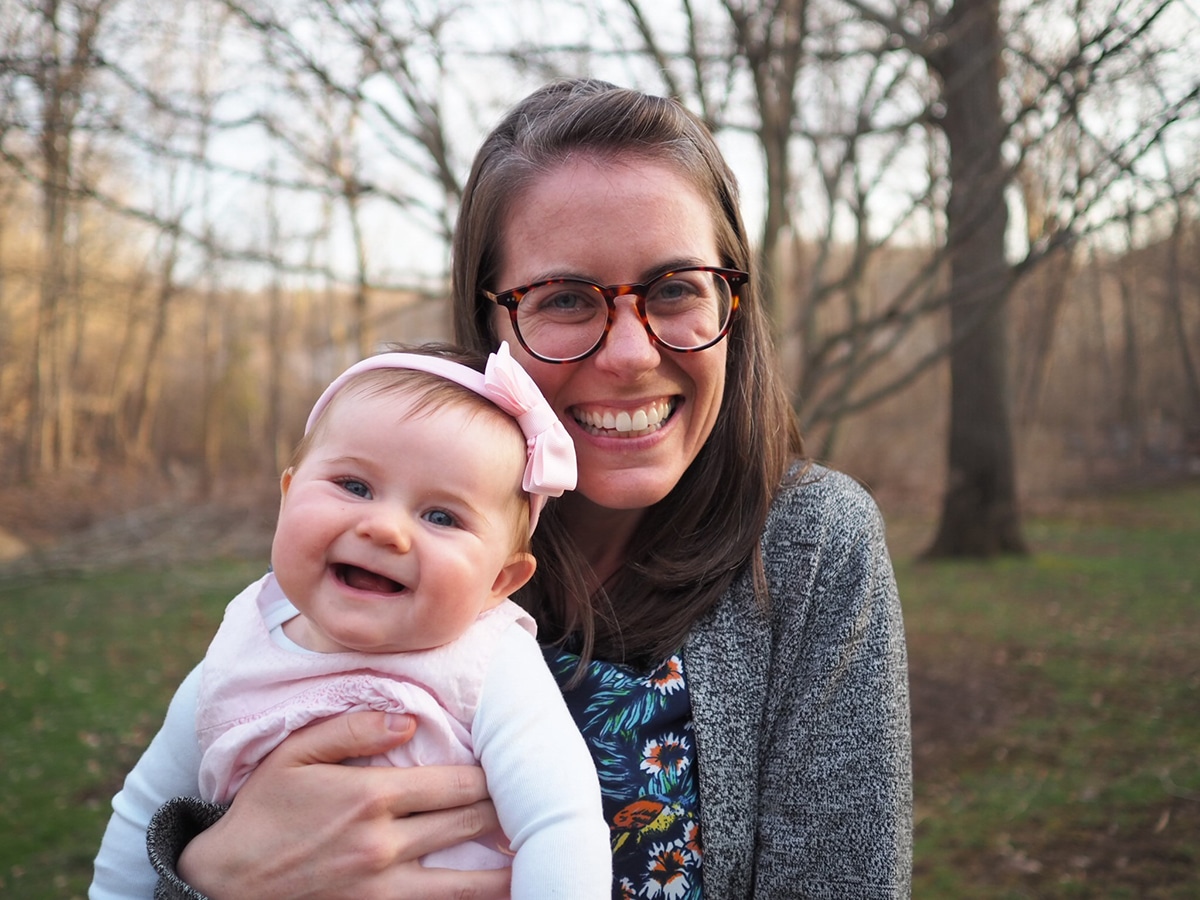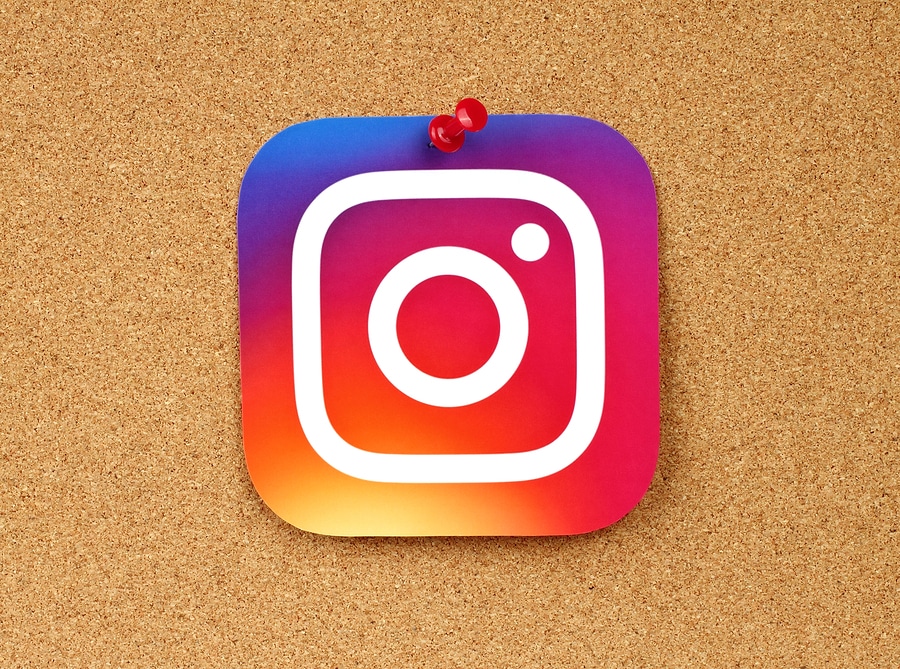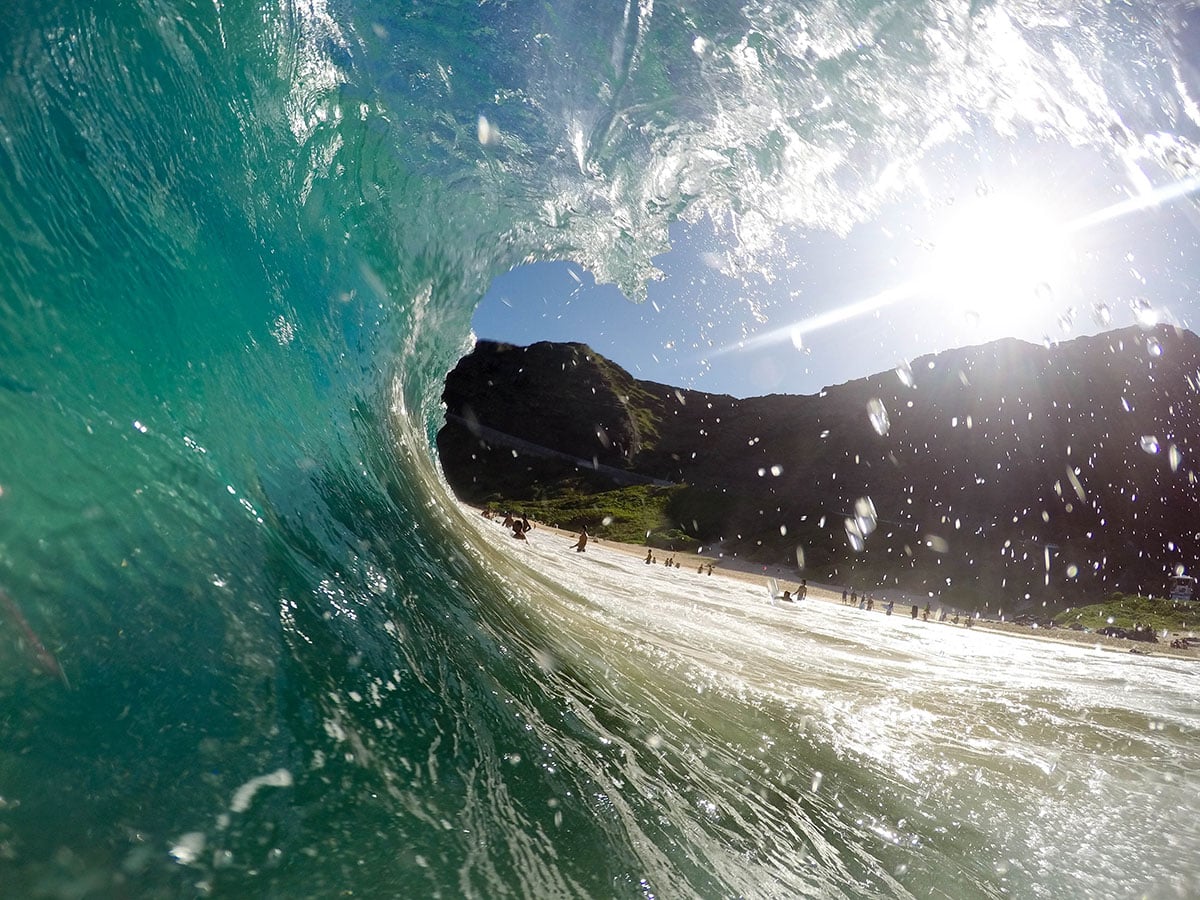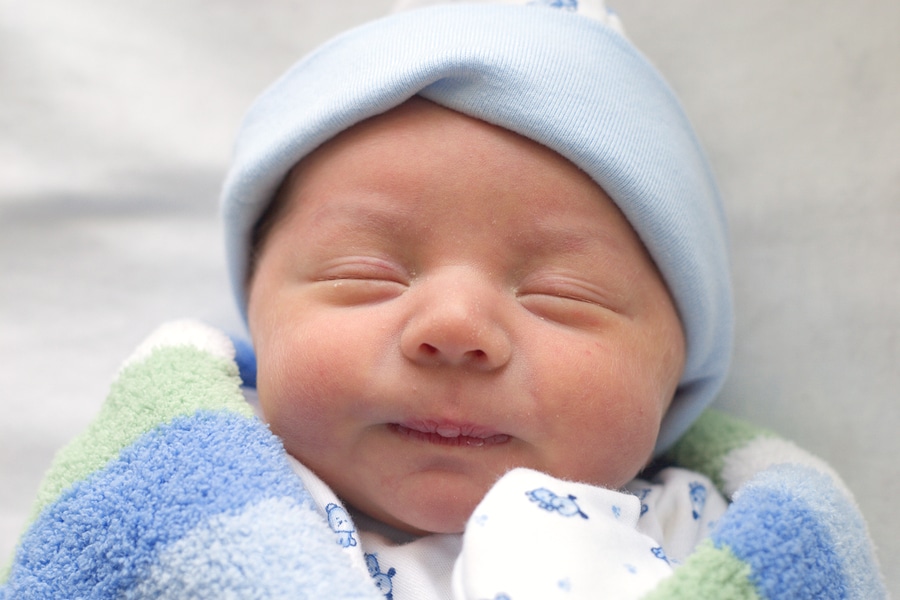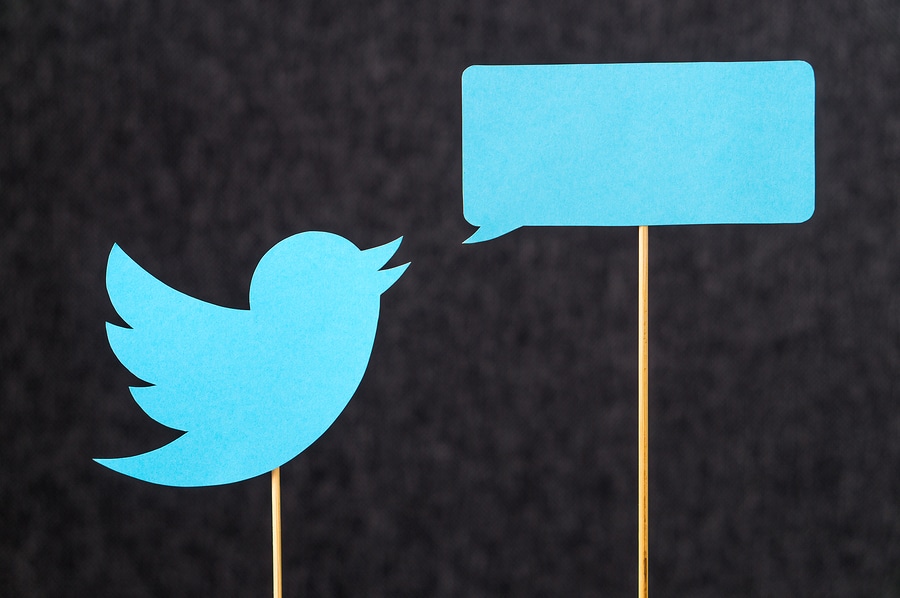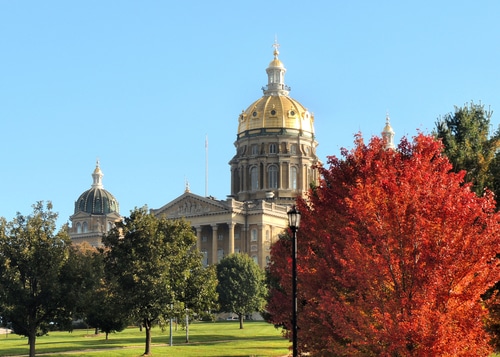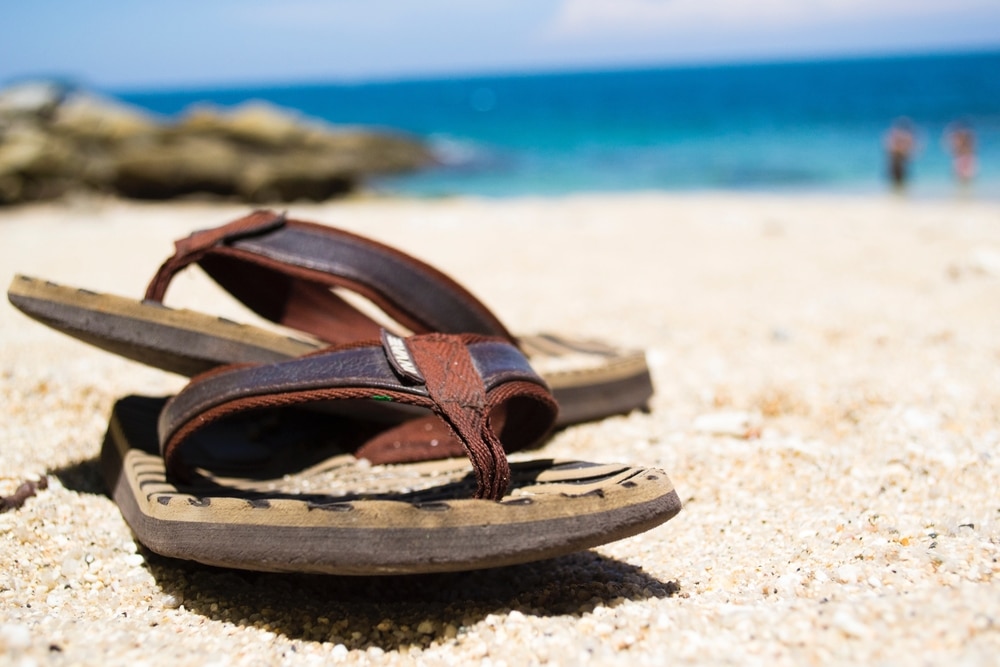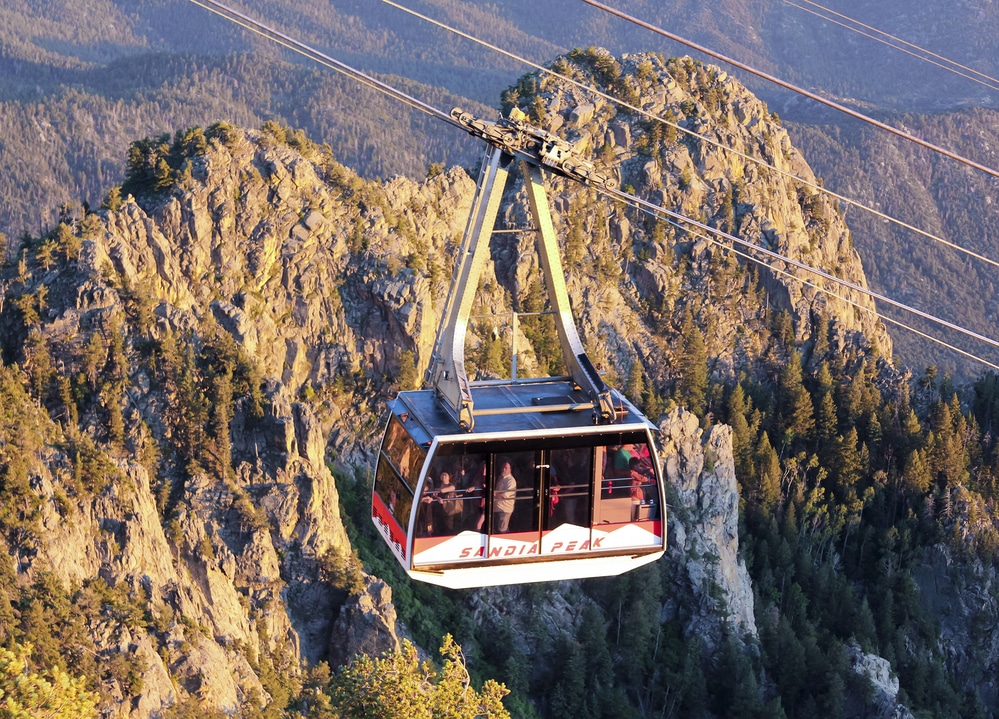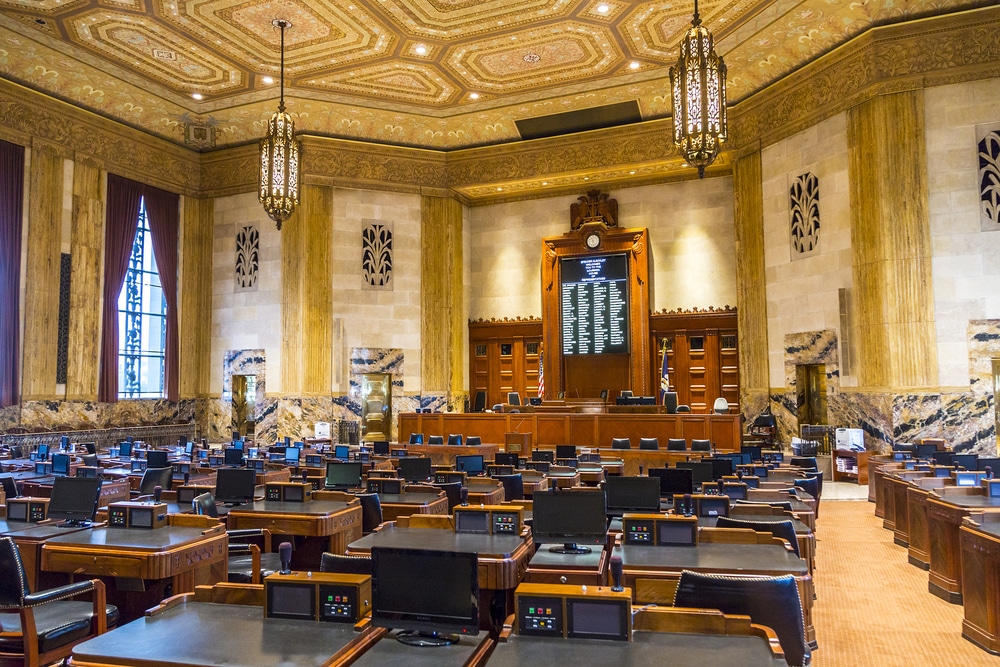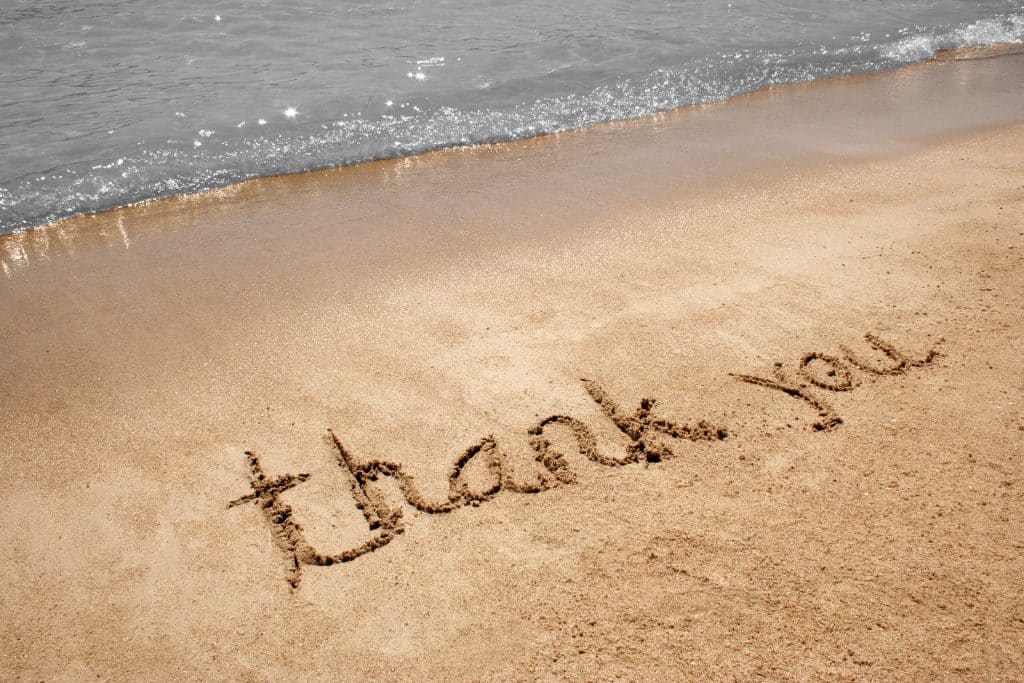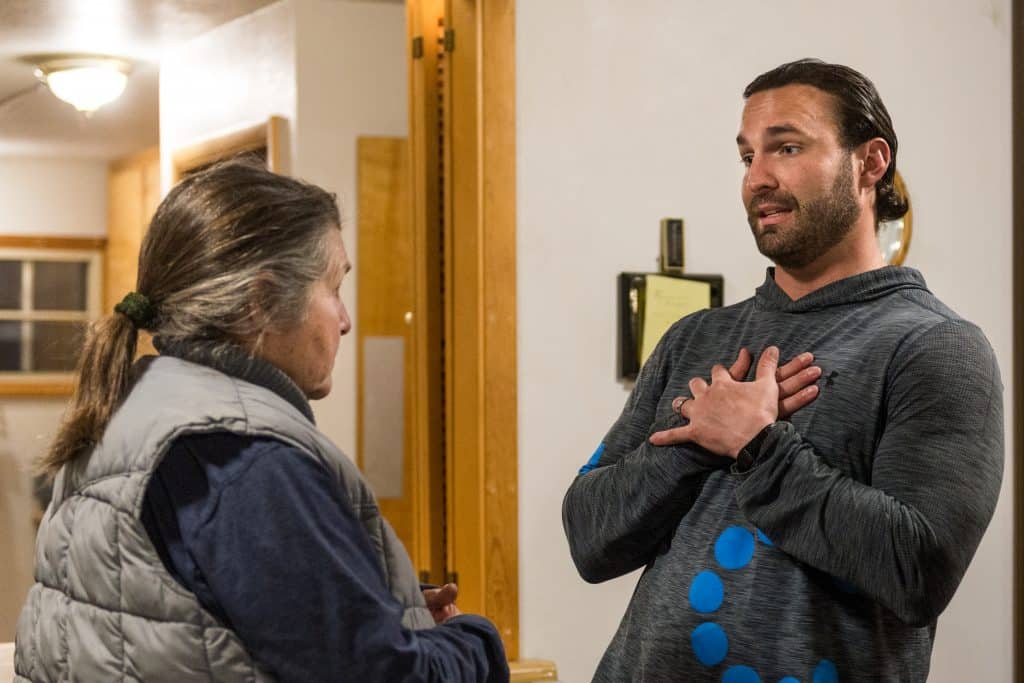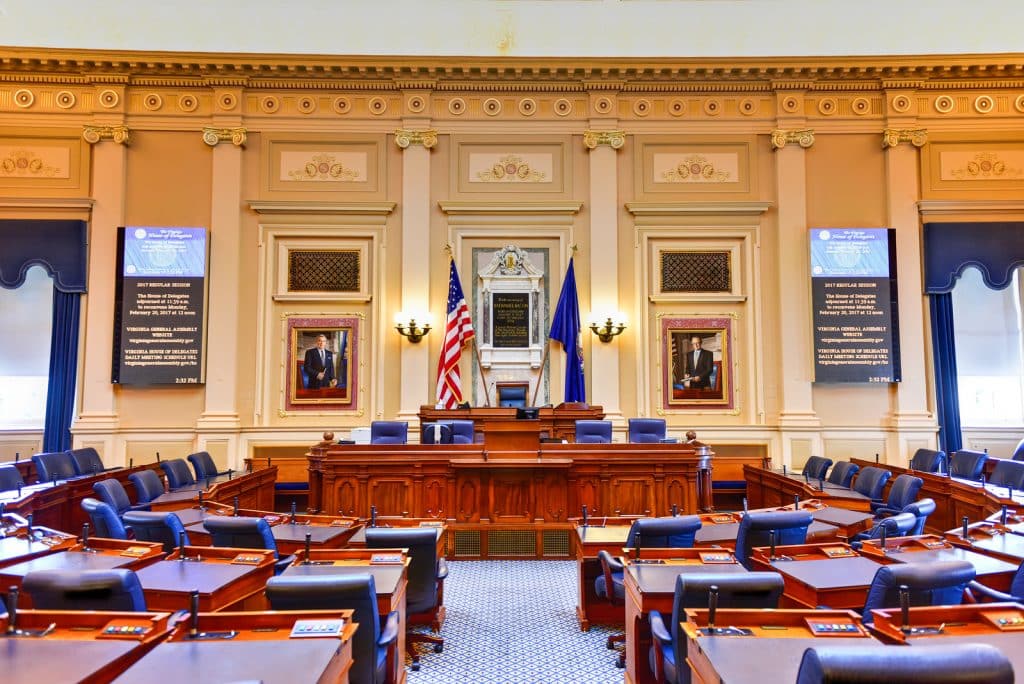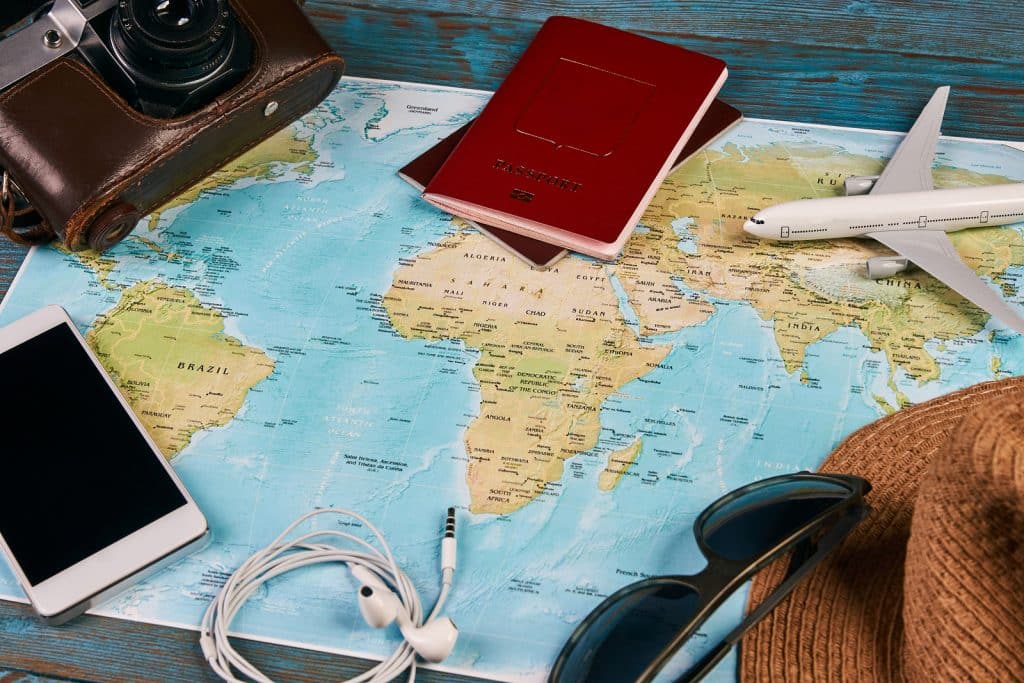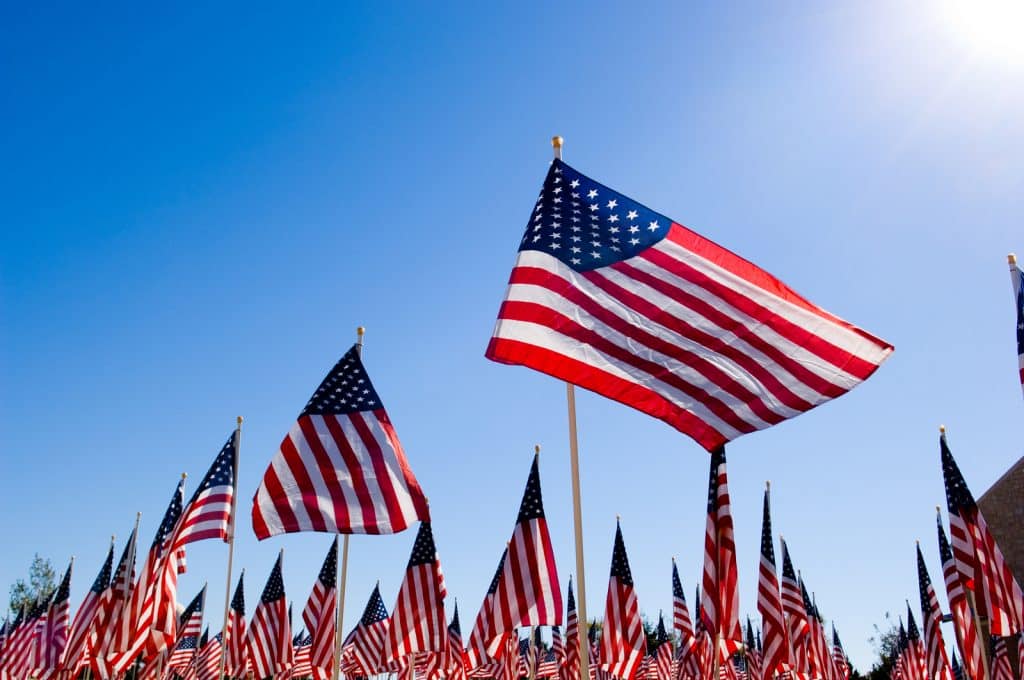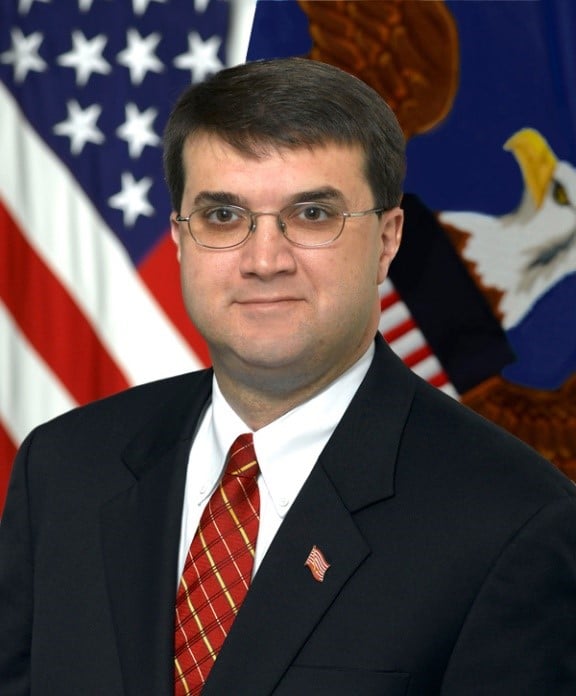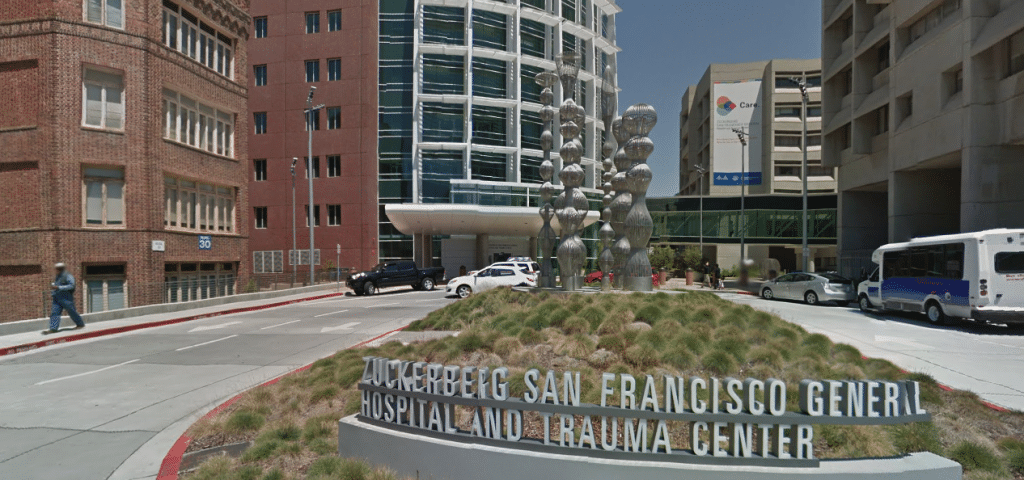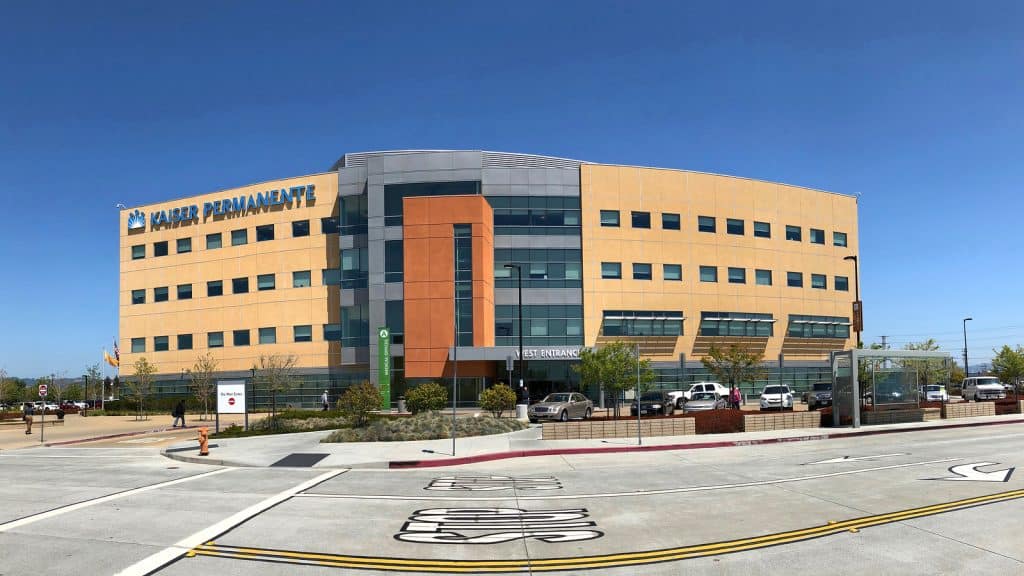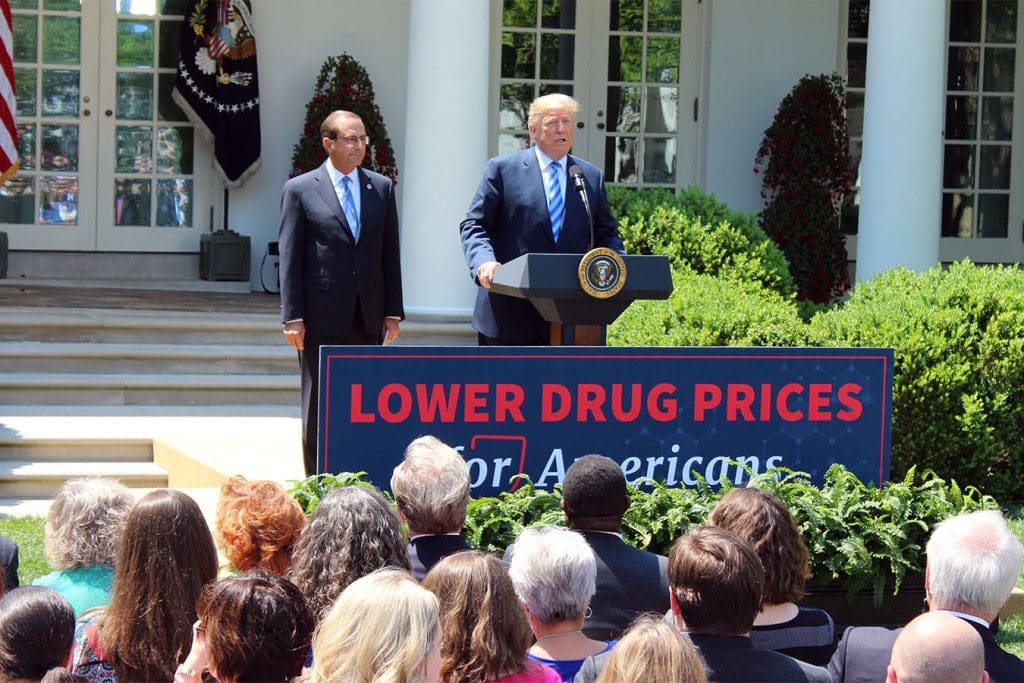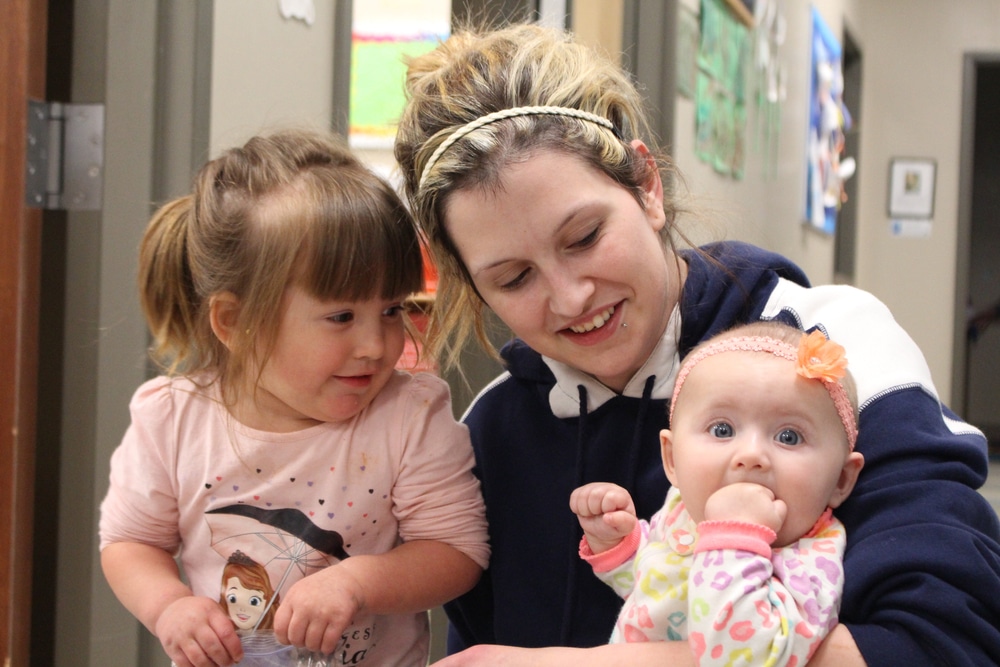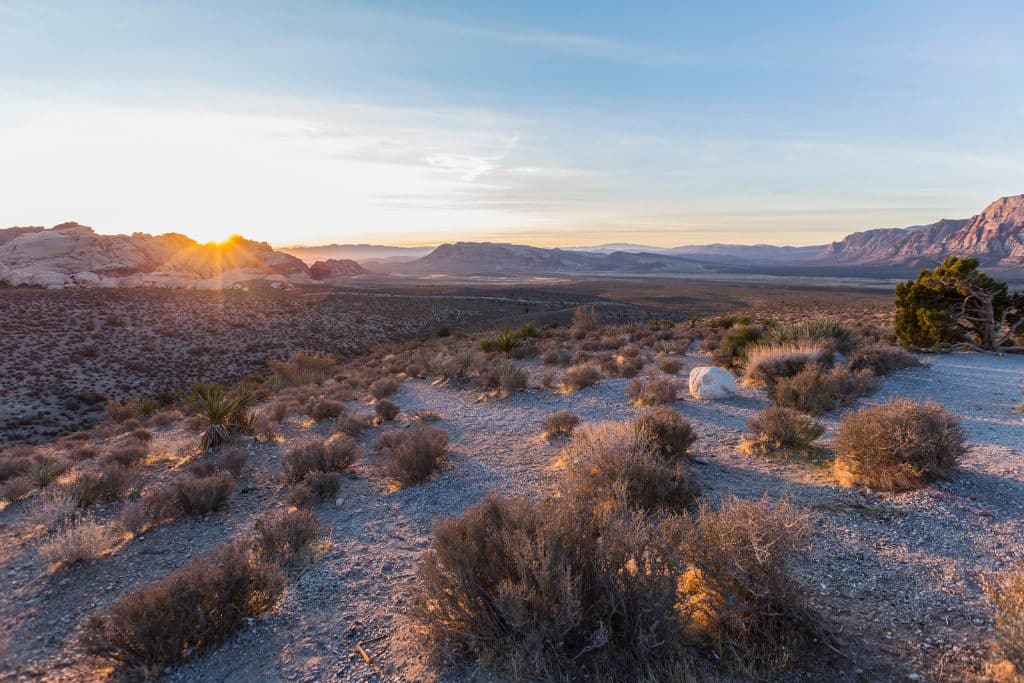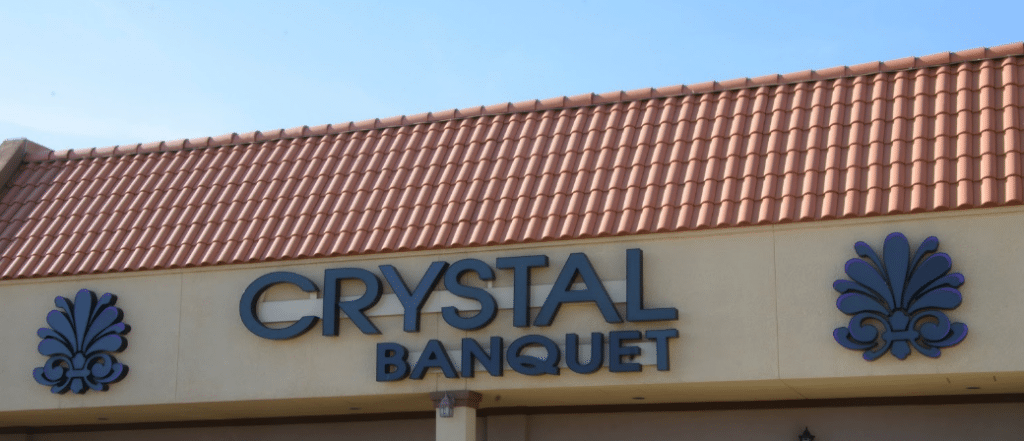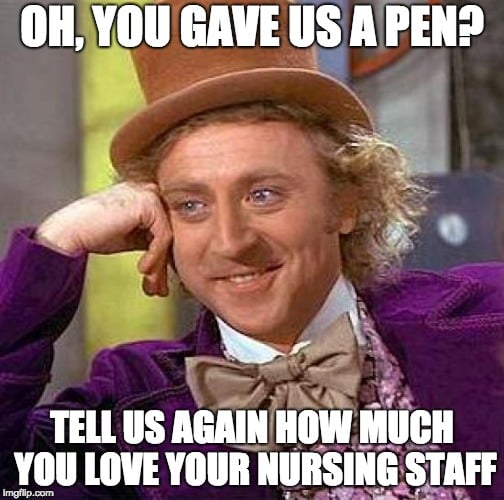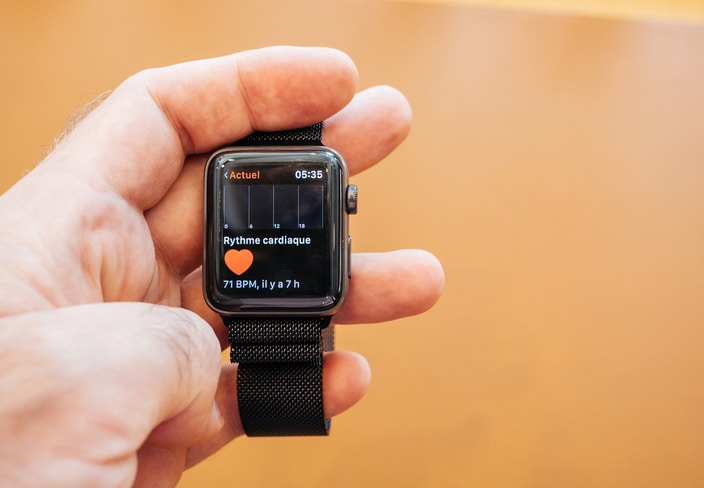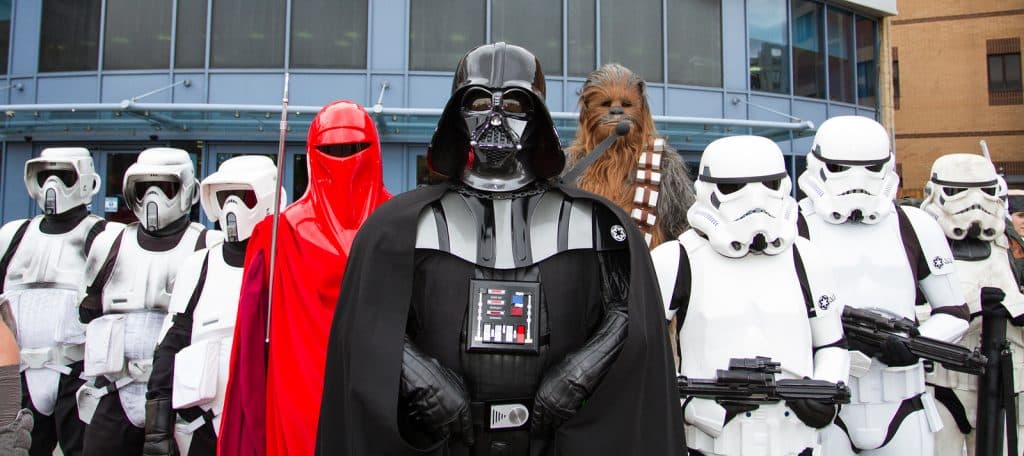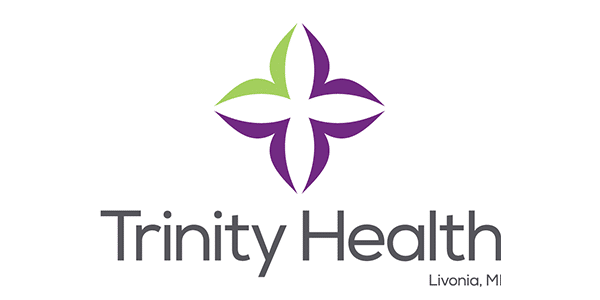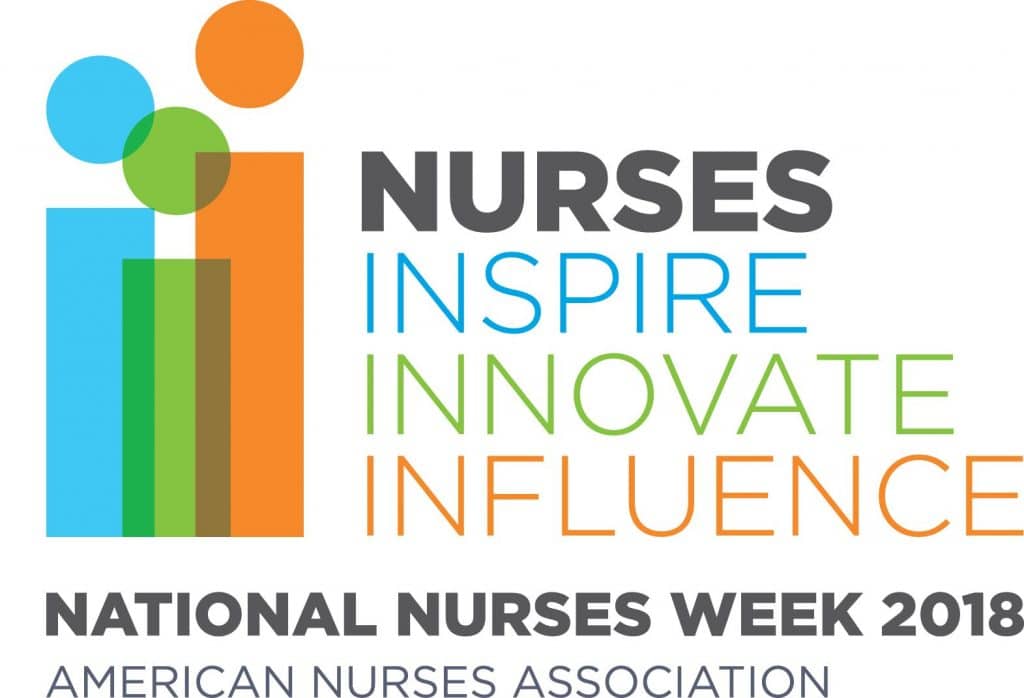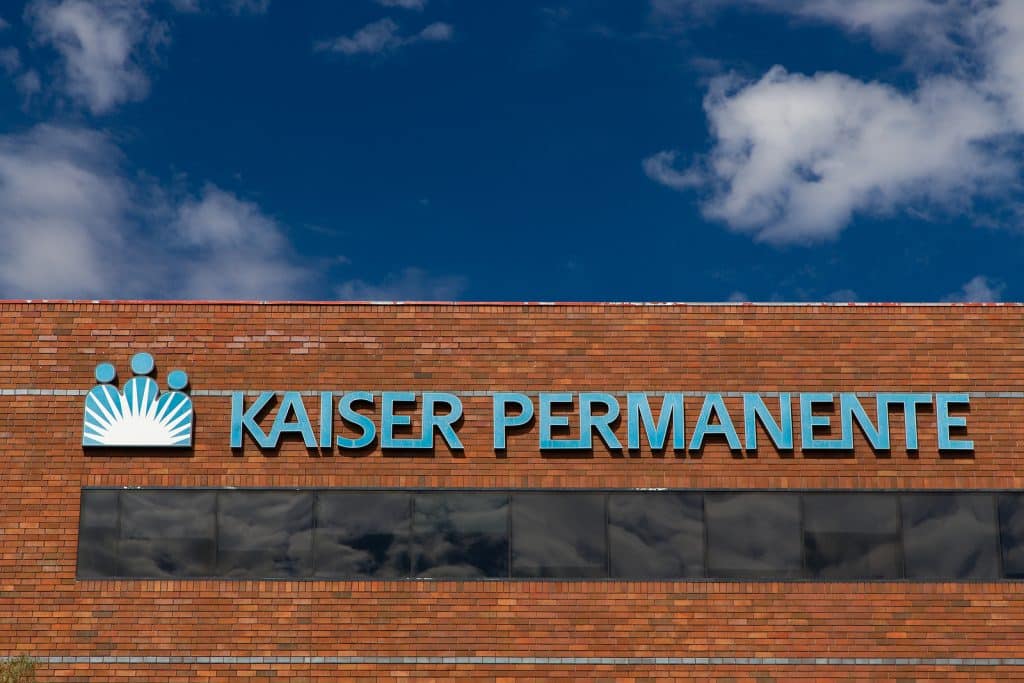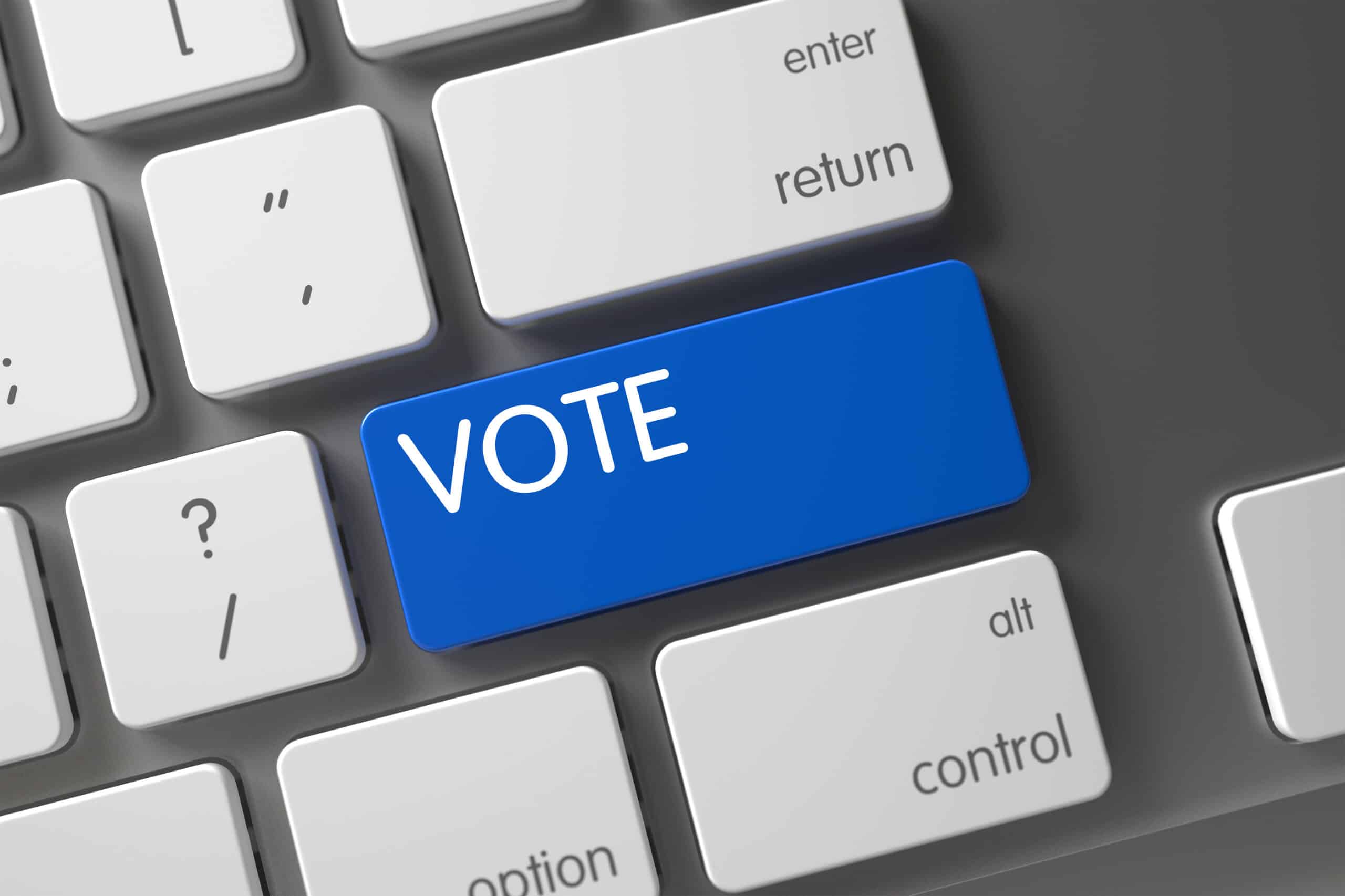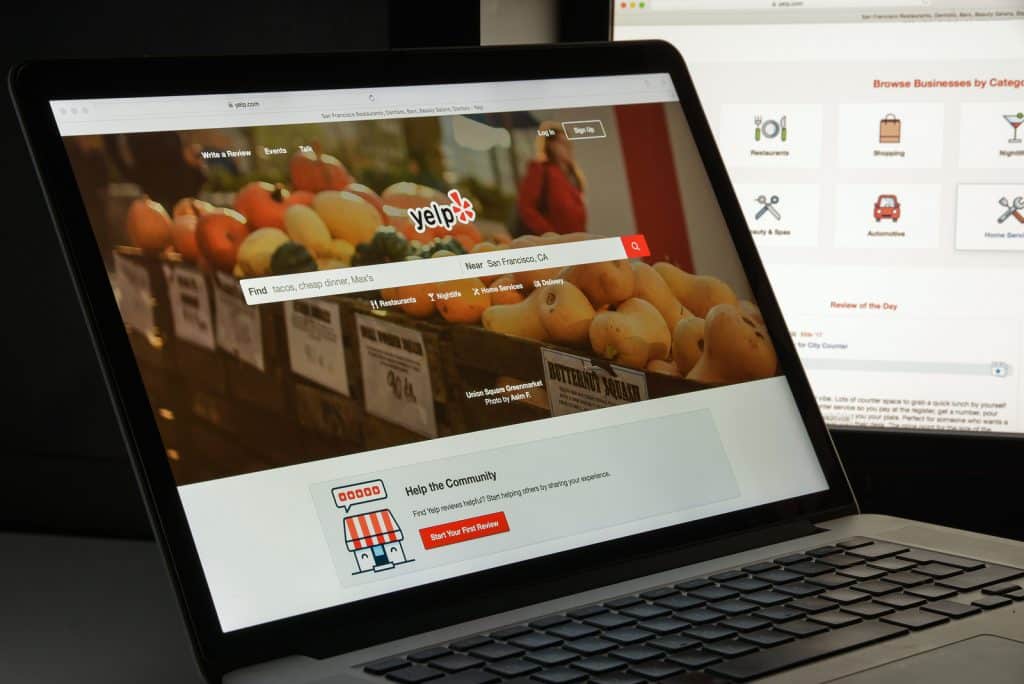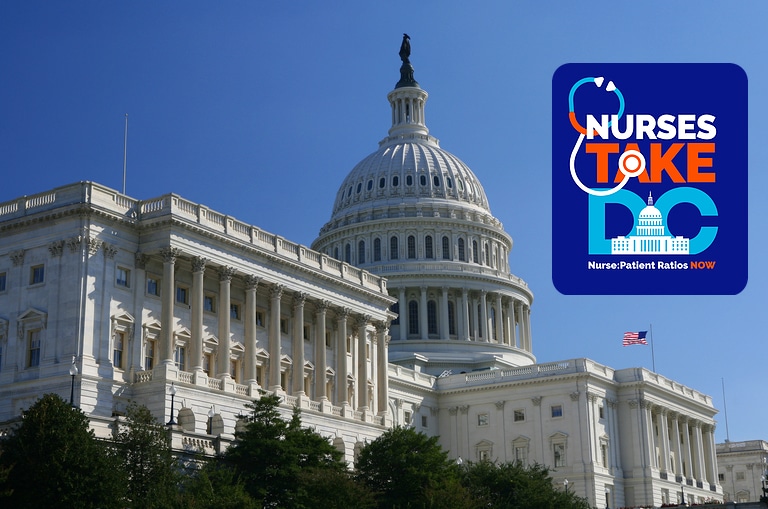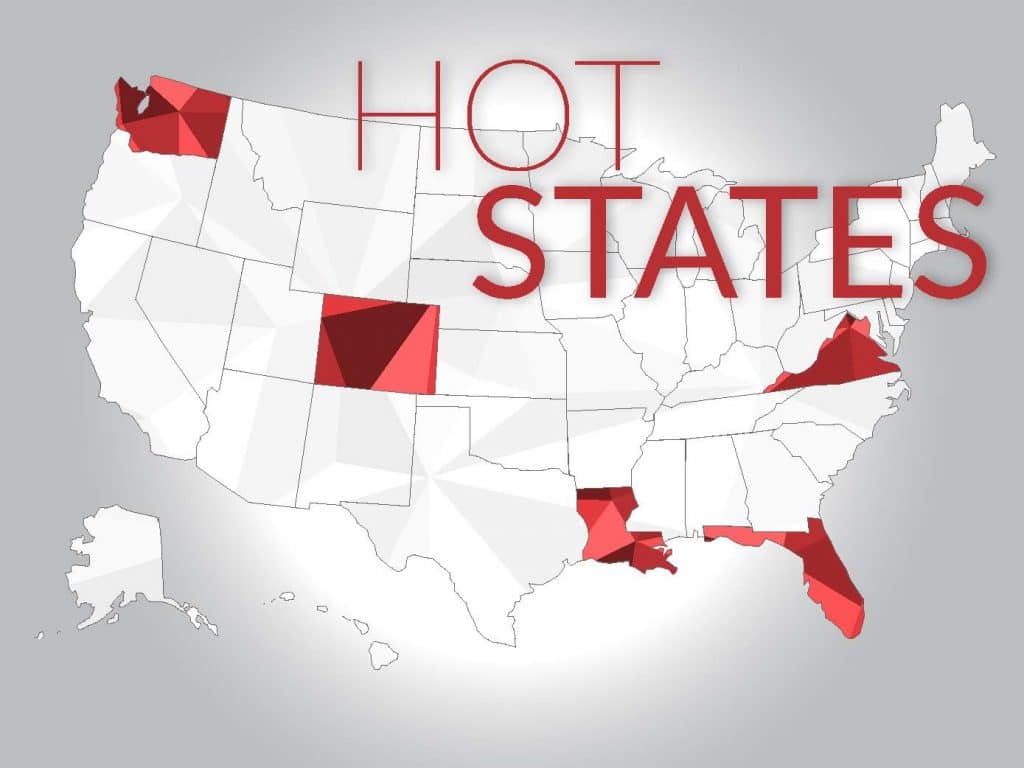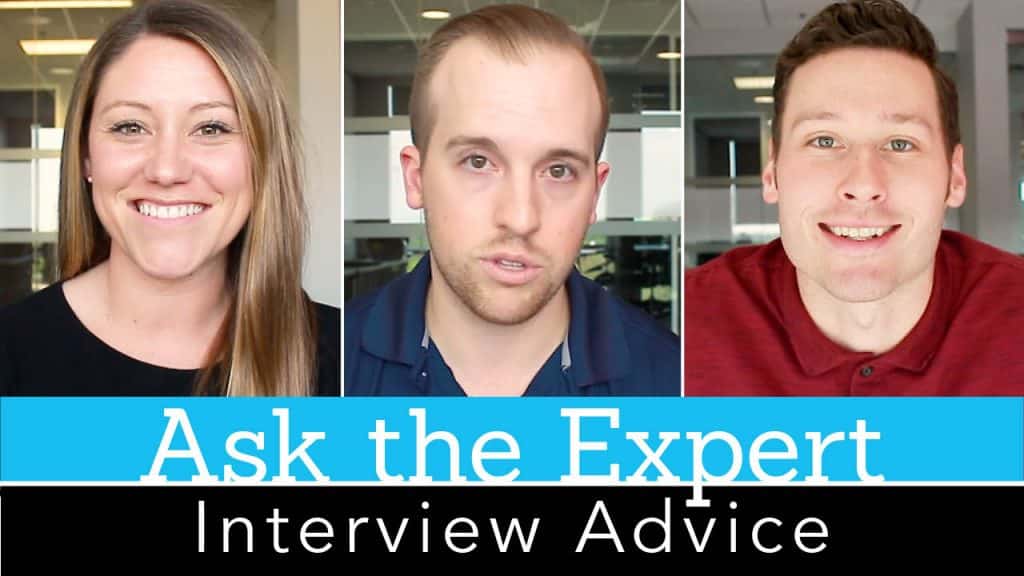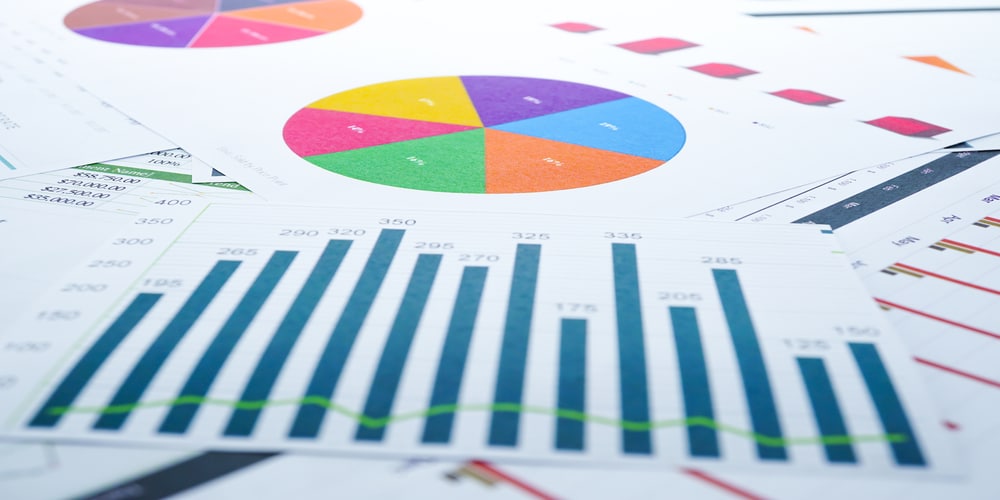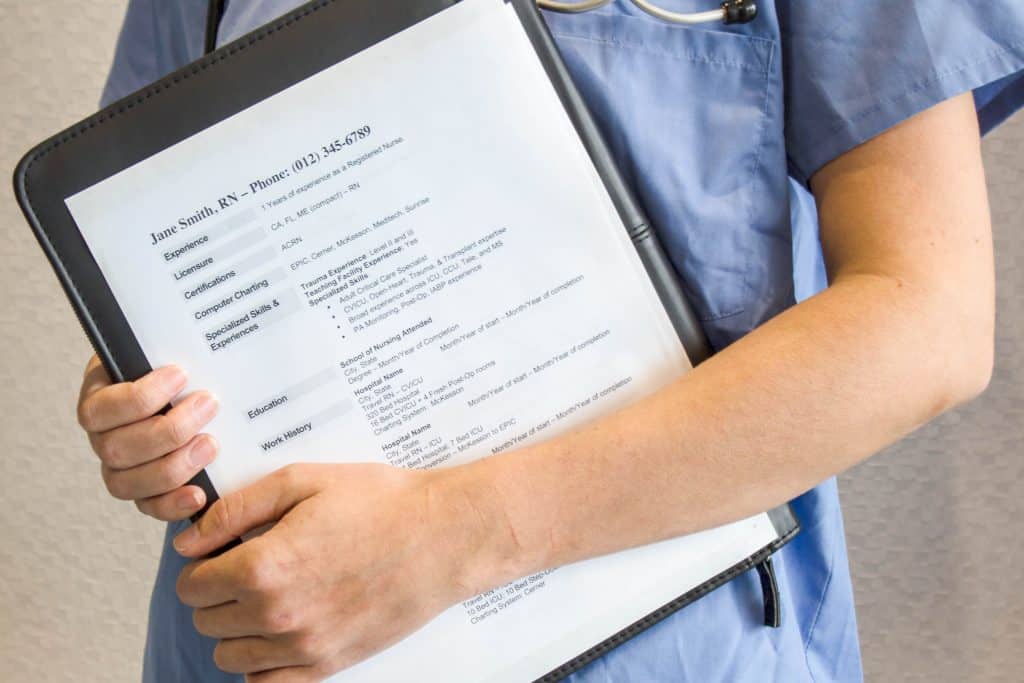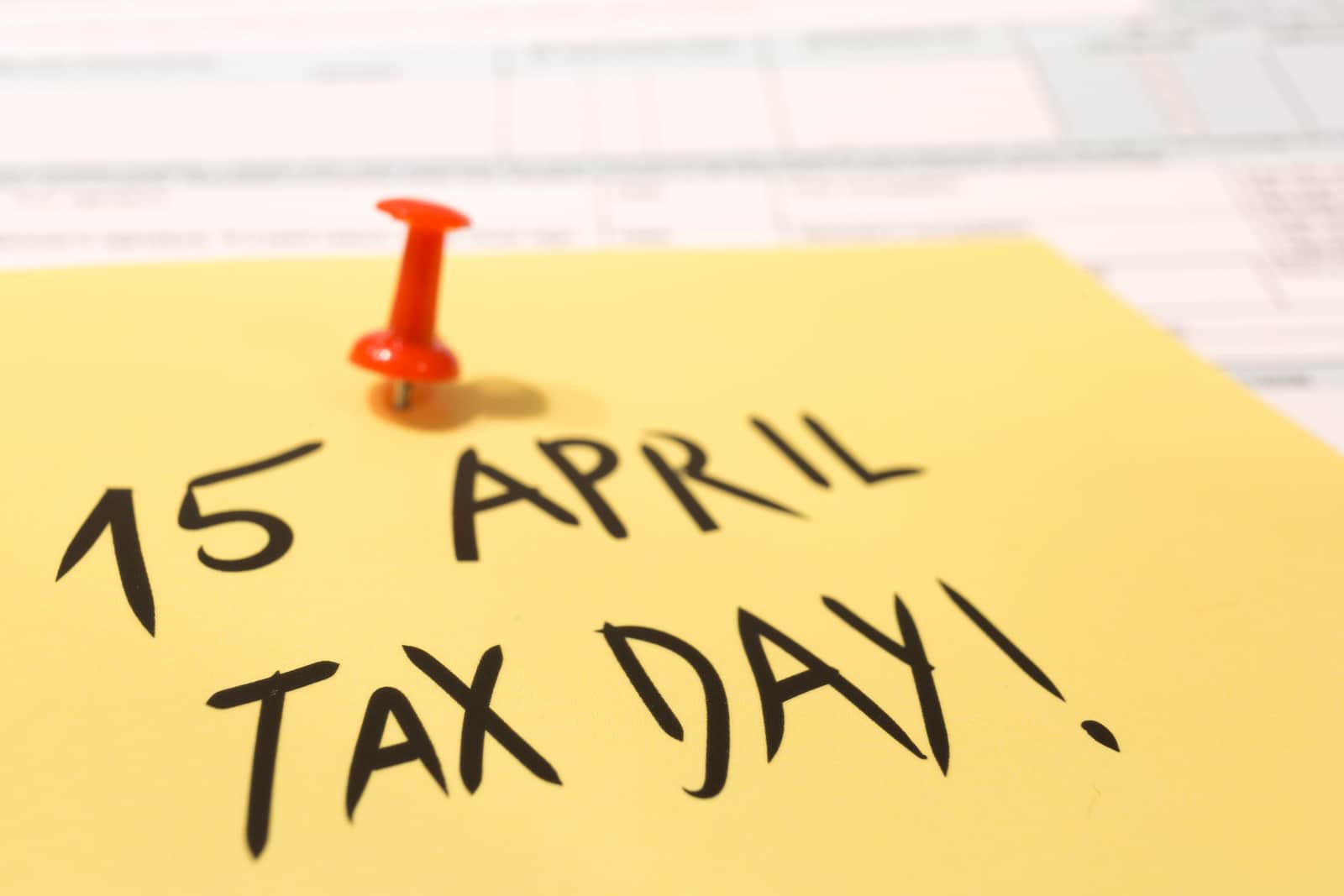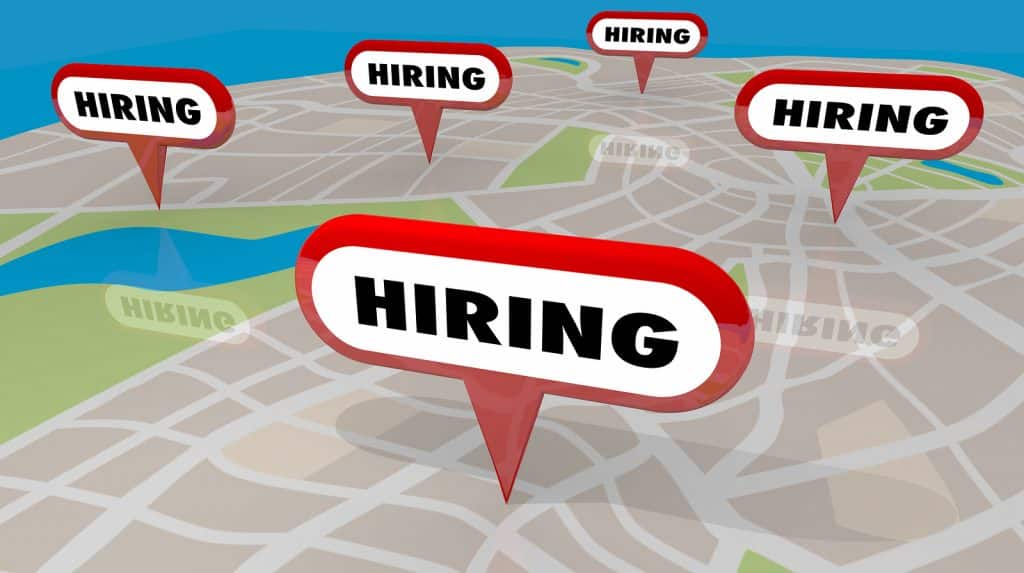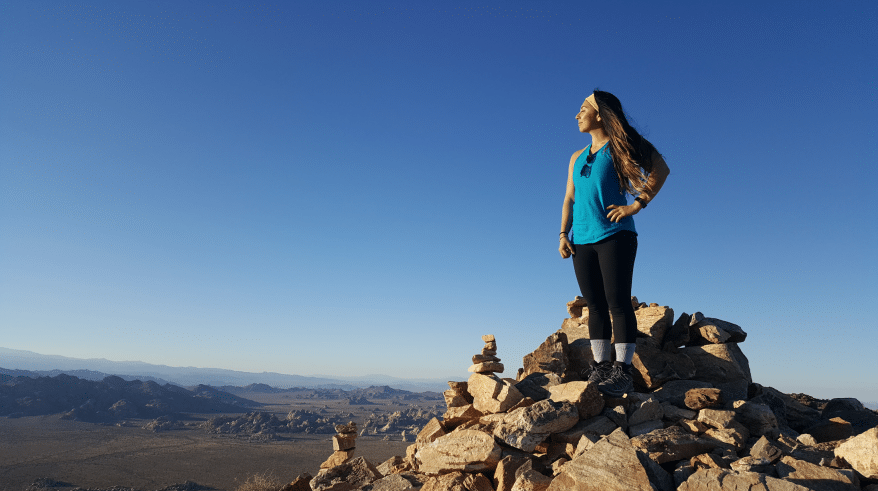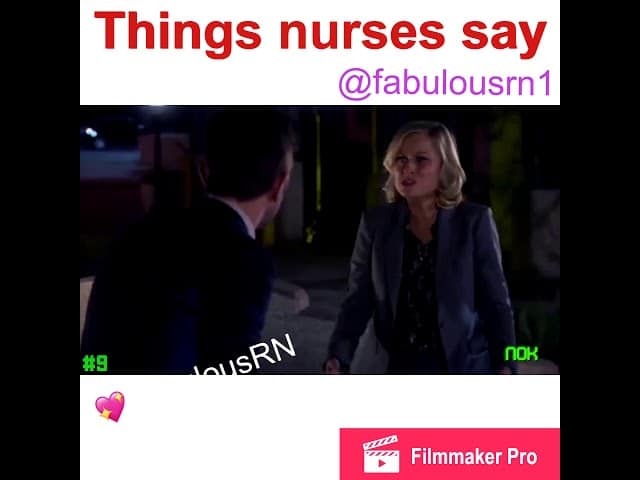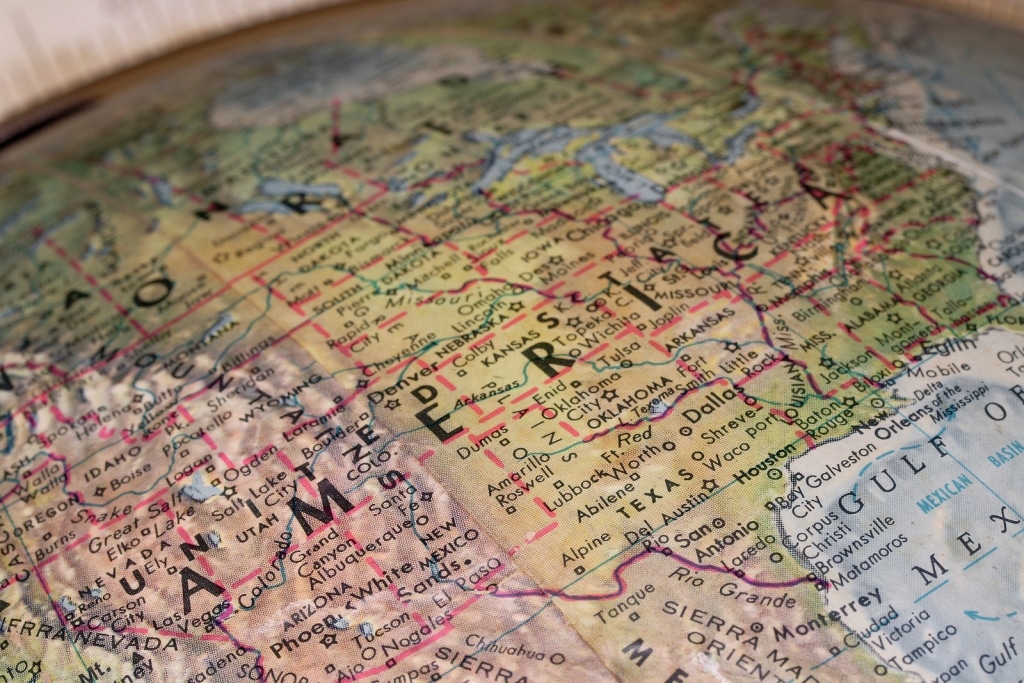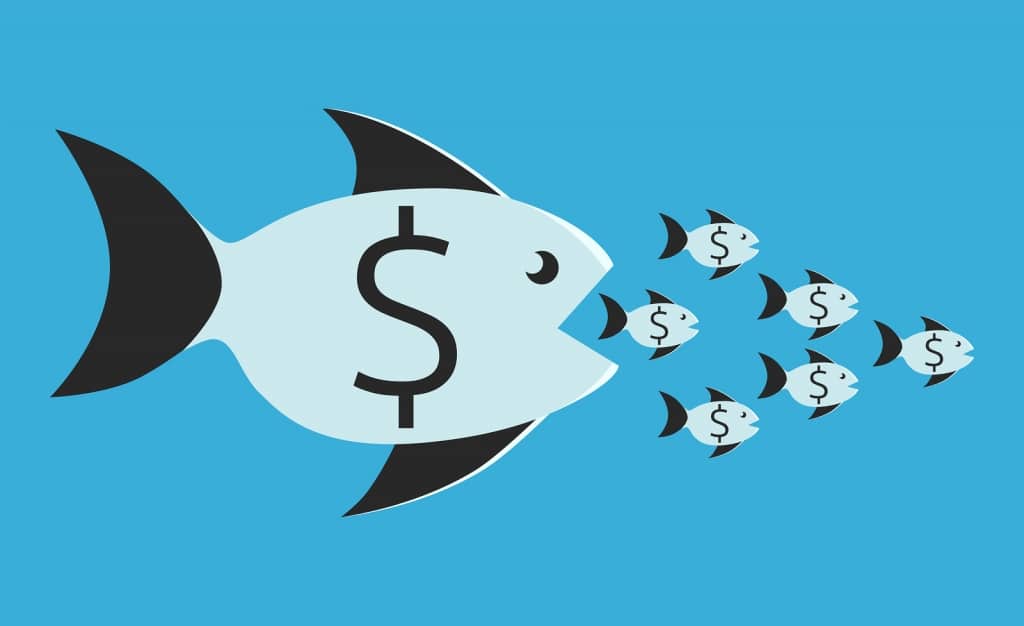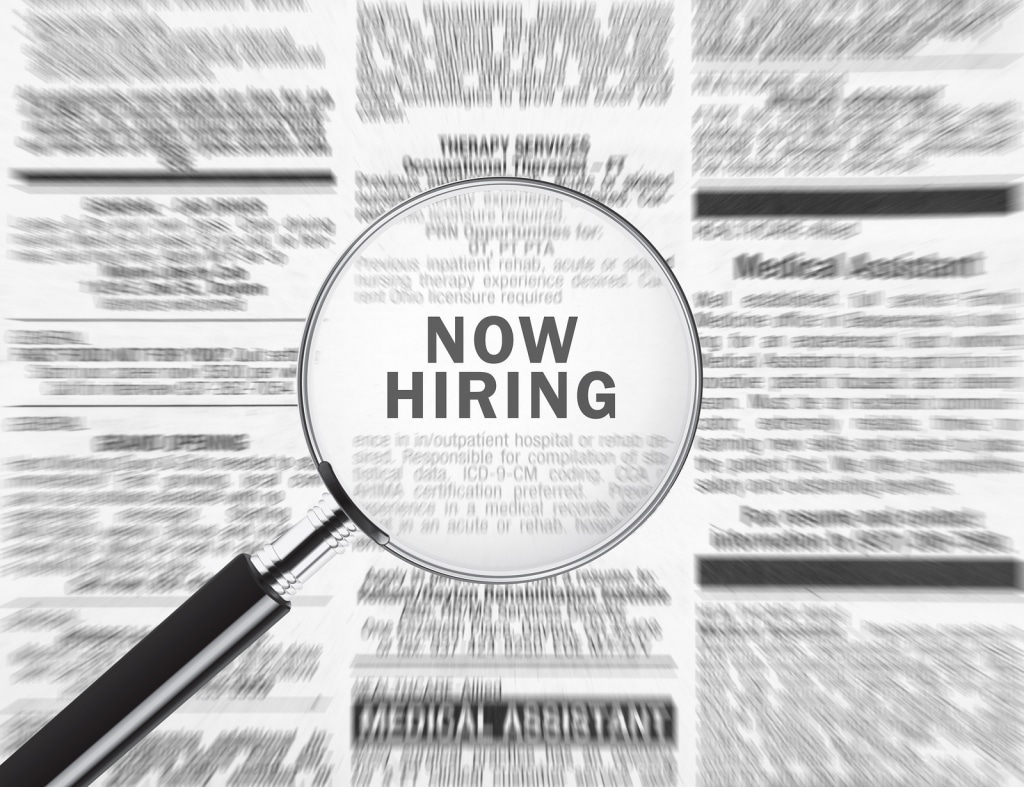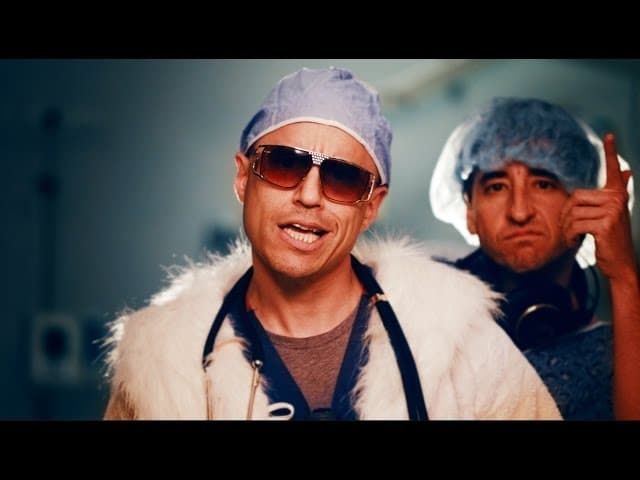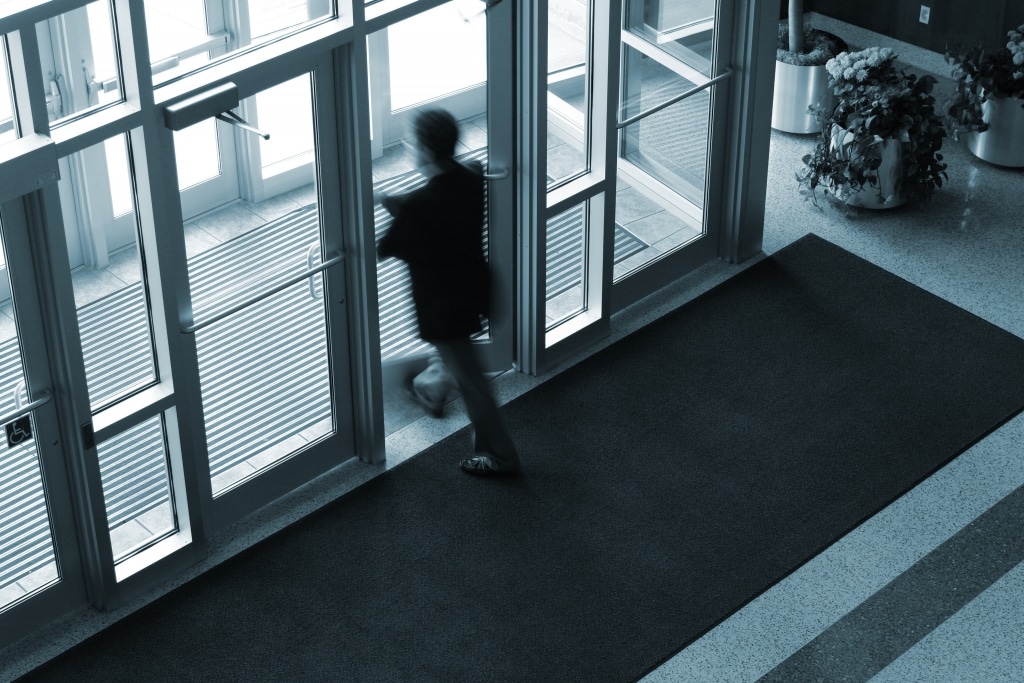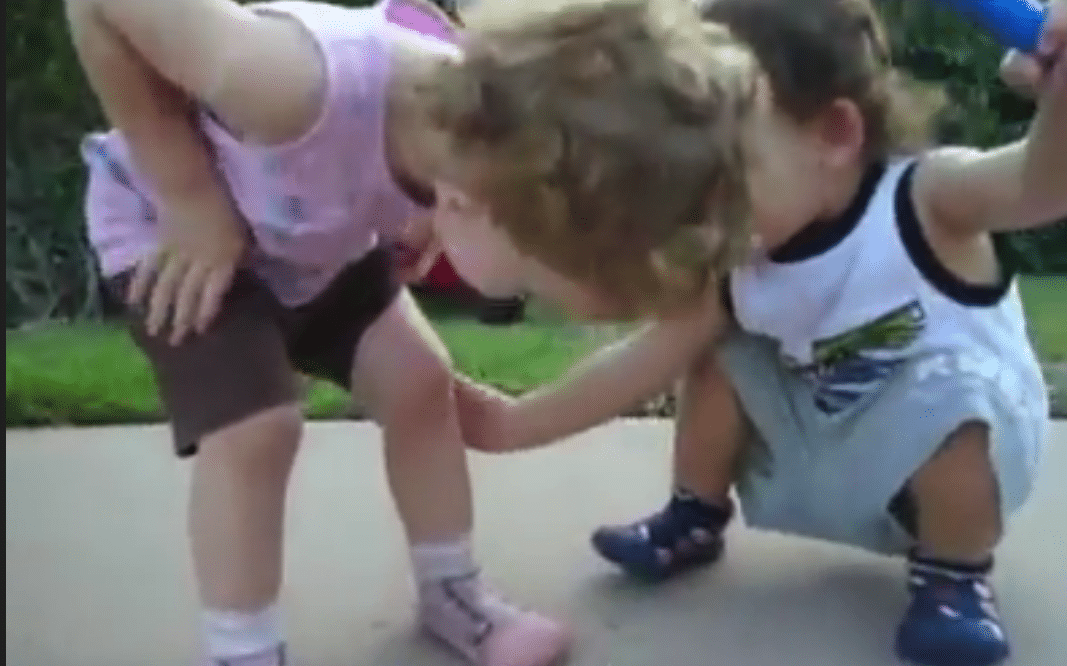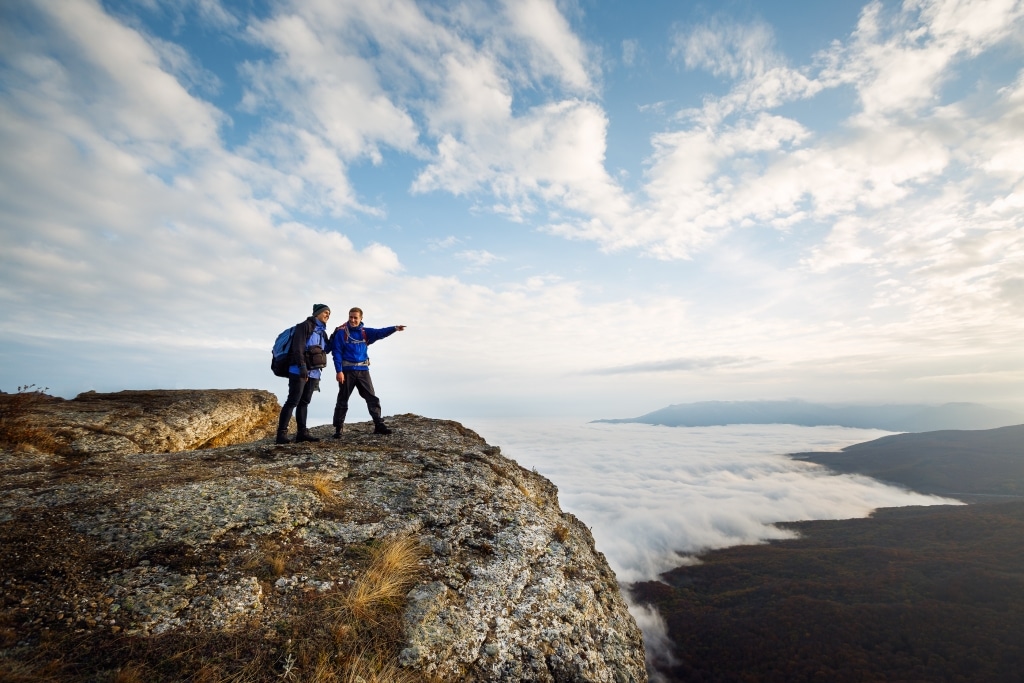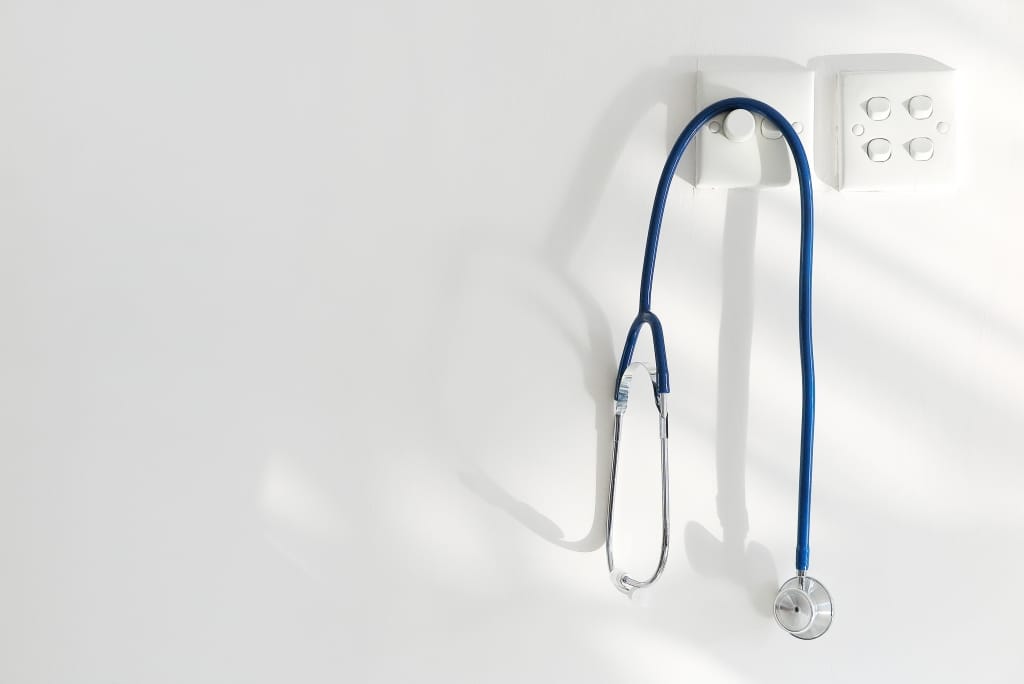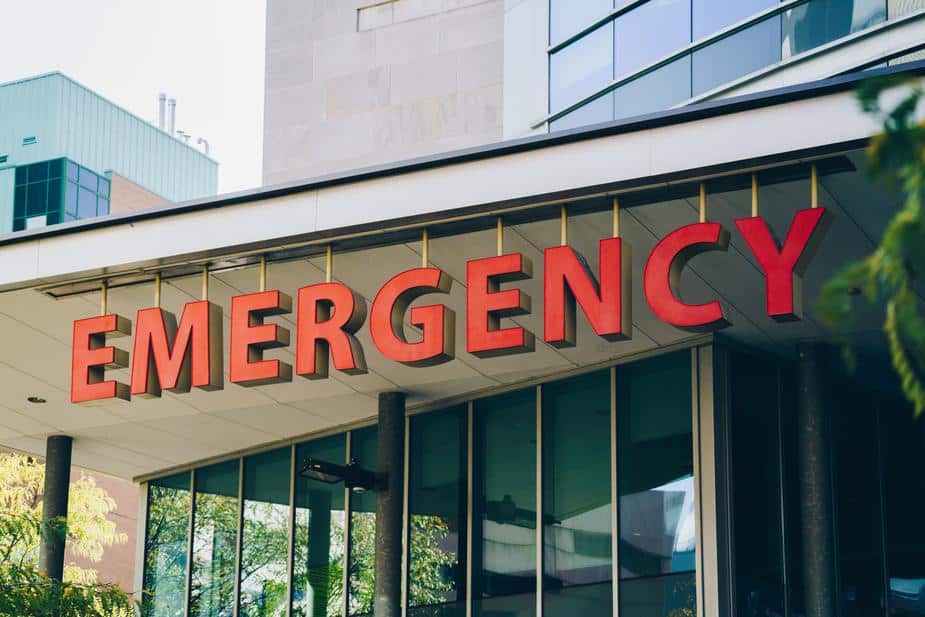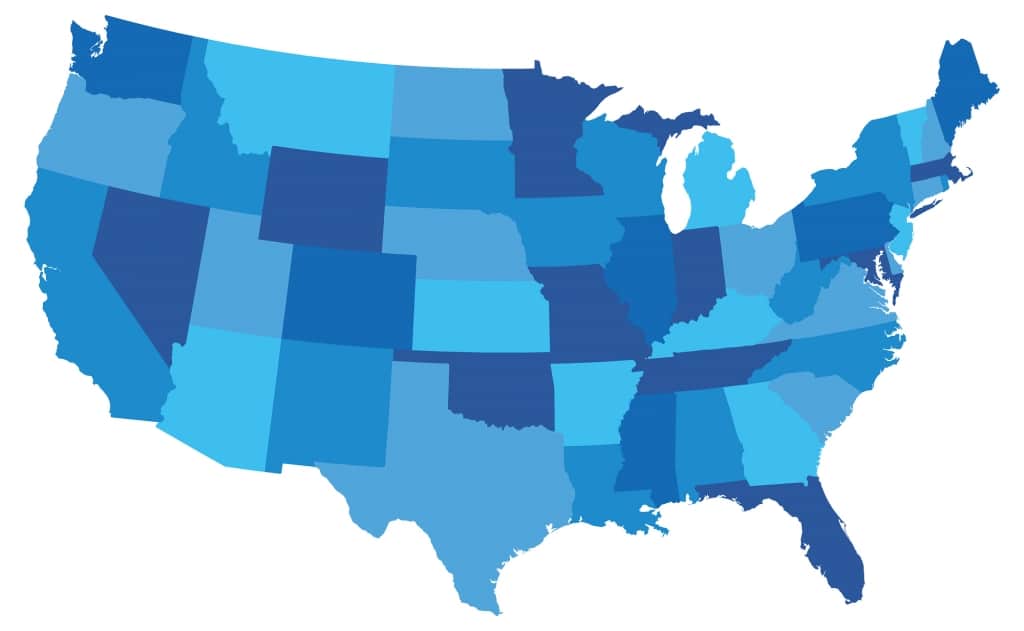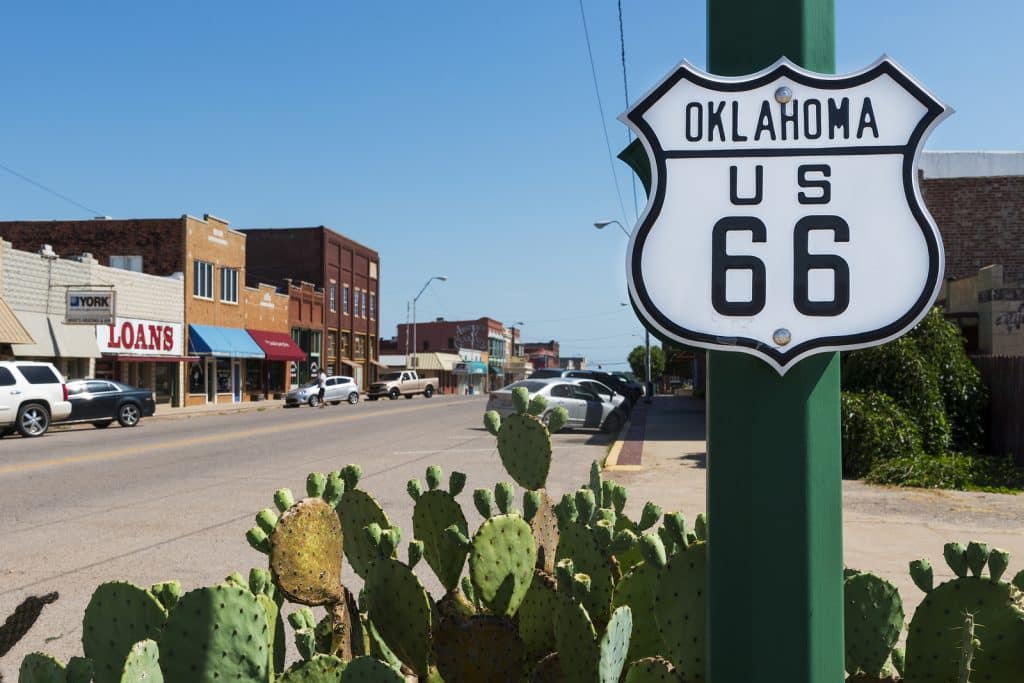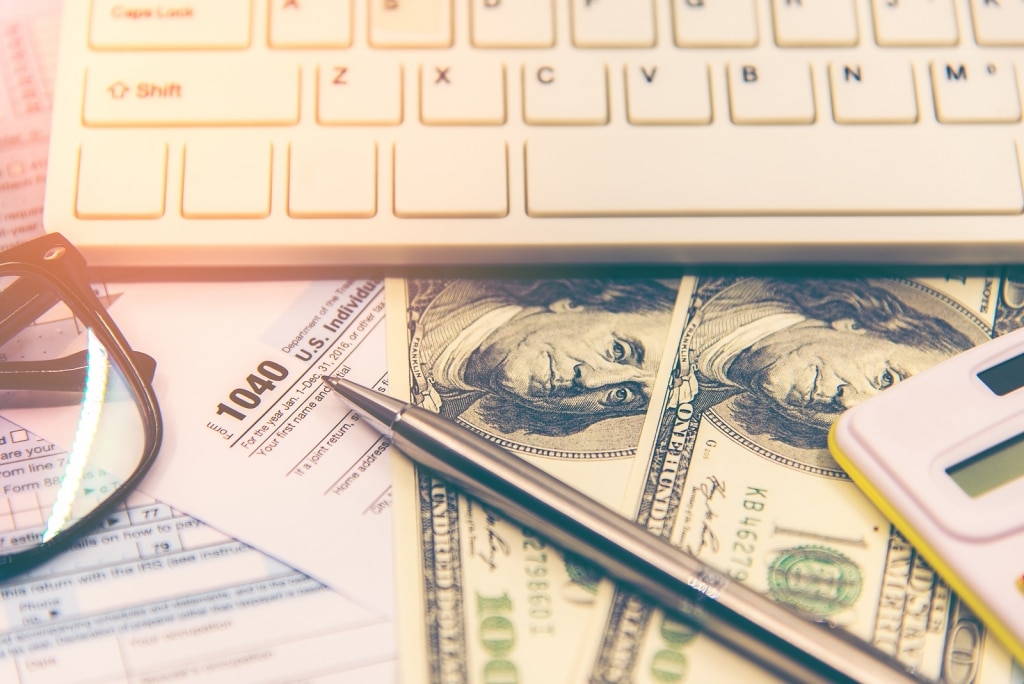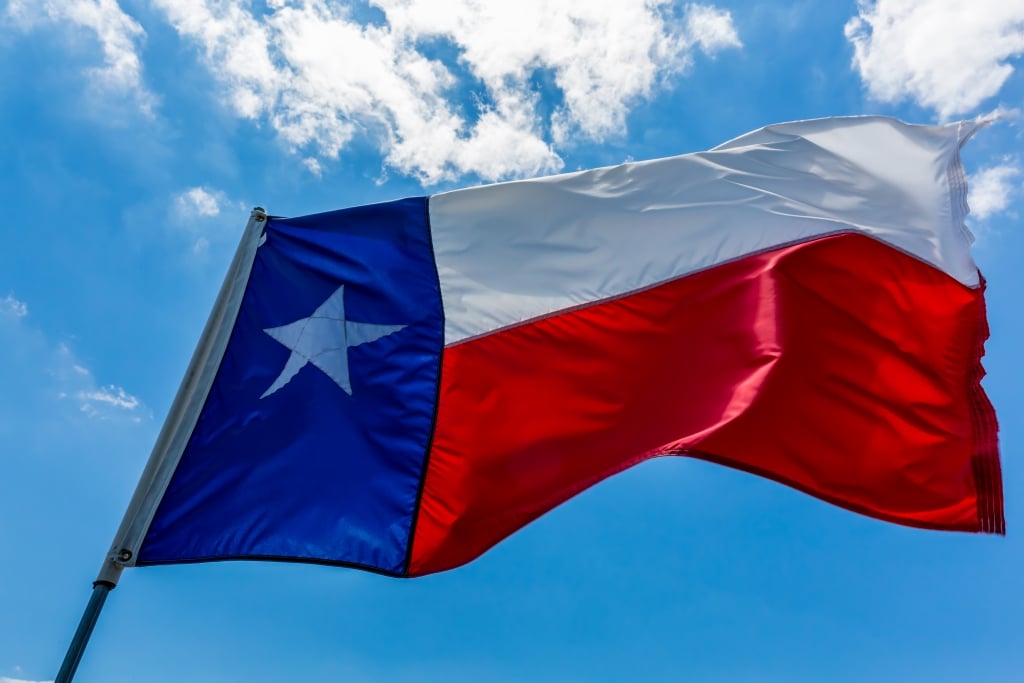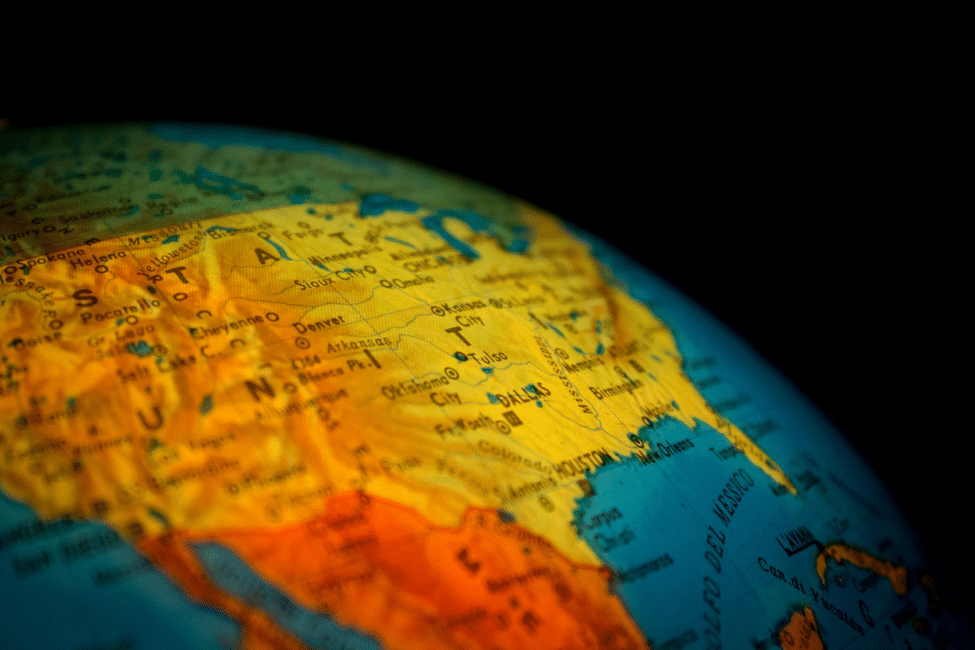Are Travel Healthcare Social Media Groups Too Toxic?
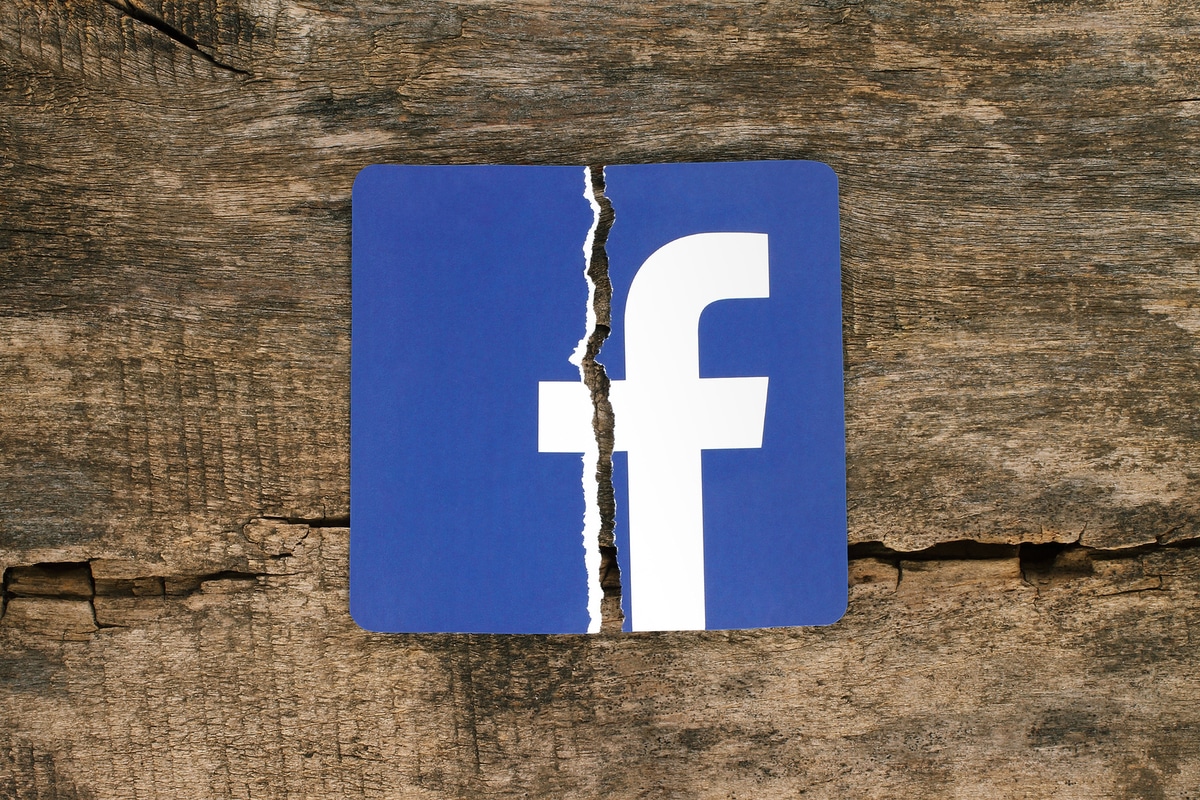
Social media is a pillar of many people’s daily lives in spite of numerous controversies over the years. Currently, 68 percent of adult Americans use some type of social media, and a majority of them use it on a daily basis, according to data from the Pew Research Center.
Daily social media use mirrors the original goal of the platform for many—to help them stay connected with their friends, family and loved ones, and to share their experiences with them.
This is emphasized even further in the travel healthcare community, as travelers have an added incentive to use social media platforms. It not only lets them stay in touch with their friends and family on the road, but it provides a platform to network and share knowledge with a vast number of their travel colleagues on a daily basis.
“I use Facebook the most for sure,” said Kayla Jones, a travel certified surgical technologist. “I would say mostly because of my job. I’m away from my boyfriend and my family and all of that so I use it to keep up with them. I’m part of a couple of different traveler groups obviously, and I’m also part of scrub tech groups so I use it for…keeping up my knowledge for my next assignment.”
Despite these benefits, that same Pew Research Center study found a majority of adults say they would have no problem giving up social media entirely, and many have begun reducing their use of Facebook.
It’s easy to assume the decline in usage is related to the barrage of privacy scandals that have hit Facebook, Twitter and other platforms in recent years, but several travel healthcare professionals have pointed to a different issue entirely.
Toxicity on social media is not a new problem—studies have shown that social media has a negative effect on mental health—but some say it’s an even greater problem in the travel healthcare community, where a combination of career stress, misinformation, and a mixing of generations can cause a perfect storm of angry posts and nasty comments.
“Sometimes it’s too toxic,” Jones said. “I have to close my computer.”
Travel nurse Alex McCoy, who manages both a Facebook page and a social Facebook group for her blog website, Fit Travel Life, has reduced her daily social media use to avoid getting caught up in general travel group discussions, she said.
“People have started to realize how unhealthy parts of social media can be, and this is across the board,” McCoy said. “It’s a time suck and can cause a lot of negativity, so I see more people talking about filtering.”
The Platform: Facebook reigns supreme

Social media use is ubiquitous, but not all of the platforms are equal. Facebook still reigns as the most popular social media platform by a wide margin, despite seeing a decline users last year for the first time since 2008.
For travelers, one major appeal for using Facebook over competing platforms like Instagram, LinkedIn, Twitter or Snapchat is the ability to form groups.
Groups can be created by any Facebook user and provide a public or private space for people to connect through shared interests. Use of groups grew rapidly in 2018, after Facebook changed its algorithm to encourage users to engage more with groups and friends instead of businesses or brands.
Healthcare professionals have their choice of numerous different traveler-oriented groups, which range in size from a few dozen users to tens of thousands of members. The focus points of travel healthcare groups also vary greatly, from catch-all travel nursing discussion forums to hyper-specific premium job boards.
LinkedIn has also offered a Groups function since 2004, but there are noticeably less groups on the platform targeted at or created by travel healthcare professionals.
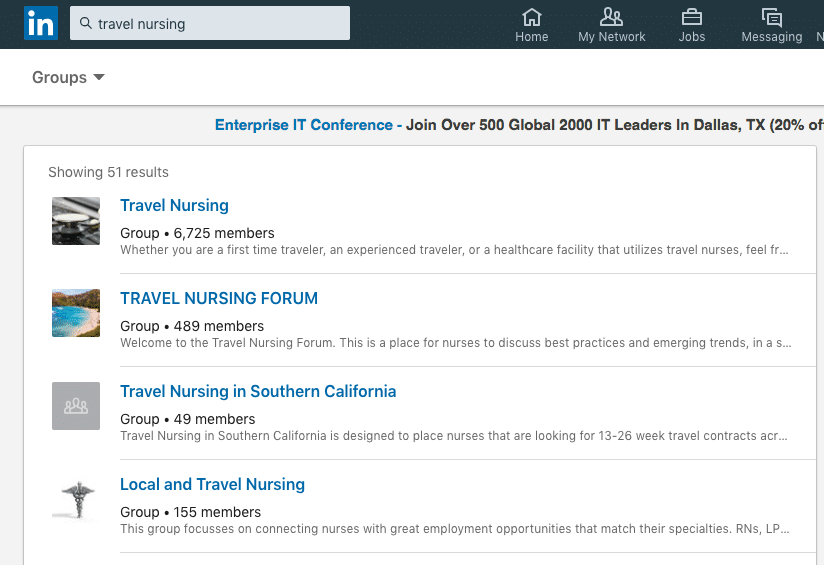
Thomas Piper, a travel nurse and admin for his own group Scrub Squad 1978, said he’s experimenting more with LinkedIn and Instagram but still prefers Facebook because there’s a lower barrier of entry to communicating with others.
“You can connect more,” Piper said. “People don’t have to subscribe to your Instagram, and you can get more information and more messages across that way.”
Alex McCoy prefers Instagram to Facebook because of its focus on photo and video content, but agreed that Facebook offers the best tools to connect directly with others.
“Instagram can be good for connecting but there is just not really the capability of creating communities,” McCoy said. “It can be hard to get ahold of people. I have tried to connect with people on Instagram and they literally just don’t see my messages because we aren’t following each other so that makes it harder to connect unless you are commenting on posts.”
The Problem: Stress, separation and a lack of information
Researchers, bloggers and many others have tried to identify the reasons behind social media toxicity with varying conclusions.
Some have pointed to the growing political discord surrounding the upcoming 2020 presidential election, while others have aimed the blame at the “commoditization” of likes, comments and shares.
Travelers and Facebook group moderators brought up several specific issues that they felt either contribute to the problem of social media toxicity—or make it worse.
Picking a target
Personal attacks aimed at a person, staffing agency, or healthcare facility came up as the most common type of toxic or negative posts in travel healthcare social media groups.
“There are different levels,” said Andrew Craig, a former travel nurse who runs the Traveler Talk Facebook group and website. “The most subtle version of that is simply a sarcastic or condescending comment. We like to think it’s just a comment but in reality, it can affect the other person on the other side of the screen in a physical and emotional way.”
Most agreed heated debates are not a problem. Discussions, even when people don’t agree, can be helpful for the community at-large, Kayla Jones said.
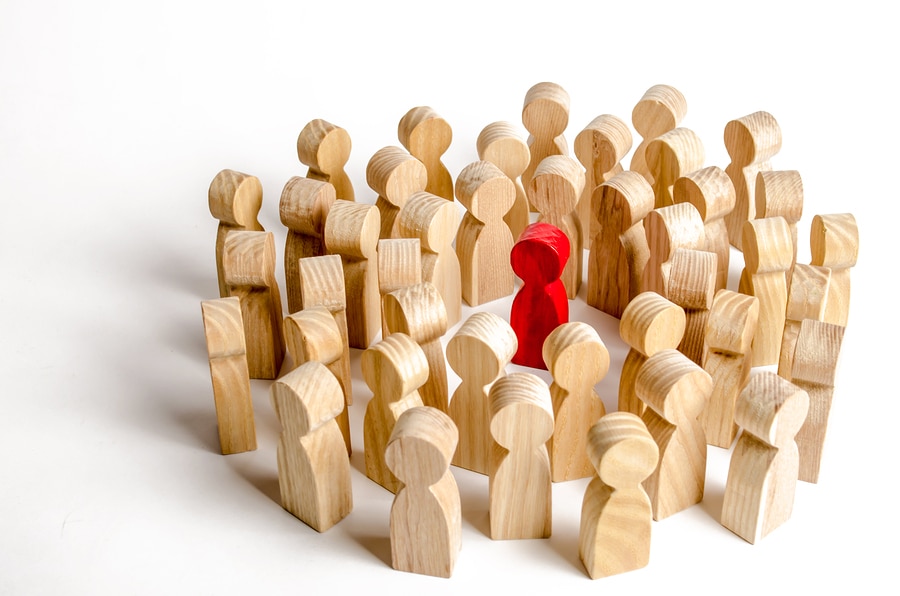
The discussion crosses into toxic territory when it devolves into targeted, angry comments.
“That’s kind of where things on Facebook and social media turn for me is when people start making it more about the person they are talking to rather than the topic they’re talking about,” Jones said. “Sometimes I’ll pop in and say something, but I try not to get involved in those [personal arguments]. At that point, the minute you defend somebody, somebody else will be coming at you next and dragging you down into the mud.”
Several travel healthcare Facebook have taken steps to address or reduce this problem, either by promoting positive posts or by adopting zero-tolerance policies against posts that bash other travelers, recruiters or agencies.
Recruiter or agency bashing is not allowed in Scrub Squad 1978 because Thomas Piper sees that type of post a lot in other Facebook groups, which he doesn’t think is fair to that company, he said.
“A lot of times some people are so quick to complain instead of trying to talk to the appropriate people at that company to resolve that issue,” Piper said. “I feel like the recruiter makes the company, so if you have a bad experience with a recruiter as well, doesn’t mean the company is bad, it just means you may have a bad recruiter. Ask for a different recruiter or switch to a different company—there is no reason for creating a toxic environment because of it.”
“Hello! New traveler here…”
Both McCoy and Jones said they often see negativity focused towards new travelers who are trying to educate themselves or ask questions in Facebook groups.
“I’ve been in those shoes,” Jones said. “I’ve only been out of school for almost four years, so I know what it’s like to be new and to post something on social media and have this older generation of techs come through and stifle all of your dreams and aspirations and positivity that you have for traveling or the industry as a whole.”
Bullying newer generations is a known problem in high-stress professions like healthcare and has also been linked to declines in patient safety and workplace errors.
The difference with traveler groups is some veteran travelers don’t just “eat their young” but treat all new travelers are fair game for negativity, regardless of age or experience in their profession, McCoy said.
“With healthcare in general, one of the things we encourage for people that don’t know what to do or are new to something is to ask questions,” McCoy said. “So for people to get mad at other people for asking questions—especially on a social media platform where you can keep scrolling if it bothers you—that really bothers me because we are supposed to be lifting each other up.”
The stress of travel healthcare
Travel healthcare professionals enter the industry for many reasons. One of the most common is for the chance to experience new sights, sounds and cultures while still working to support themselves on the road.
Traveling has been linked to many positive benefits for both physical and mental health, but it can be a double-edged sword. For people who experience depression, elevated mood swings or who have trouble making plans, the constant change that comes with travel can make things worse.
Add in the complications of constant job hunting, isolation and general exhaustion from working in healthcare, and it can be easy to see why a social media venting session can turn sour, McCoy said.
“I definitely think it’s worse in travel healthcare because people are already isolated and what I see is people using Facebook for the wrong reasons,” McCoy said. “Some travelers don’t have a great support system. They don’t travel with friends, they don’t necessarily have a good relationship with people back home they can call, so they start using Facebook as their personal emotional outlet.
“I think that’s part of the reason why it’s such a big issue in travel healthcare because people don’t have anyone else to talk to. Some of the stuff they might think is venting—but it’s the way things are worded.”
Hospitals often use travelers to address gaps in staffing, which can mean working tough shifts in less-than-stellar locations, compounding the problem, Piper said.
Andrew Craig also agreed that working in travel healthcare can affect the problem, and said some people don’t even realize they are being toxic online when they air their frustrations.
“When you spend so much of yourself emotionally, physically and spiritually at the bedside…you tend to not have any left over for your personal life and none left for social media,” Craig said. “I know that I’ve had to re-evaluate the way I communicate, and I’ve been checked many times. It’s a dangerous game to play when you come to a platform so public with a tired brain and spirit, and then that can affect your ability to communicate effectively.”
When comparing pay goes wrong
Comparing and contrasting proposed pay packages are one of the more common types of posts seen across travel healthcare groups.
These posts can range from simply listing the weekly pay with an associated location, to posting detailed pay package breakdowns that list overtime rates, guaranteed hours, weekly housing stipends and more.
Pay transparency has been a hot-button issue in travel healthcare for decades which often pits travelers and the agencies they work with at odds. That being said, many industry professionals support pay package comparisons and “shopping around” by working with multiple recruiters or agencies to get the best pay possible.
“I don’t subscribe to the idea that people should keep their pay a secret. It’s kind of an outdated thing,” Jones said. “But there’s a fine line with traveling, because what you get paid varies on so many different things.”
The problem with asking about or posting your pay on social media is that readers often only see one side of the story, and that side is typically the traveler’s perspective, Craig said. This can lead to negativity and the spread of misinformation.

“The pay packages comparisons always end up as a negative (interaction) because they always look low, but that’s the problem because we don’t know the whole story,” Craig said. “We don’t know the itemized tax deductions. We don’t know the business expenses of that particular agency. We don’t know the value of the pay package itself for that particular traveler. What we see is the bottom-line net income, which is so, so narrowly focused, that of course it’s going to look light.”
It can also come from a general lack of knowledge when it comes to understanding pay packages, McCoy said.“It’s hard because if you don’t have a mentor or experienced travel nurse you can reach out to directly, there’s not a lot of ways to know if you are getting the best pay package or to understand better ways to go about that (negotiations),” McCoy said.
Travelers who harass others on social media for accepting lower paying contracts can also be confusing or discouraging for new travelers, Jones said.
“I do think there are situations where recruiters are maybe trying to take a little extra, or they are working with a newer person. I think that definitely does happen because there are bad apples in every bunch,” Jones said. “But I think for the most part when you get on a platform like Facebook and you say ‘If you don’t take this much money, you’re a bad person,’ or ‘This agency said I would get this, but this person is offering $500 more so obviously they’re scamming people.’ There are different things going into play more than that.”
The Solution: How can the community improve?
There’s no catch-all solution to eliminating social media toxicity in travel healthcare. At least one issue in particular—targeted attacks at a person instead of a topic—has been a persistent problem in the online traveler community for years.
But some in the community believe there signs the problem is getting smaller, and by taking some proactive steps, travelers can improve the online community to focus more on connections and less on arguments.
Leading by example
When it comes to groups that are doing it right, Traveler Talk is the first one that comes to mind, Jones said, because Andrew Craig takes an active role in engaging members and fostering a positive environment.
“As the owner of that group he gets in there and constantly asks about…what good about your work, or the cities that you are in,” Jones said. “And on another day, he’s all ‘Let’s all just vent about the most ridiculous email.’ He acknowledges that traveling can be super rewarding but that it can also be extremely hard. It’s a very honest and open group, and it’s not just a forum for travelers. He invites recruiters and is constantly saying ‘these people are welcome.’”
It wasn’t always that way for Craig or for the Traveler Talk group, he said. At one time, he was the one responsible for saying too many negative things or posting sarcastic comments.
“Six months ago, or a year ago, I’ve said some things I’m not particularly proud of,” Craig said. “I’d like to think the person I am now is version 2.0 (laughs). So, we have the ability to treat each other better, act better and communicate better—it’s about the effort we put into it.”
Along with Traveler Talk, McCoy said she has noticed more travel healthcare bloggers and influencers online and in Facebook groups that are new pushing the community in a more positive direction.
“There is a good core group—a new wave, I would say—of people in the travel industry really trying to create positive change,” McCoy said. “We’re actually collaborating versus competing with each other.”
Collaboration instead of competition
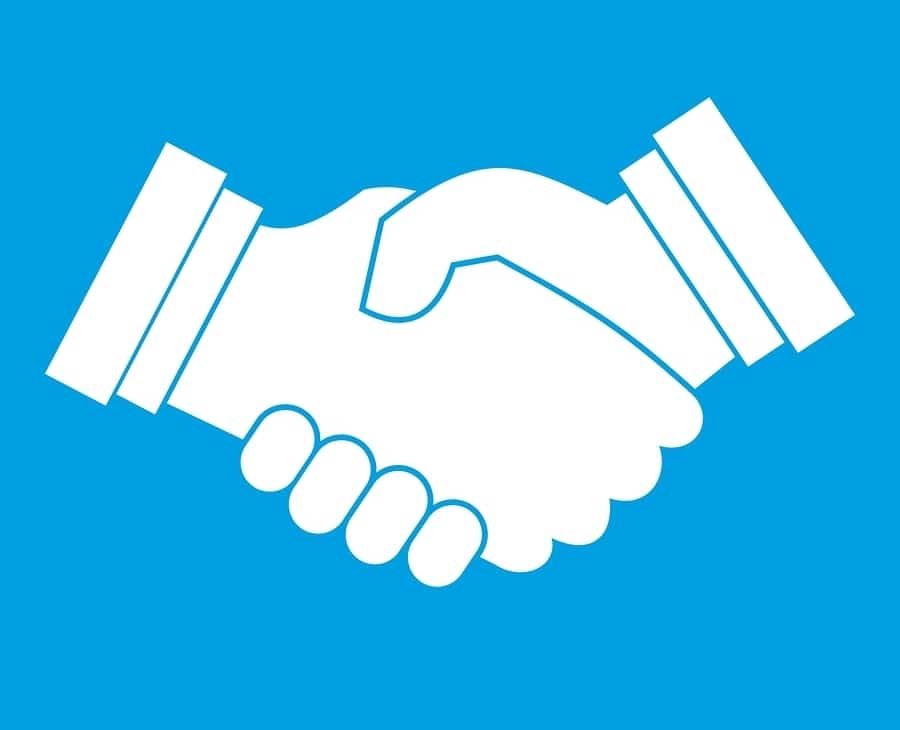
Piper also encourages collaboration in Scrub Squad 1978 by allowing any company that has useful information for travelers to post in his group, as long as it’s not a job or recruitment post.
Craig said he also agrees that collaboration is important, but he puts a stronger emphasis on blocking content he feels is promotional or marketing-focused in nature.
He also feels travelers should be aware that, while these groups can be very helpful, many of them are tied to a business endeavor—including Traveler Talk.
“Traveler Talk is an extraordinarily supportive community, but it’s also a business,” Craig said. “It’s a website, it’s a media company, it provides services to businesses out there. So yes, we should be communicating, but at the same time, we don’t necessarily have to let certain things through because that’s the benefit of having your own community you’ve spent the time and energy to create, and thus, you should be in charge of what you believe should be the right information to let out.”
As a compromise, Craig will occasionally create Facebook posts in the group where anyone is allowed to promote share their business, blog, website, or “side hustle.” By keeping contained to specific threads, it keeps Traveler Talk from becoming a content marketing spam fest, Craig said.
The collaboration Craig wants to see most is more travelers and recruiters embracing the idea that they’re on the same team, he said.
“There is a nationwide shortage of healthcare workers. How are we going to address that? Well, the agency is one solution to that challenge, so it’s not going anywhere,” Craig said. “So, this idea that they (agencies) are there to simply make money off our backs, and they’re out to get us and not there for our best interests is ludicrous…I realized we are all in this for the same mission, which is to take care of patients. Agencies are there to provide for us to work at the bedside, and we’re there to help their business.”
Sidestepping the drama
McCoy’s preferred method for dealing with toxicity on social media is to avoid it entirely. Staying active in groups and conversations that attracted toxic interactions were causing her to lose focus on her professional and personal goals, she said.
“I have removed myself from anything that gives me a negative feeling. I don’t post in groups that I’m worried about getting negative feedback, and I only use the groups that I know the moderators aren’t going to stand for any misinformation or disrespect,” McCoy said.
“The biggest thing was unfollowing so I’m not getting notifications. It’s the social media black hole—you can get sucked in even if you are not meaning to.”
Social media literacy and “etiquette” can play a big part in avoiding these interactions, McCoy said. Knowing when to privately contact someone about an issue, how to avoid taking sides or how to correctly get your point across over text are important skills to learn when dealing with toxicity.
“I think if people will stop using it as a way to attack each other and use it as a way to inform each other instead and to have good, dynamic discussion, then as a whole the traveling medical professional community can become tenfold stronger,” Kayla Jones said.

